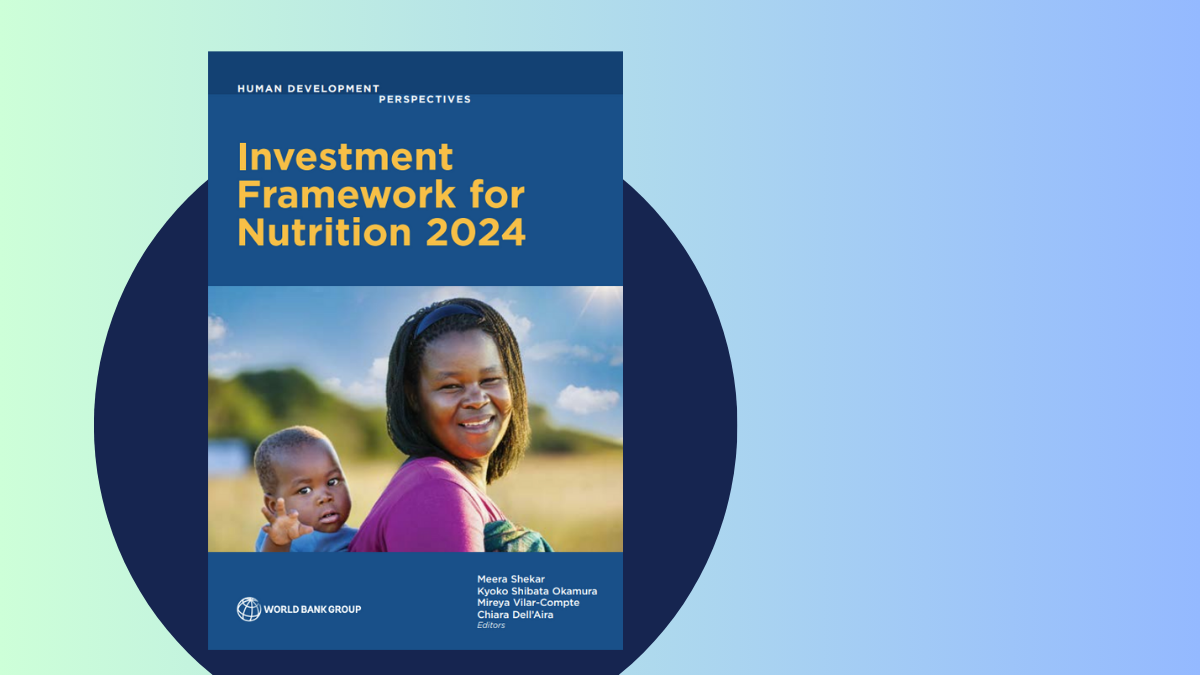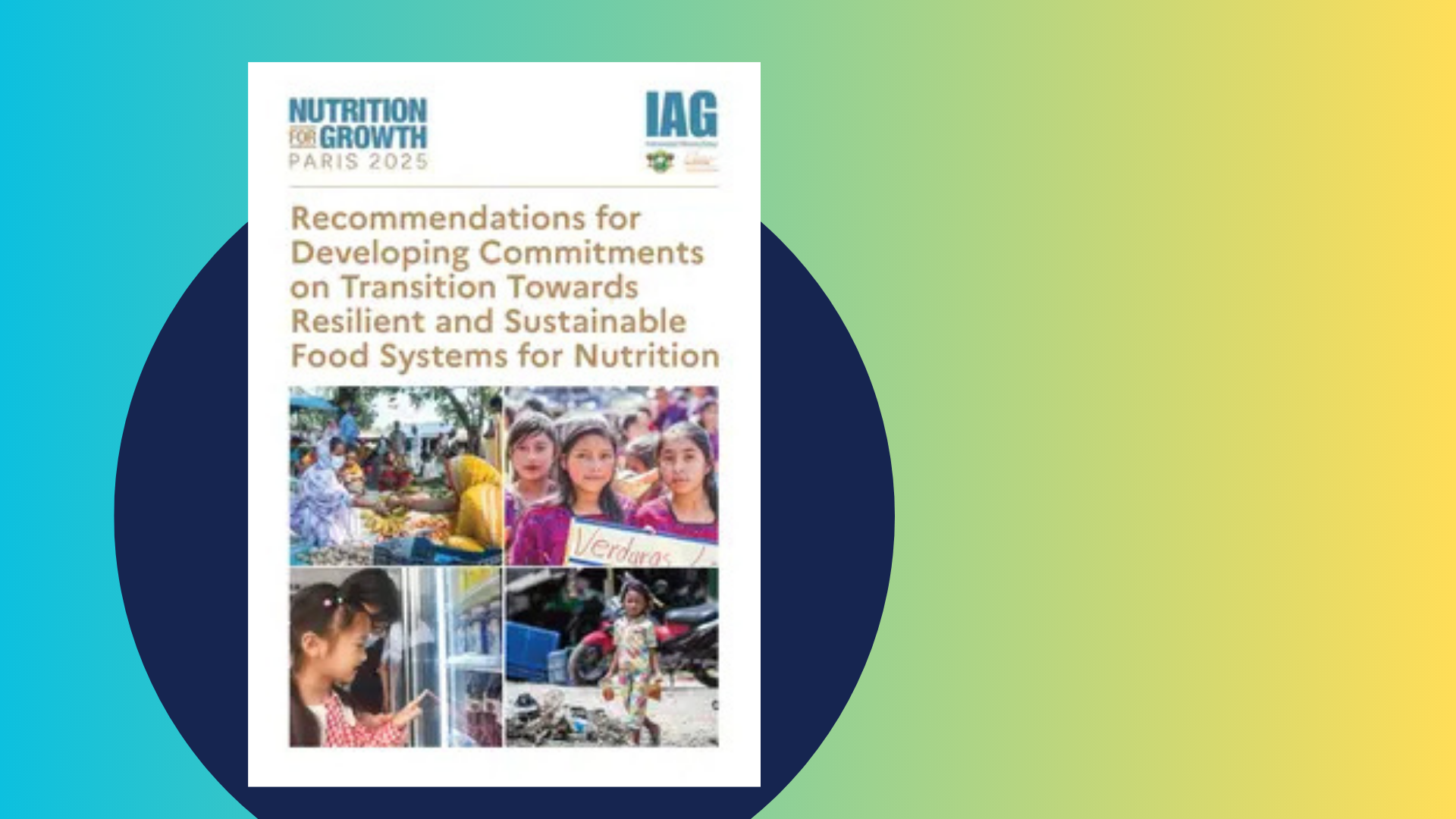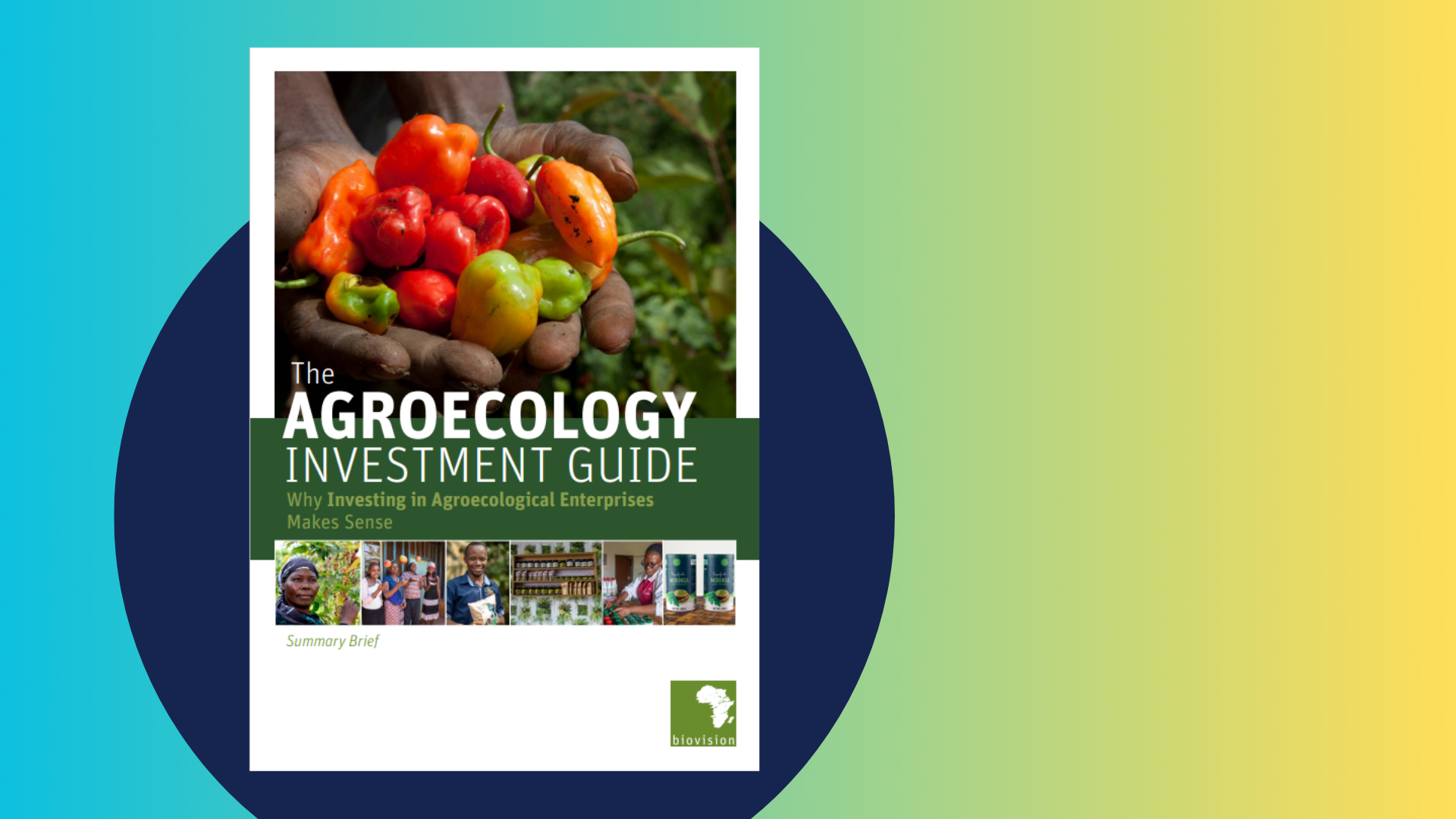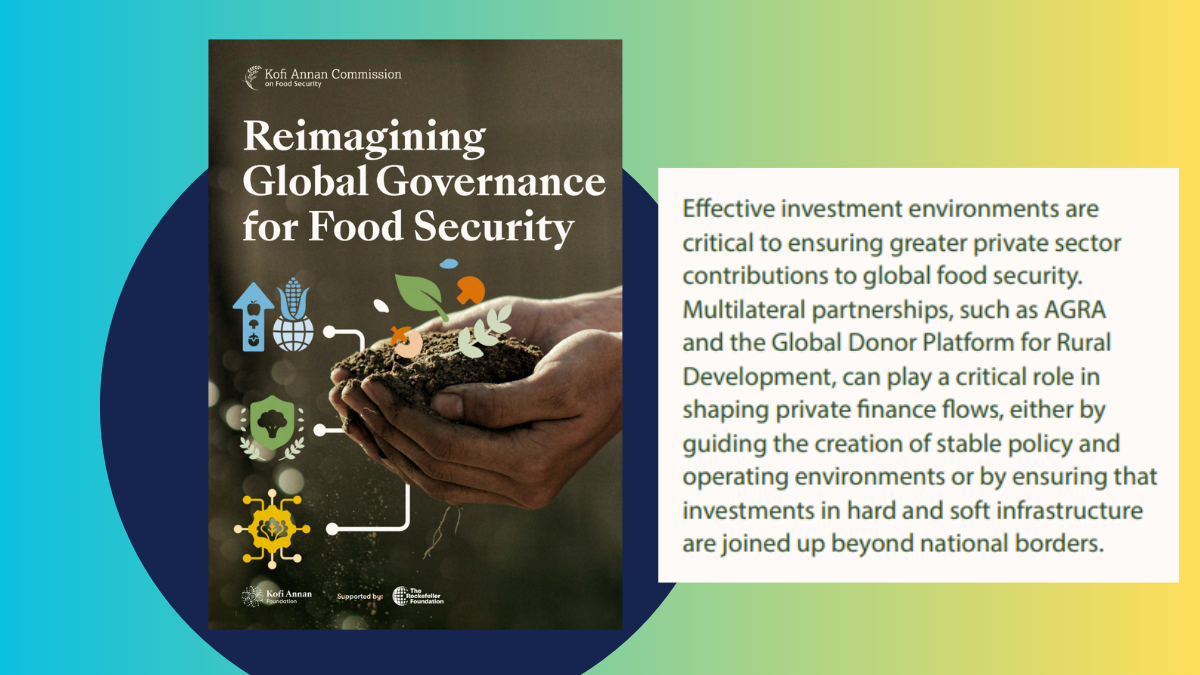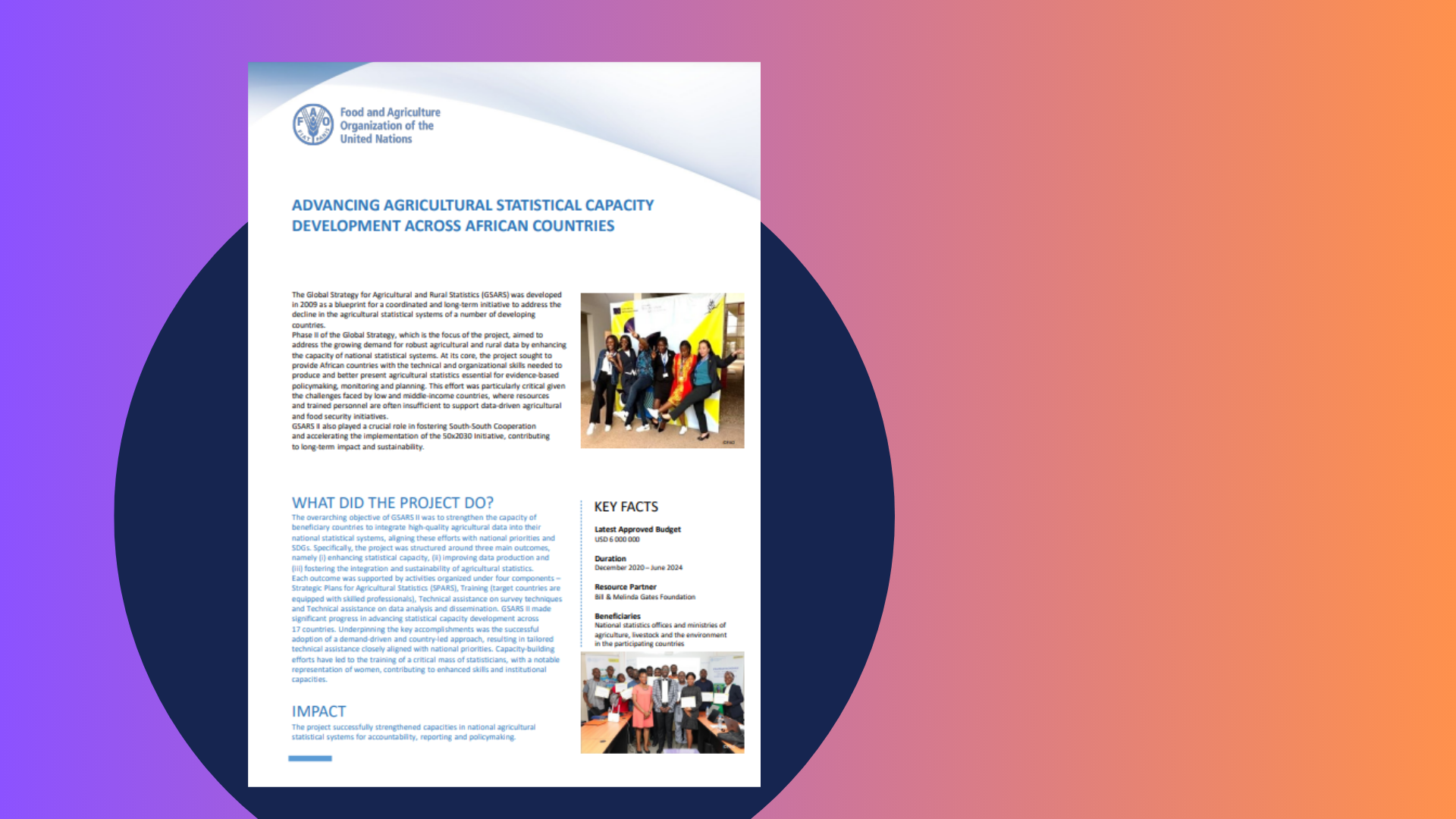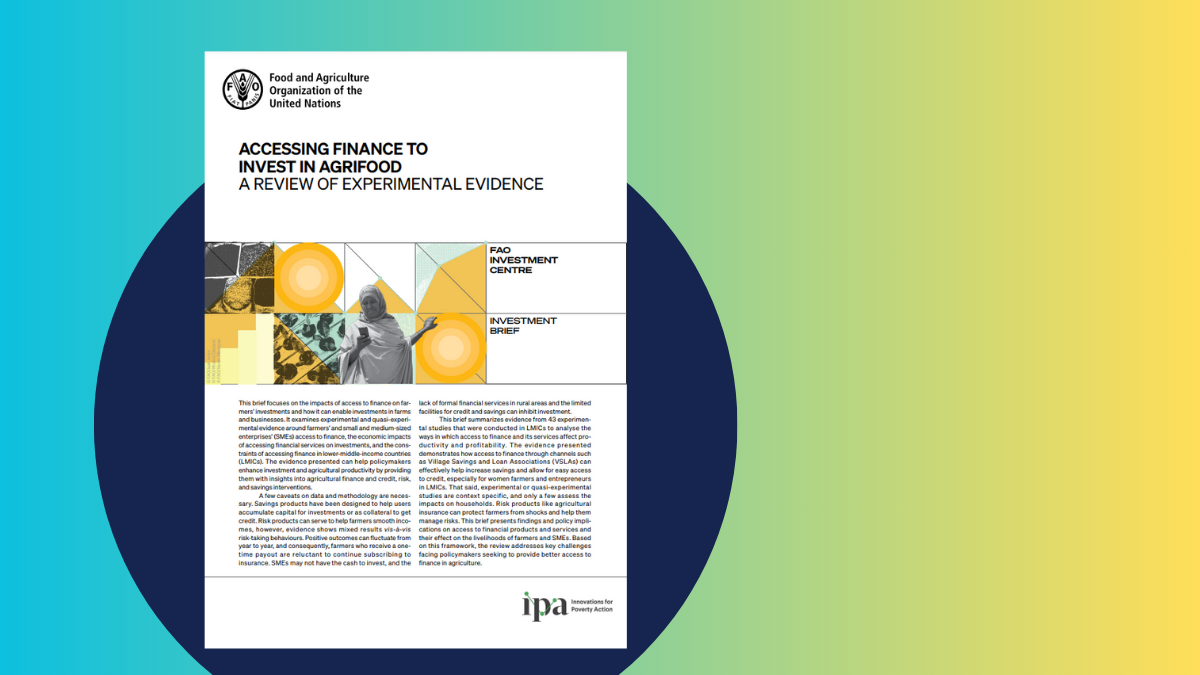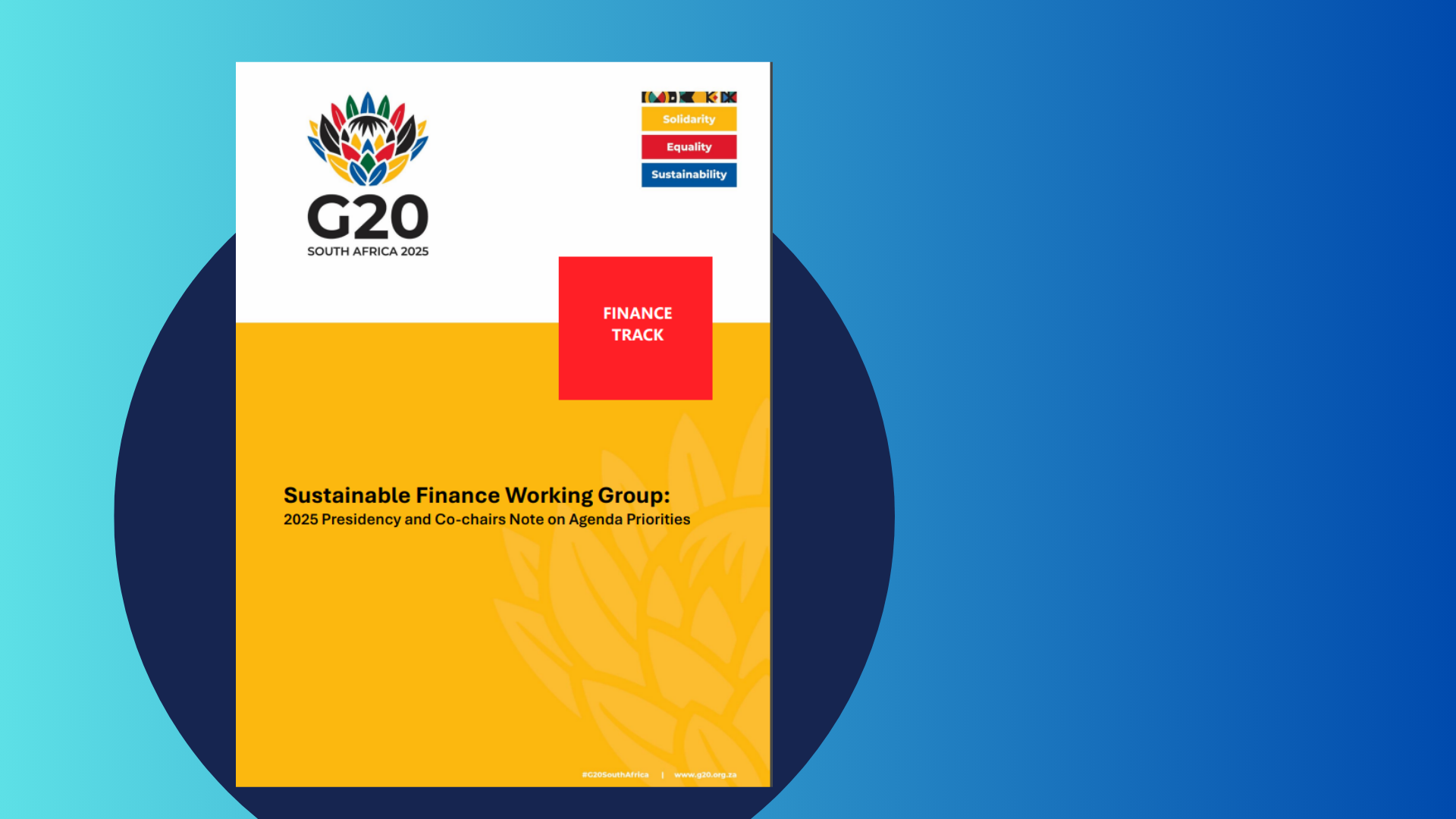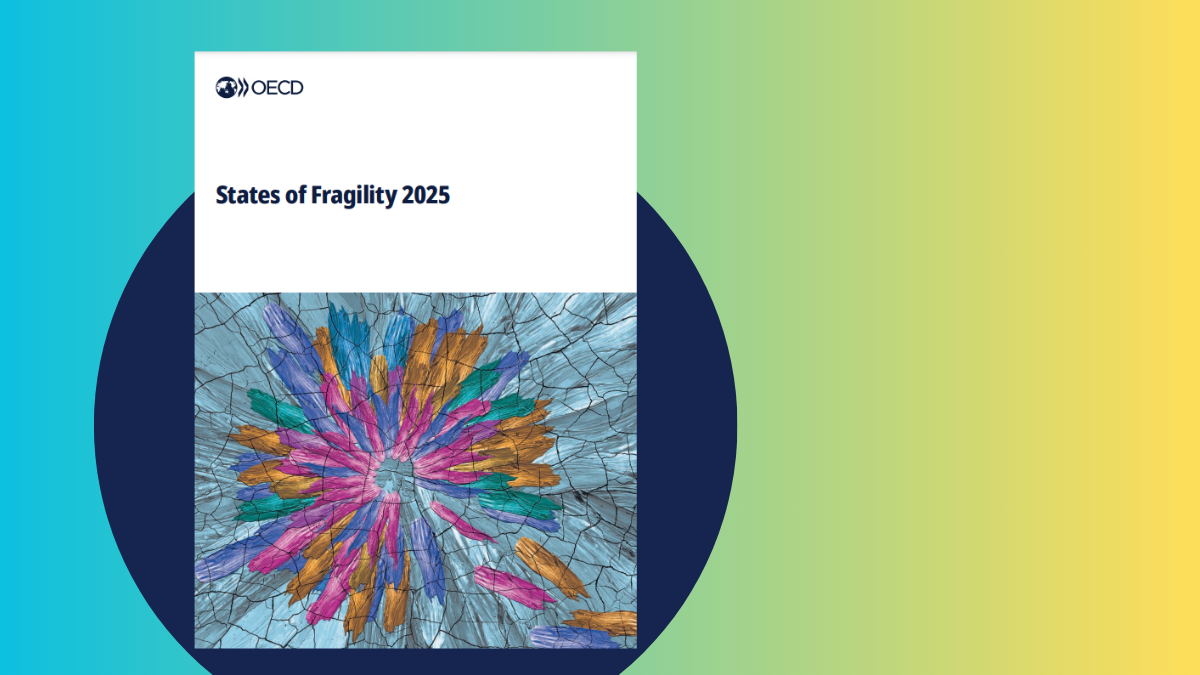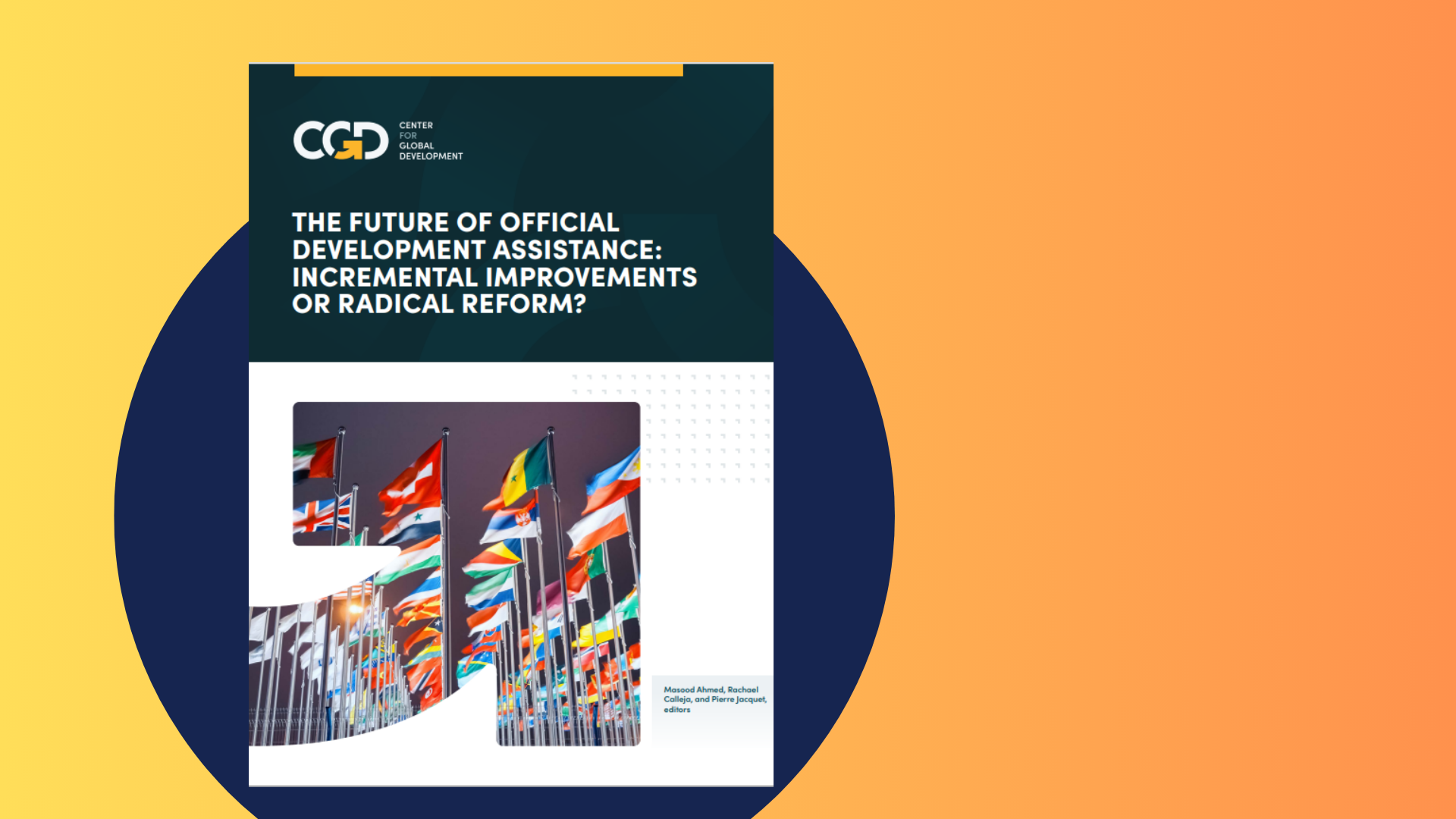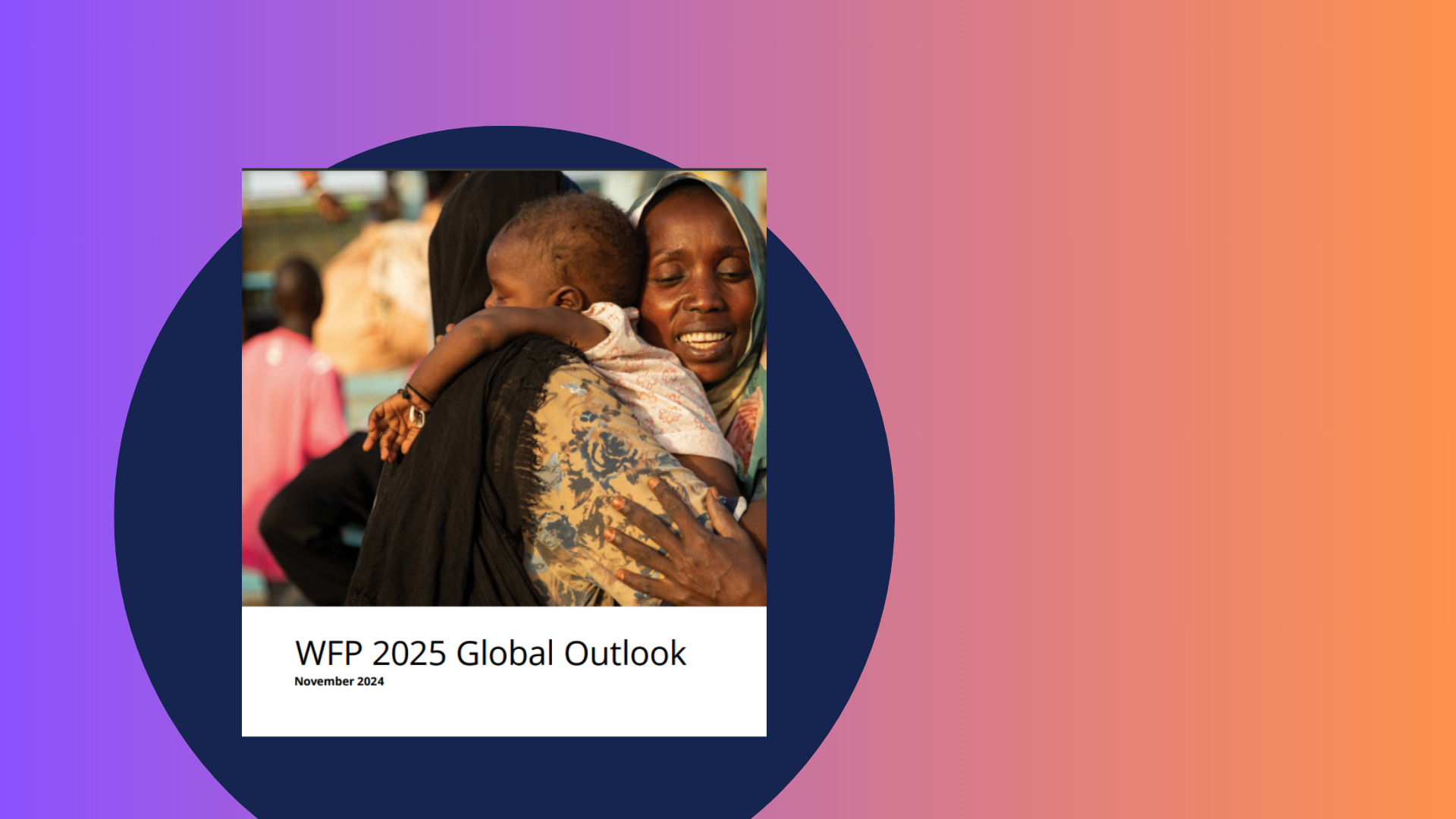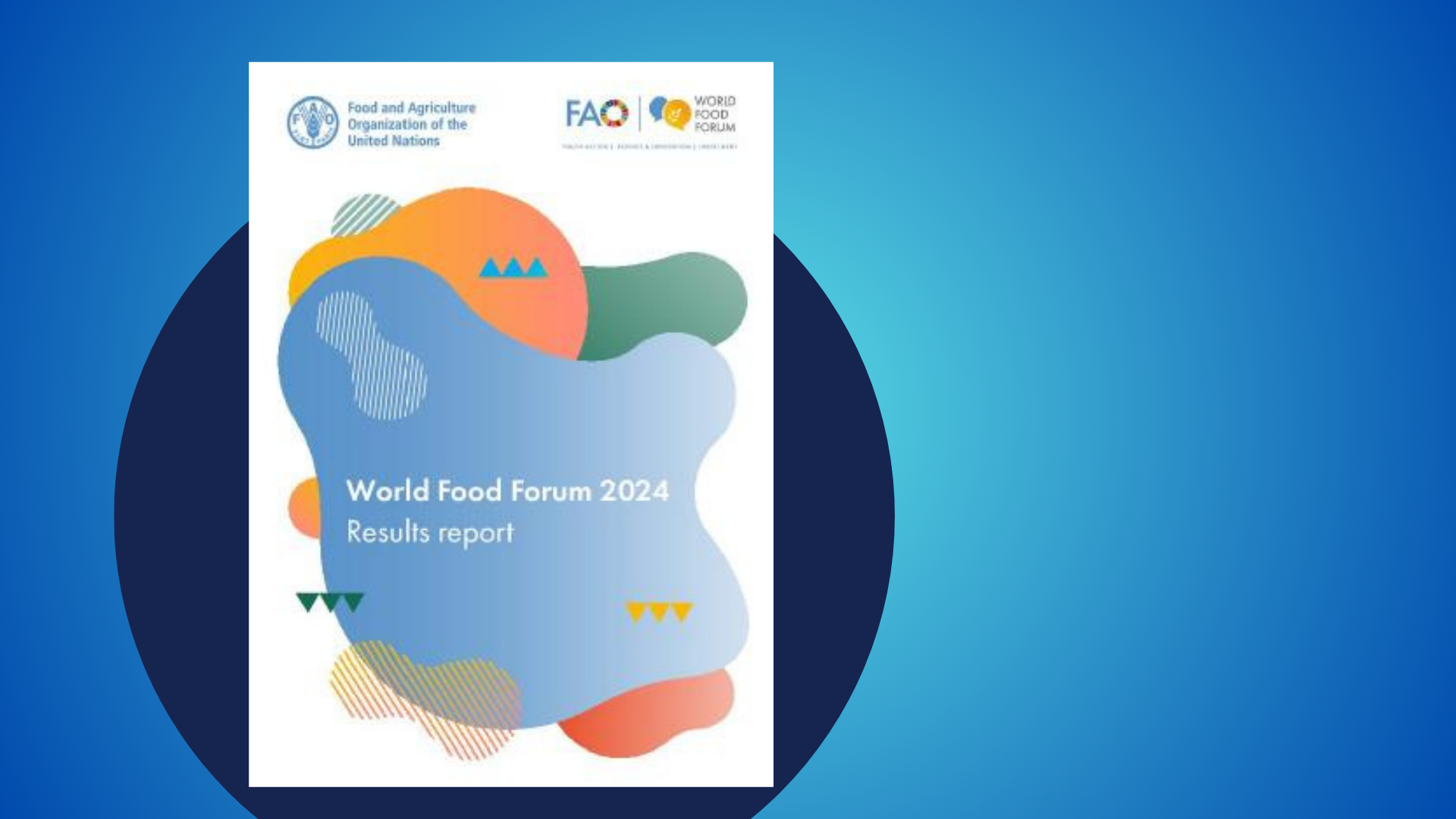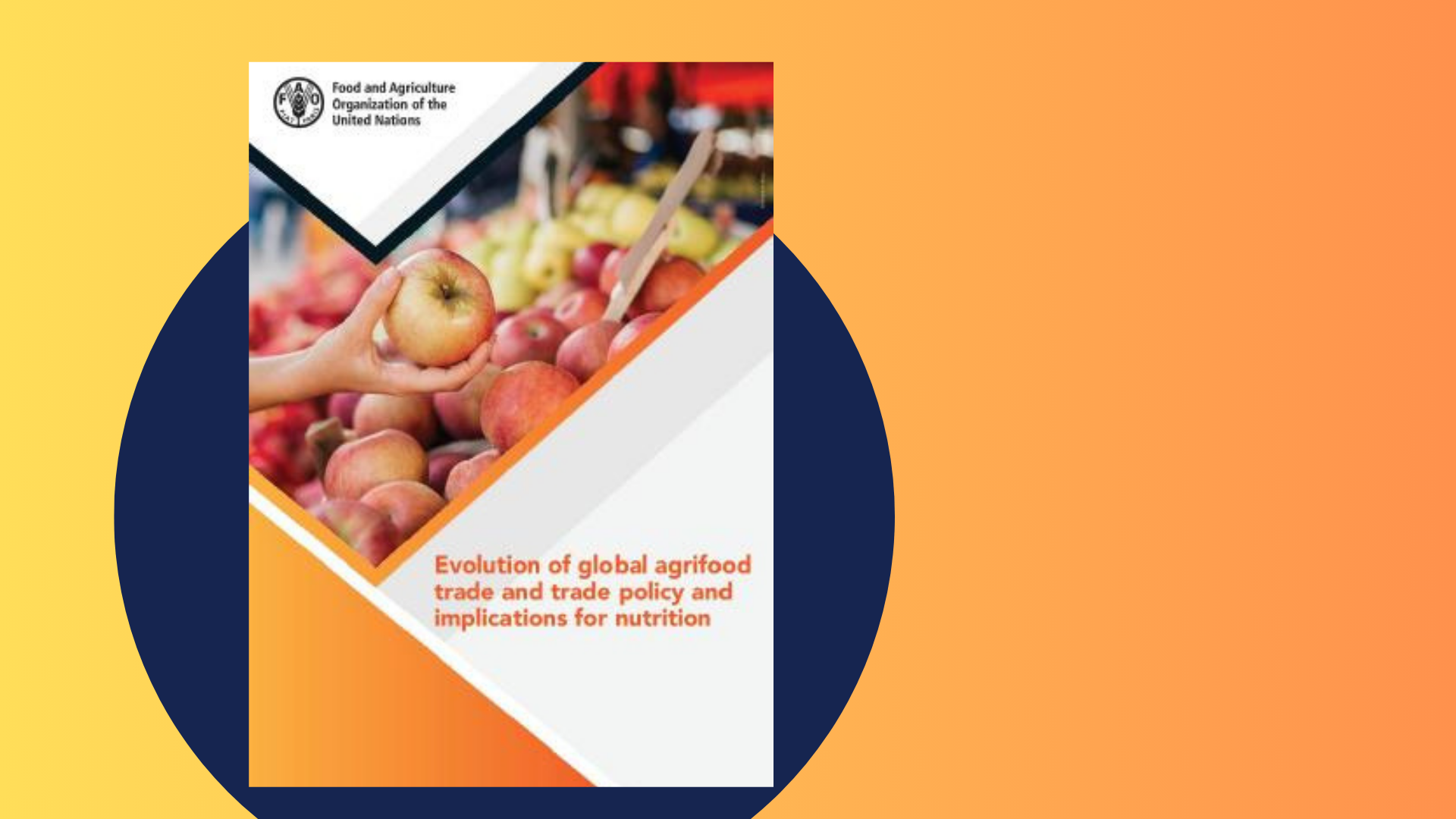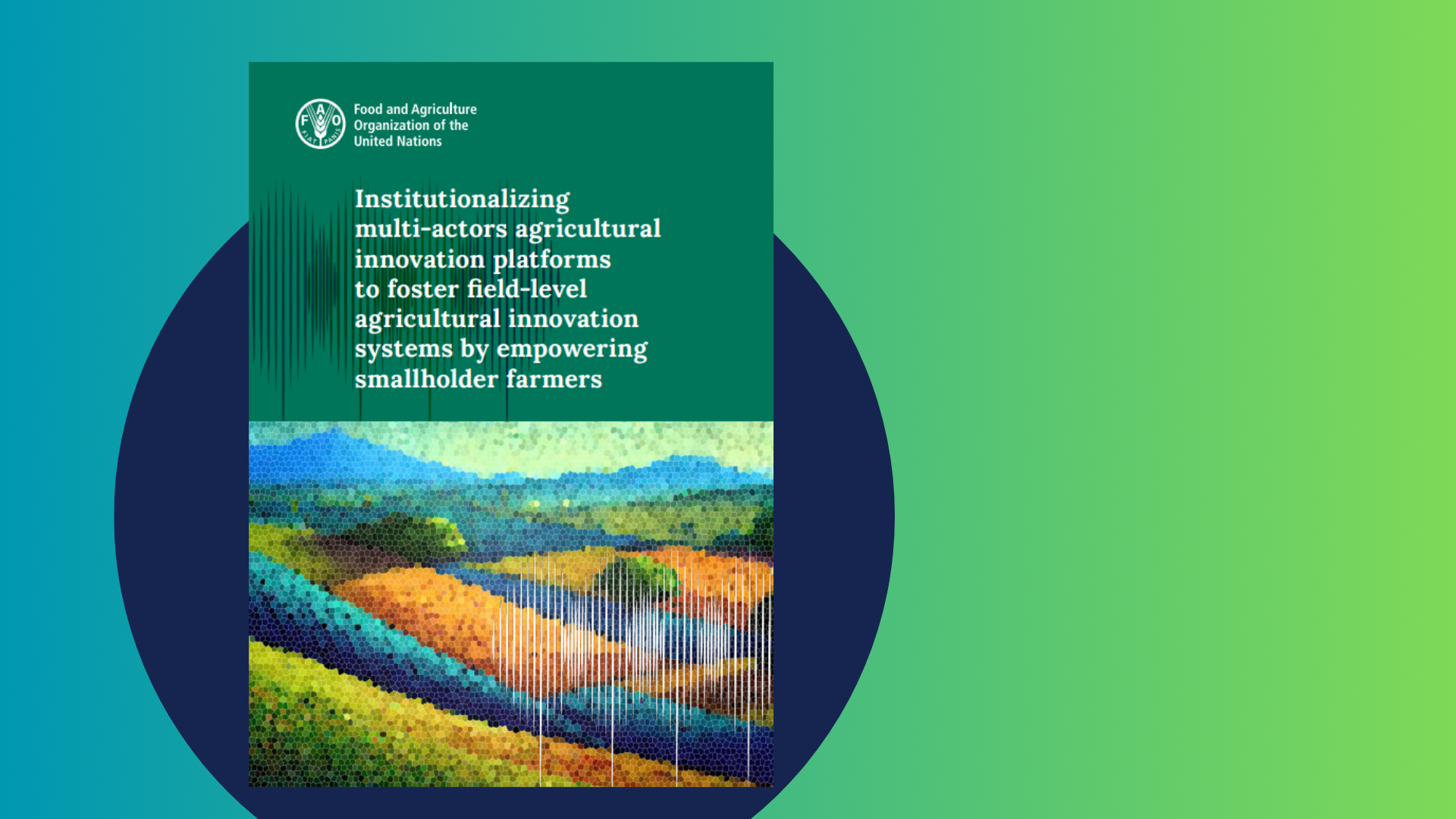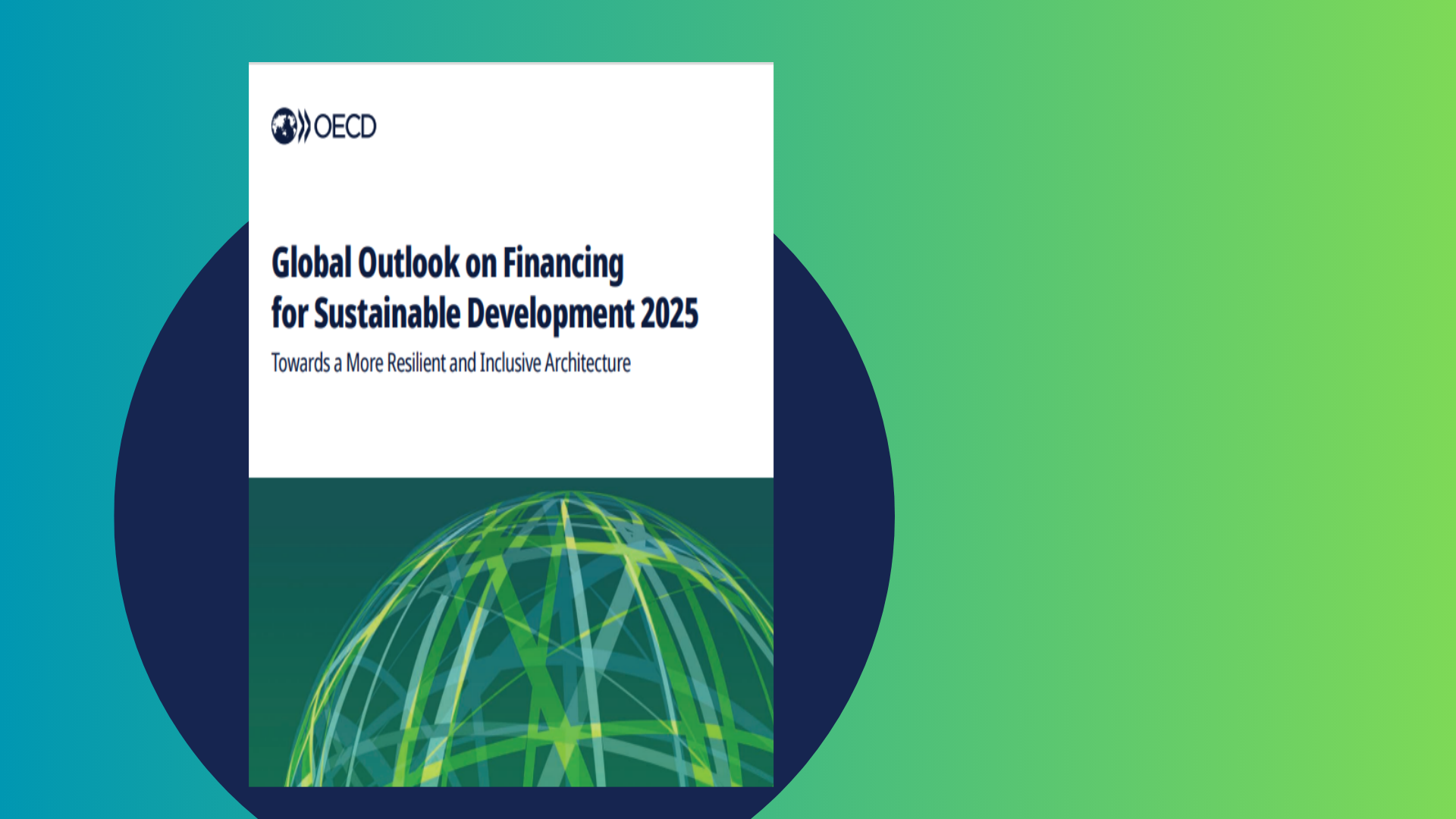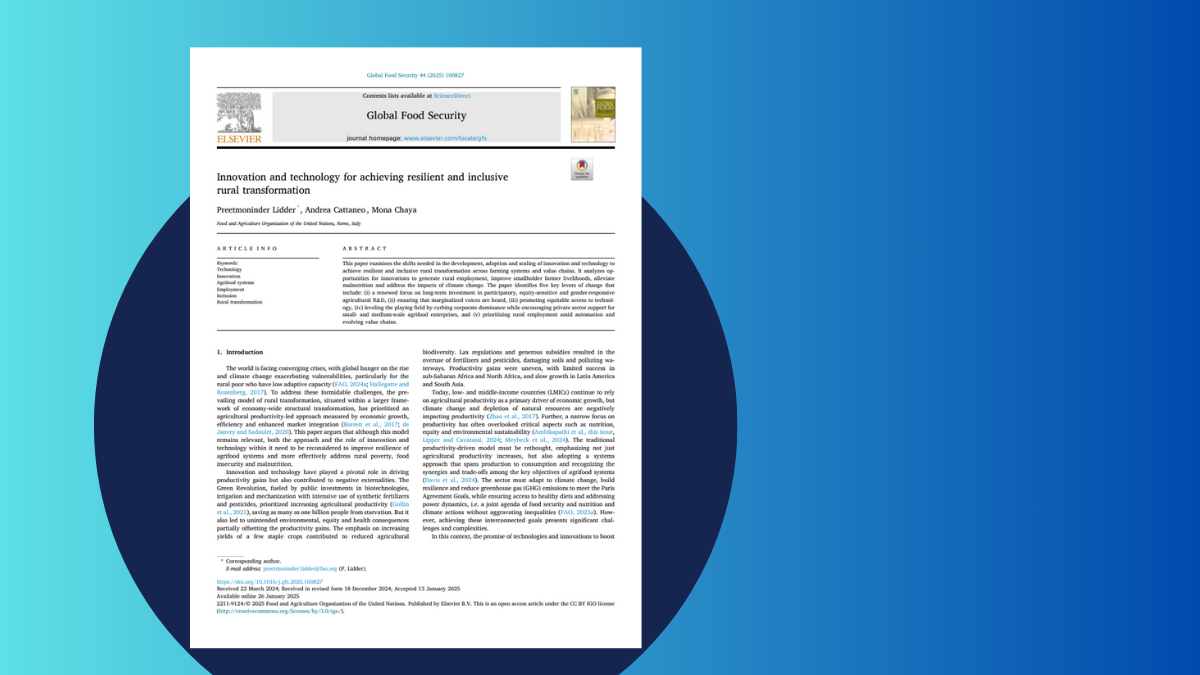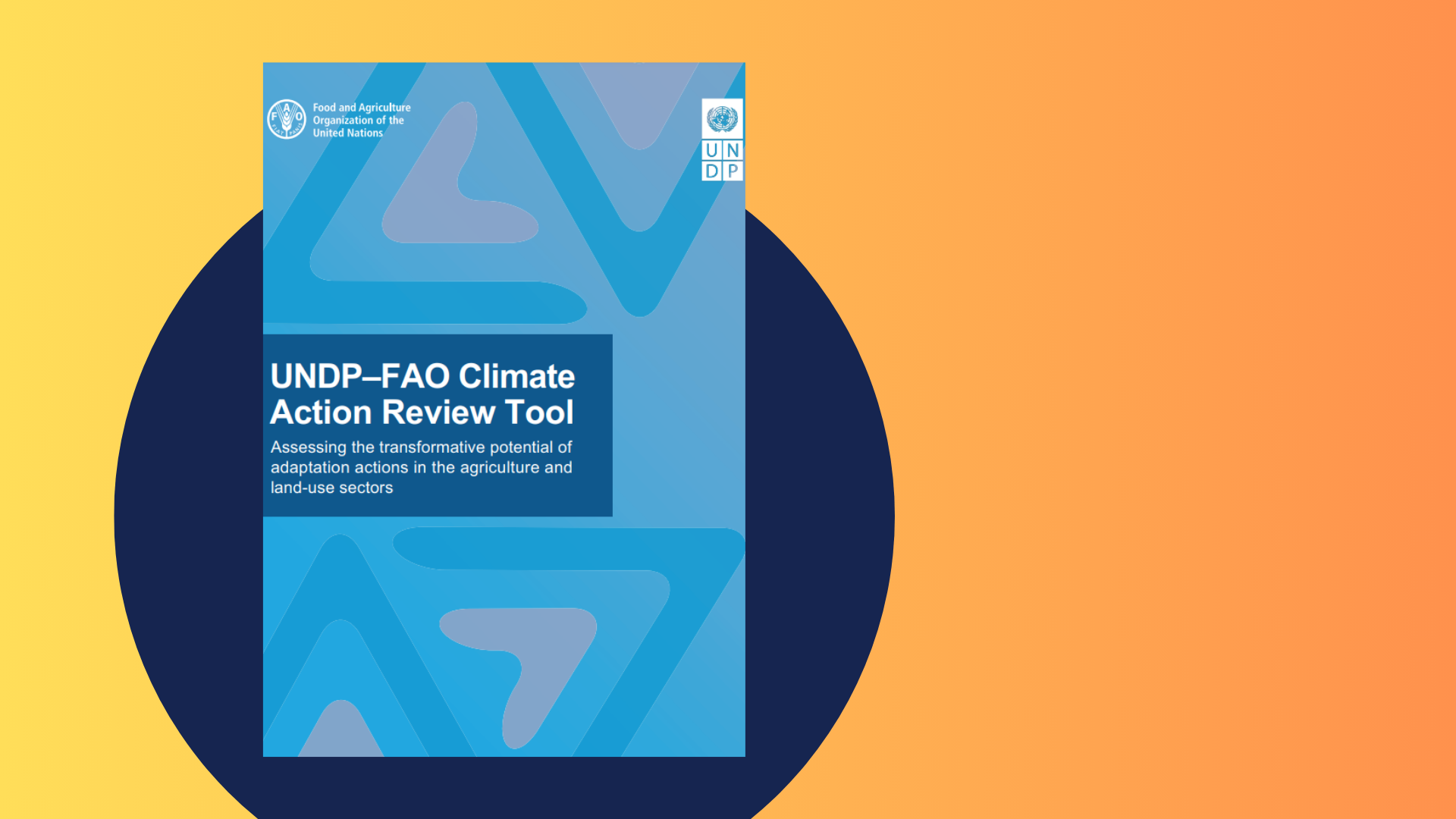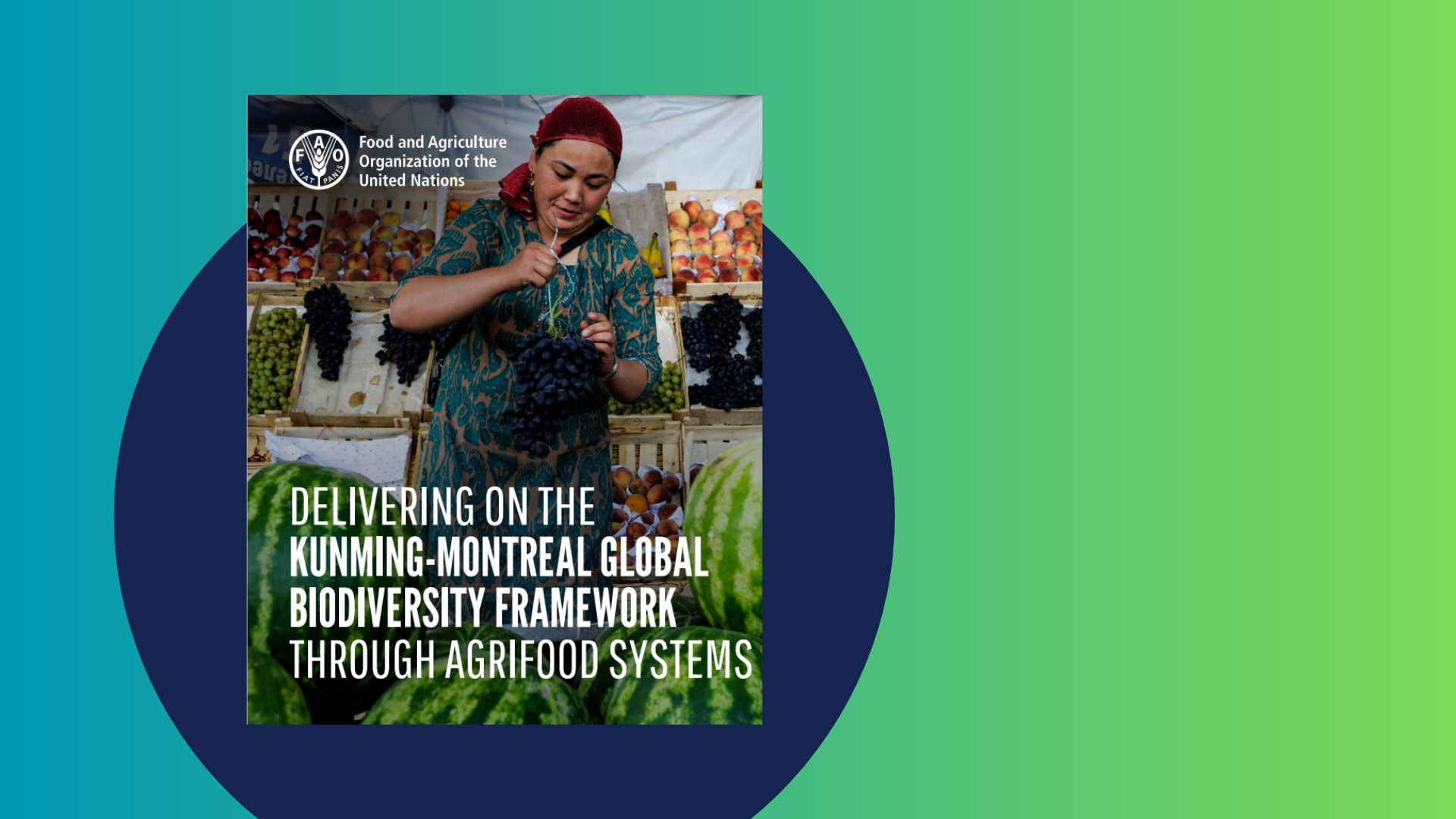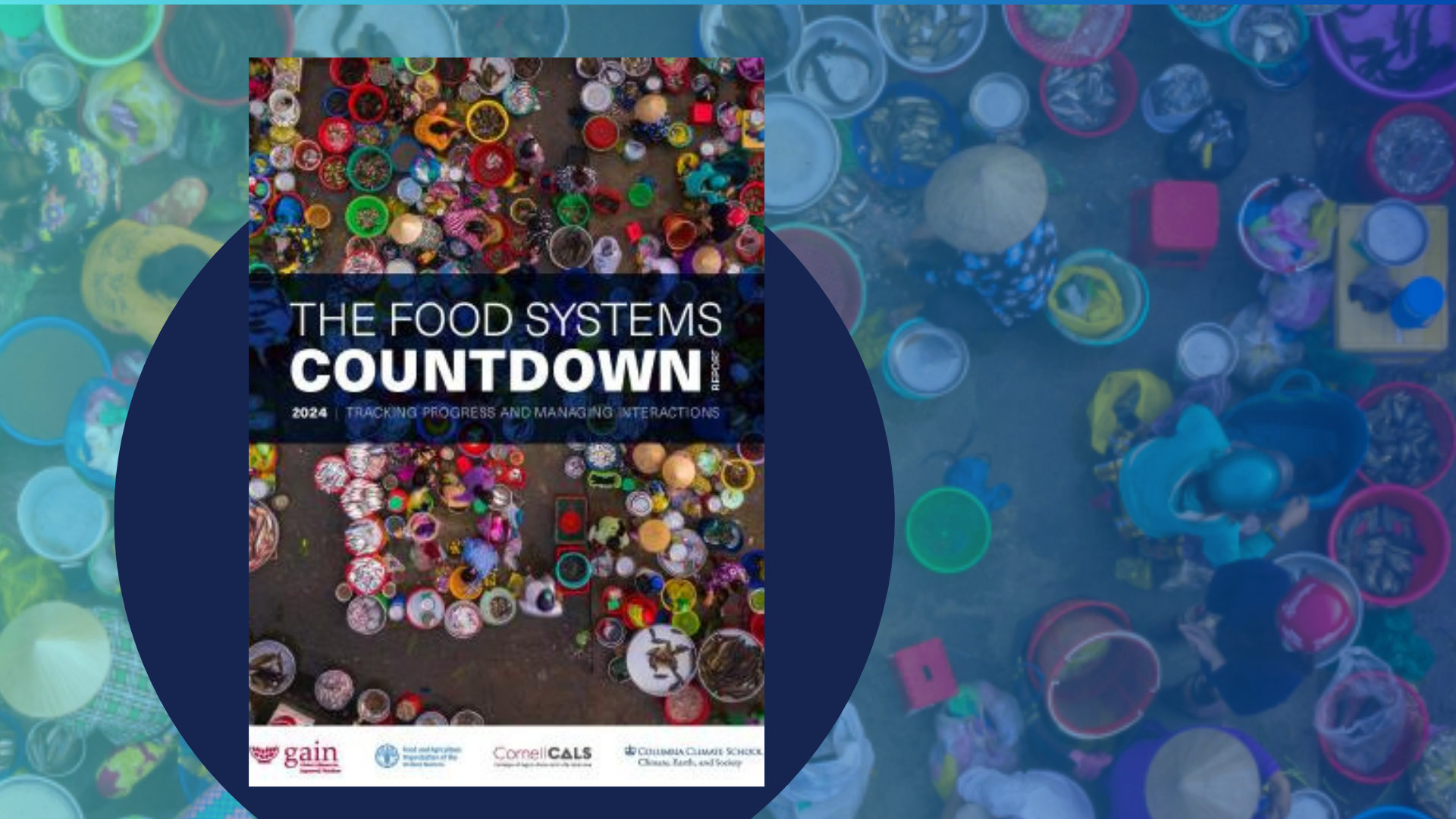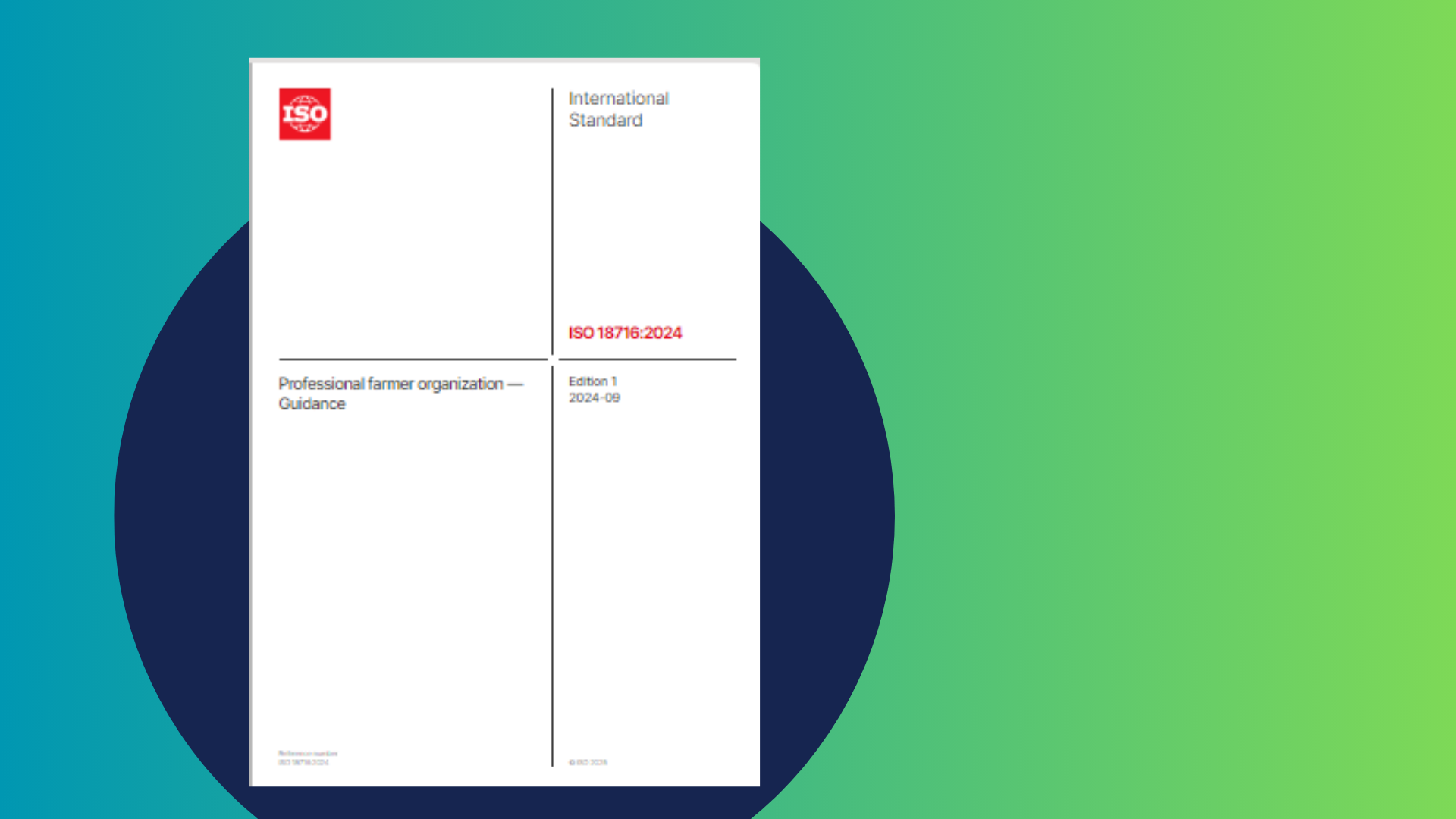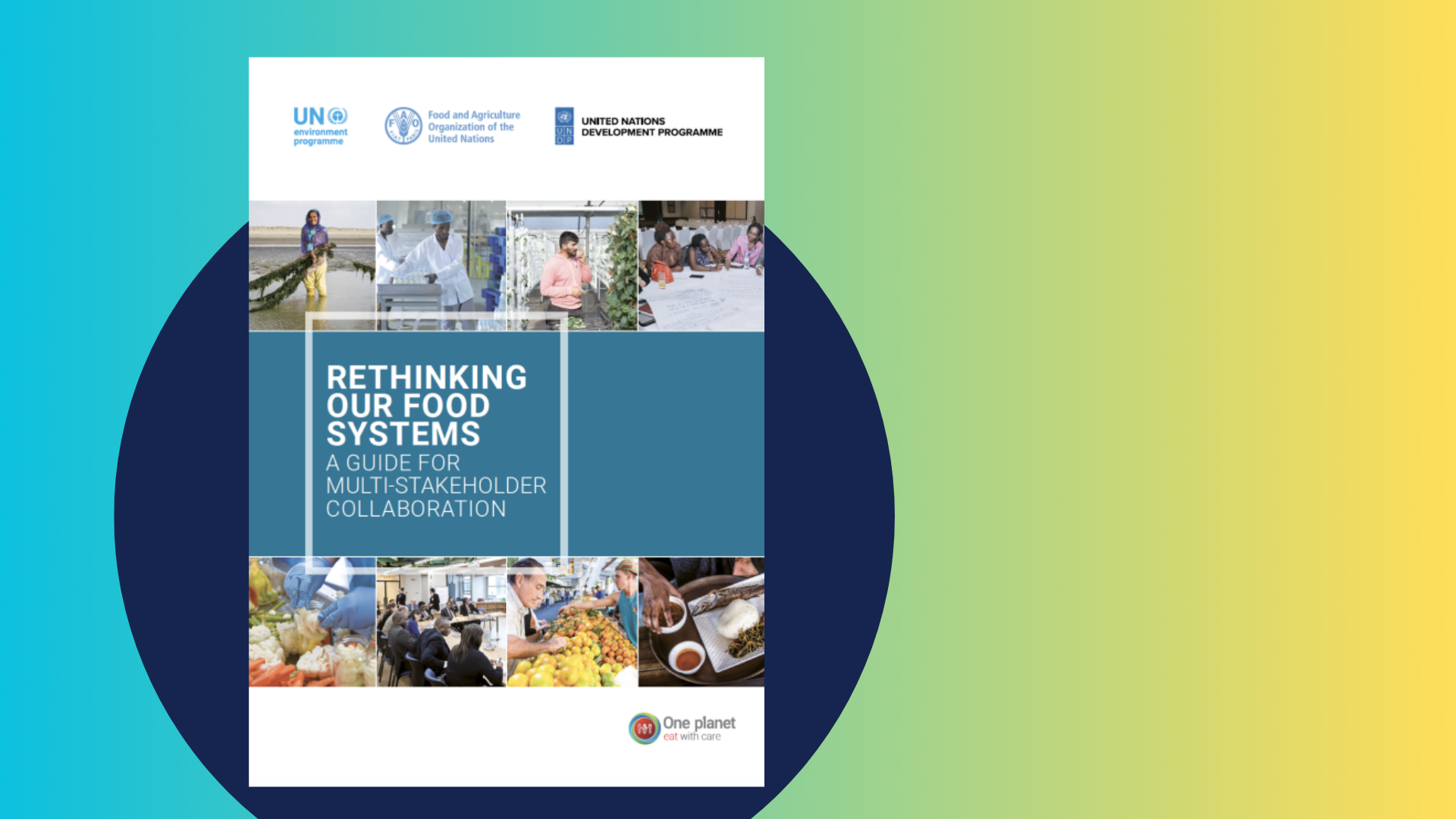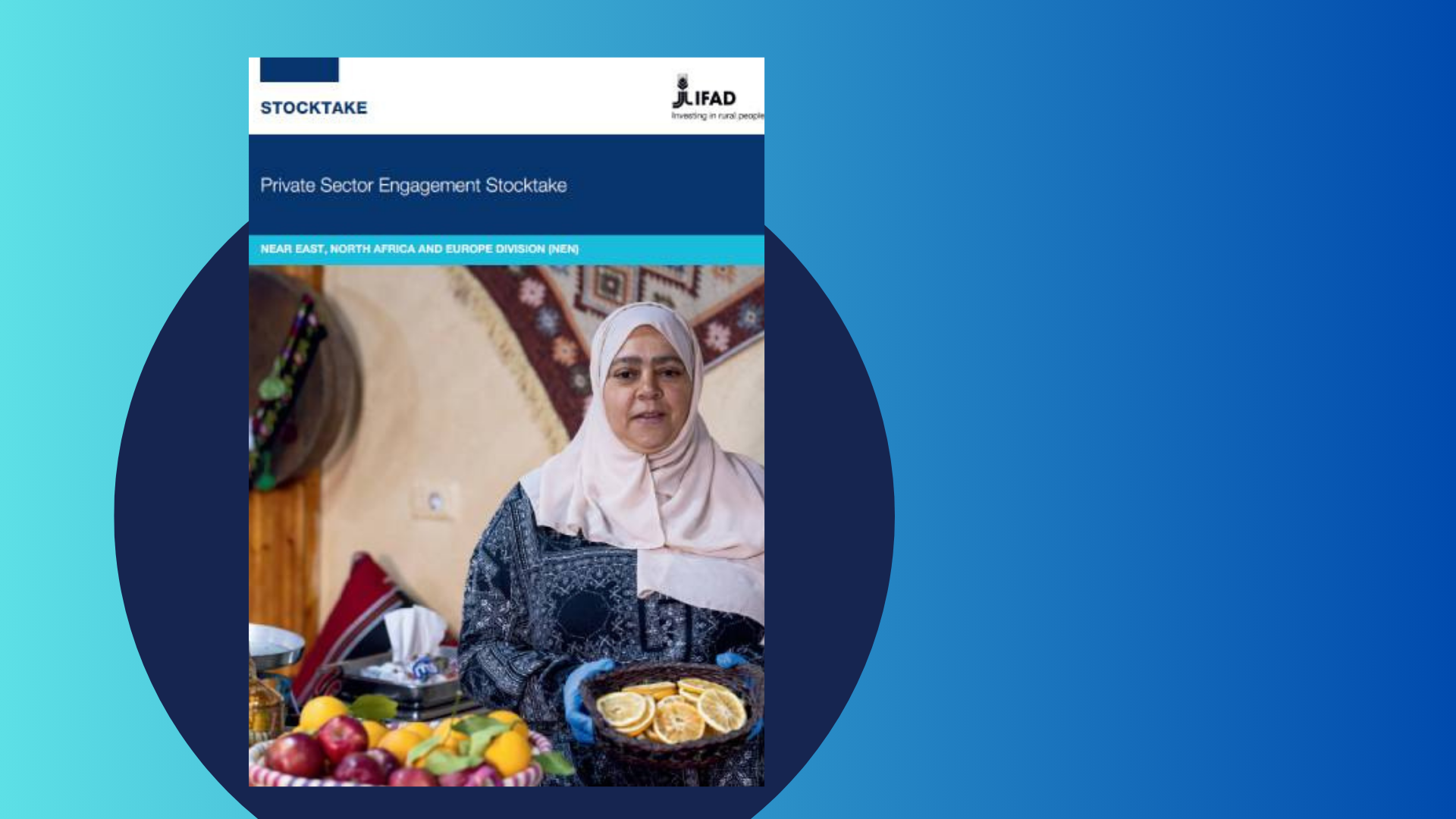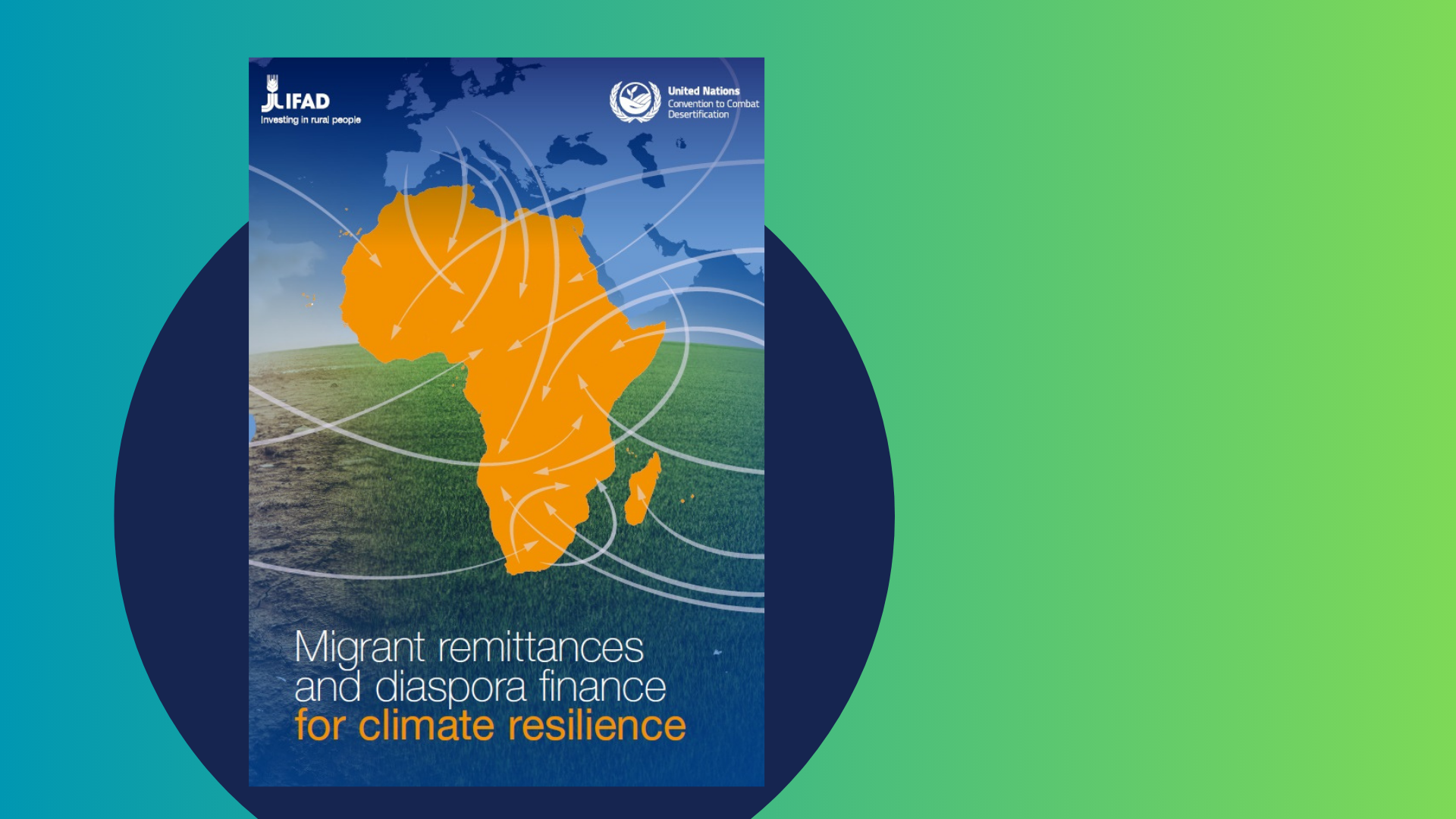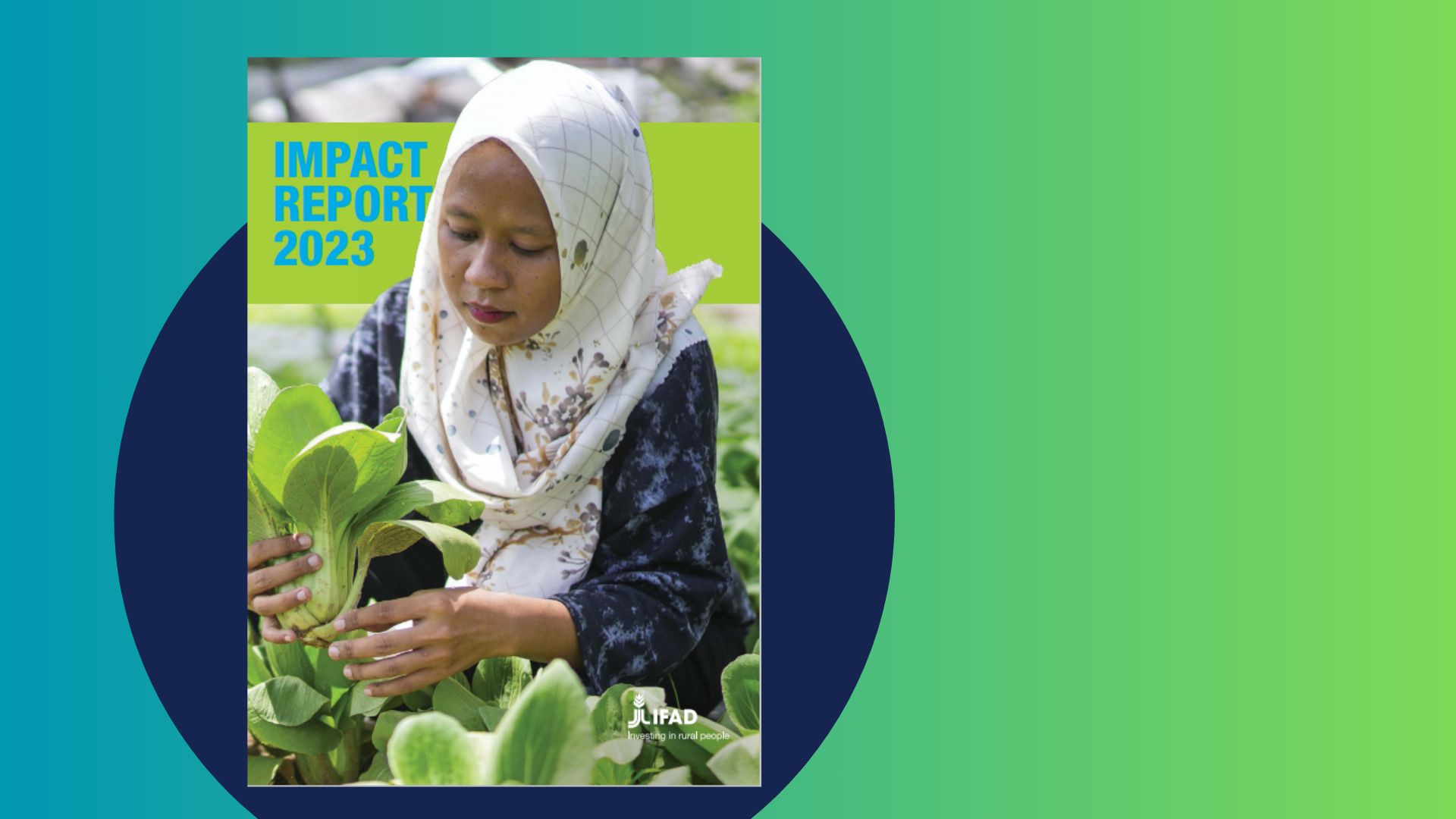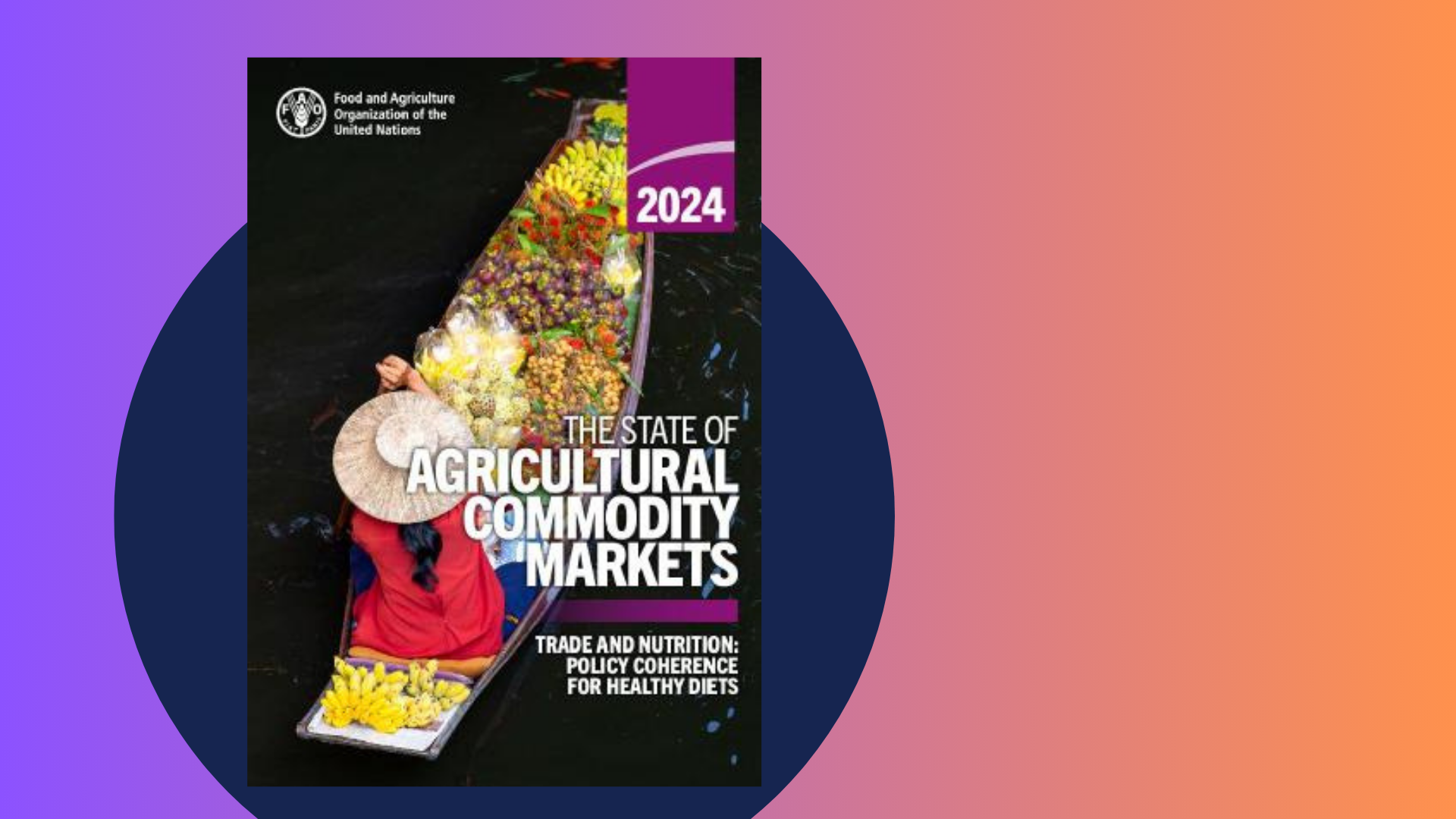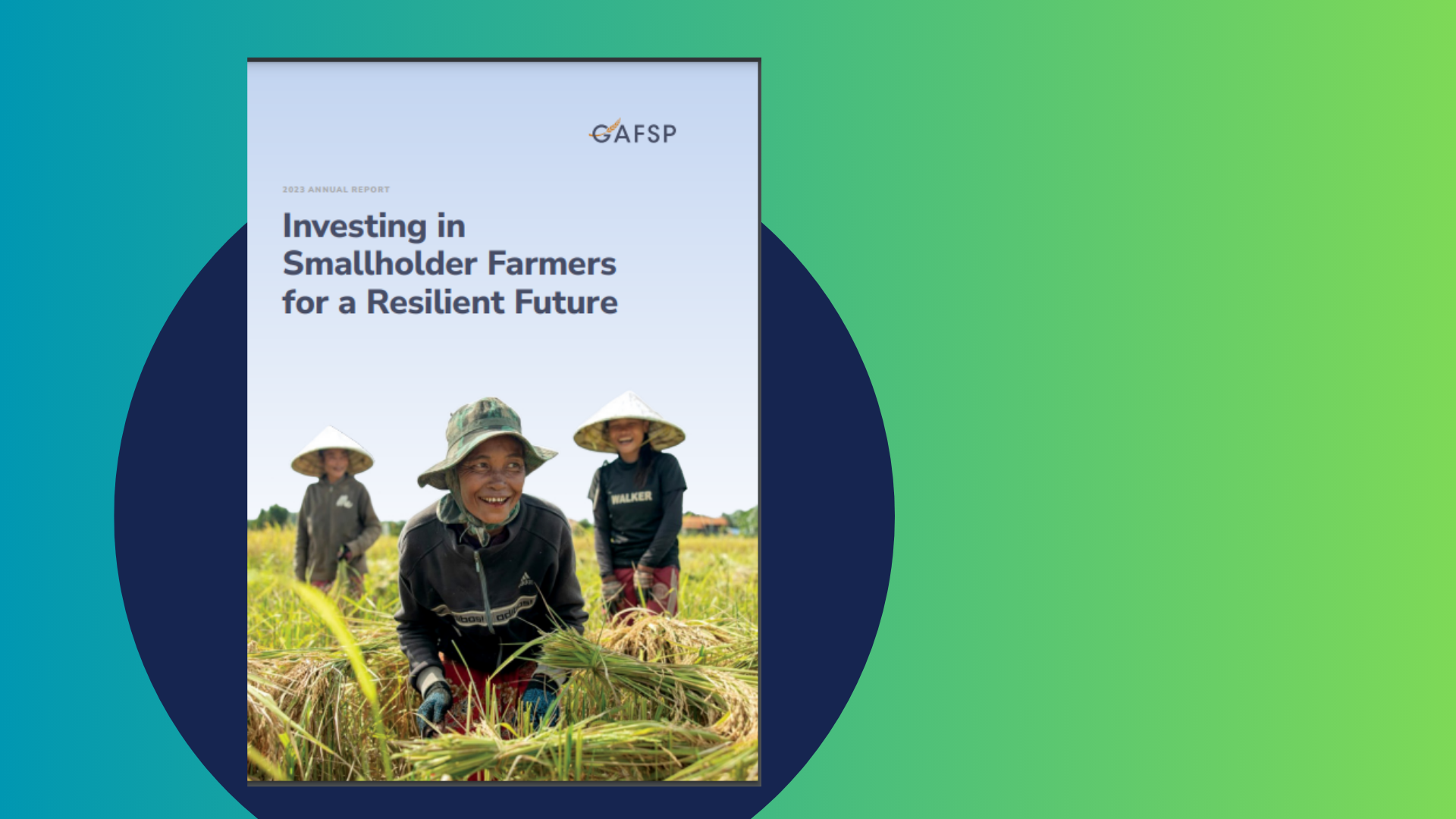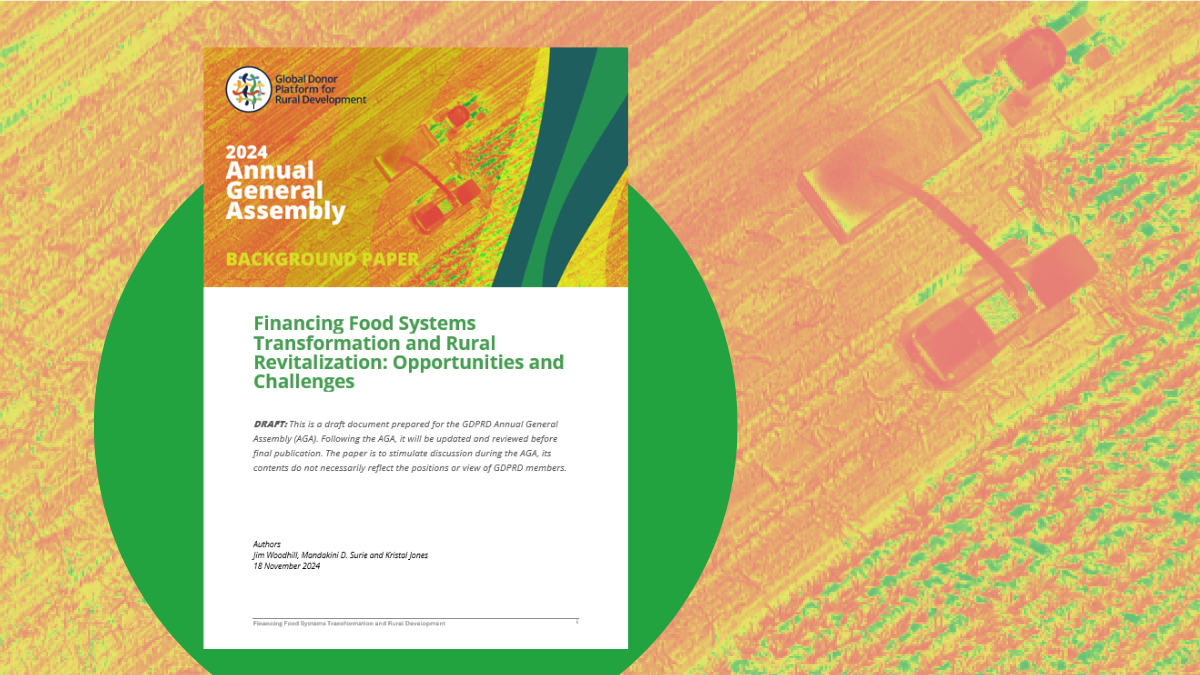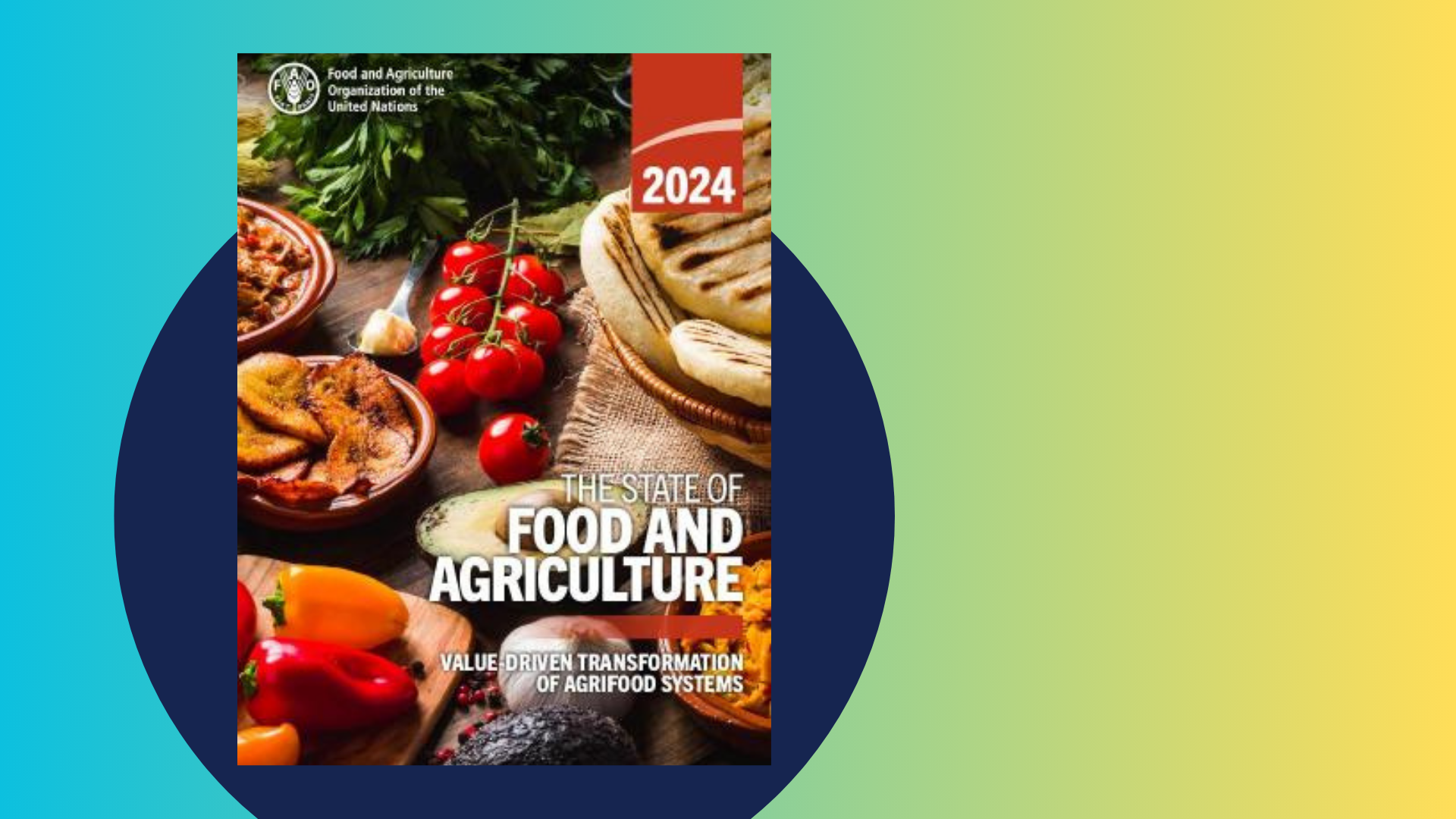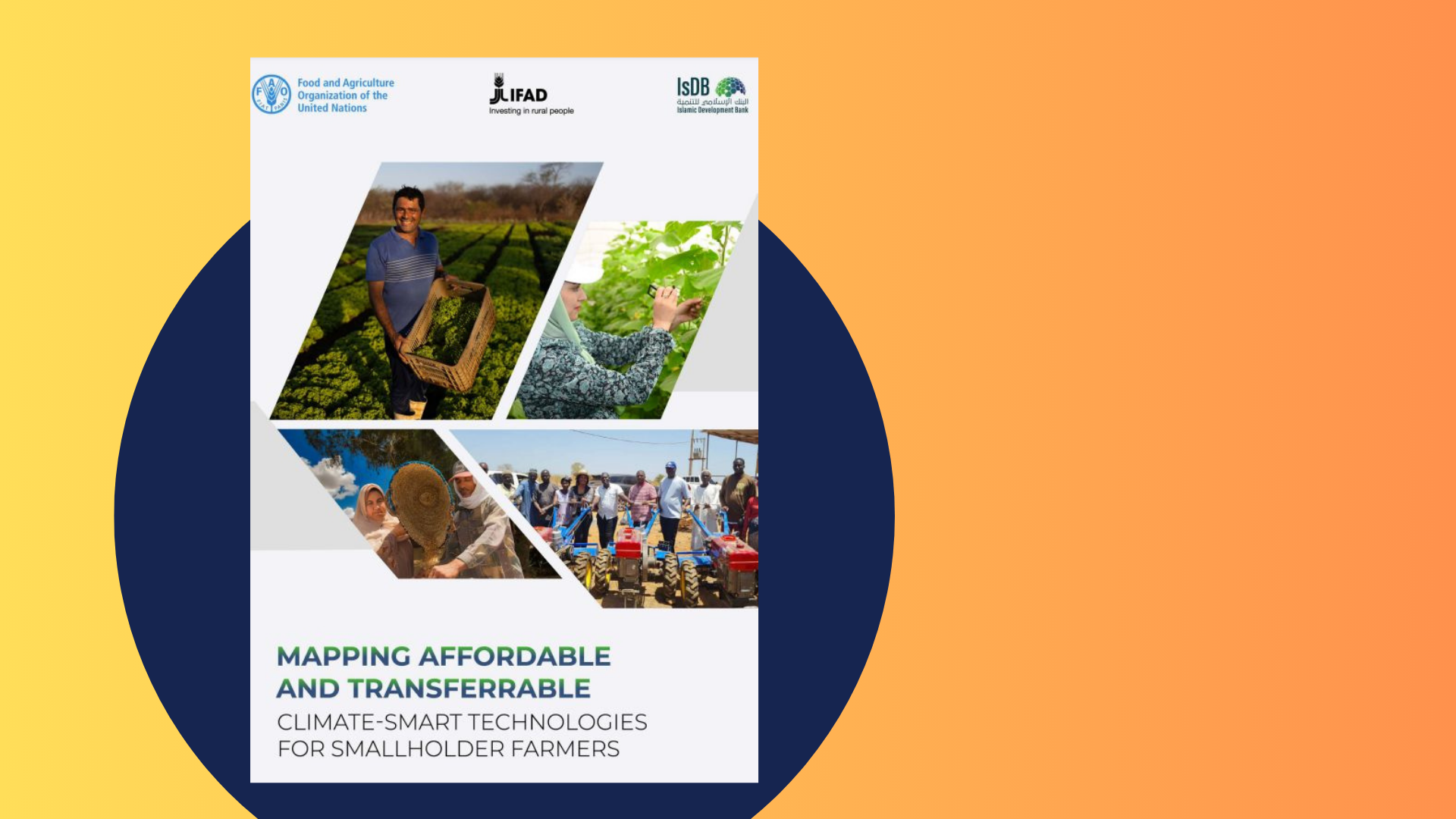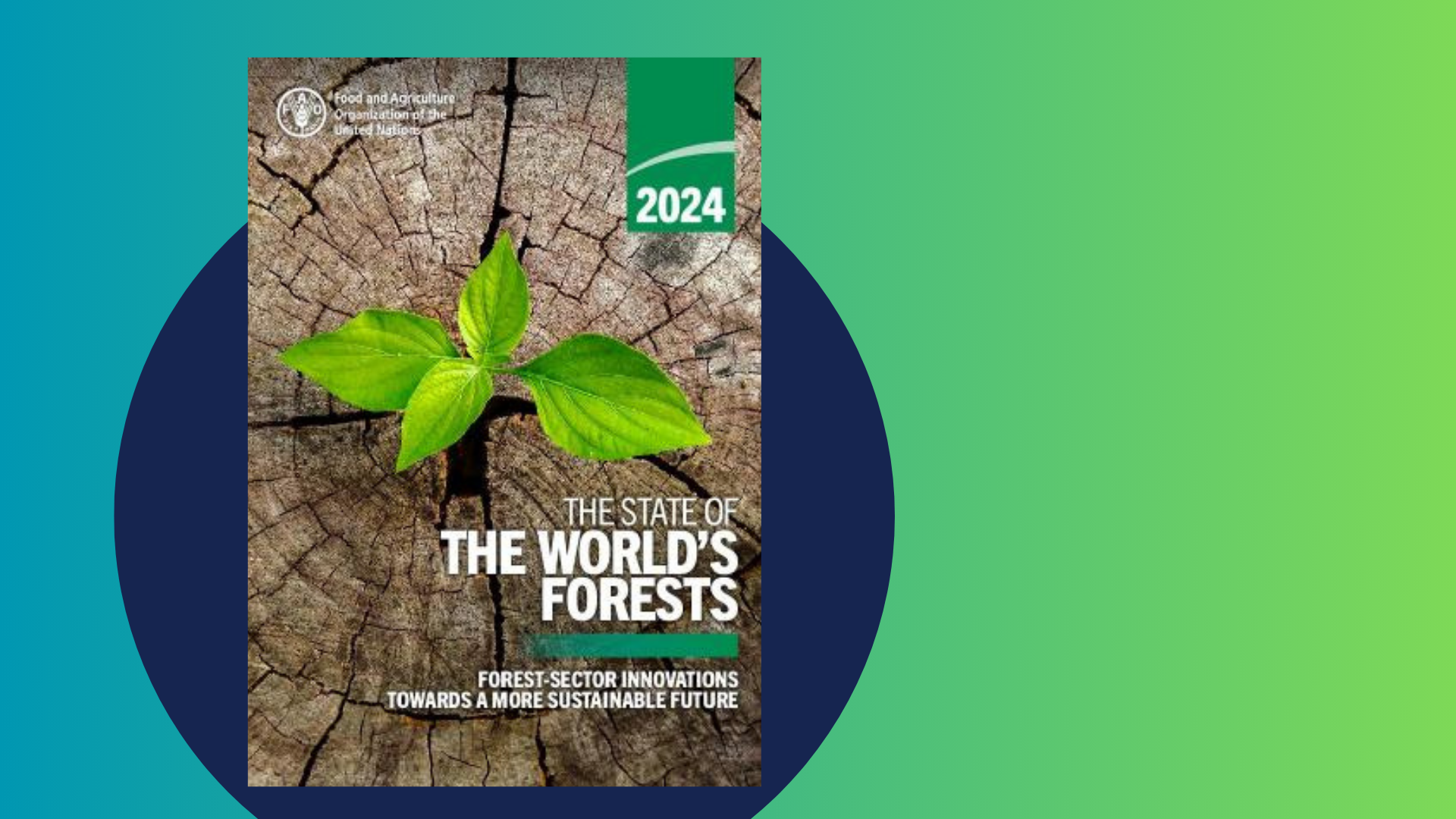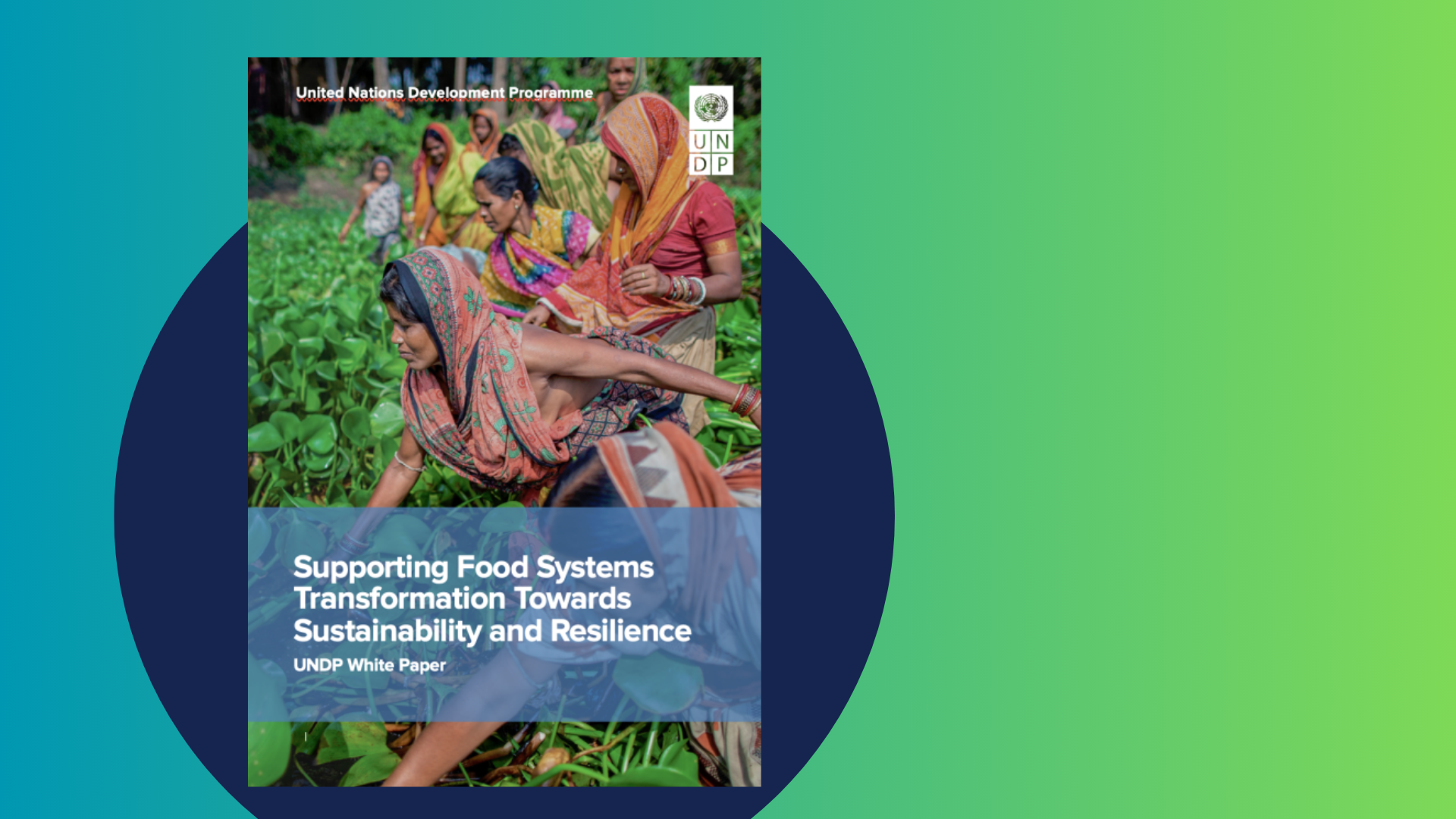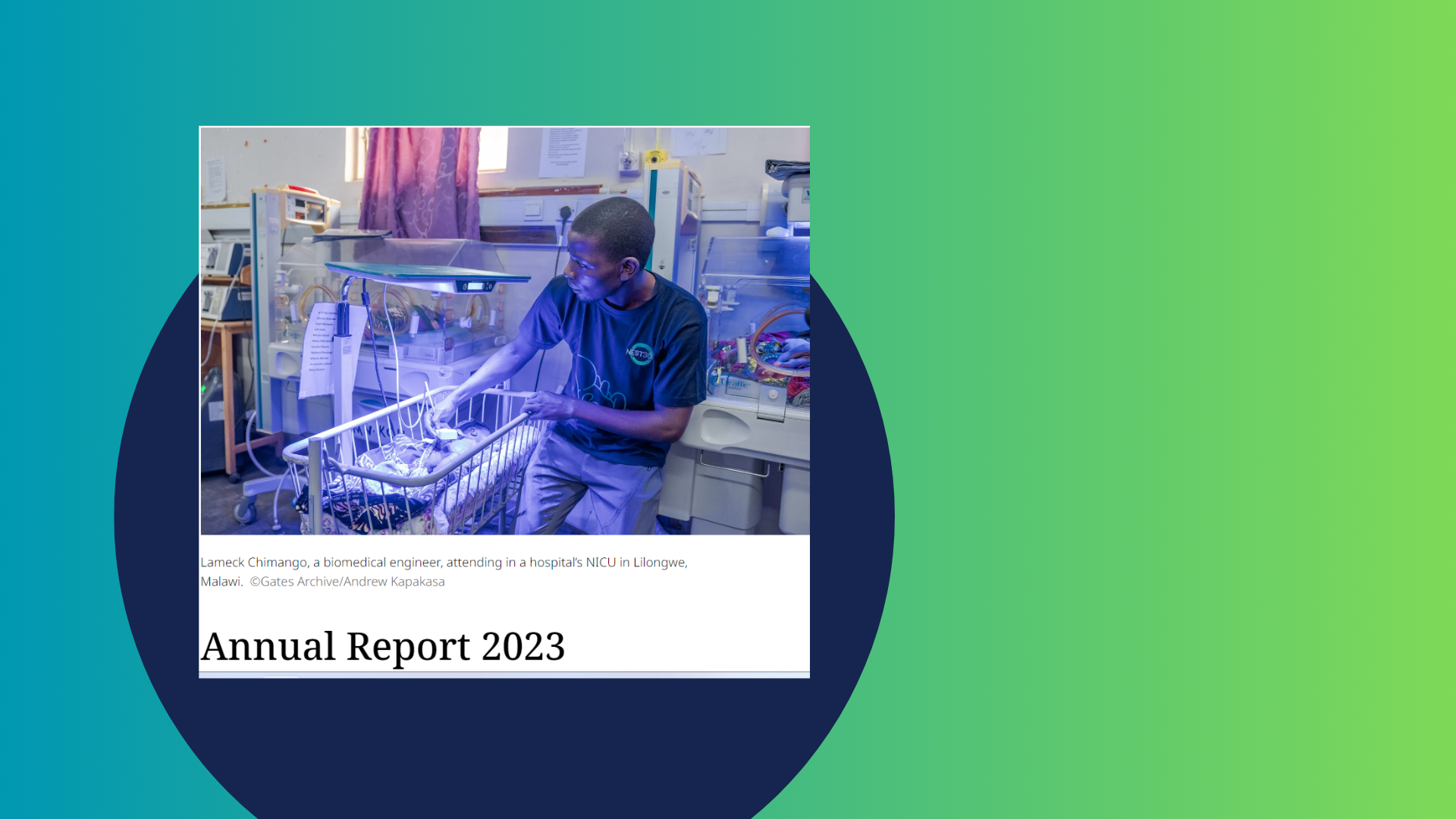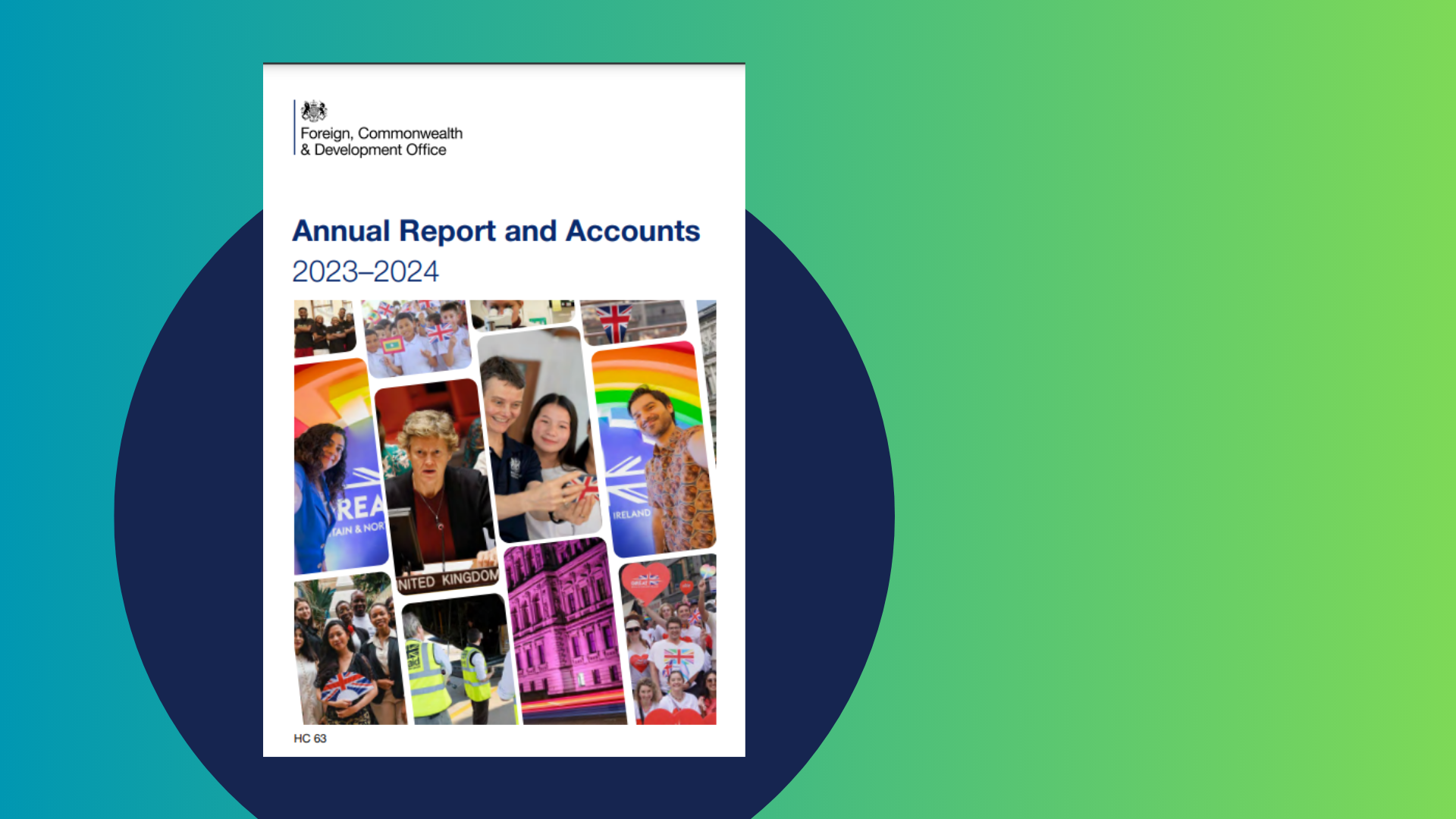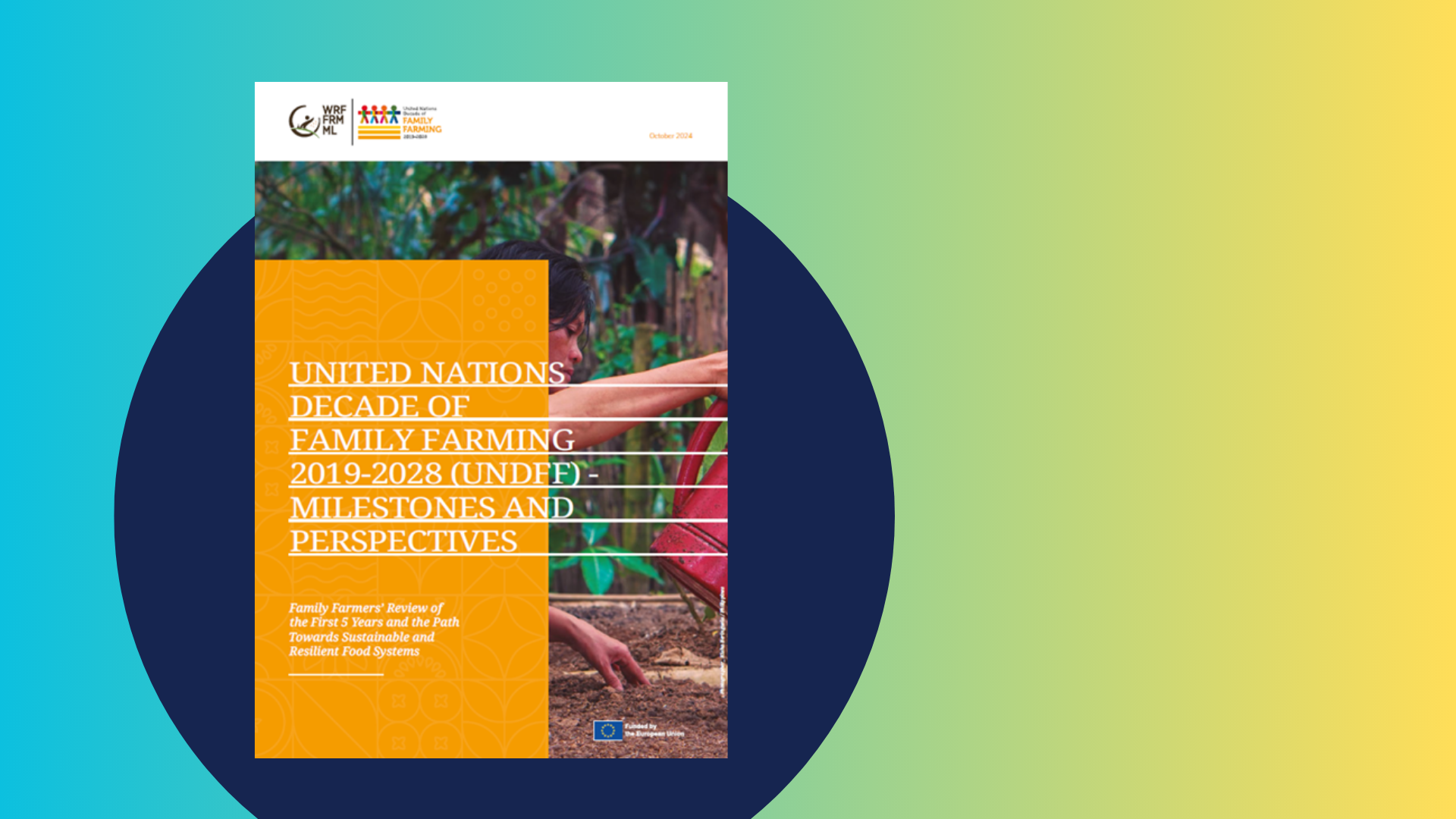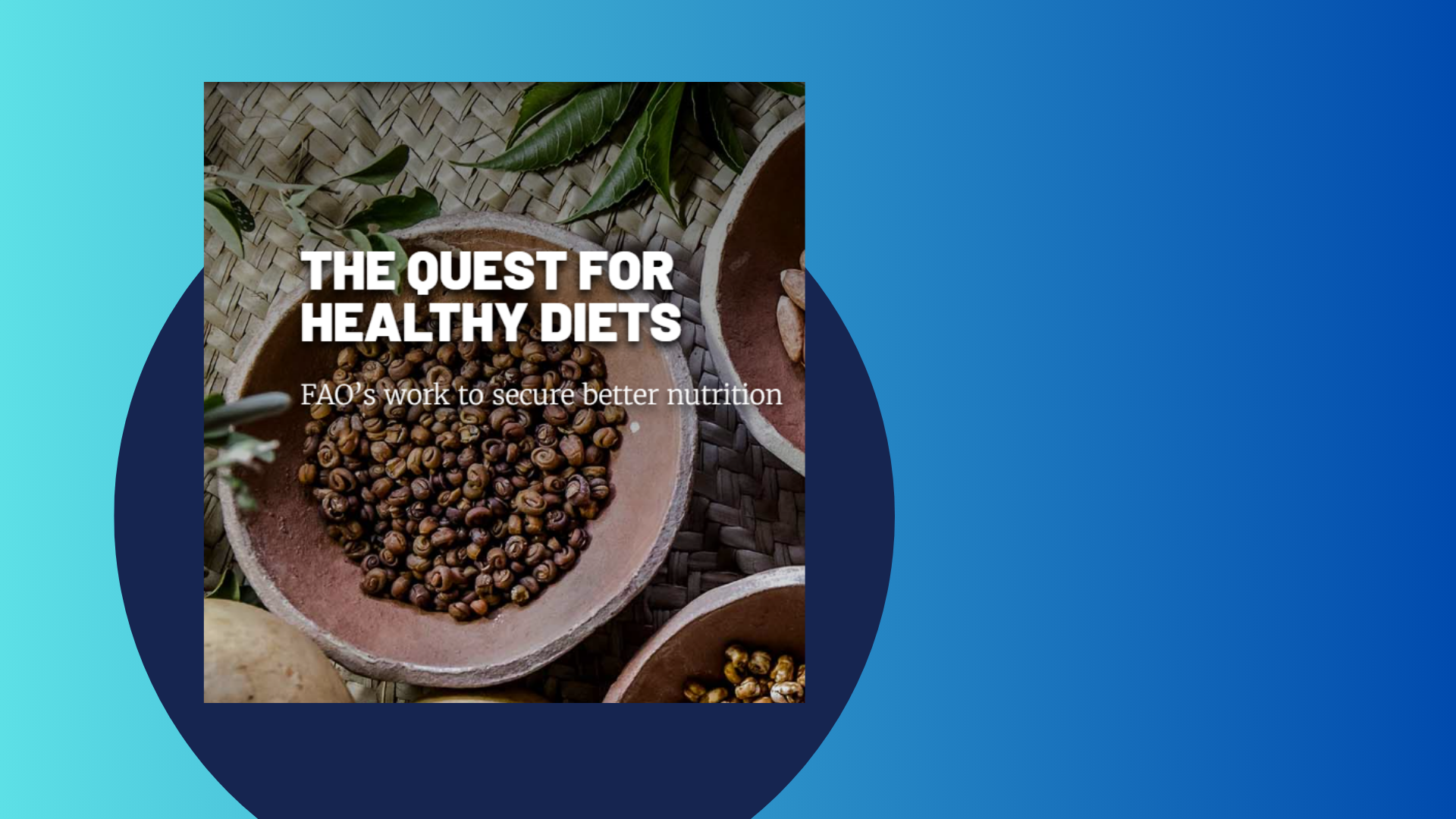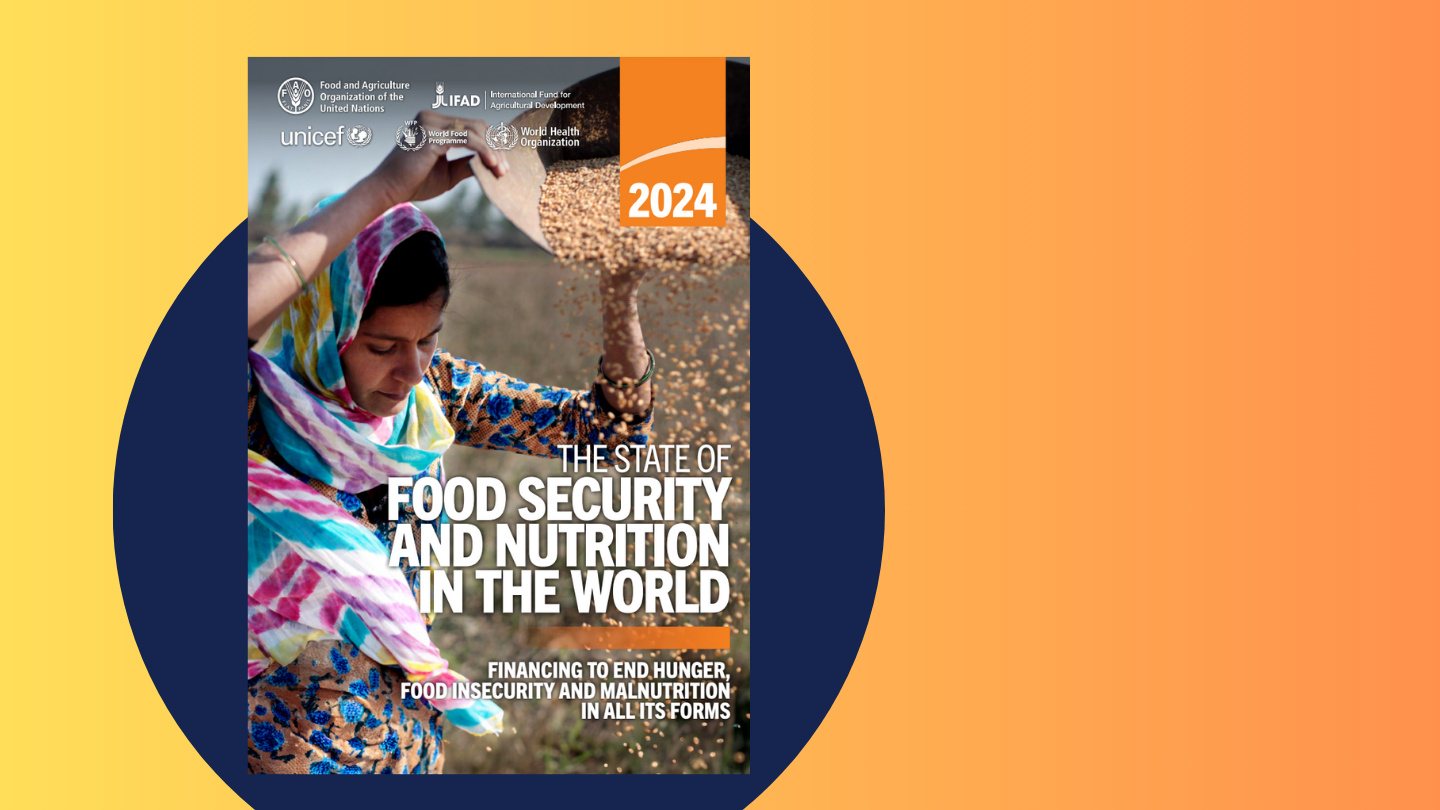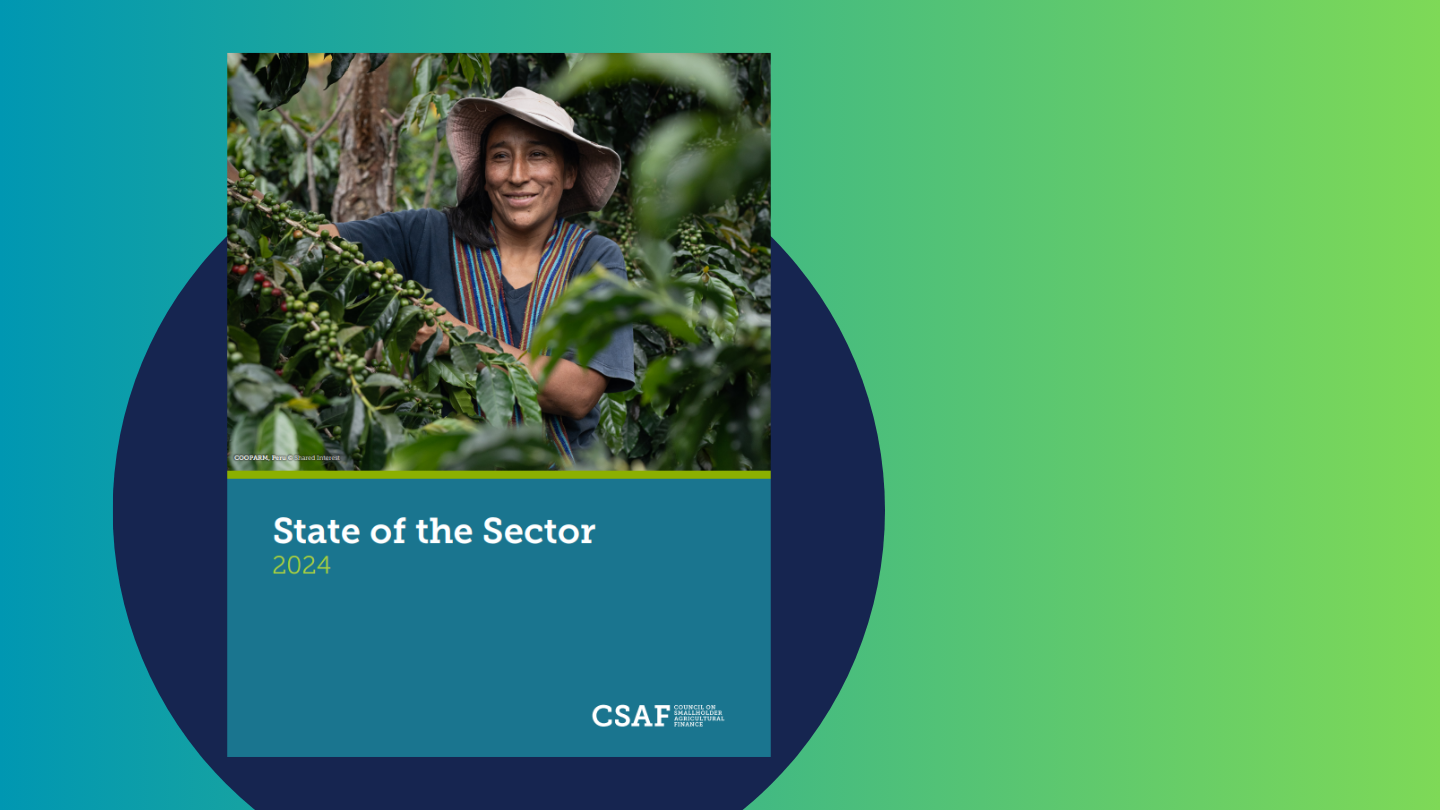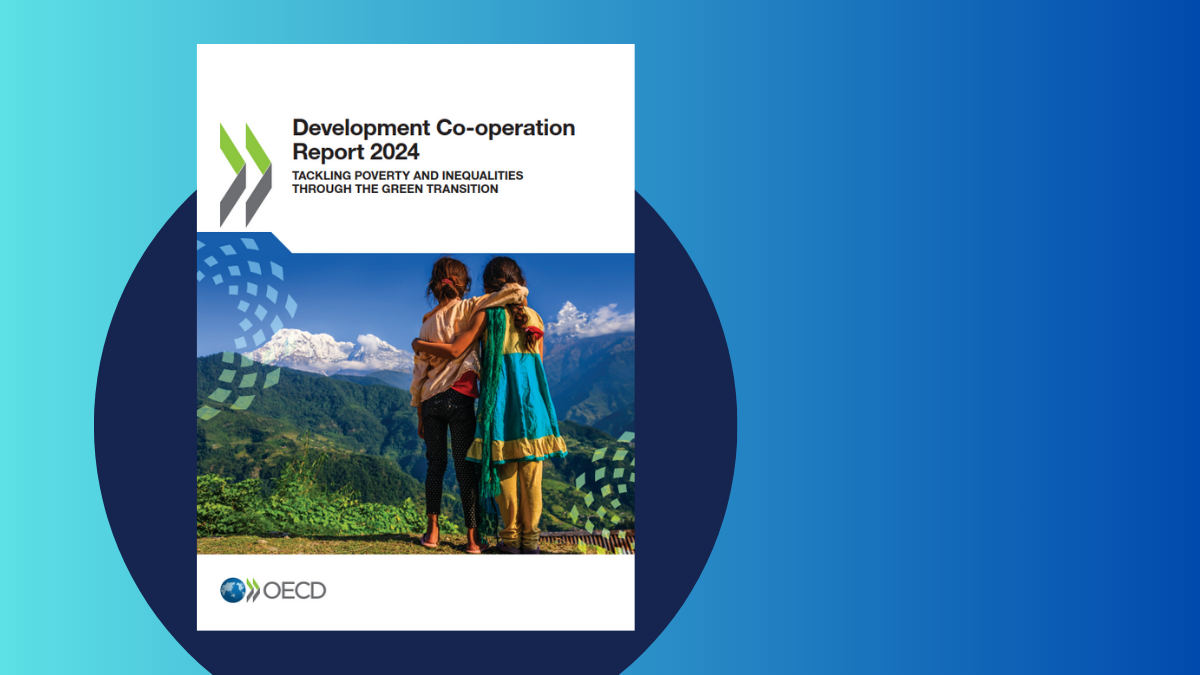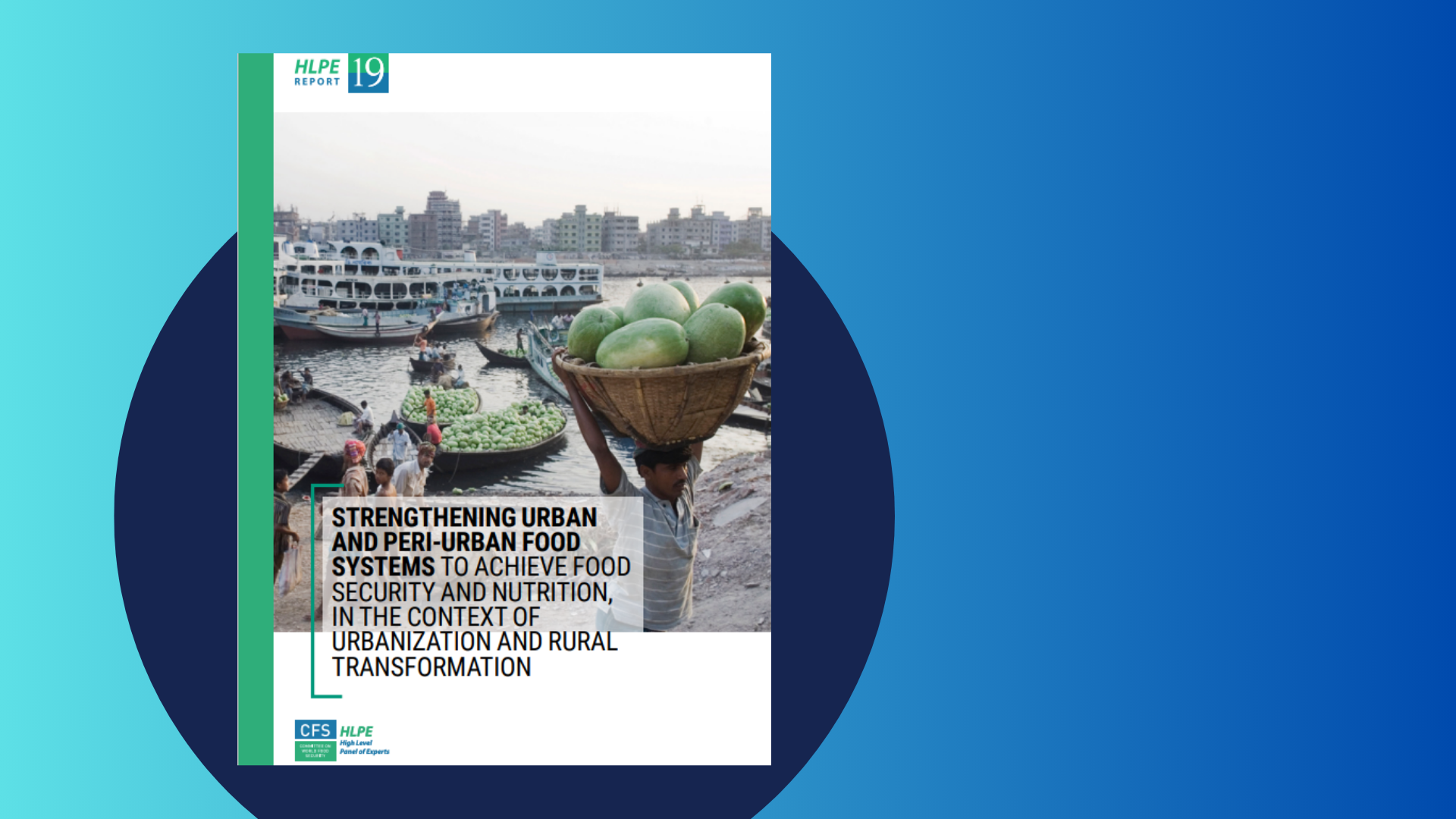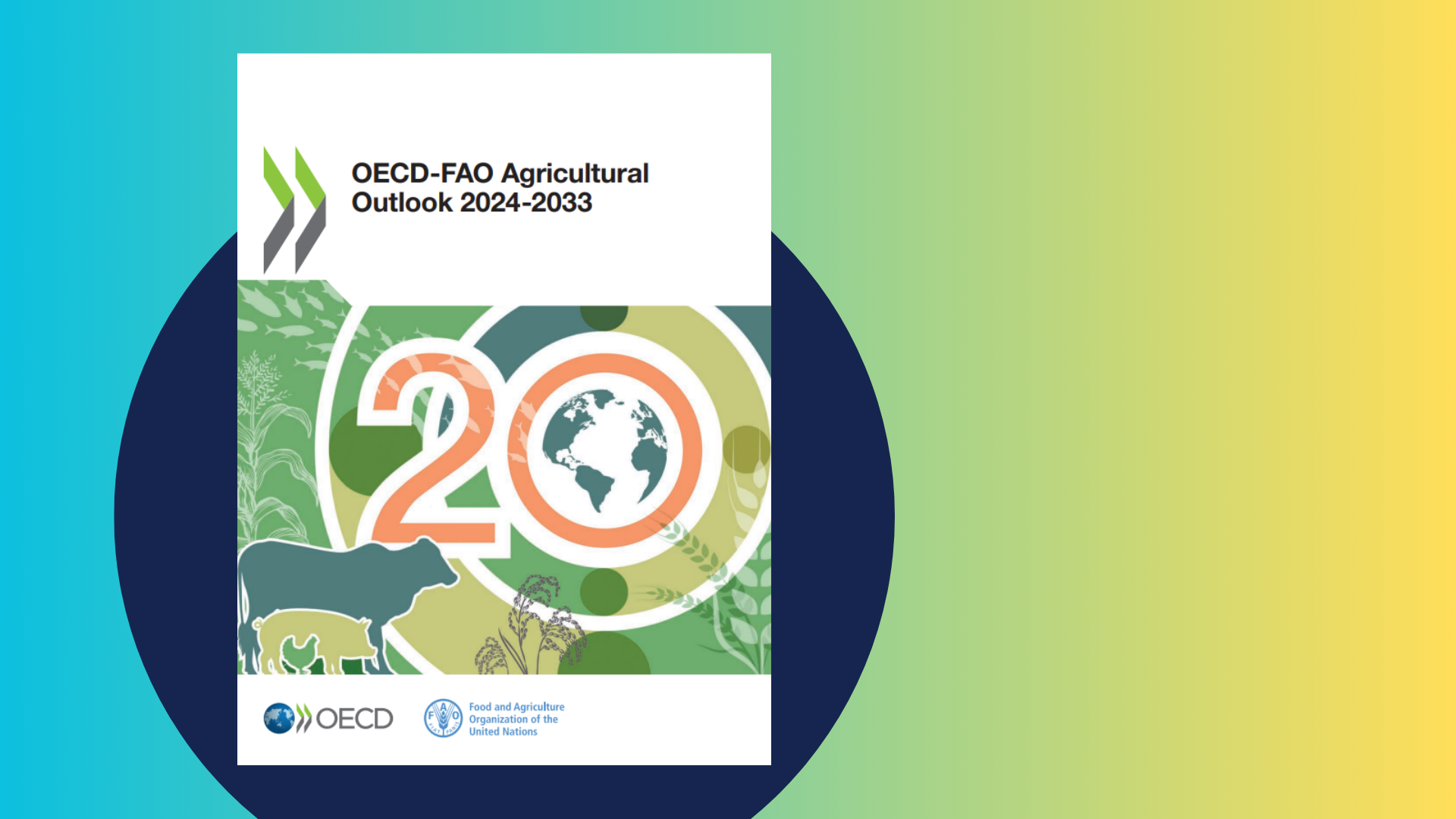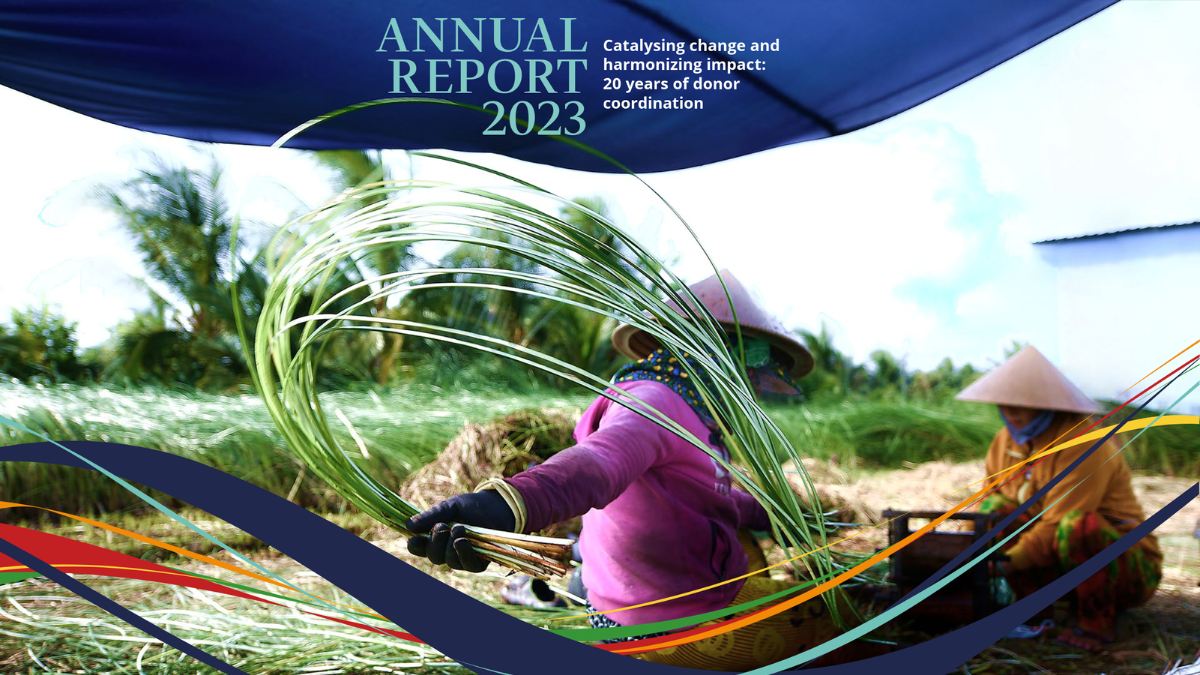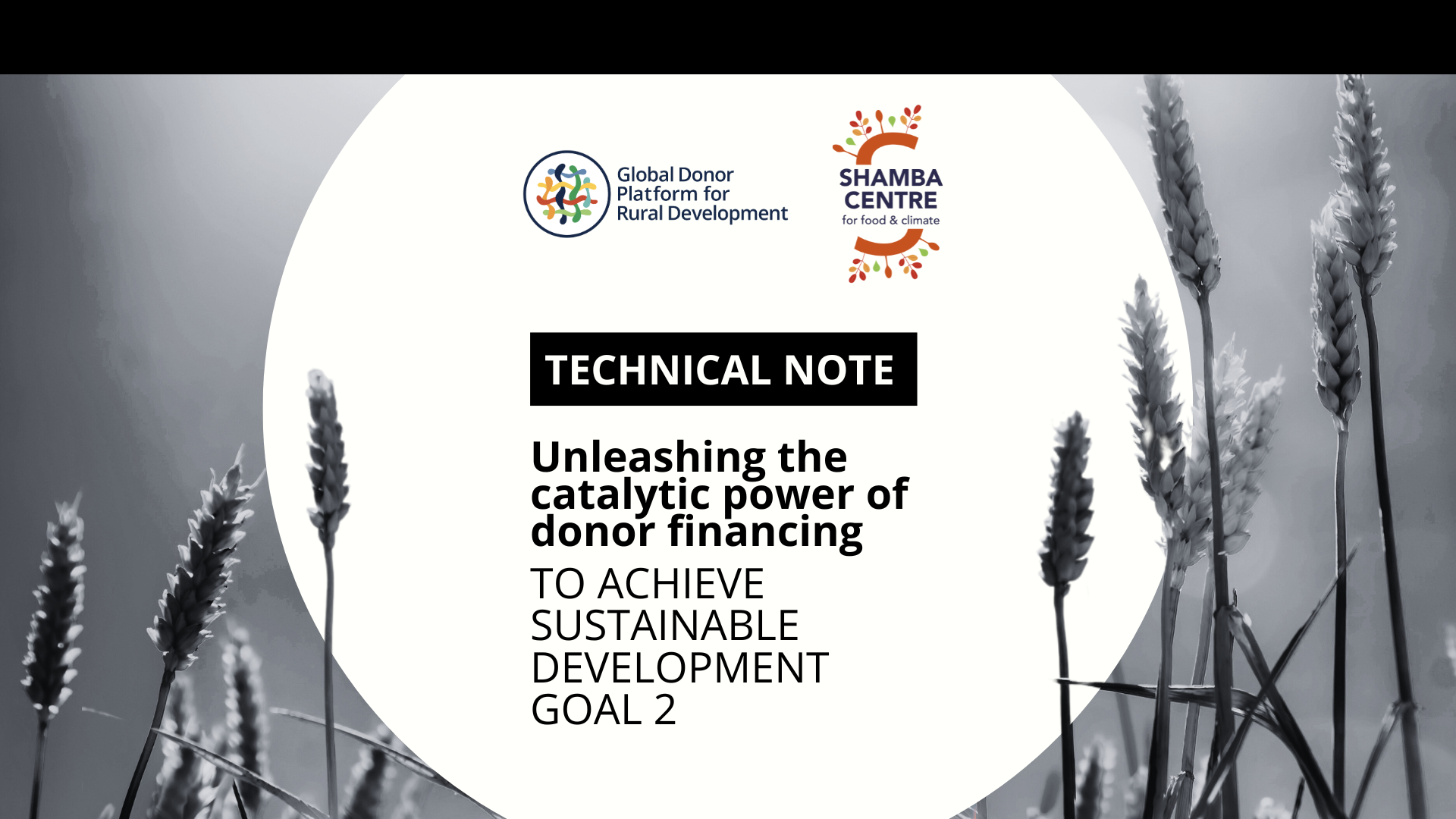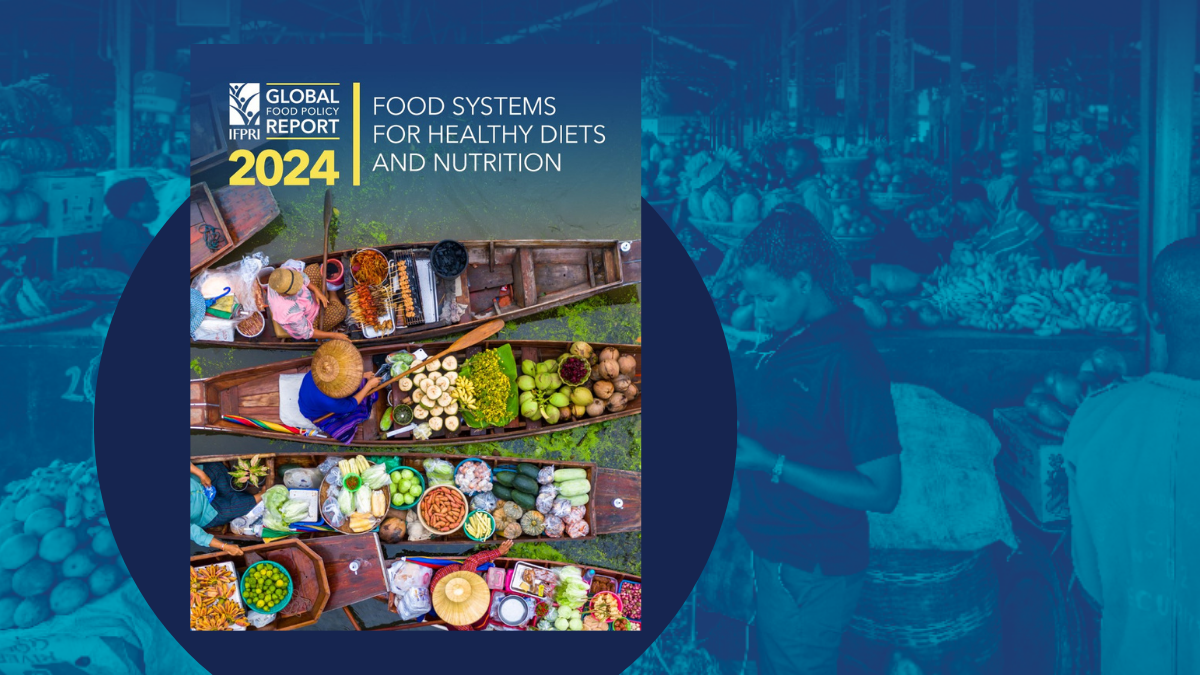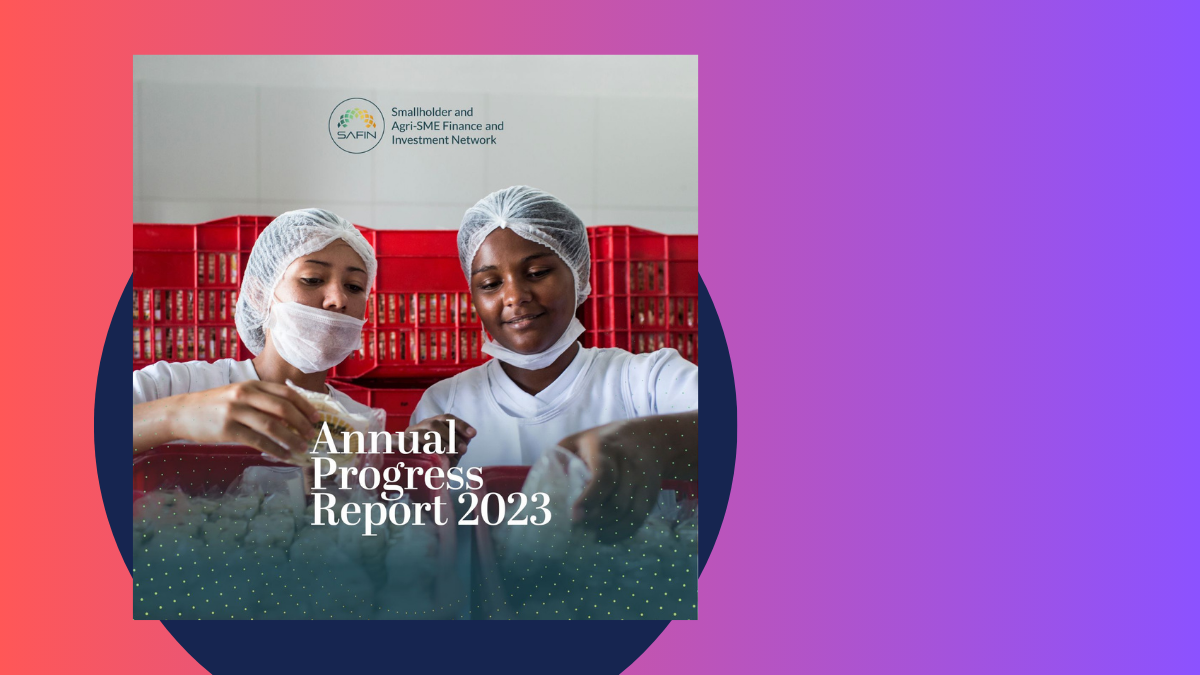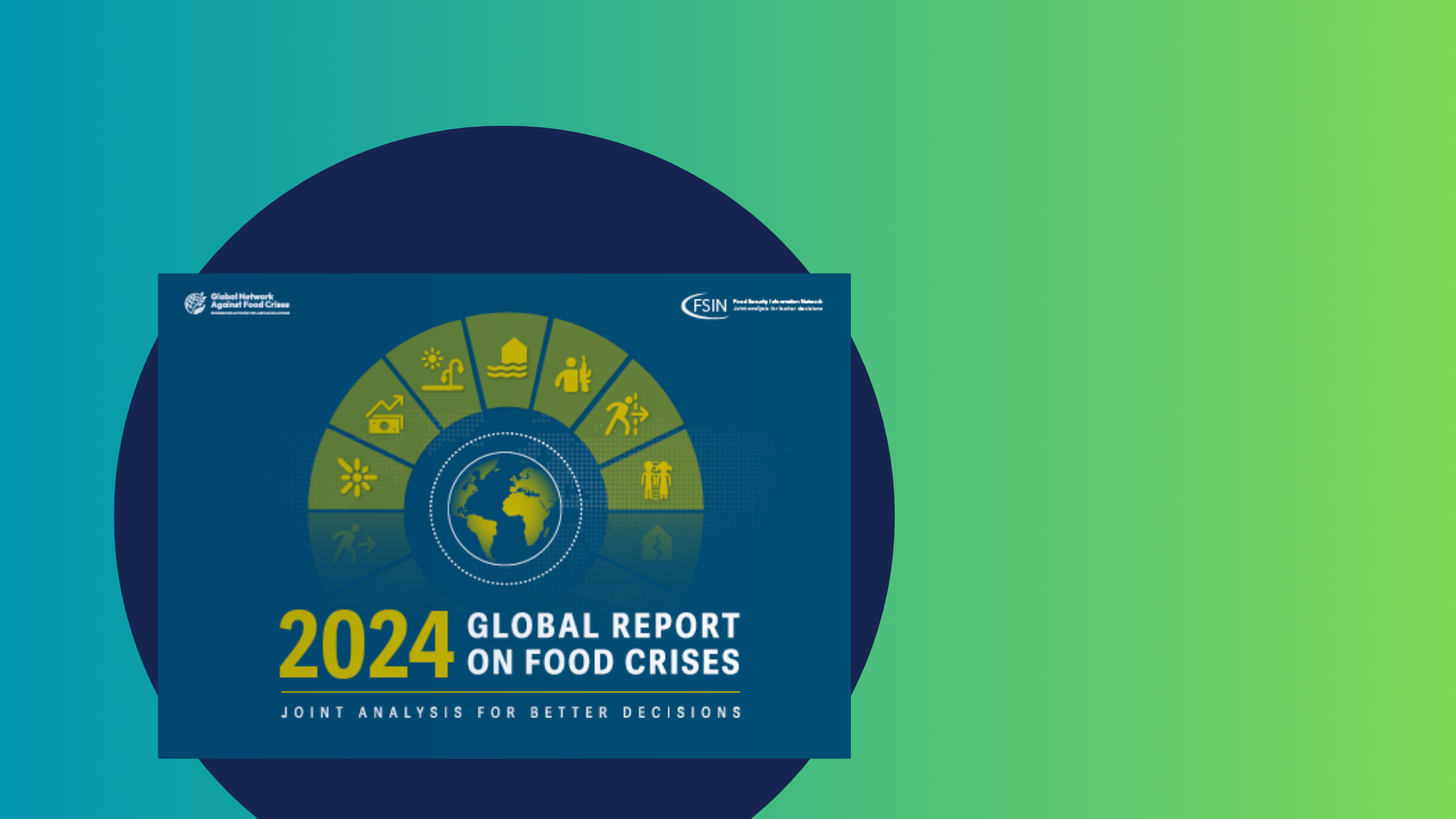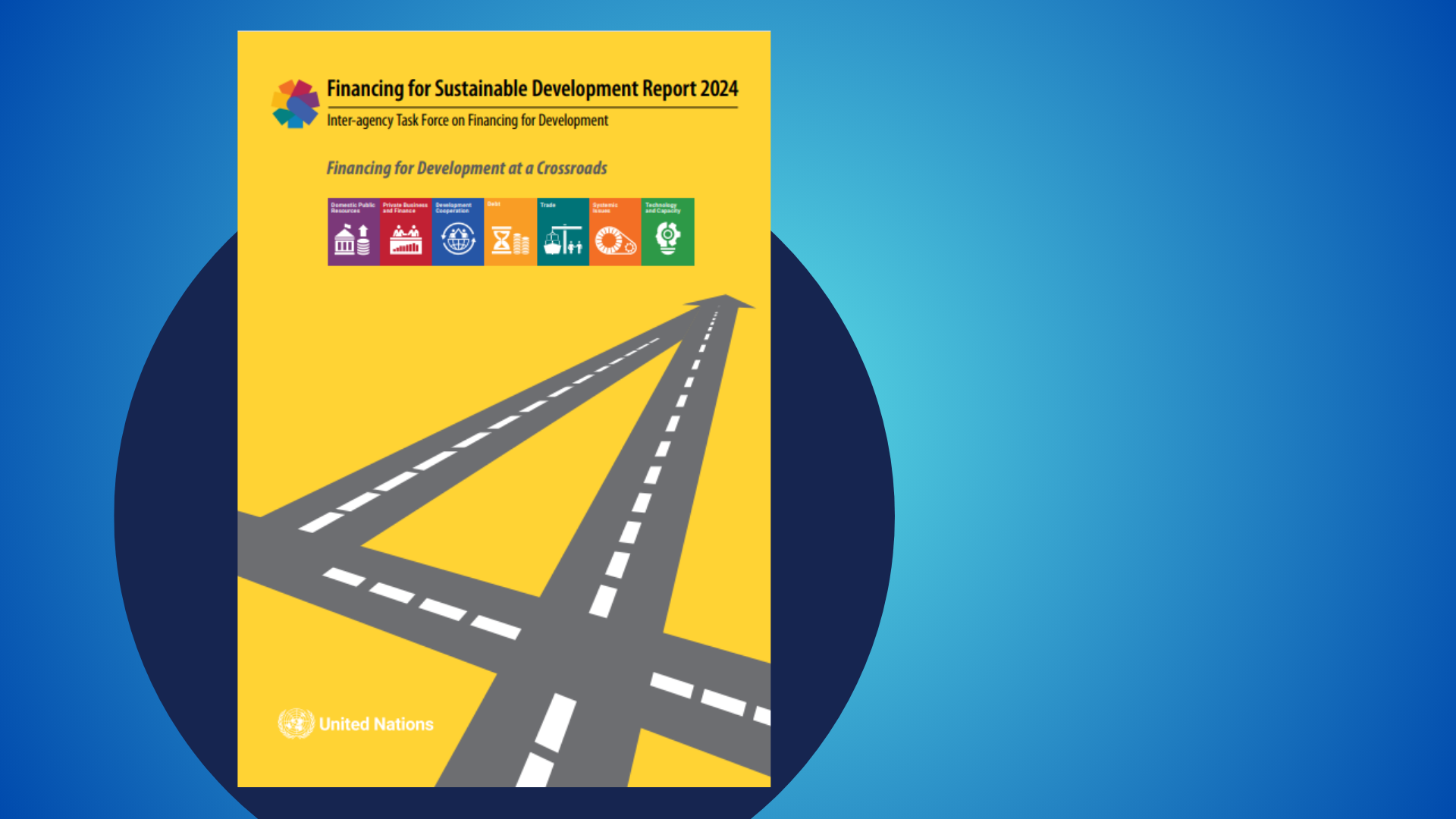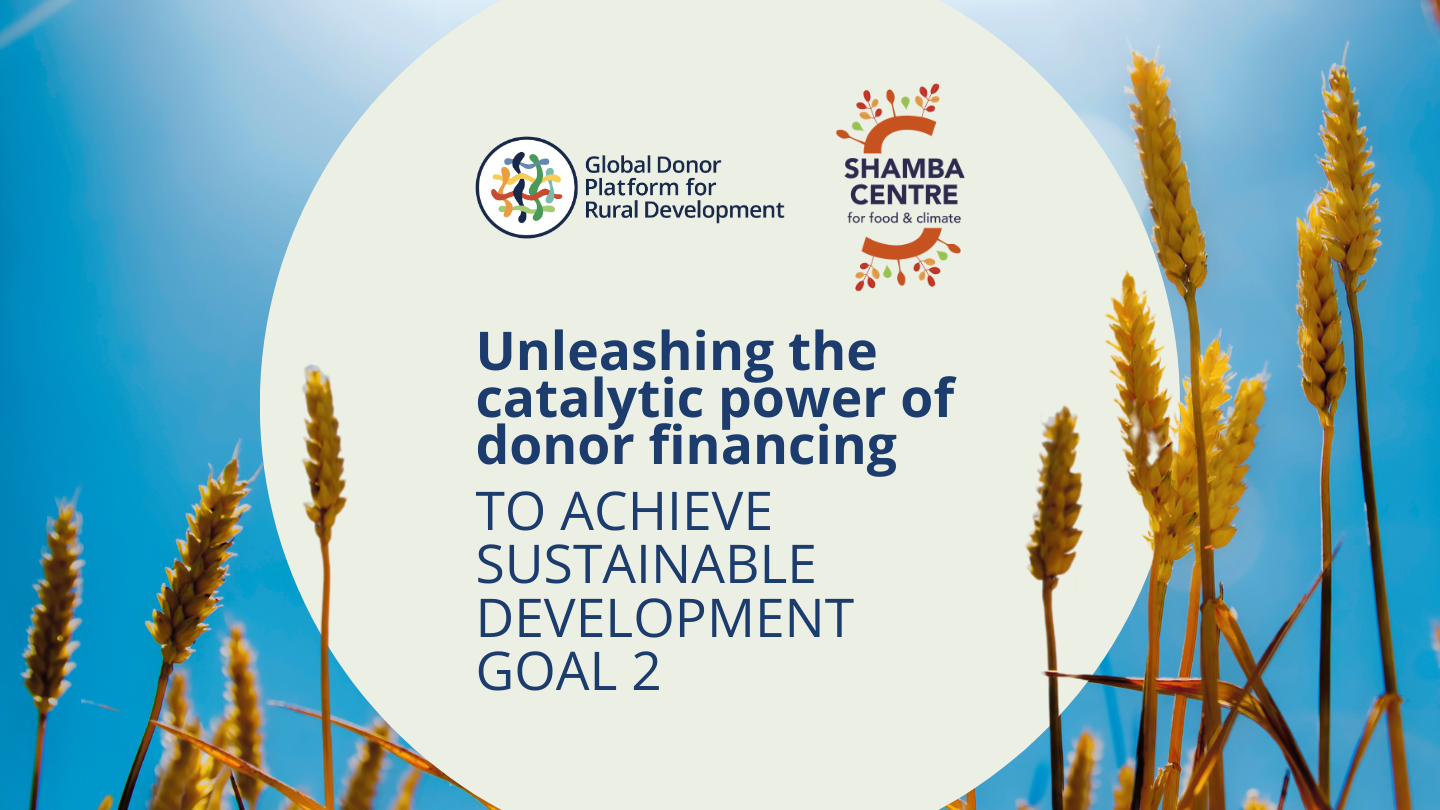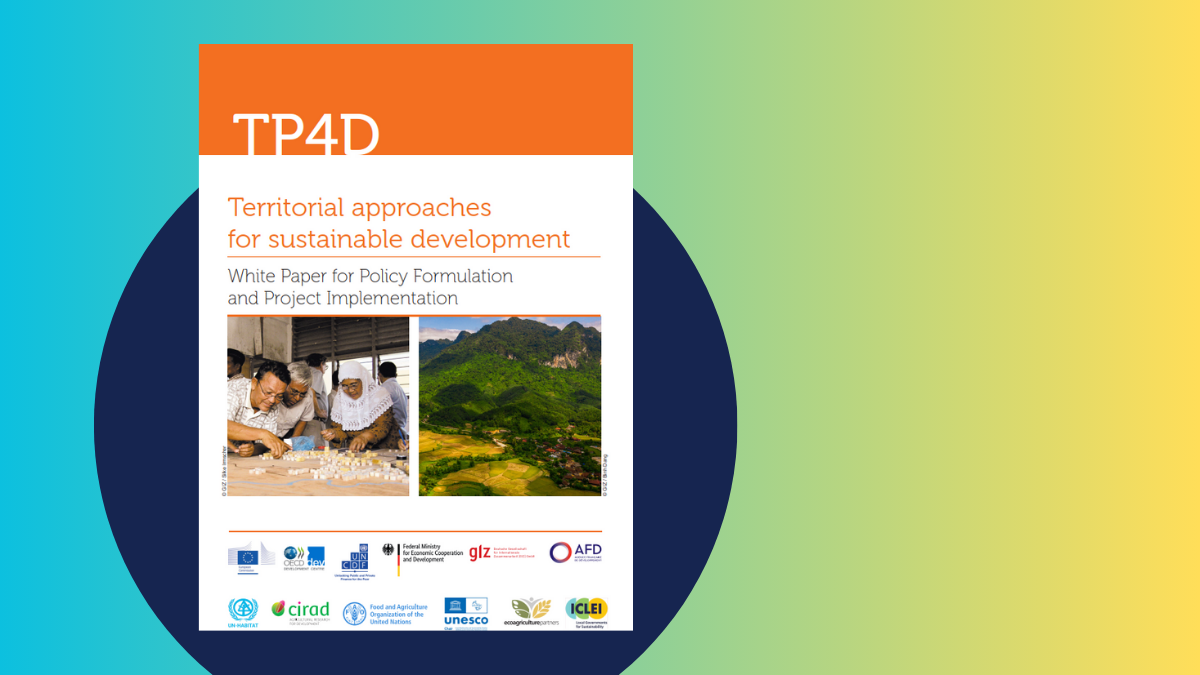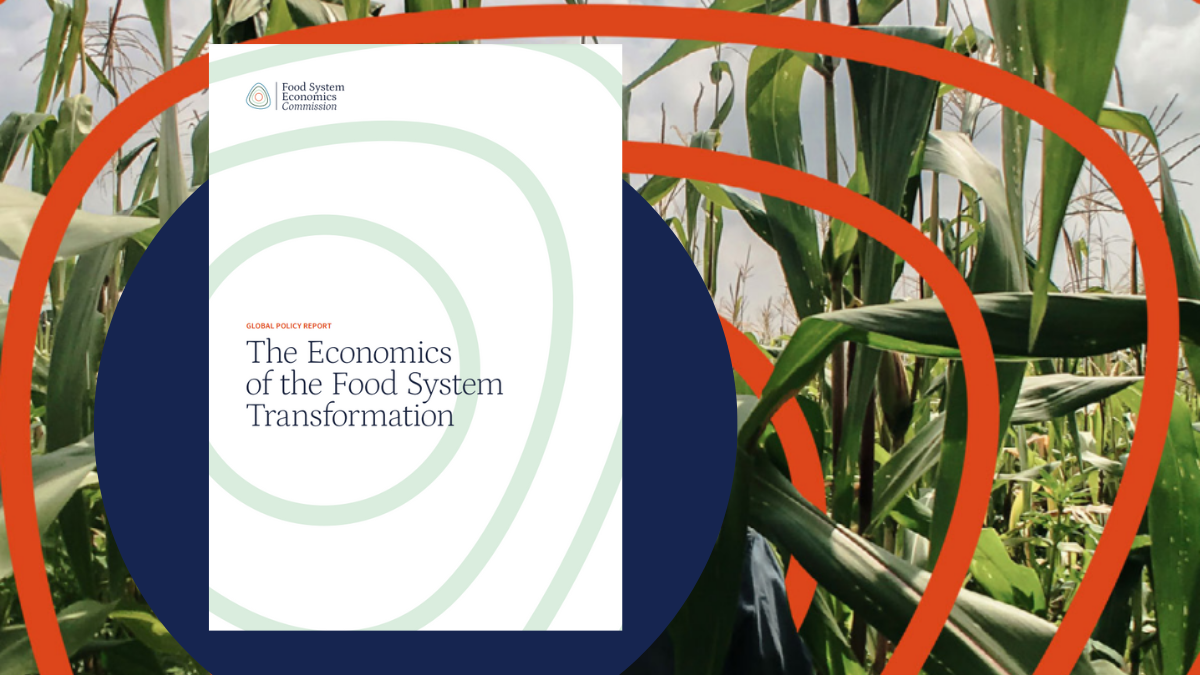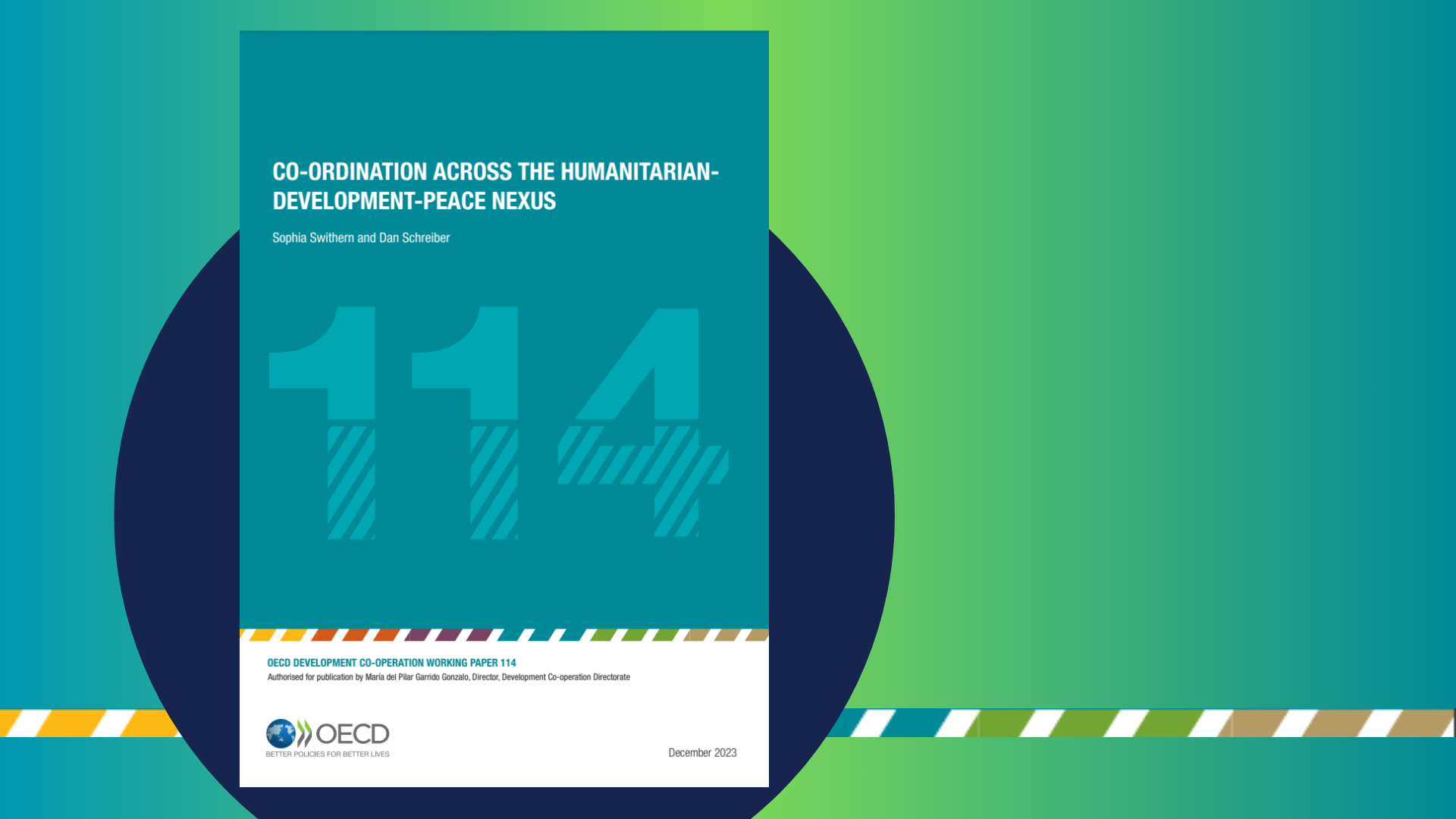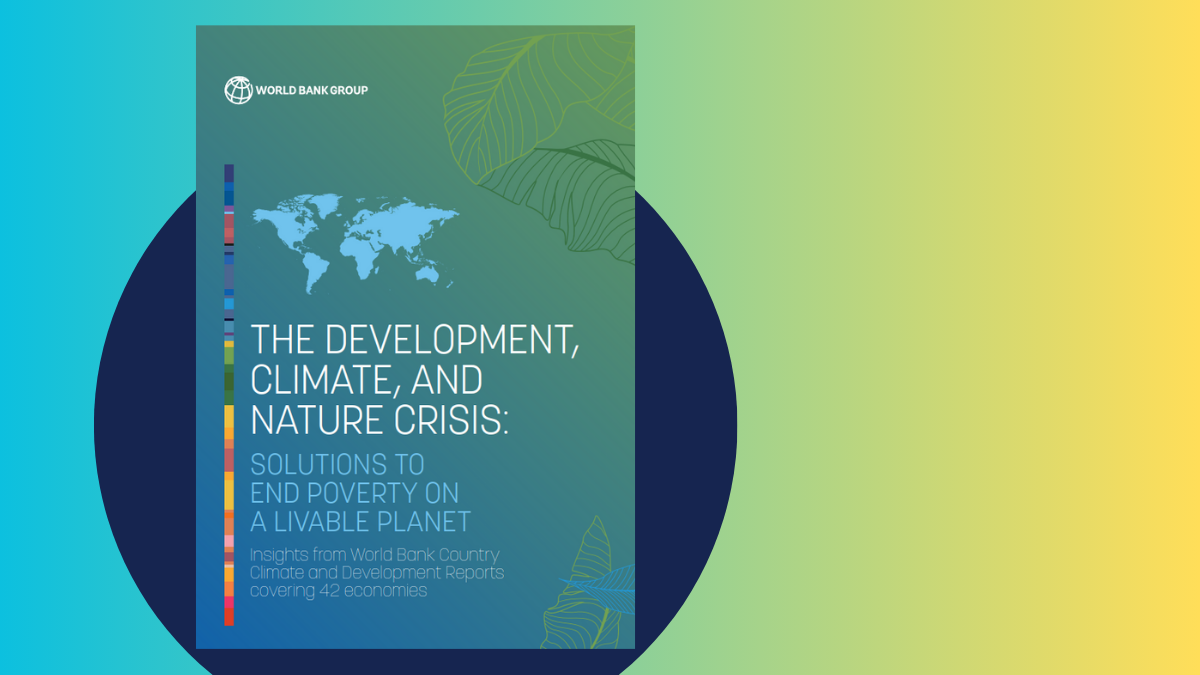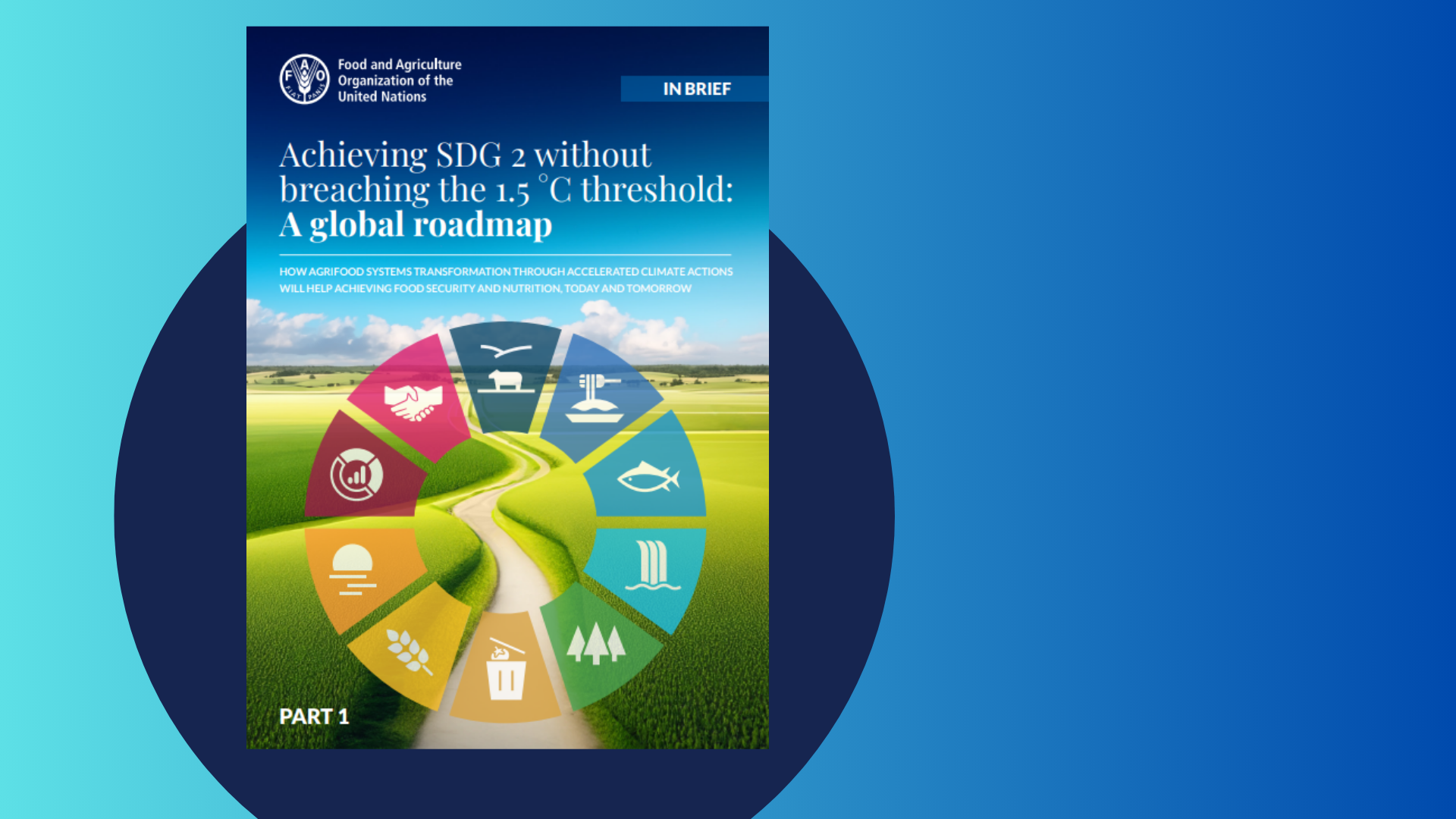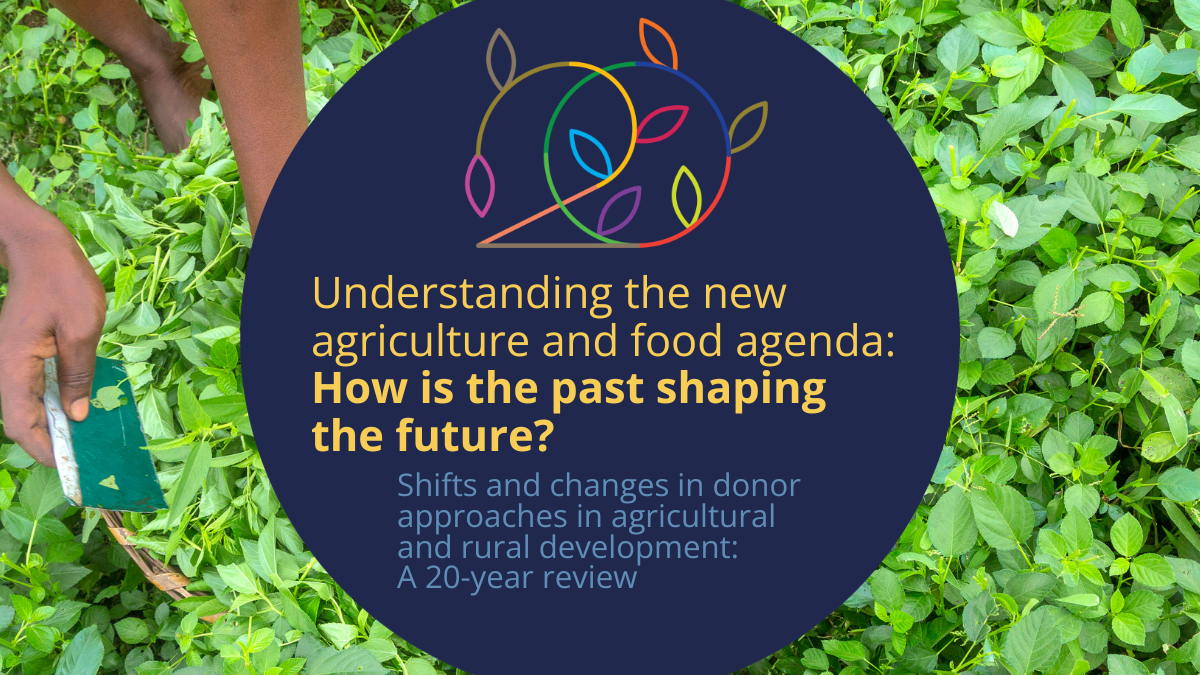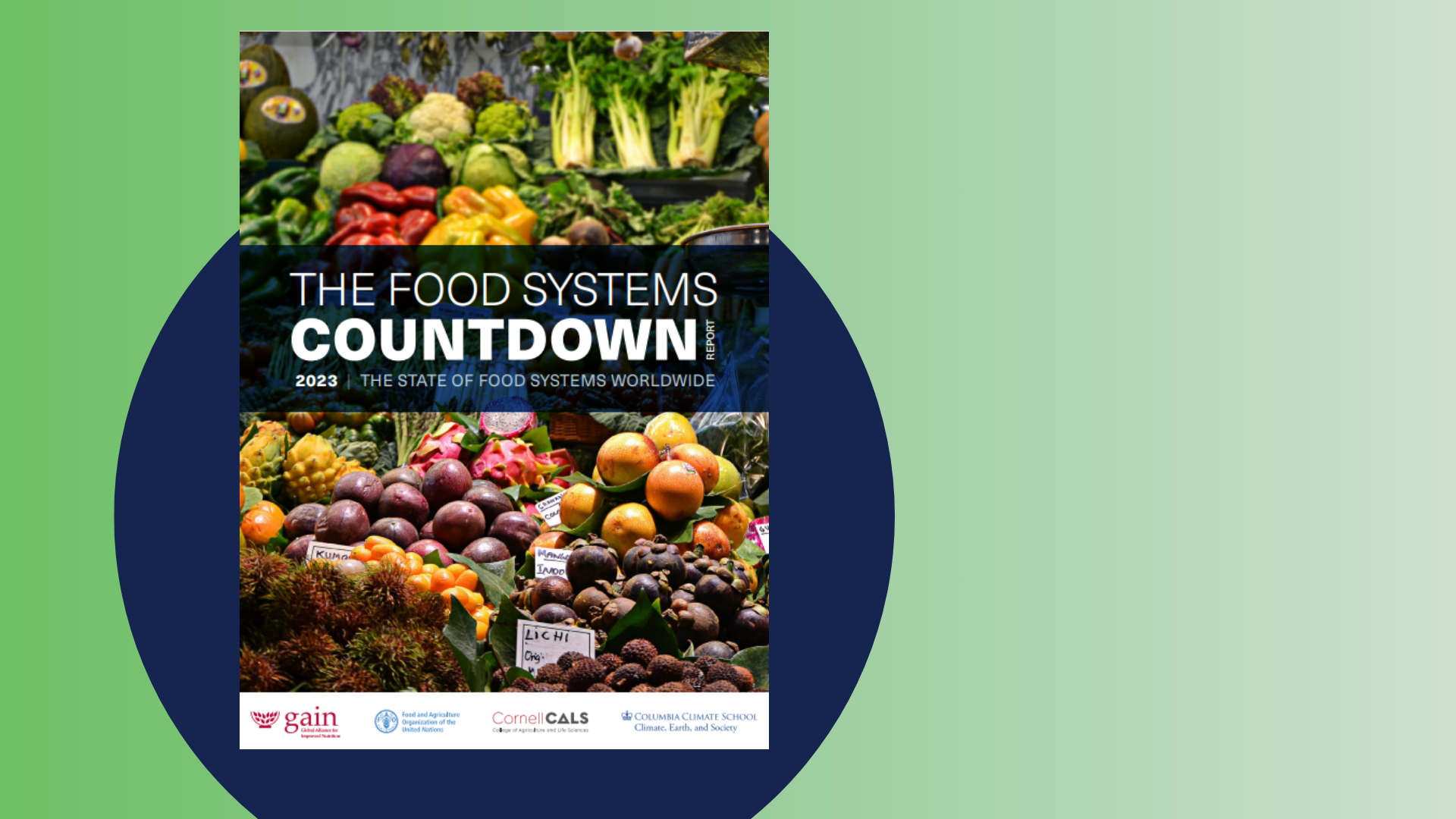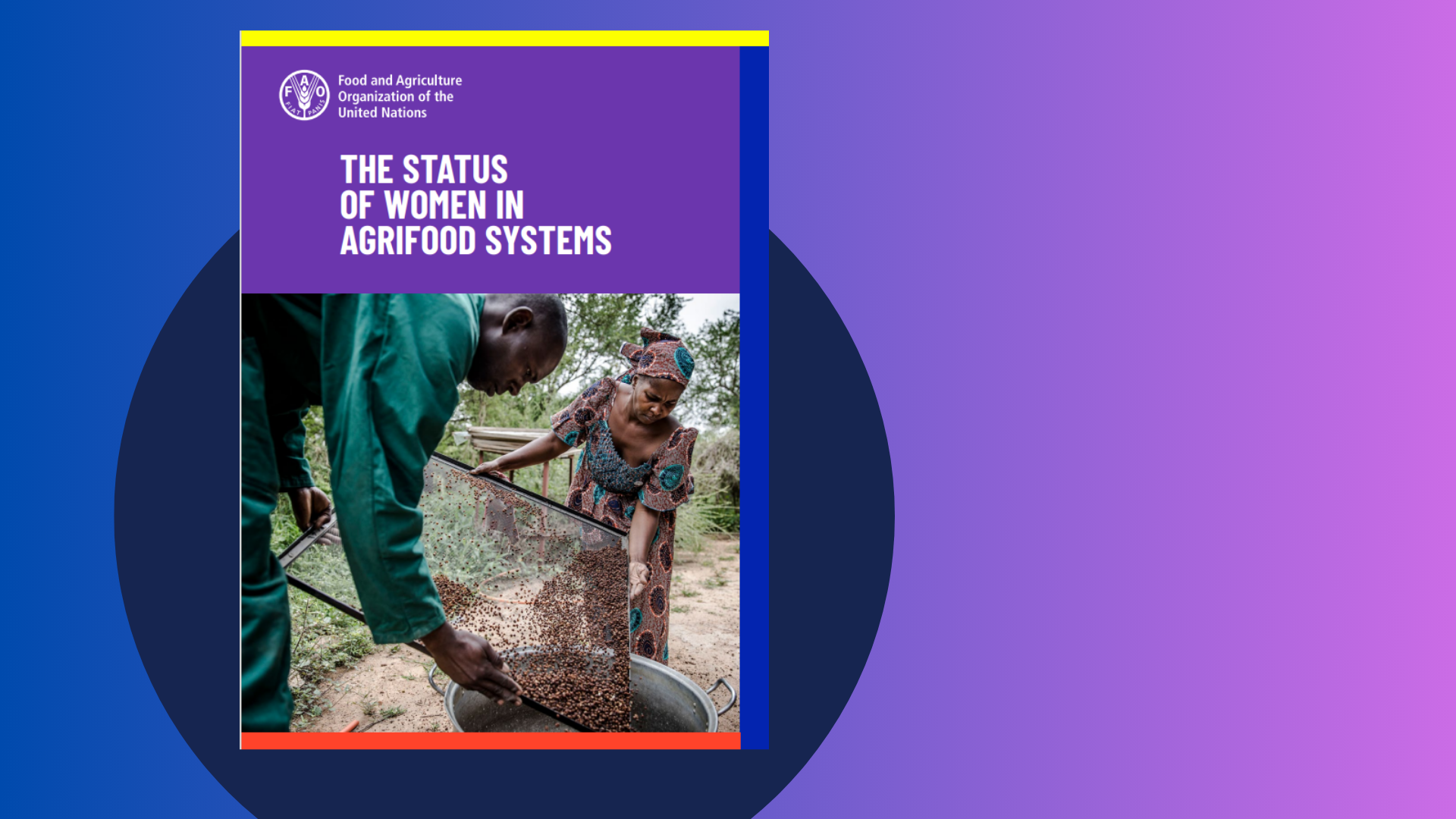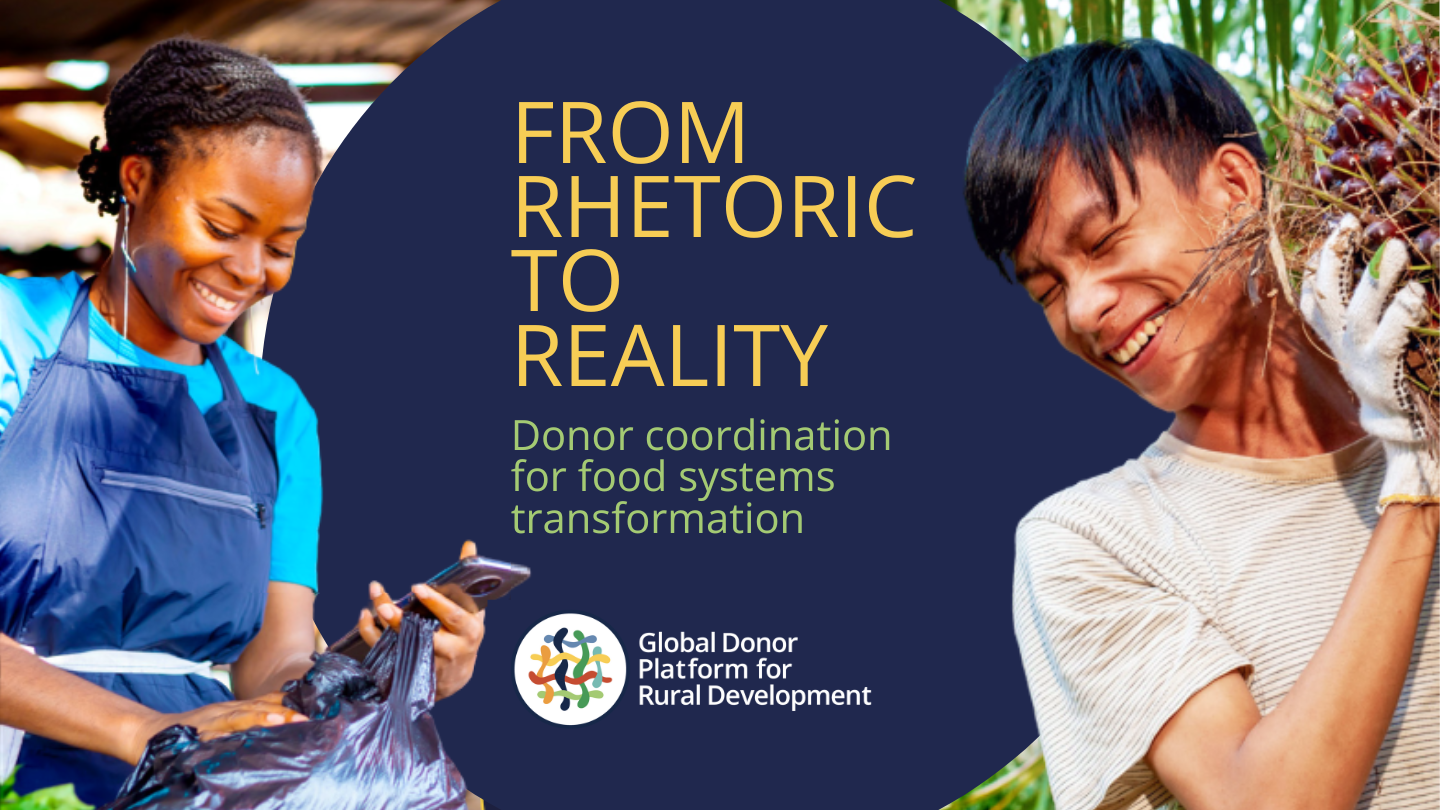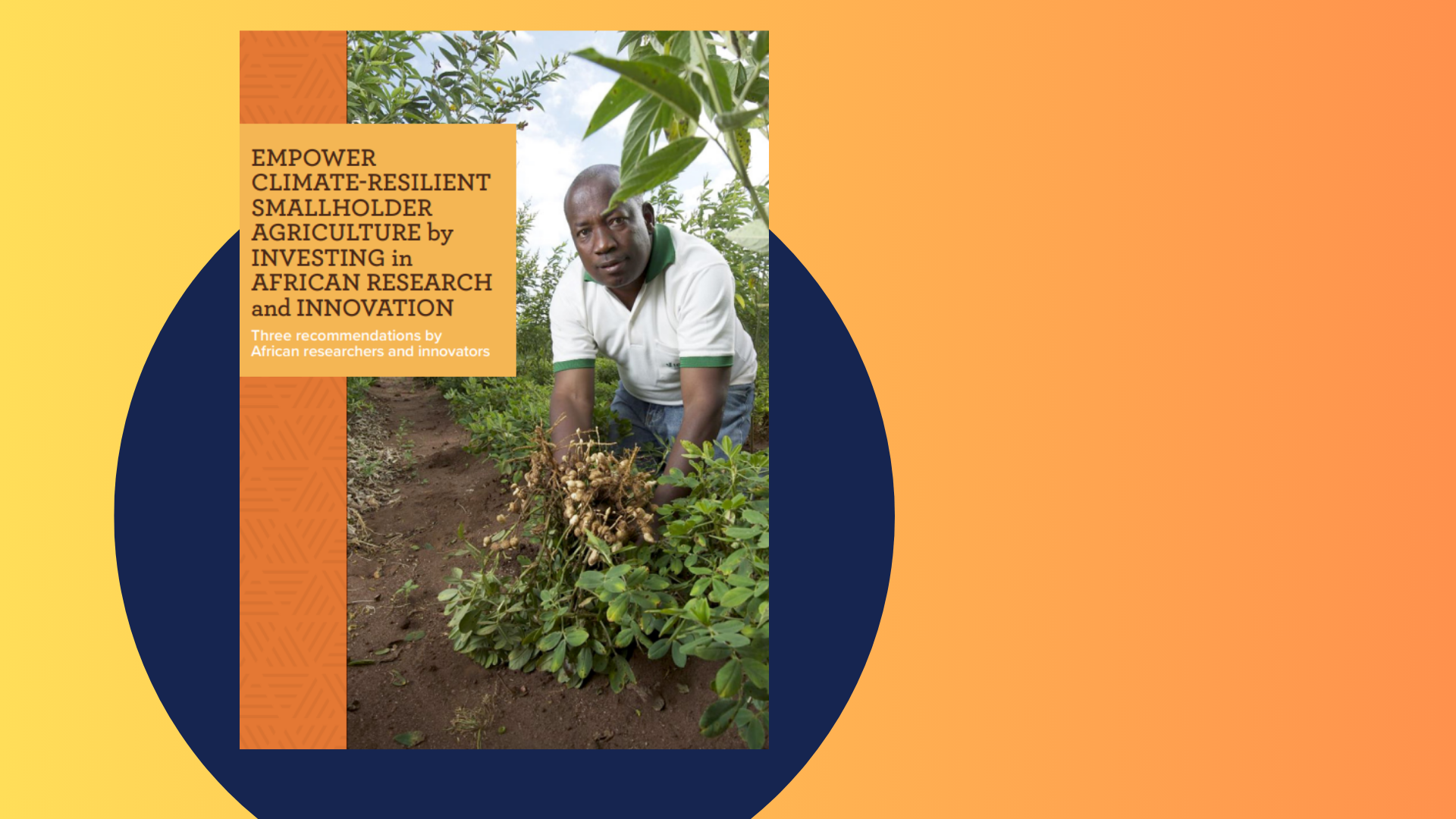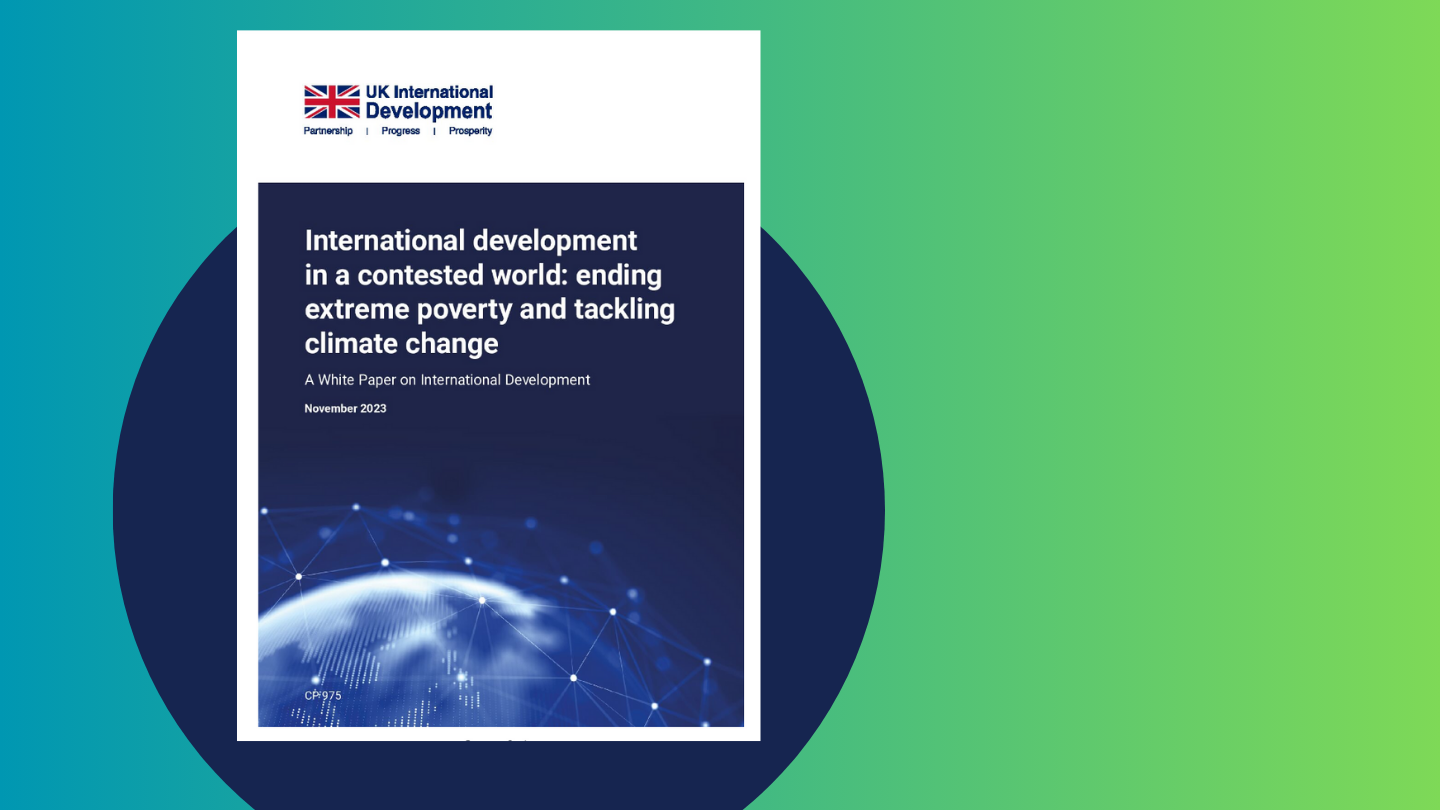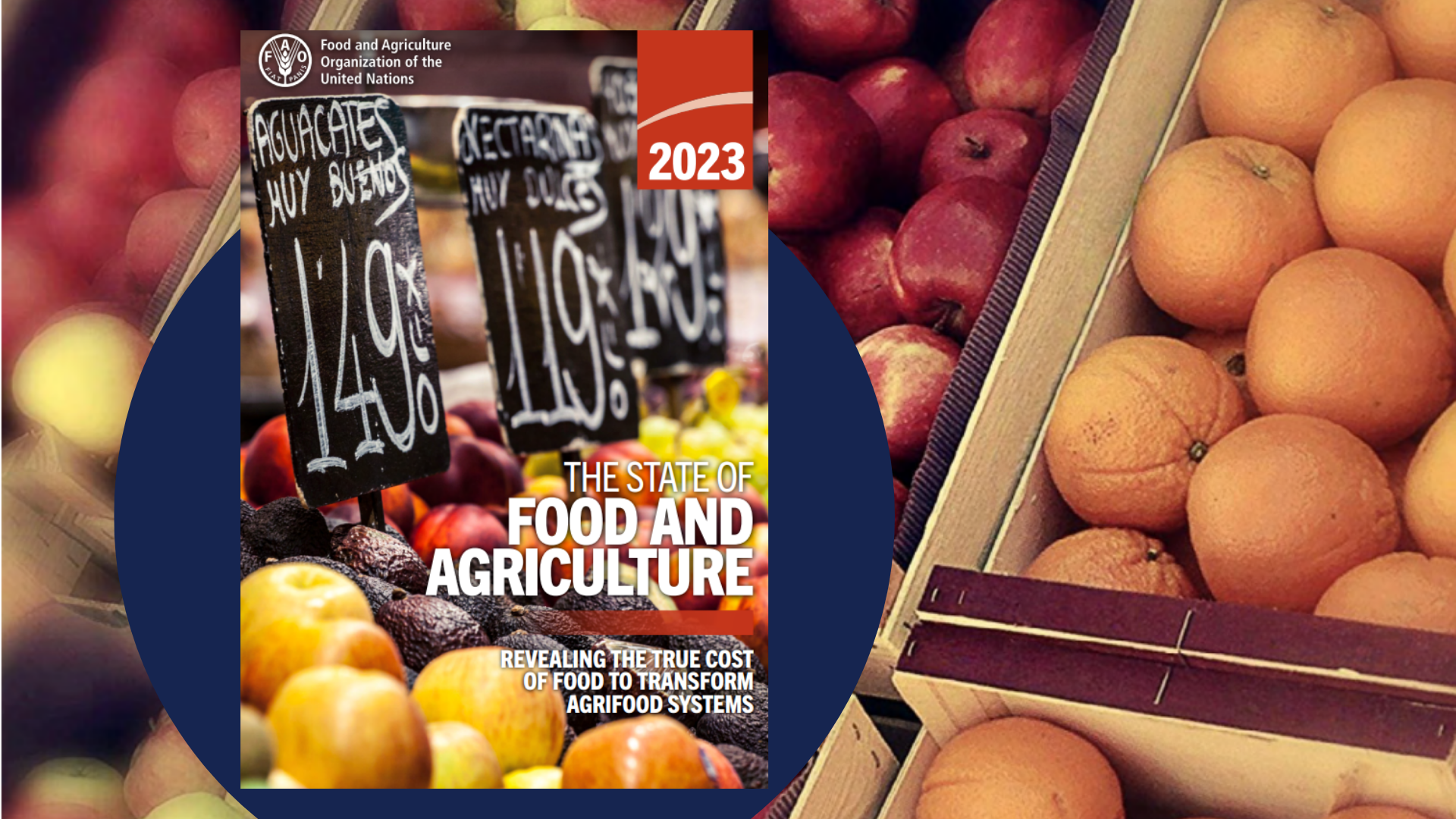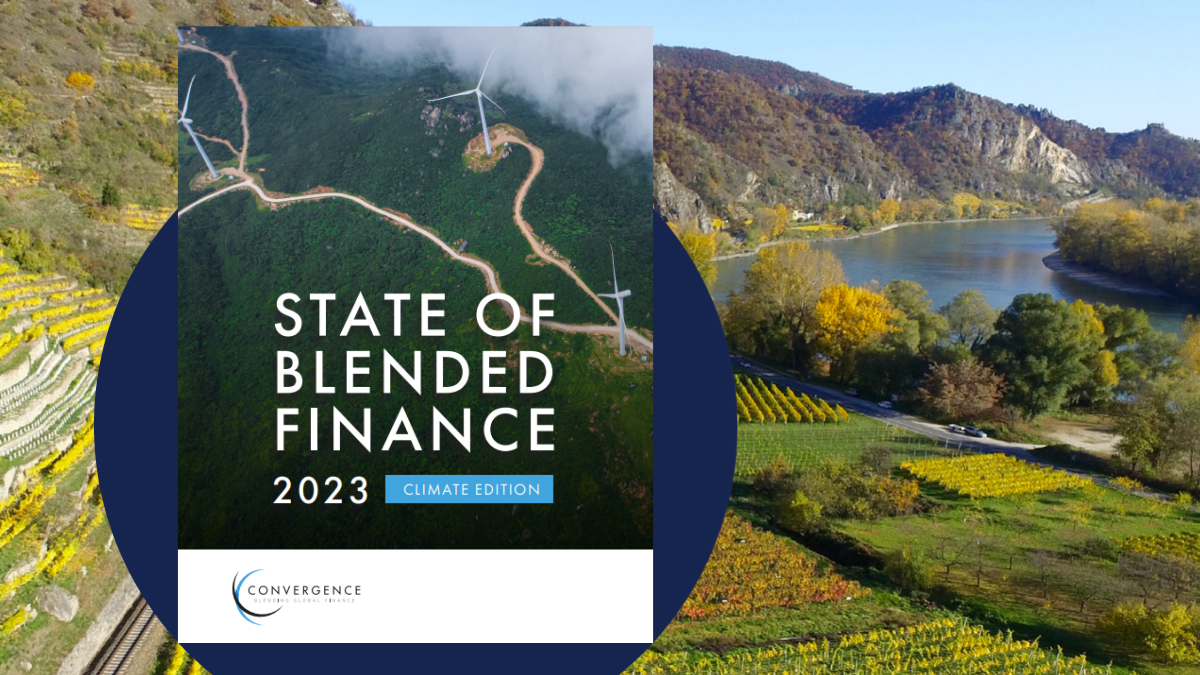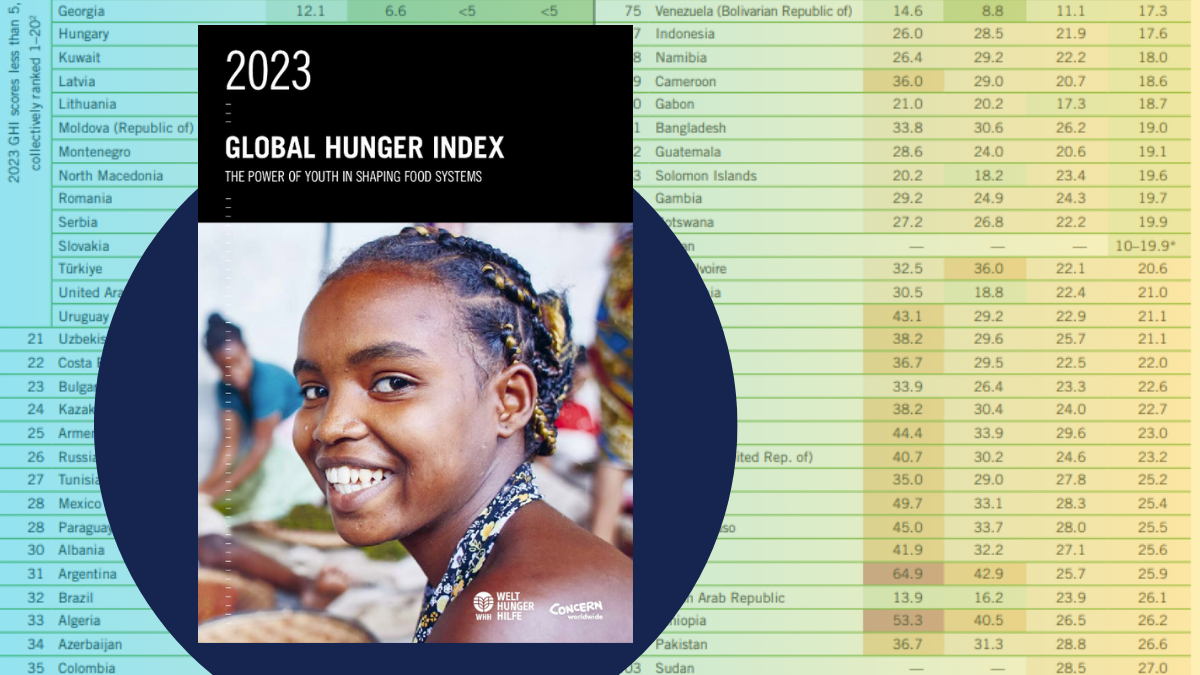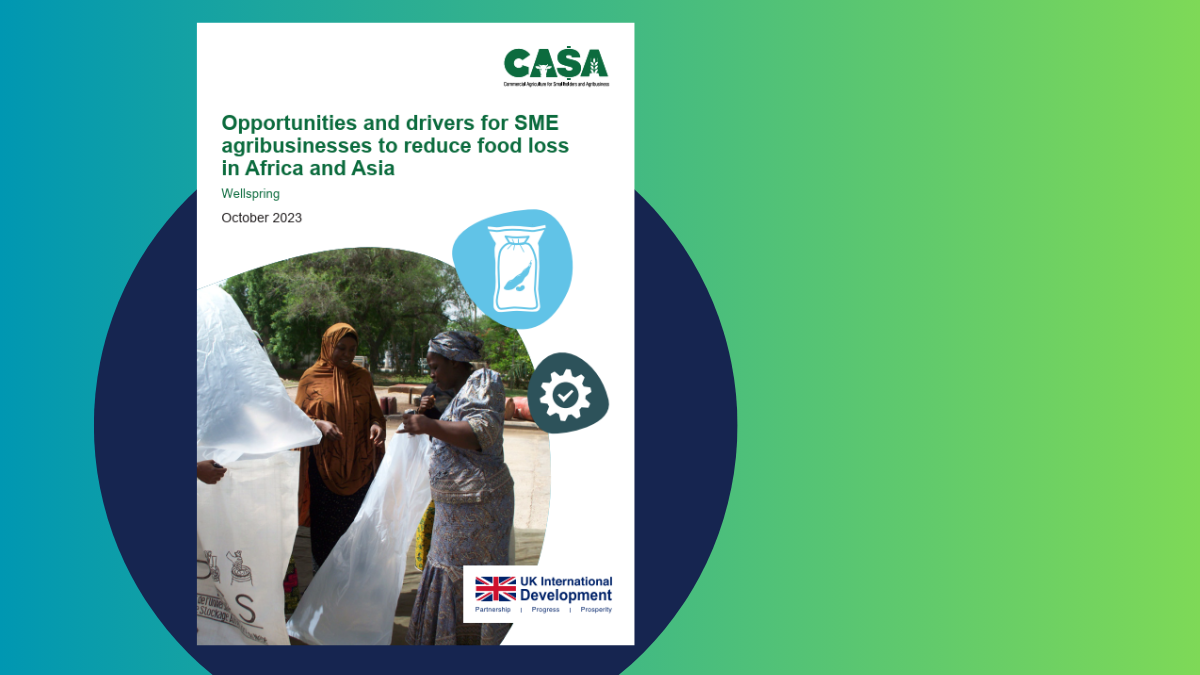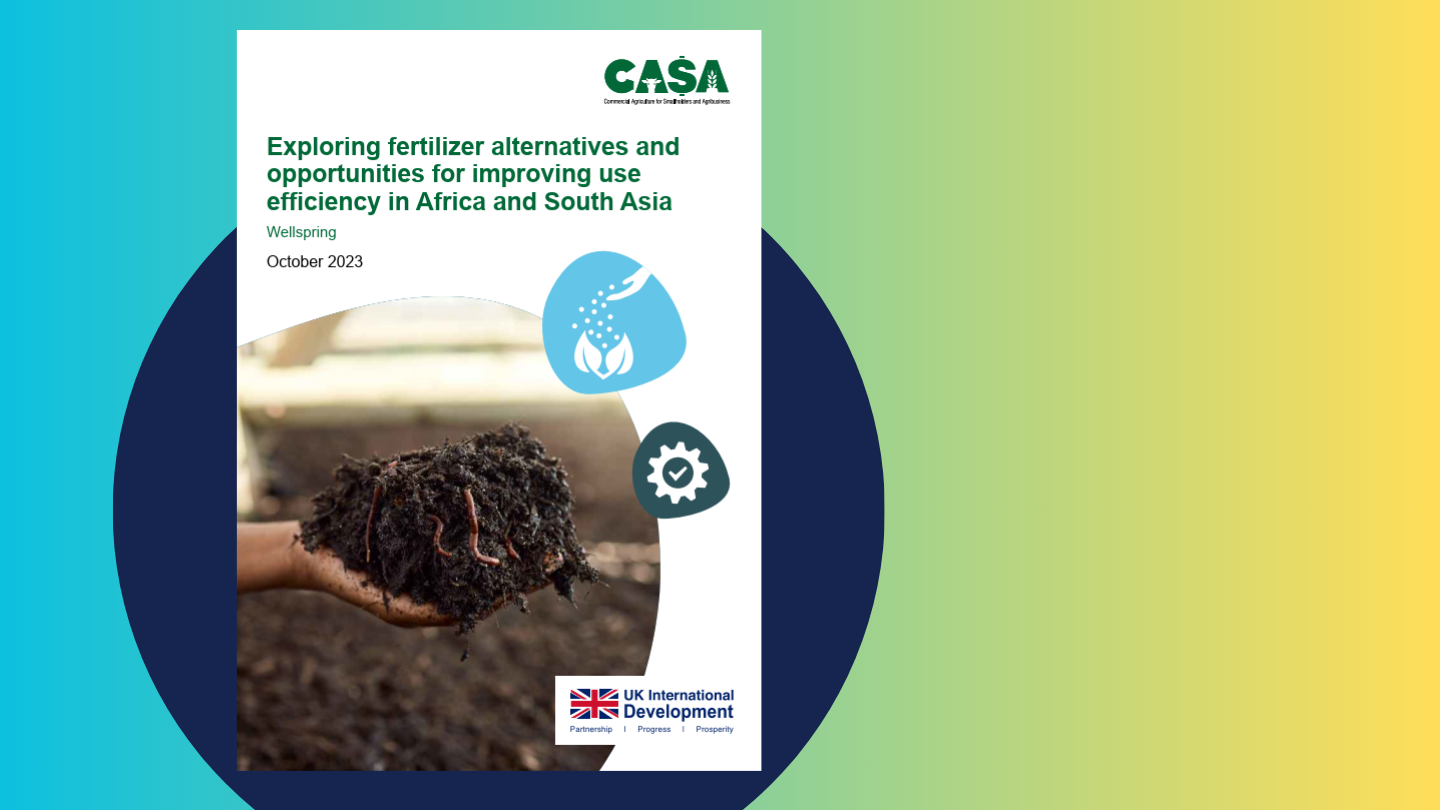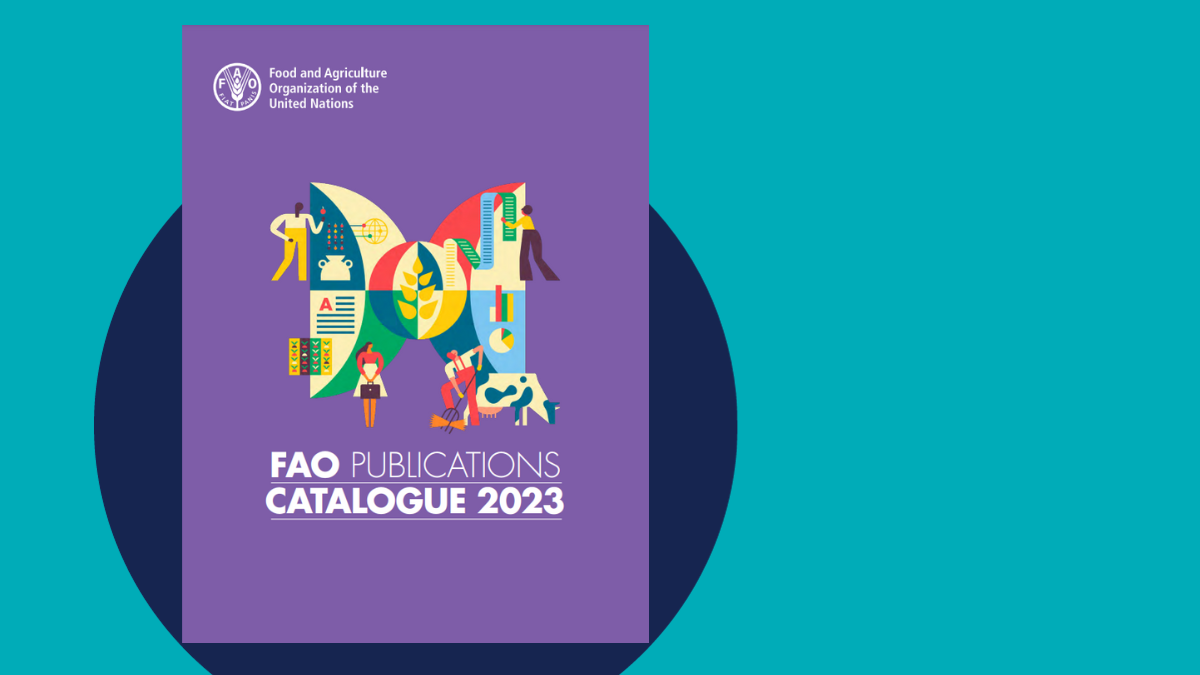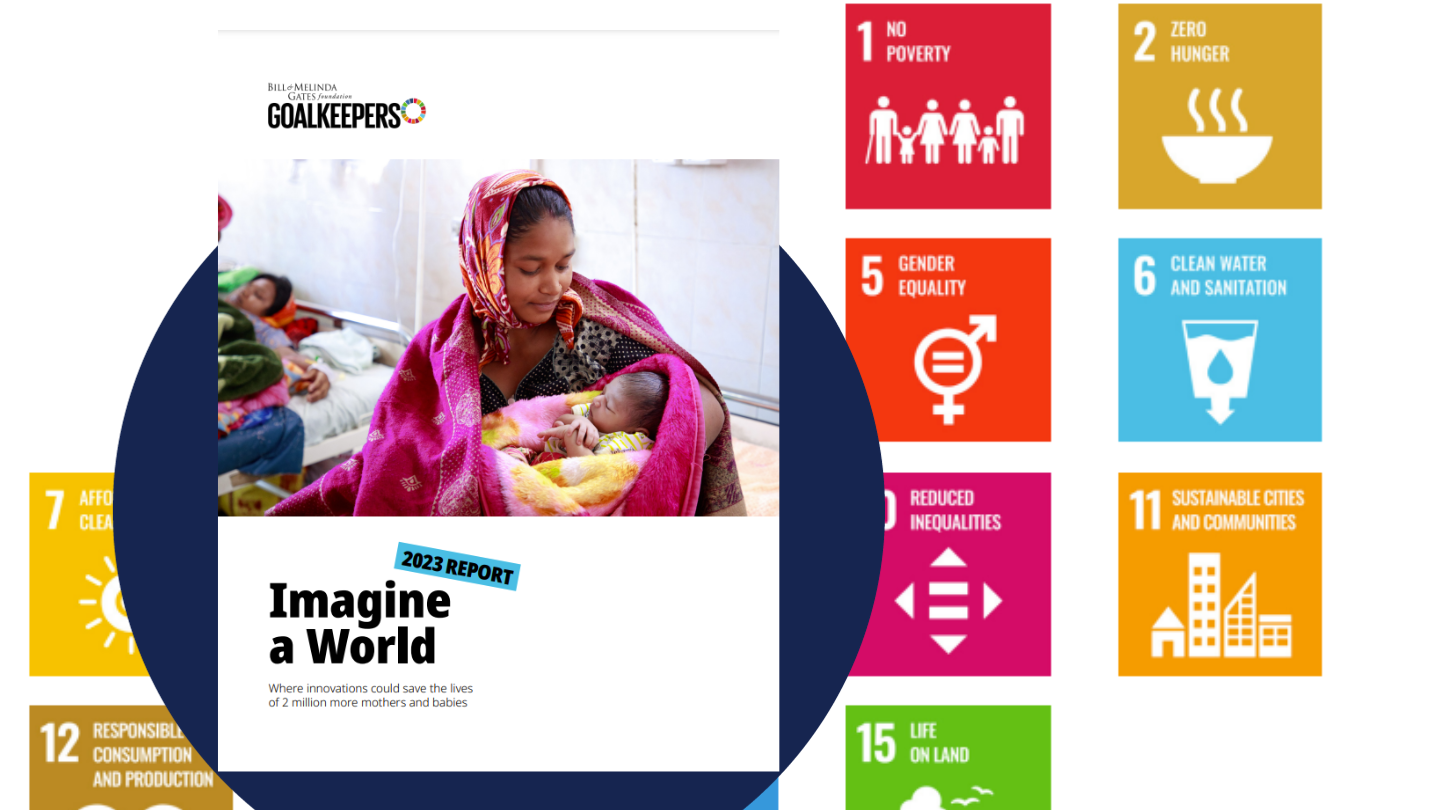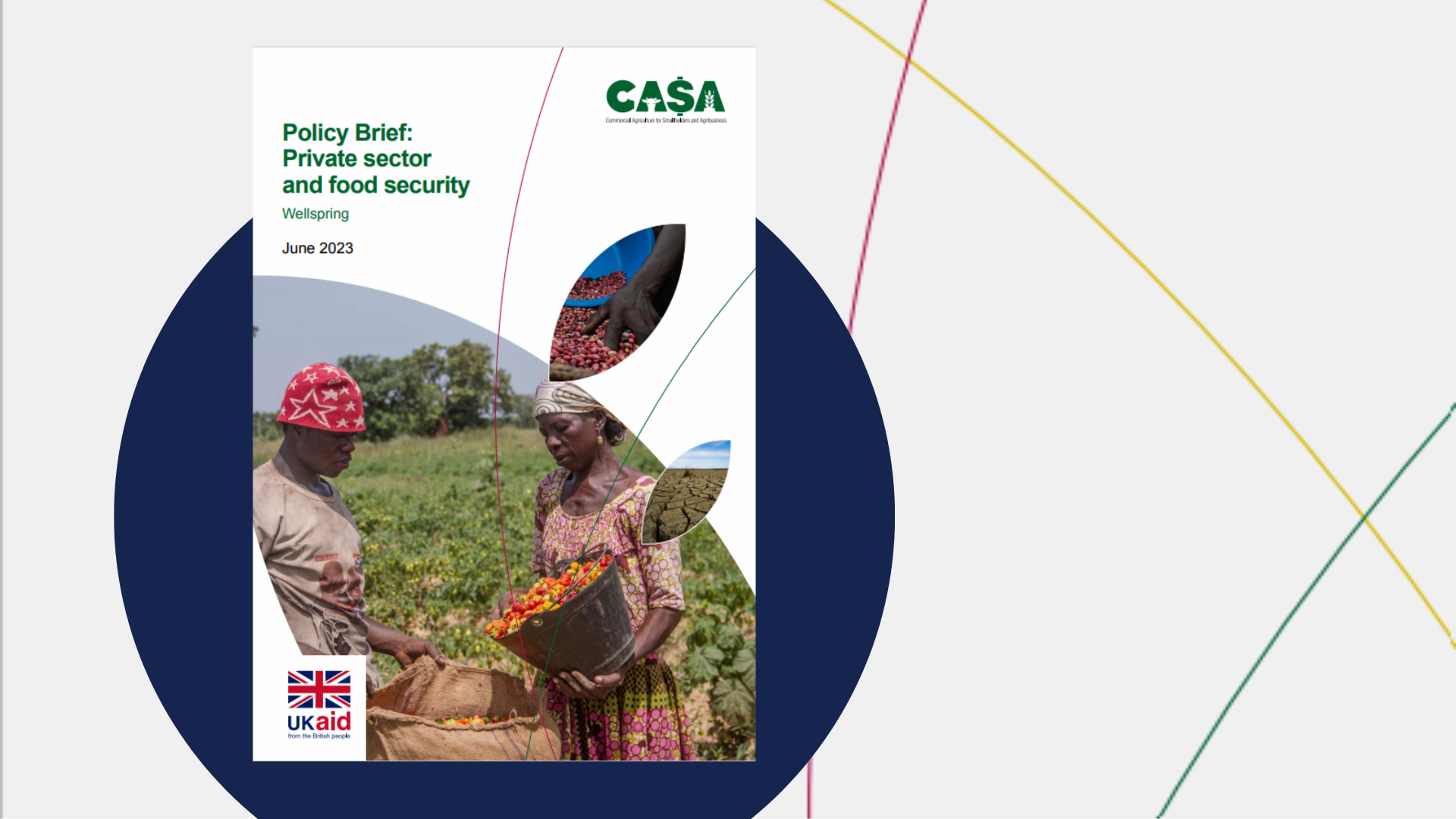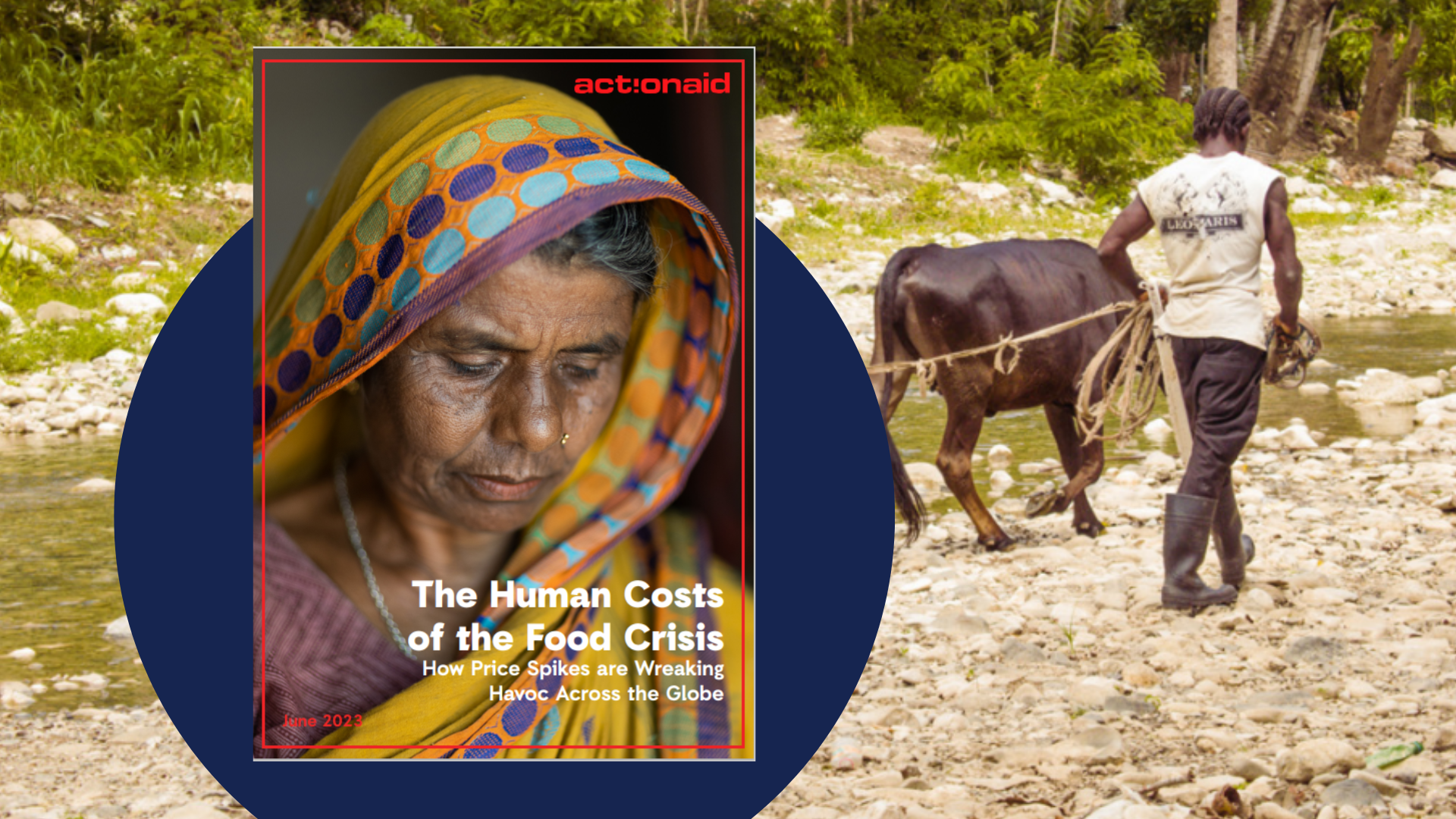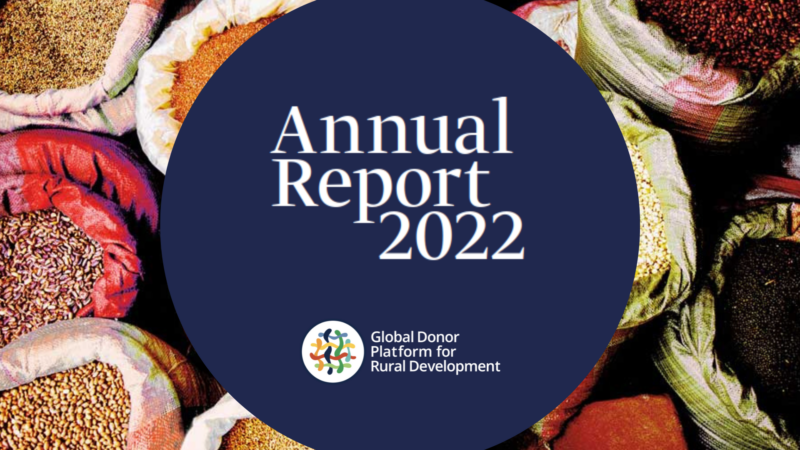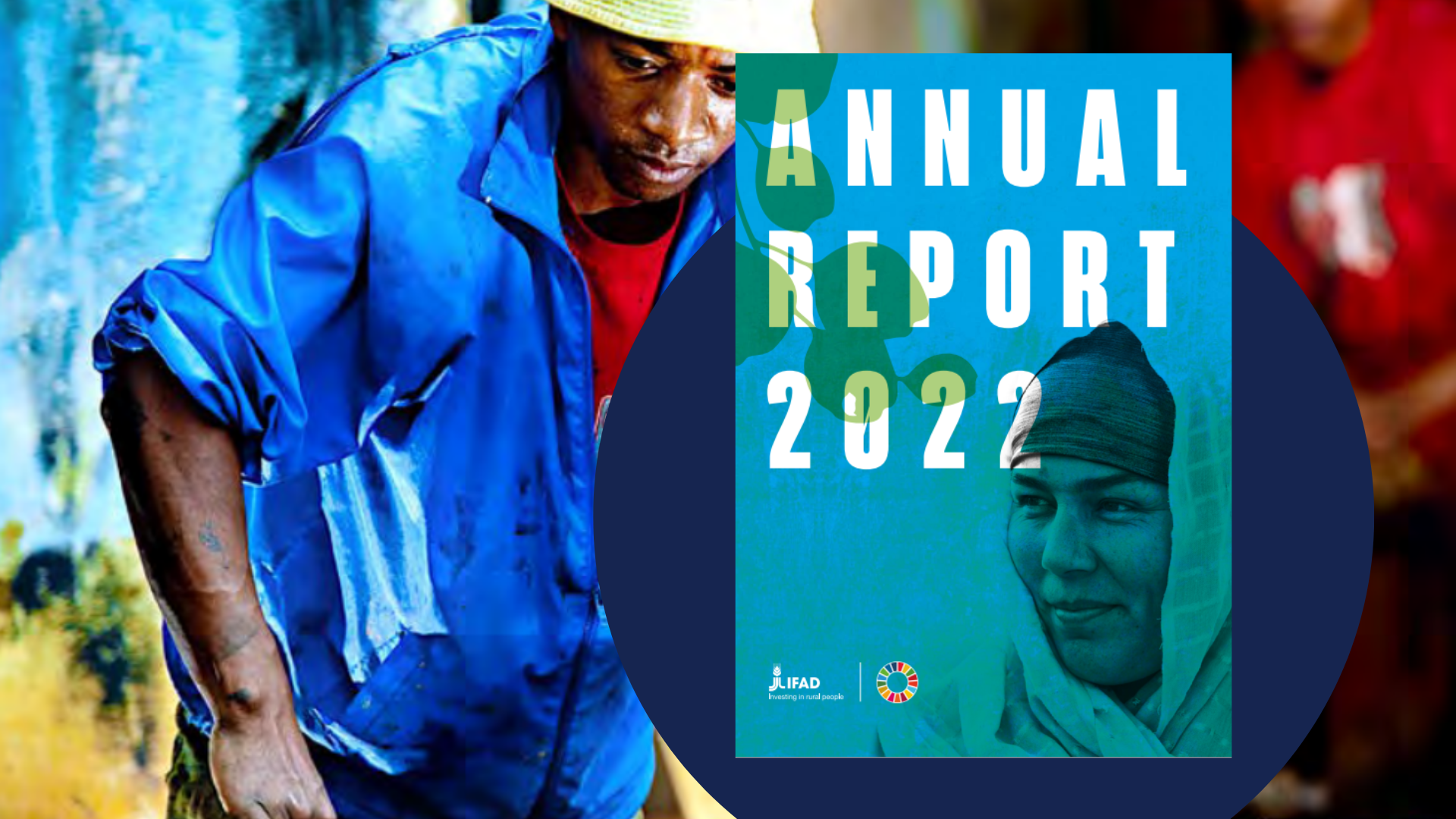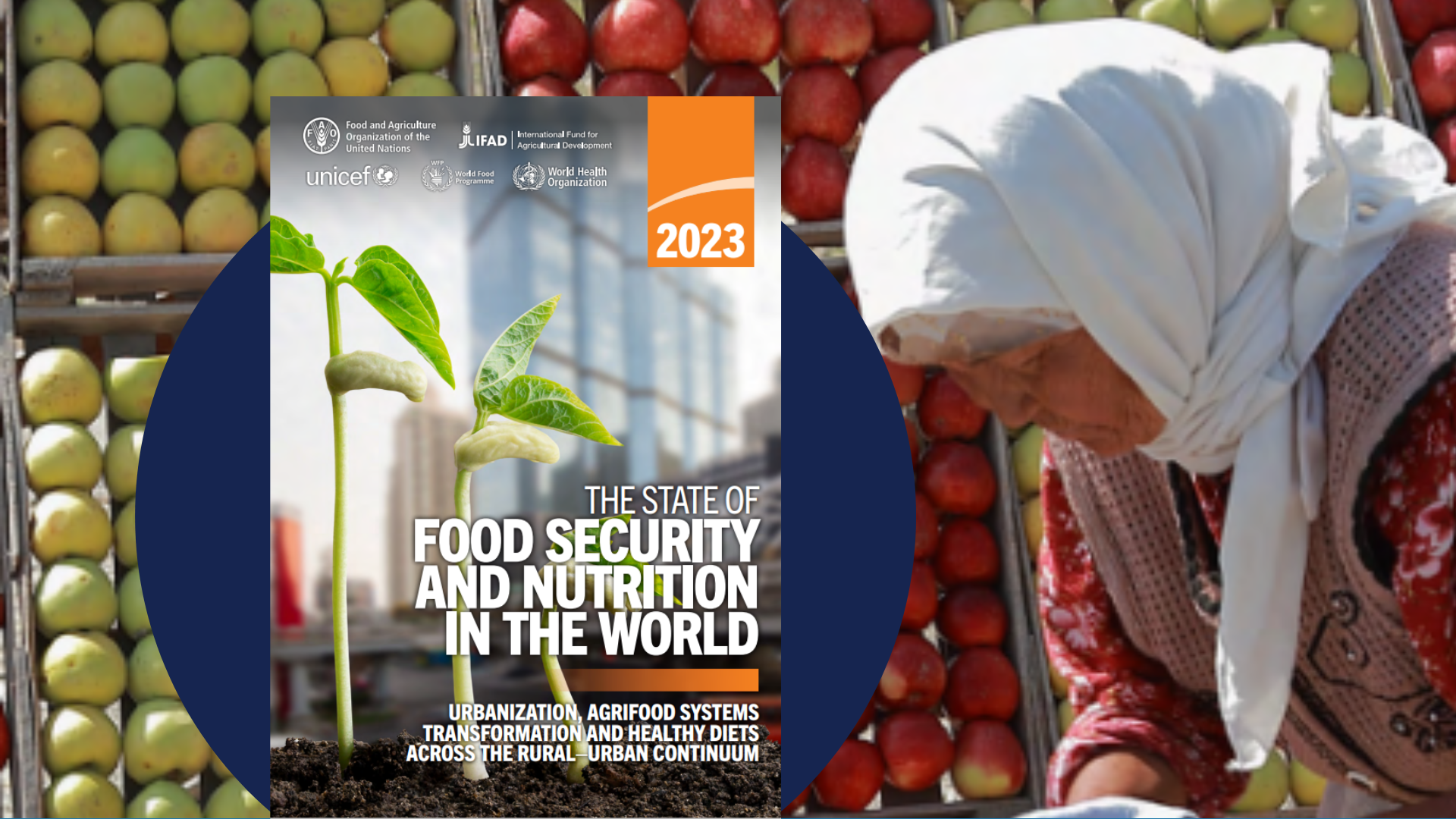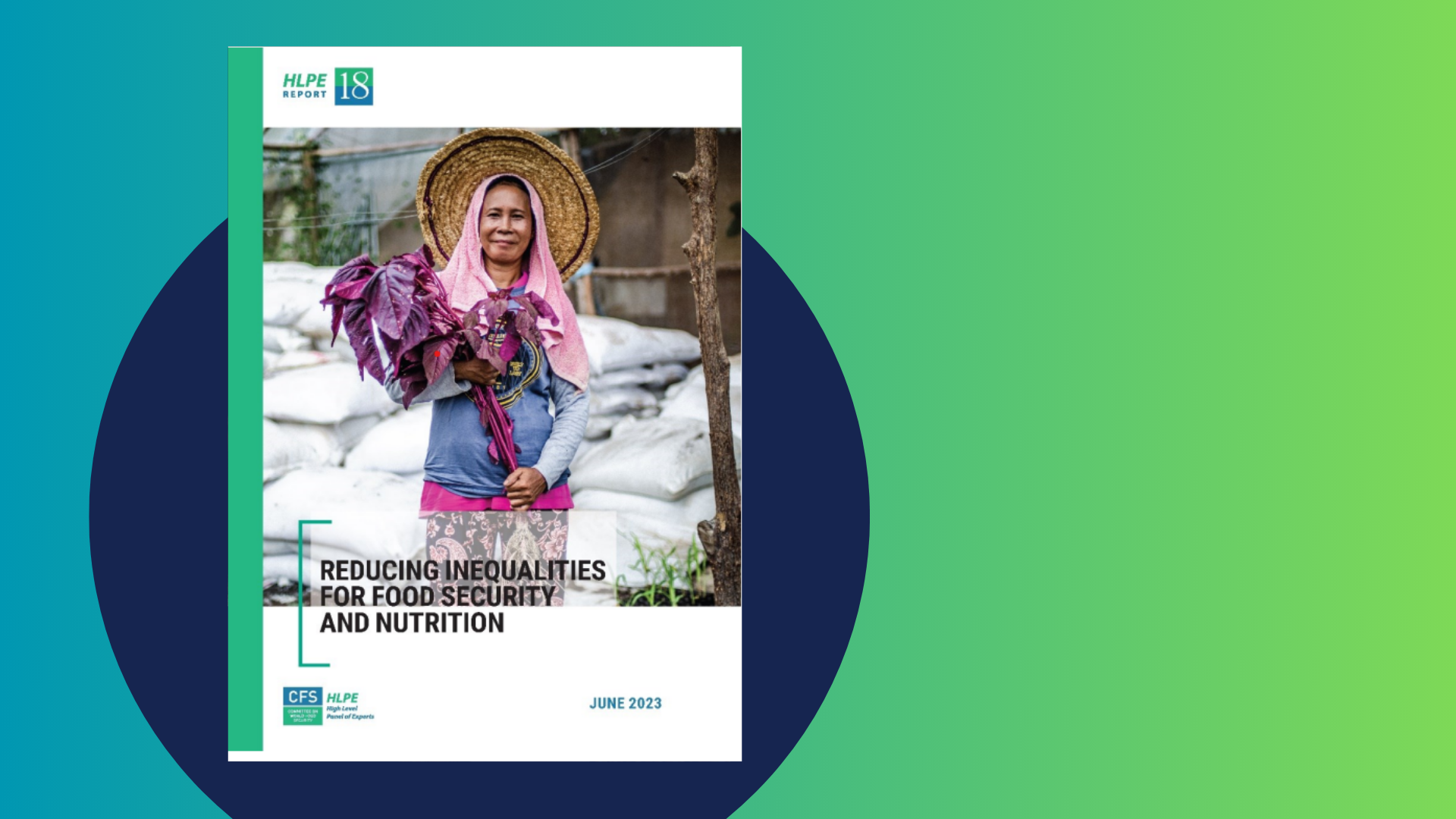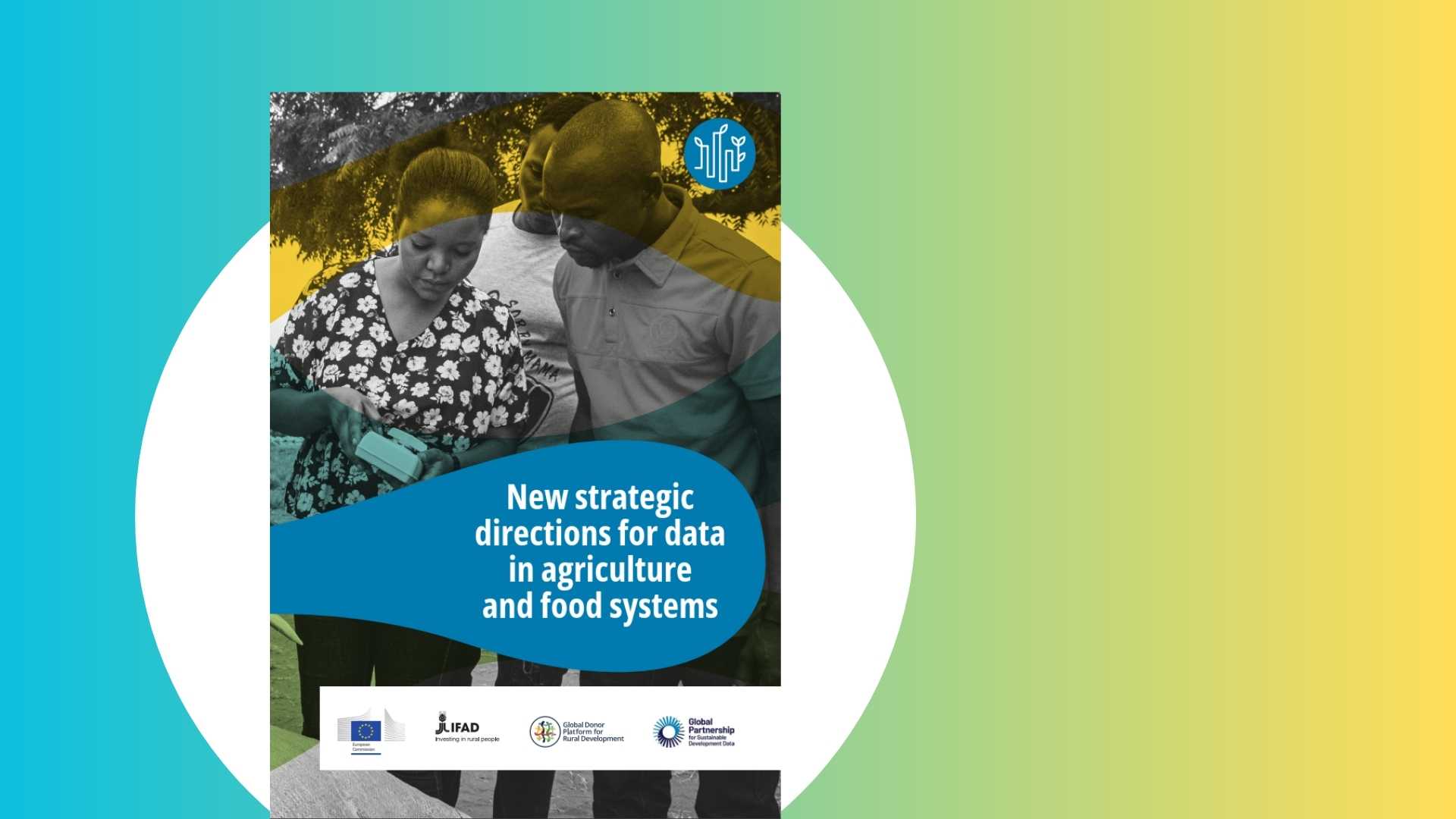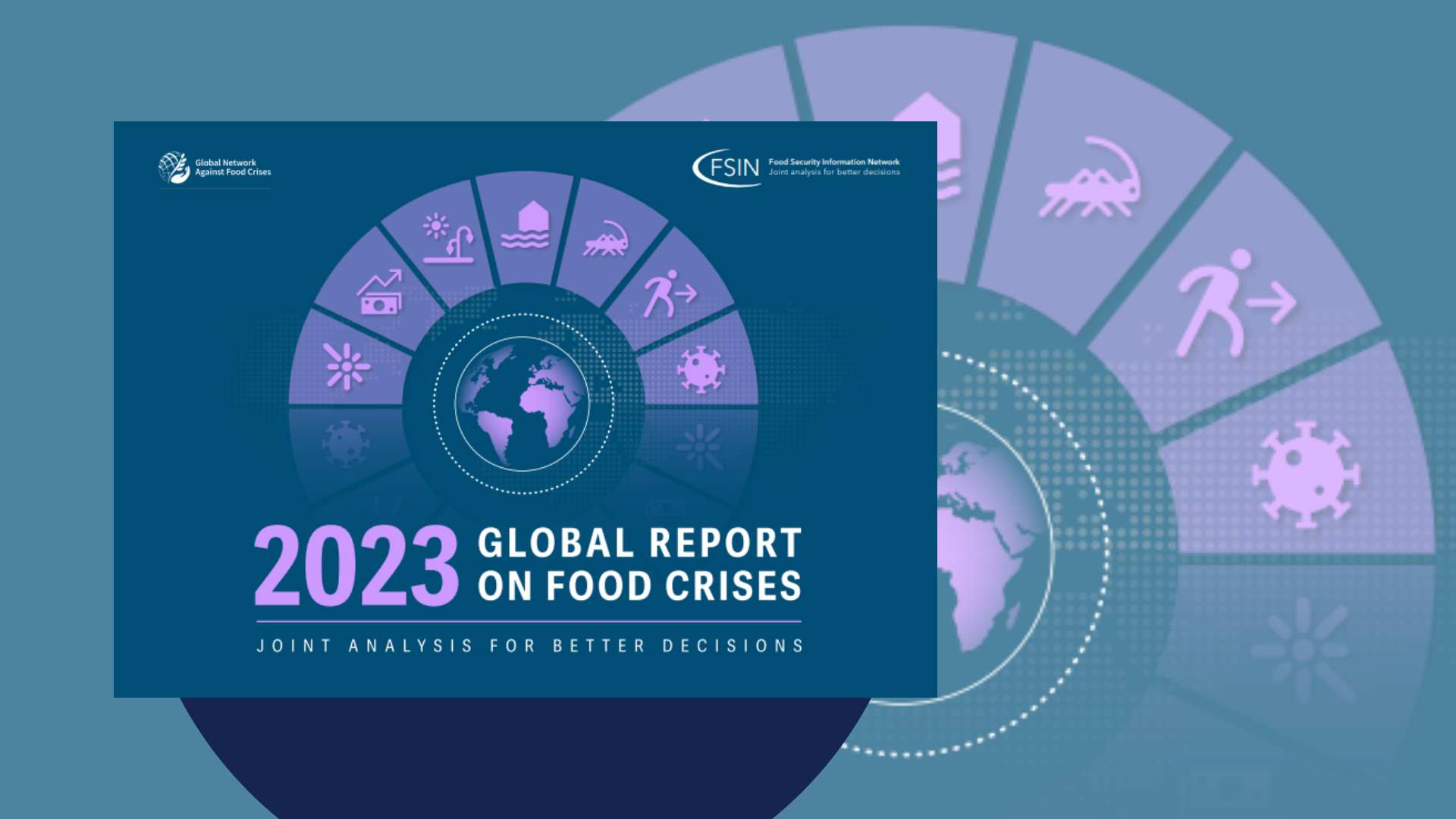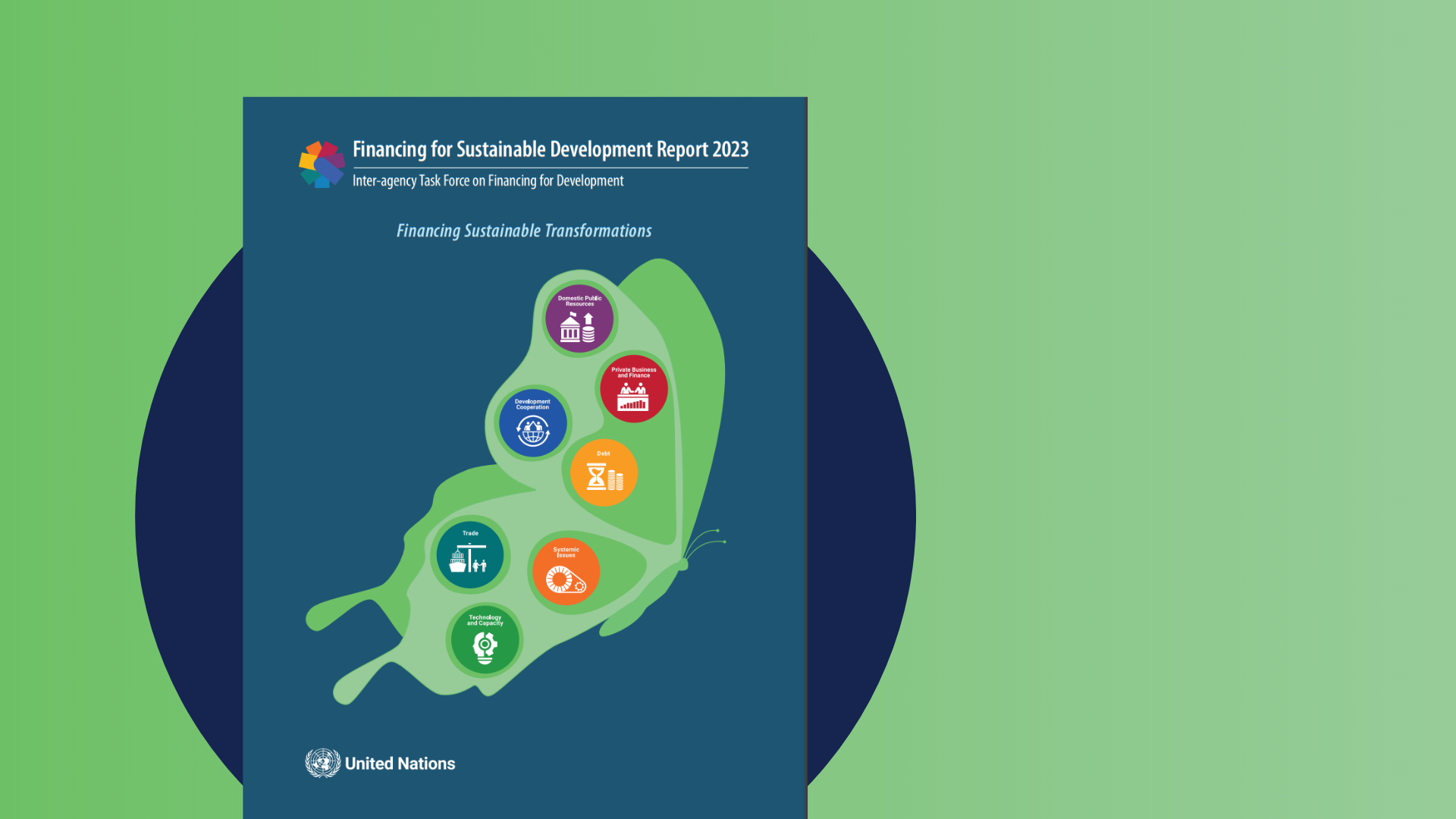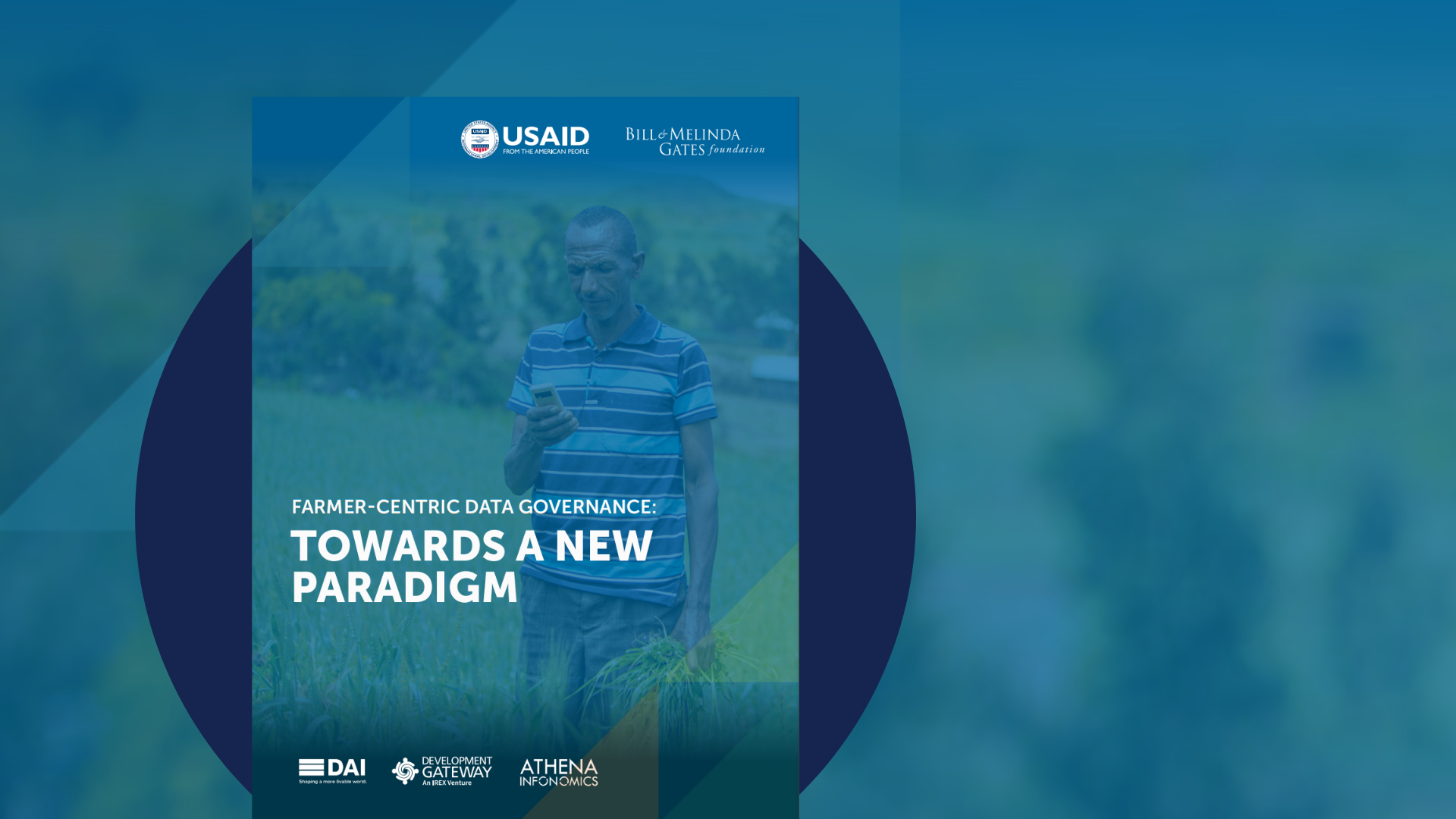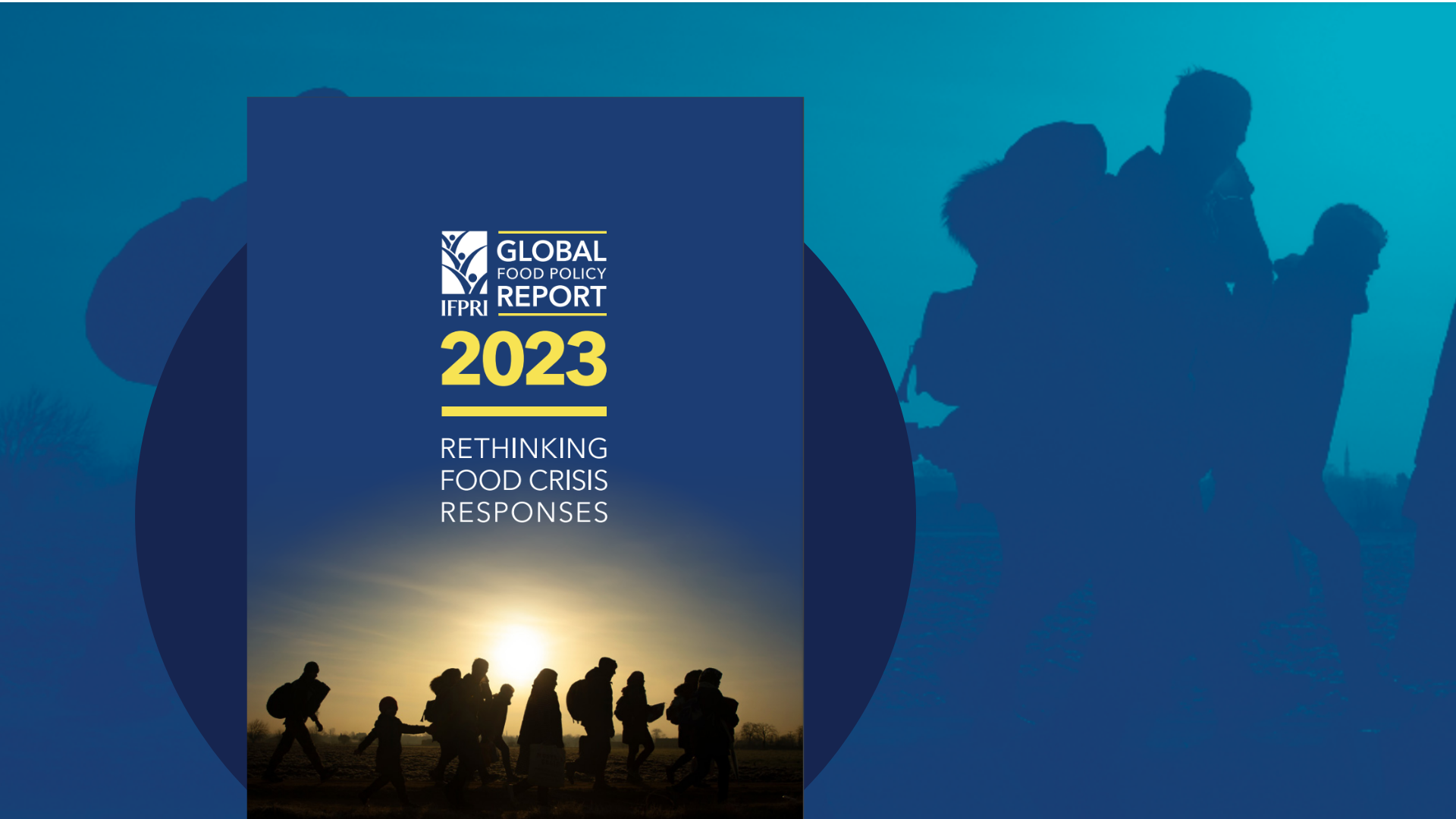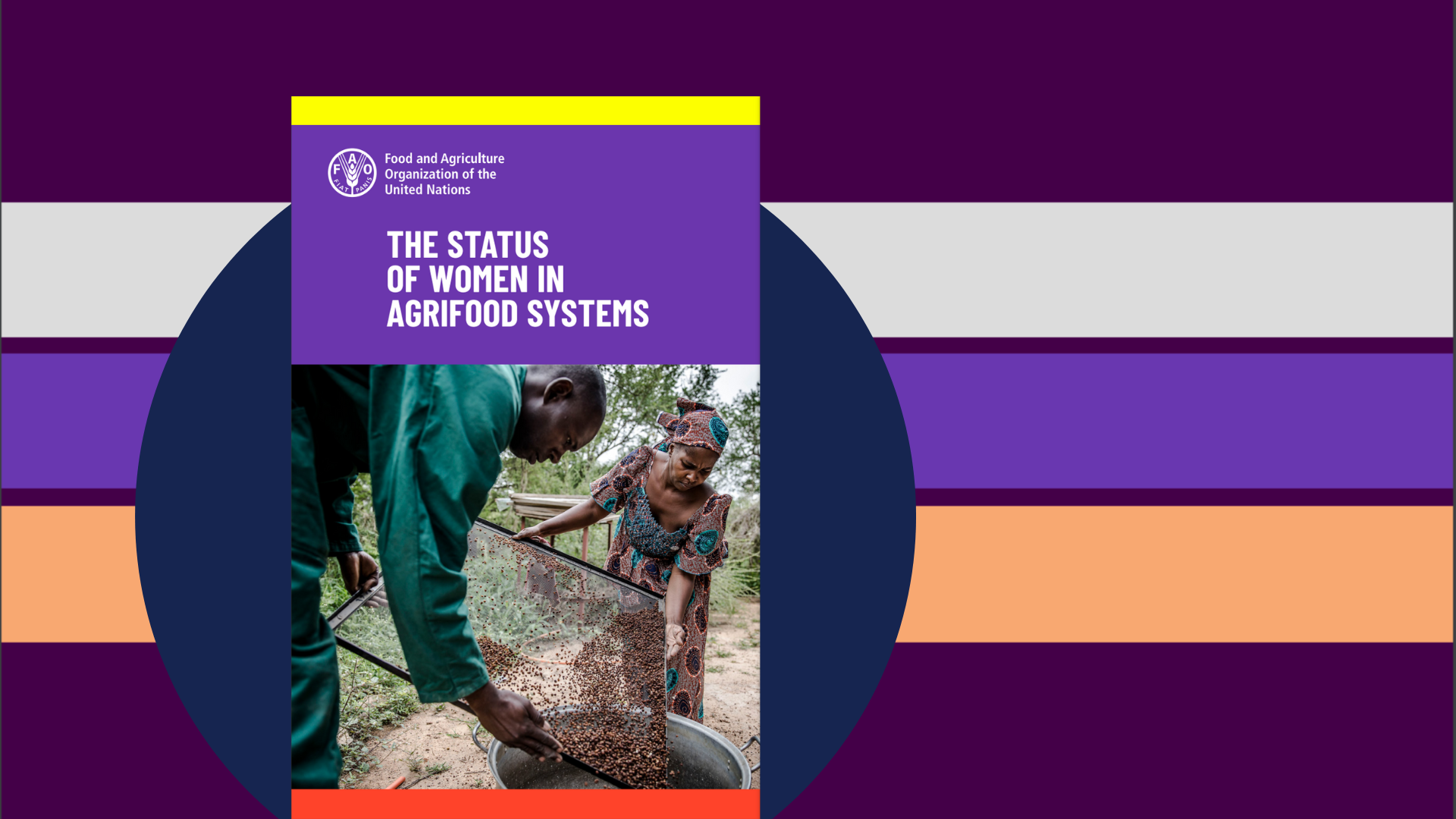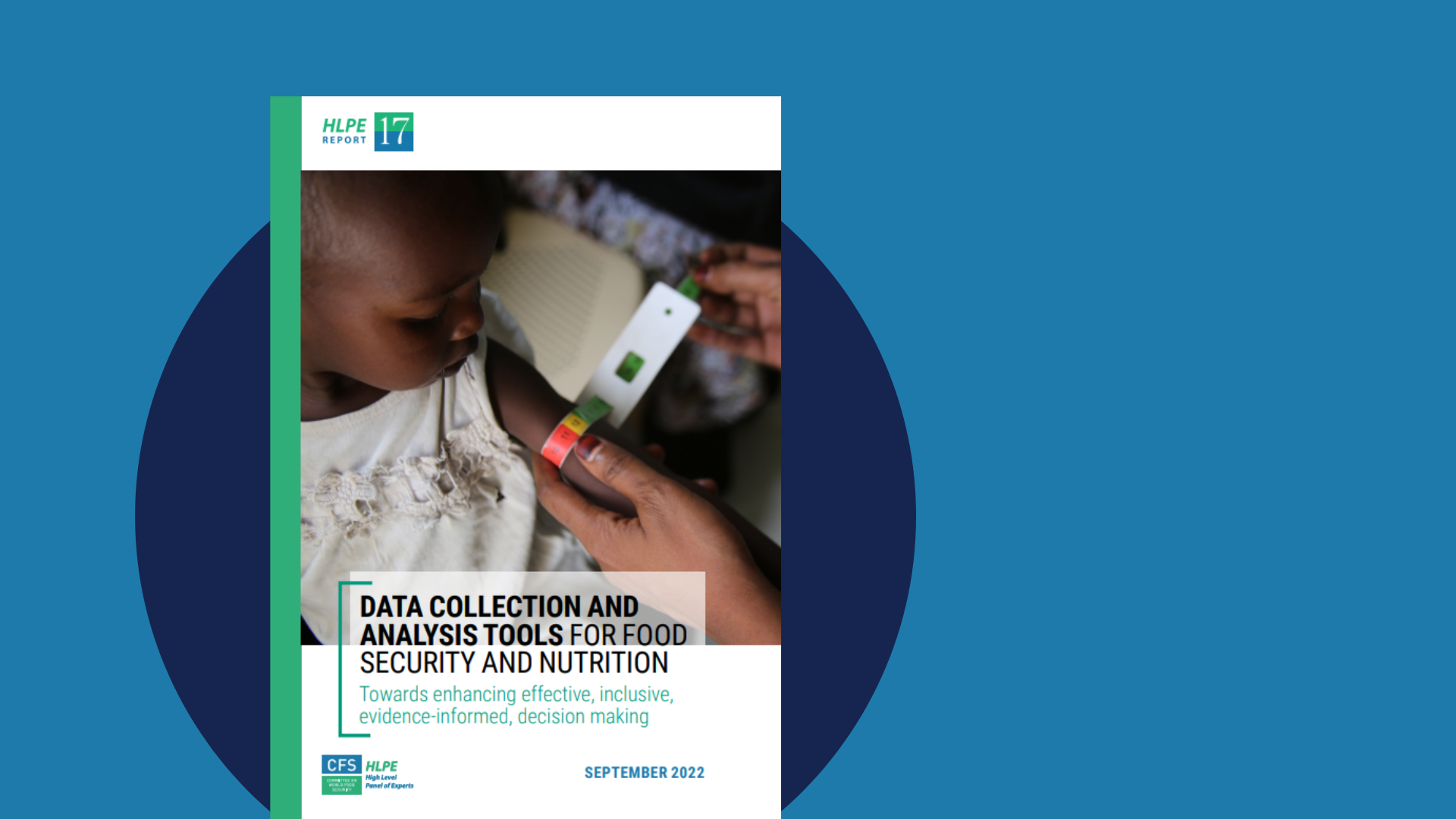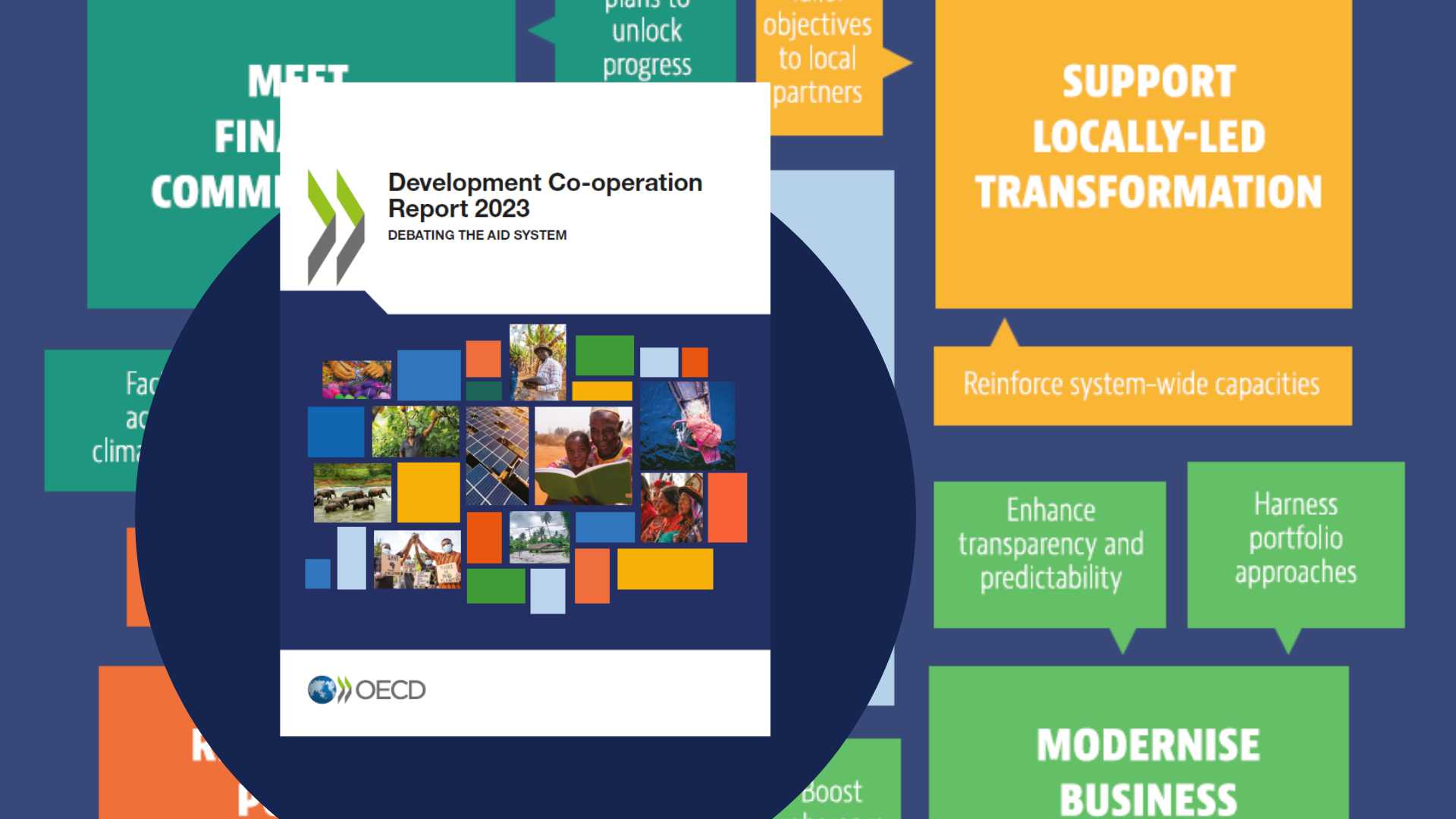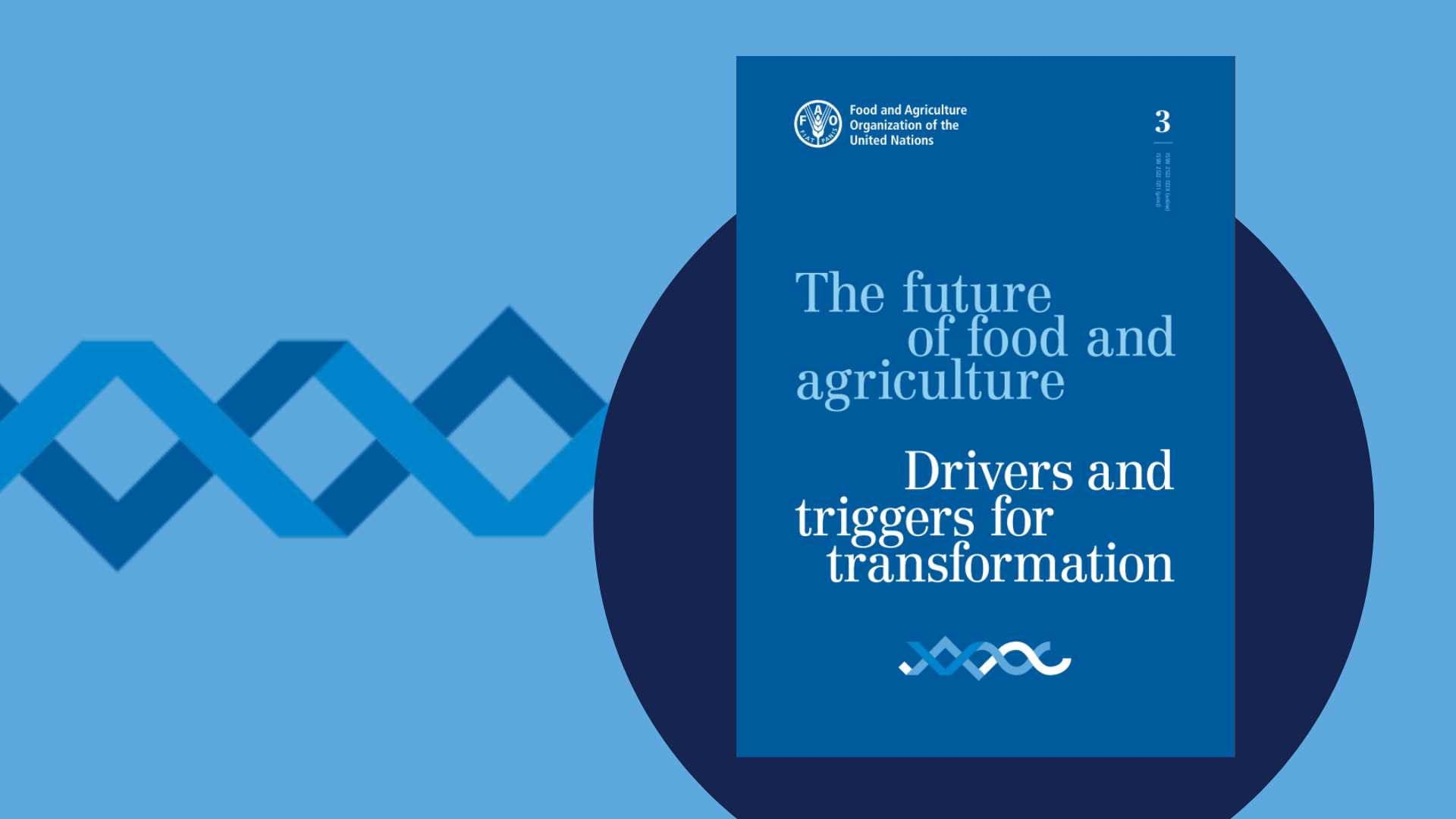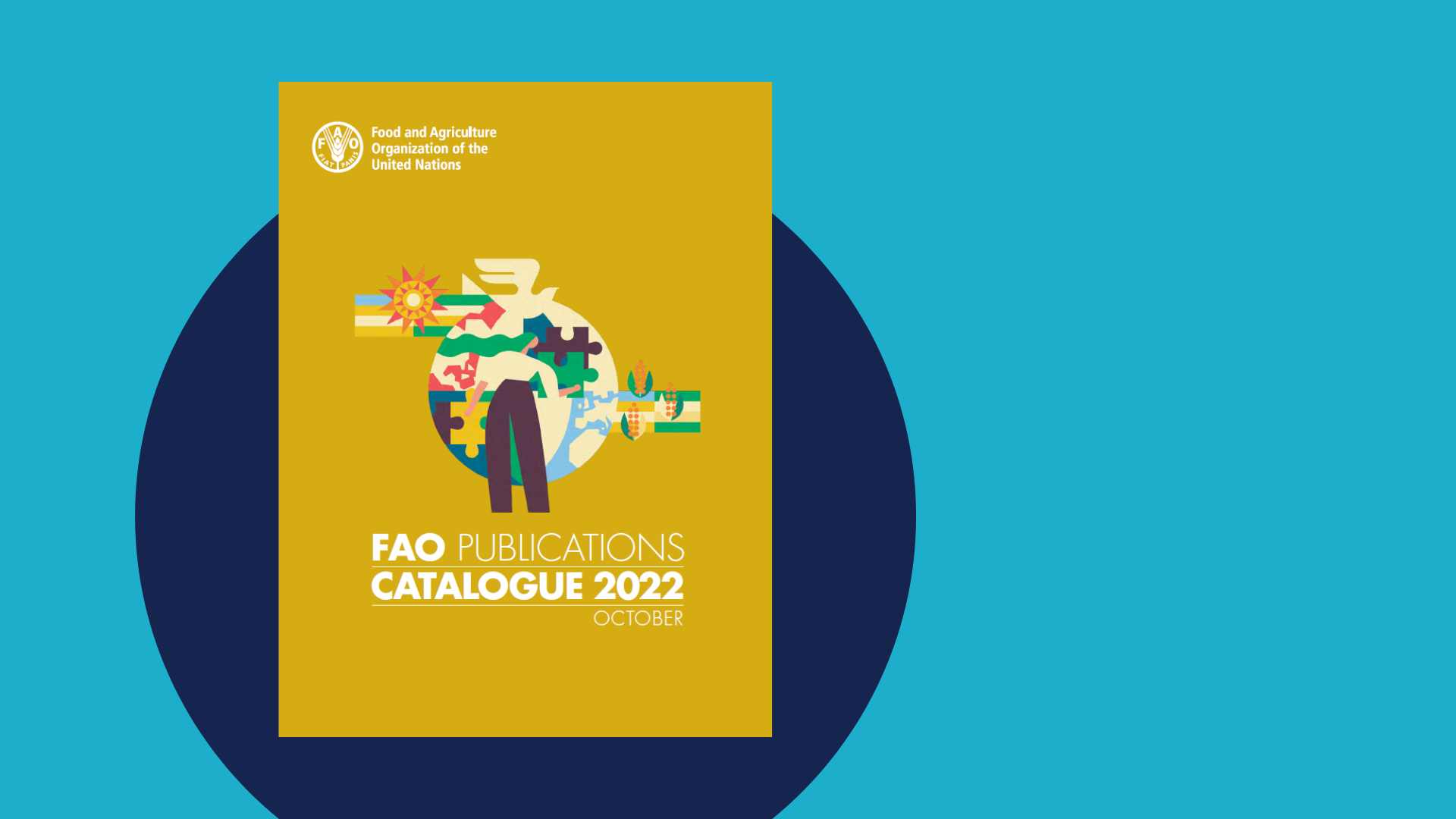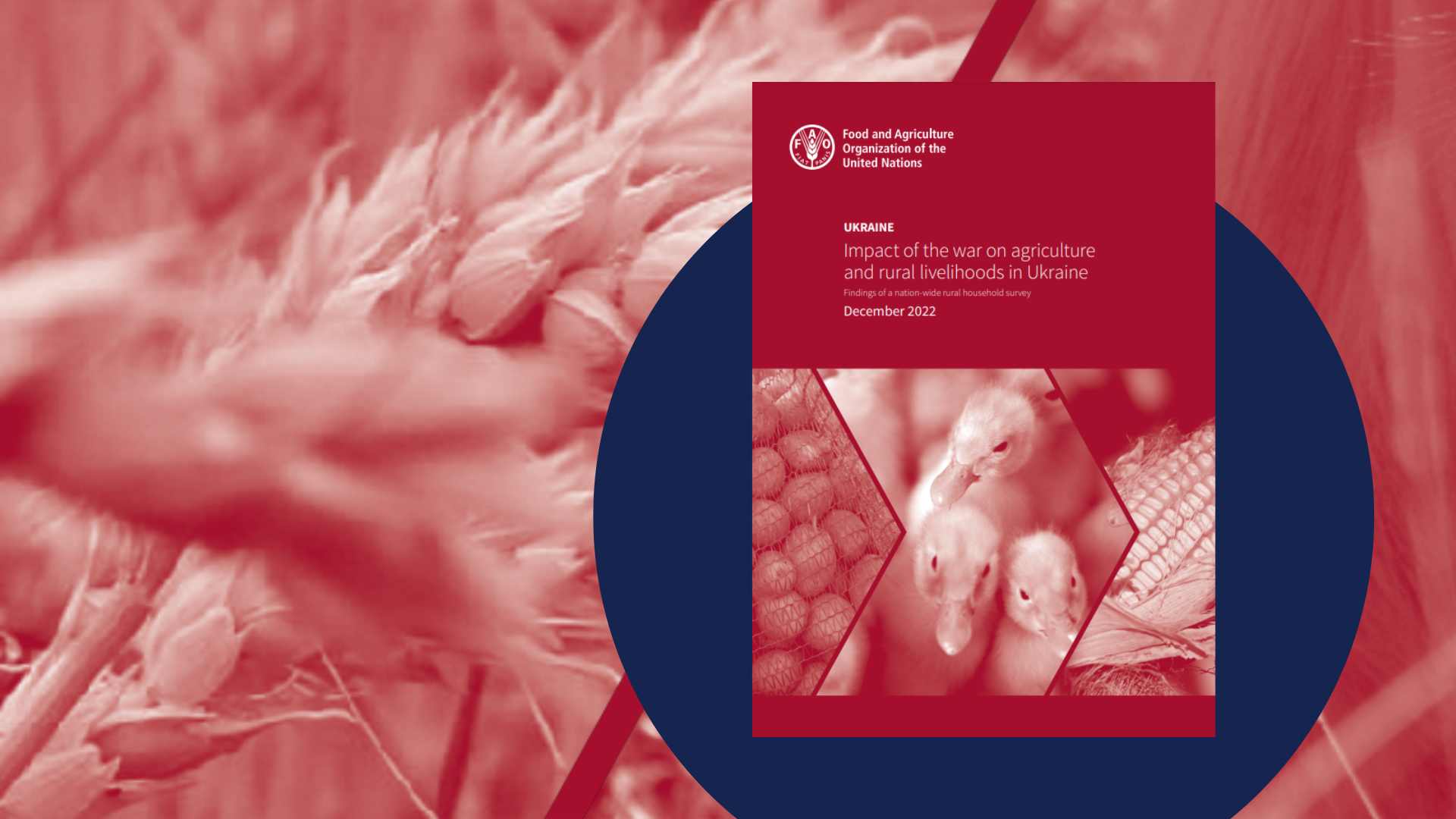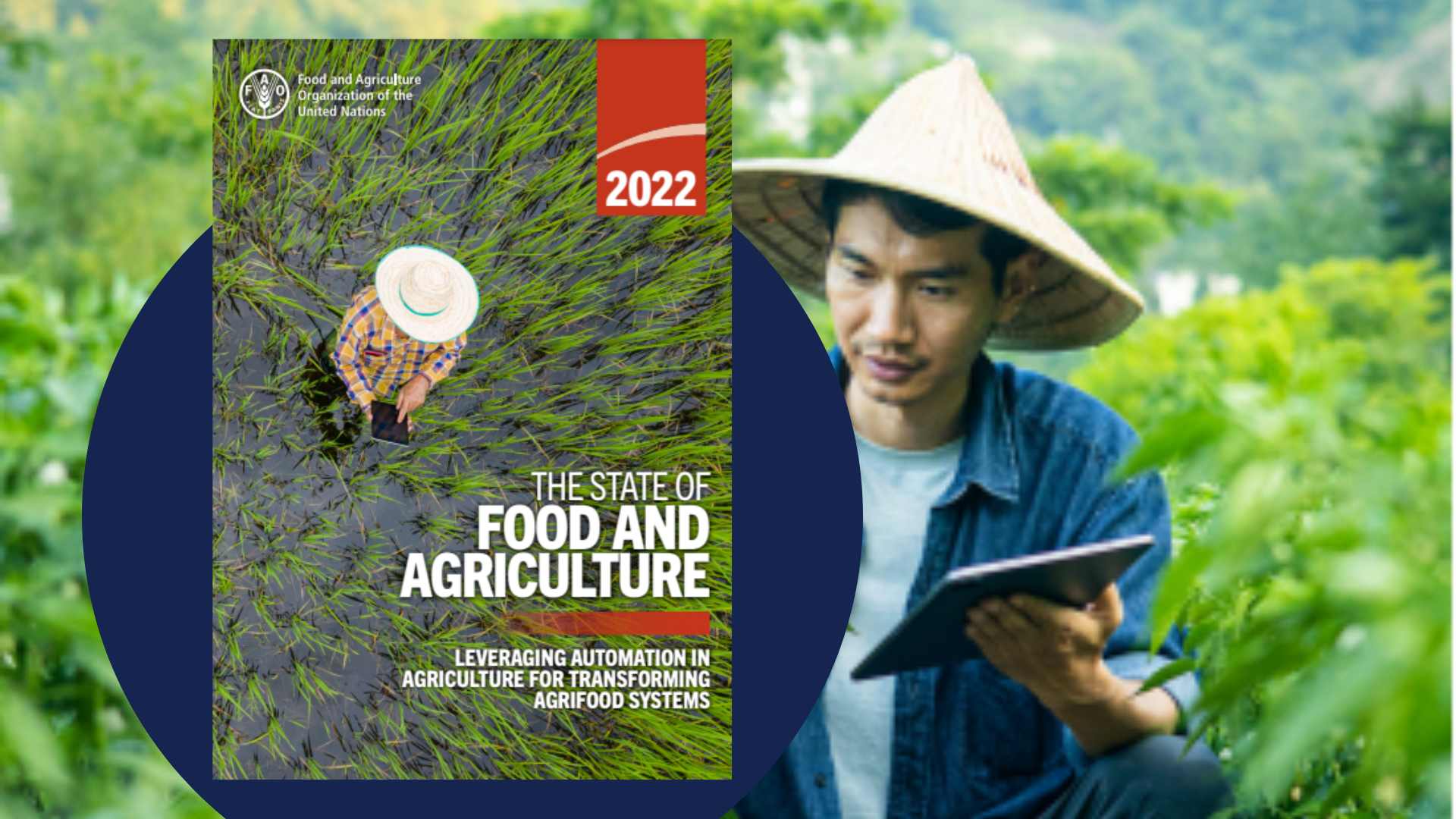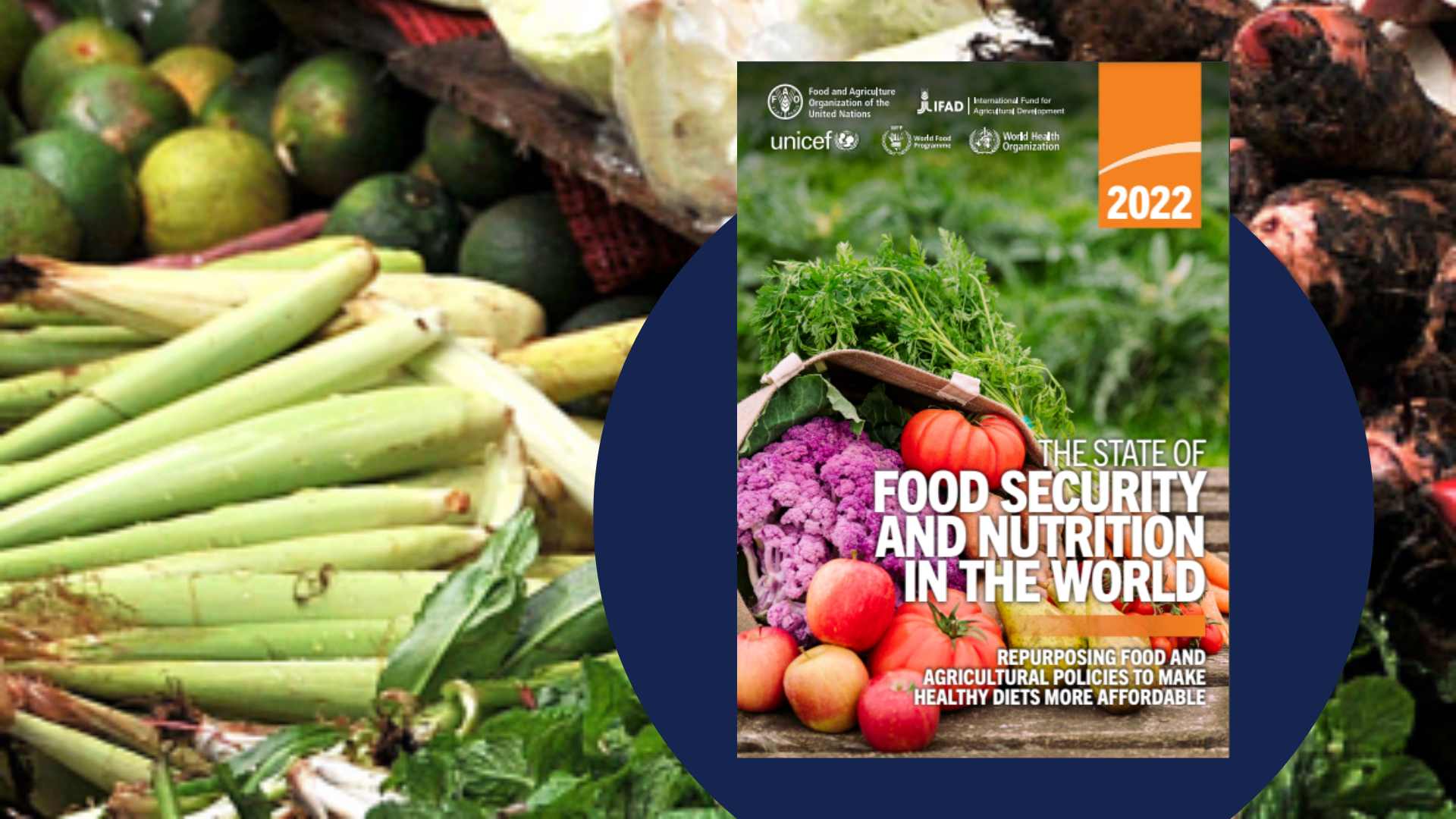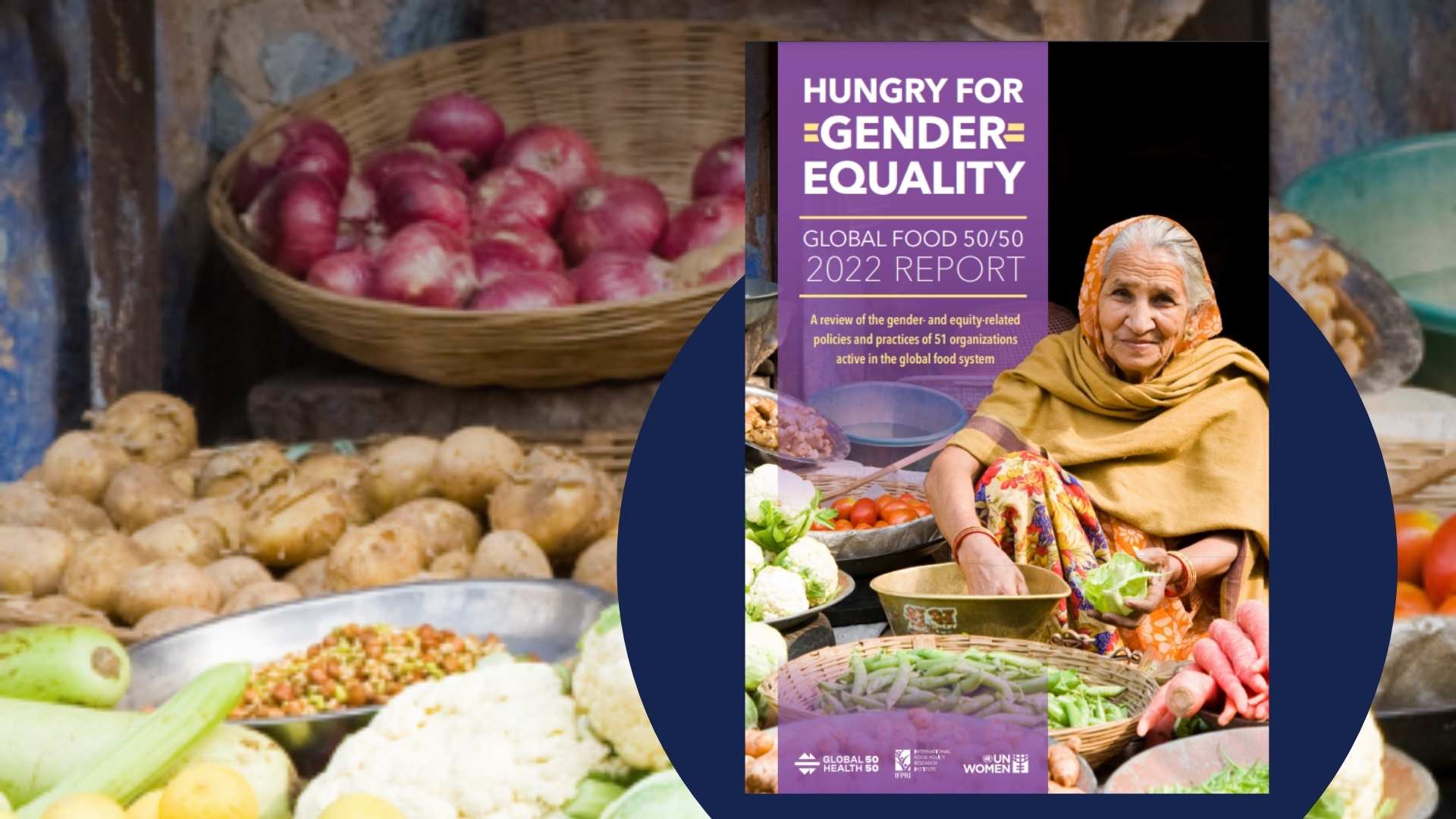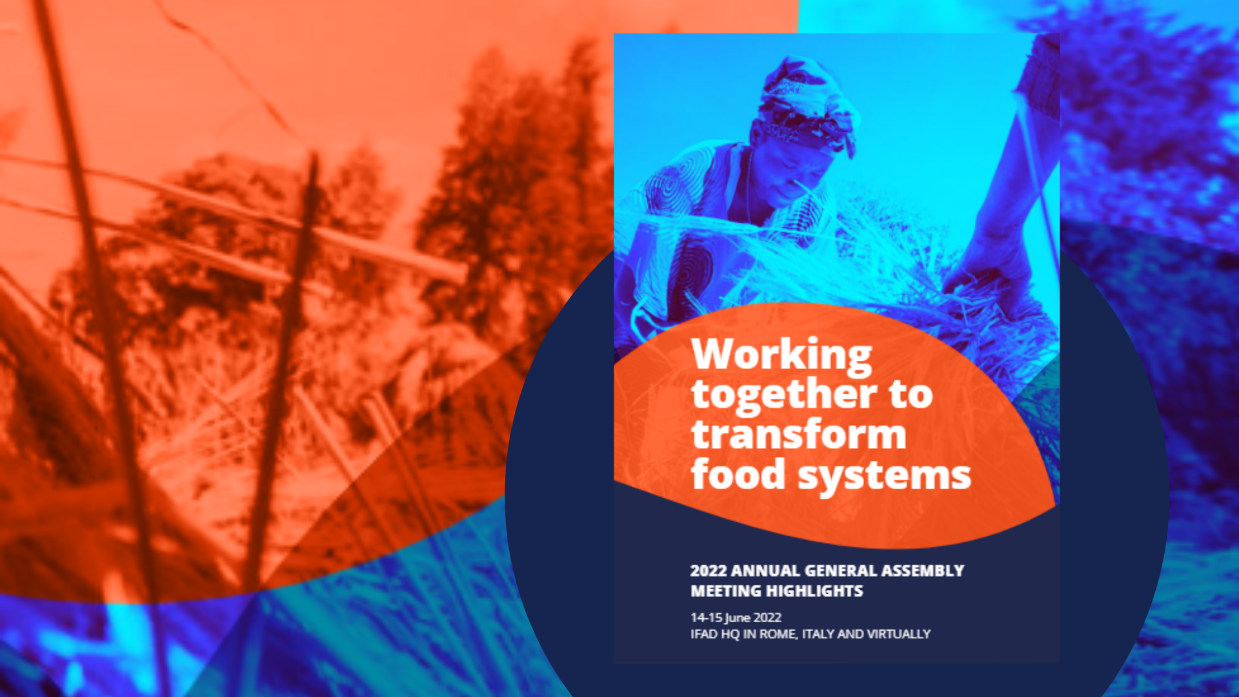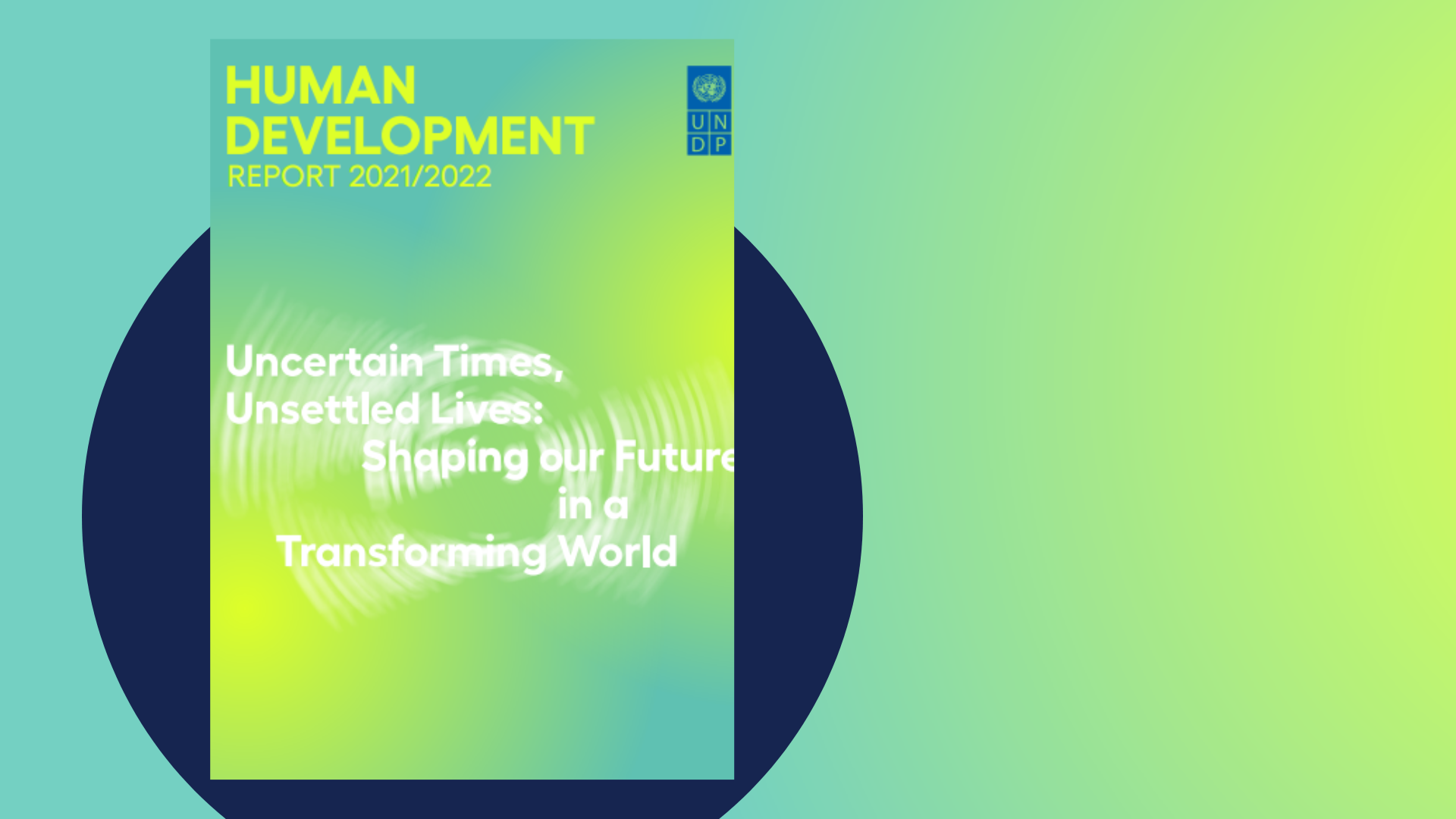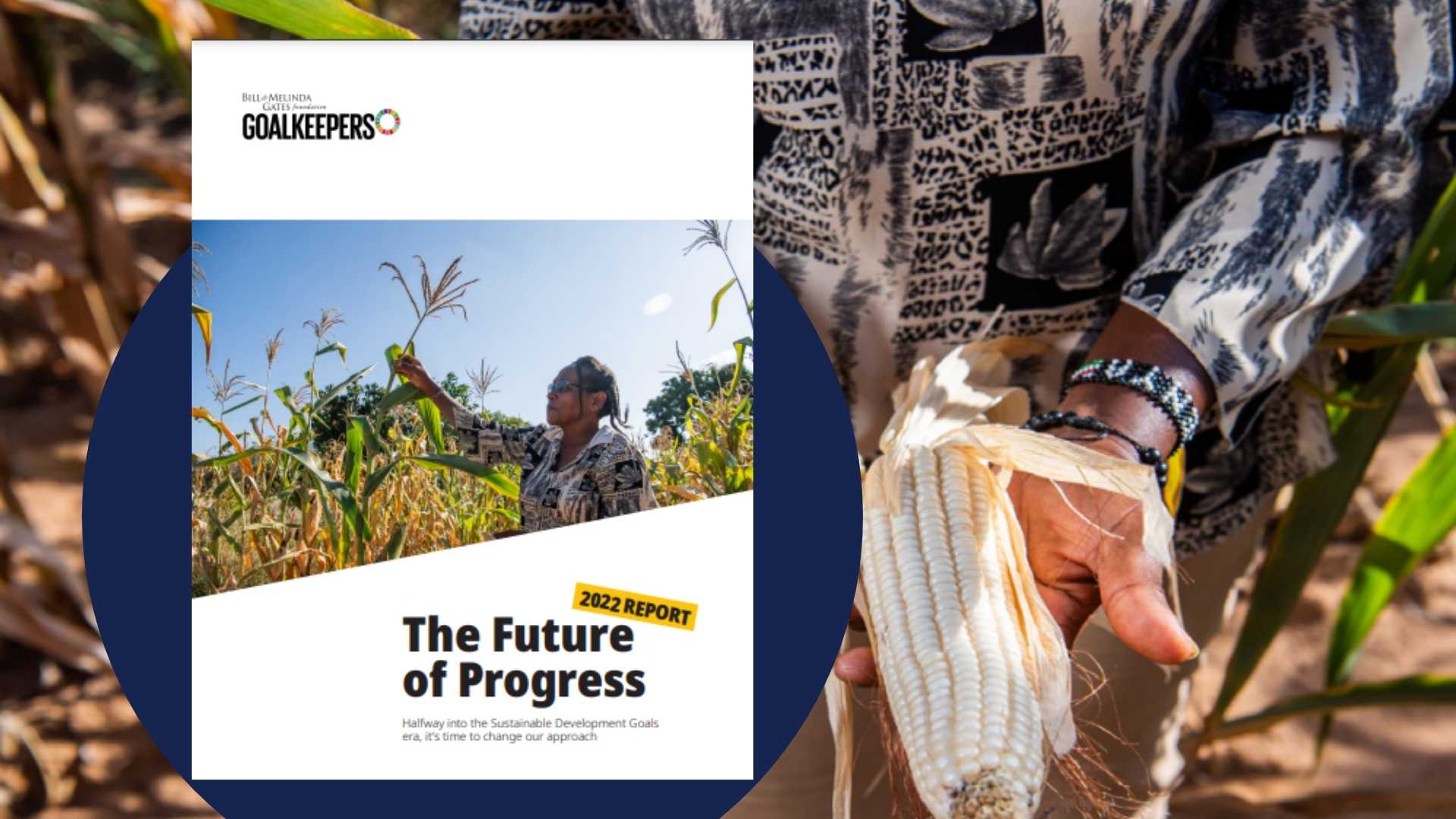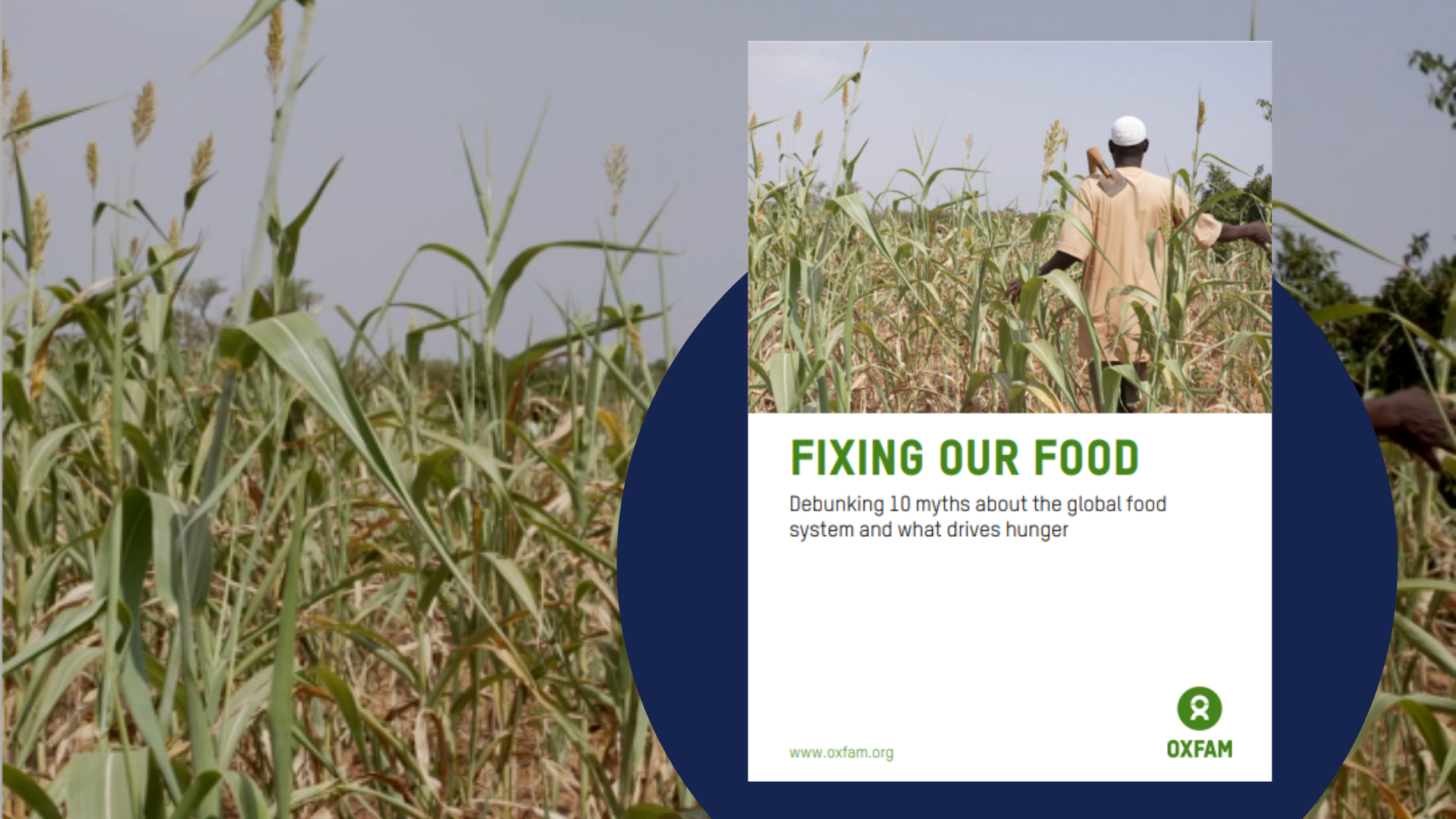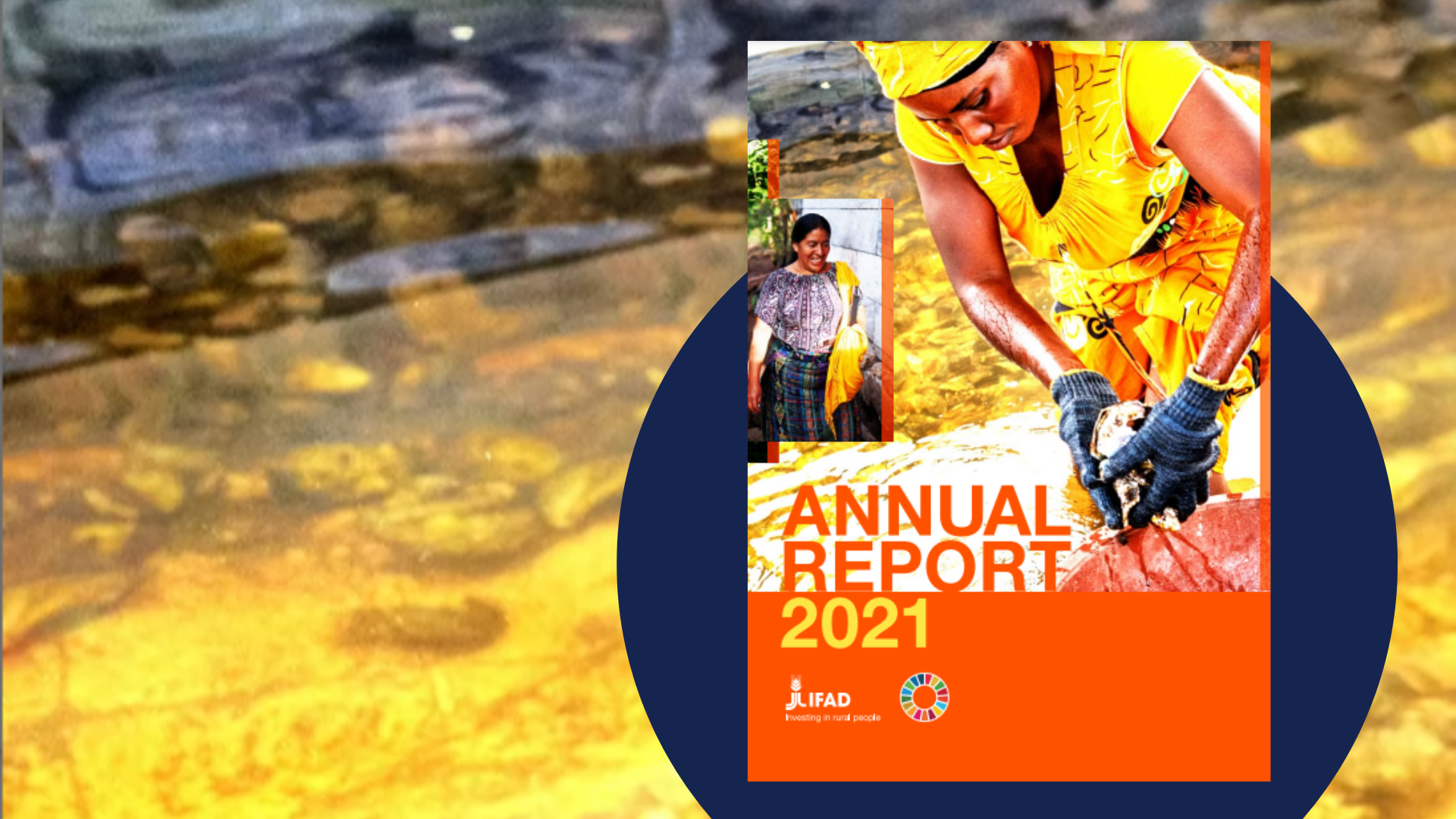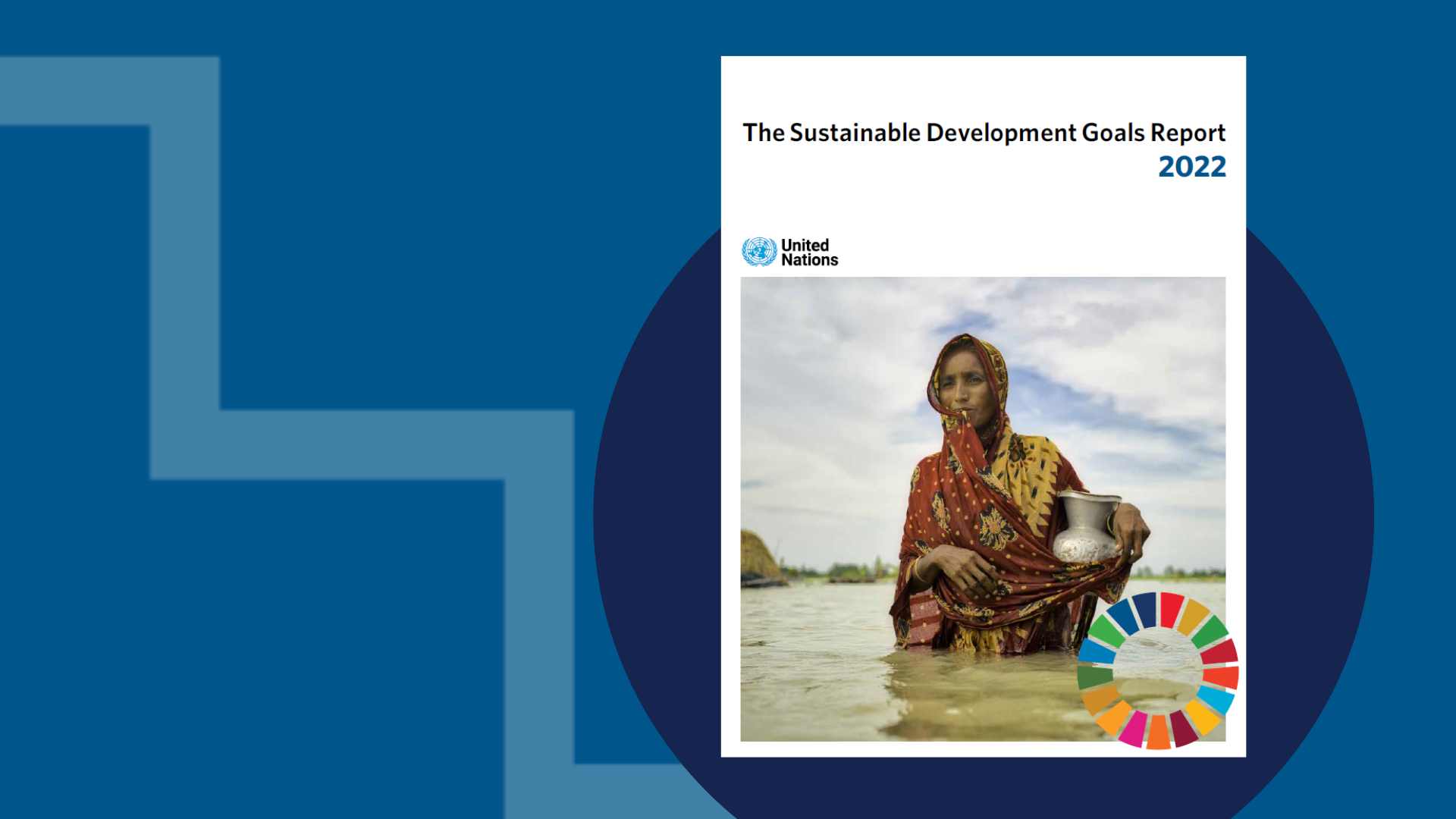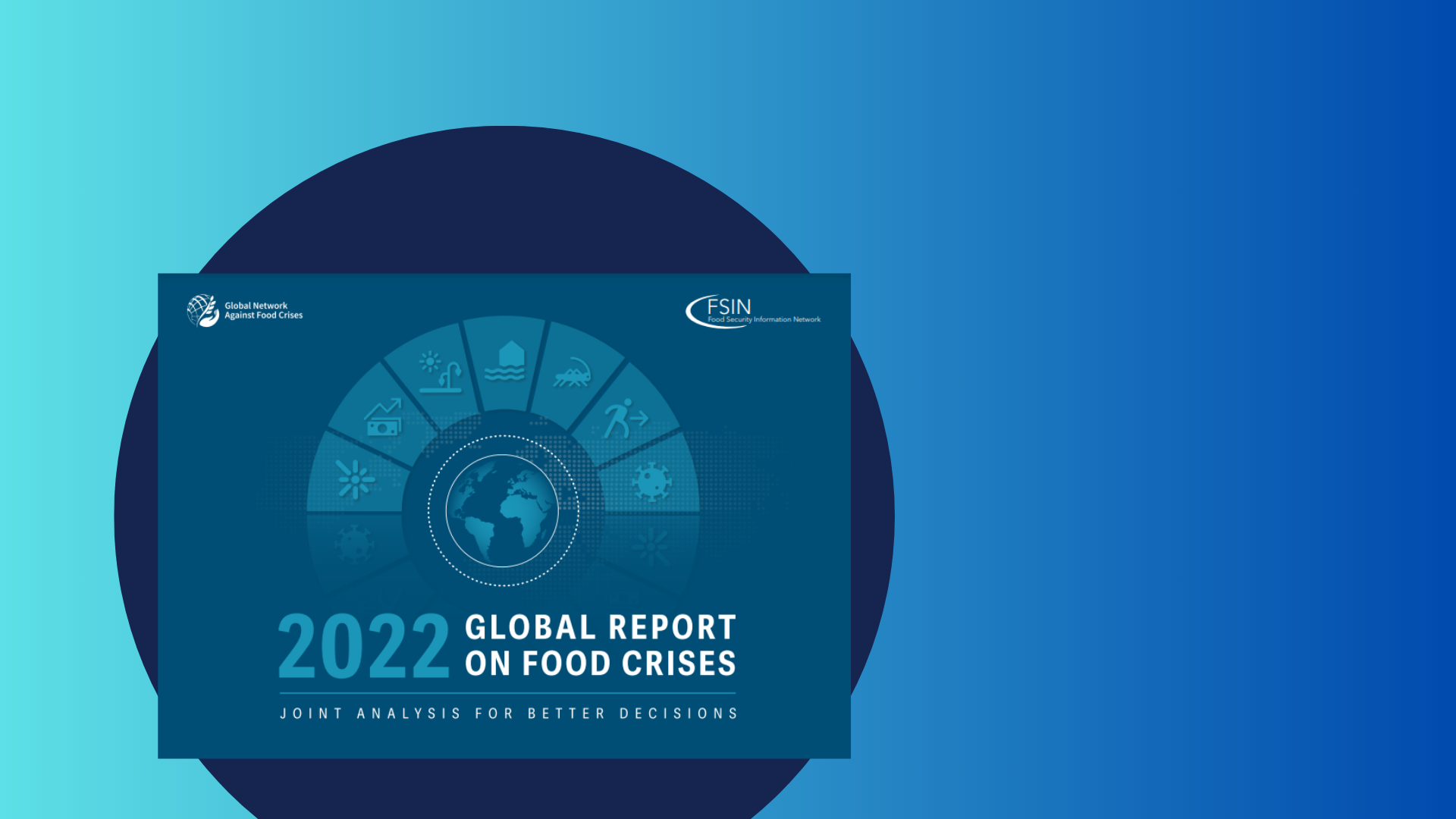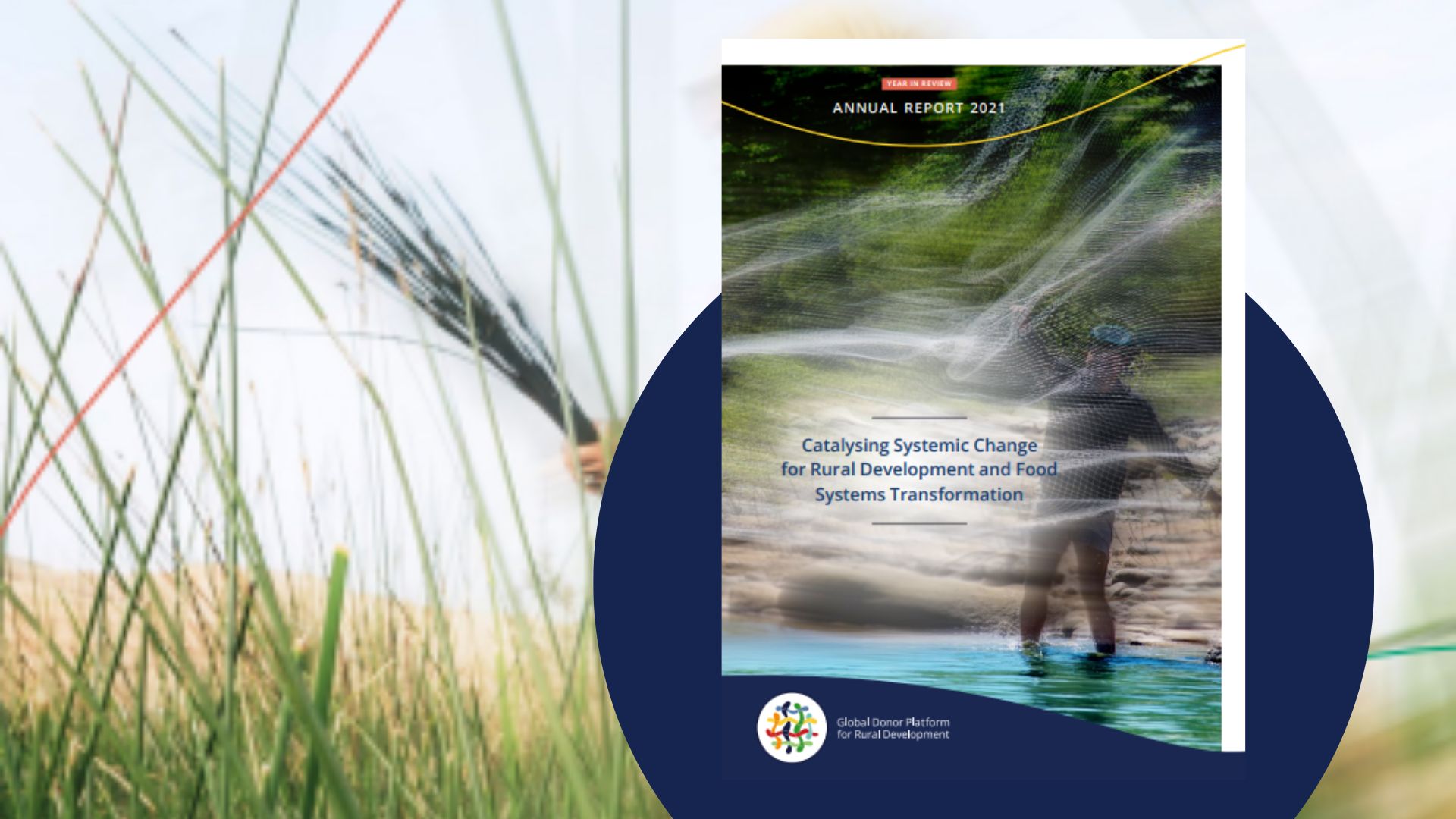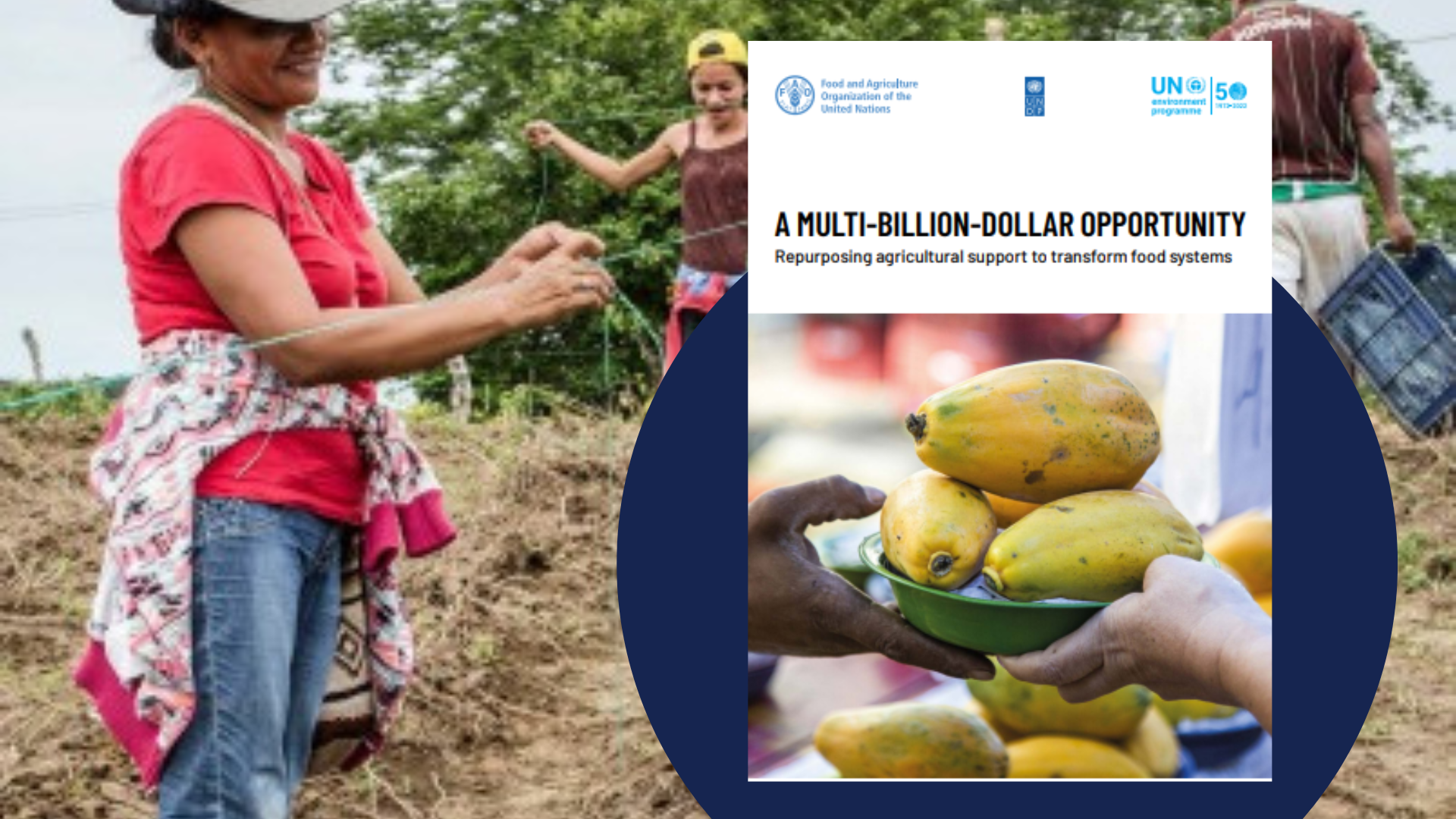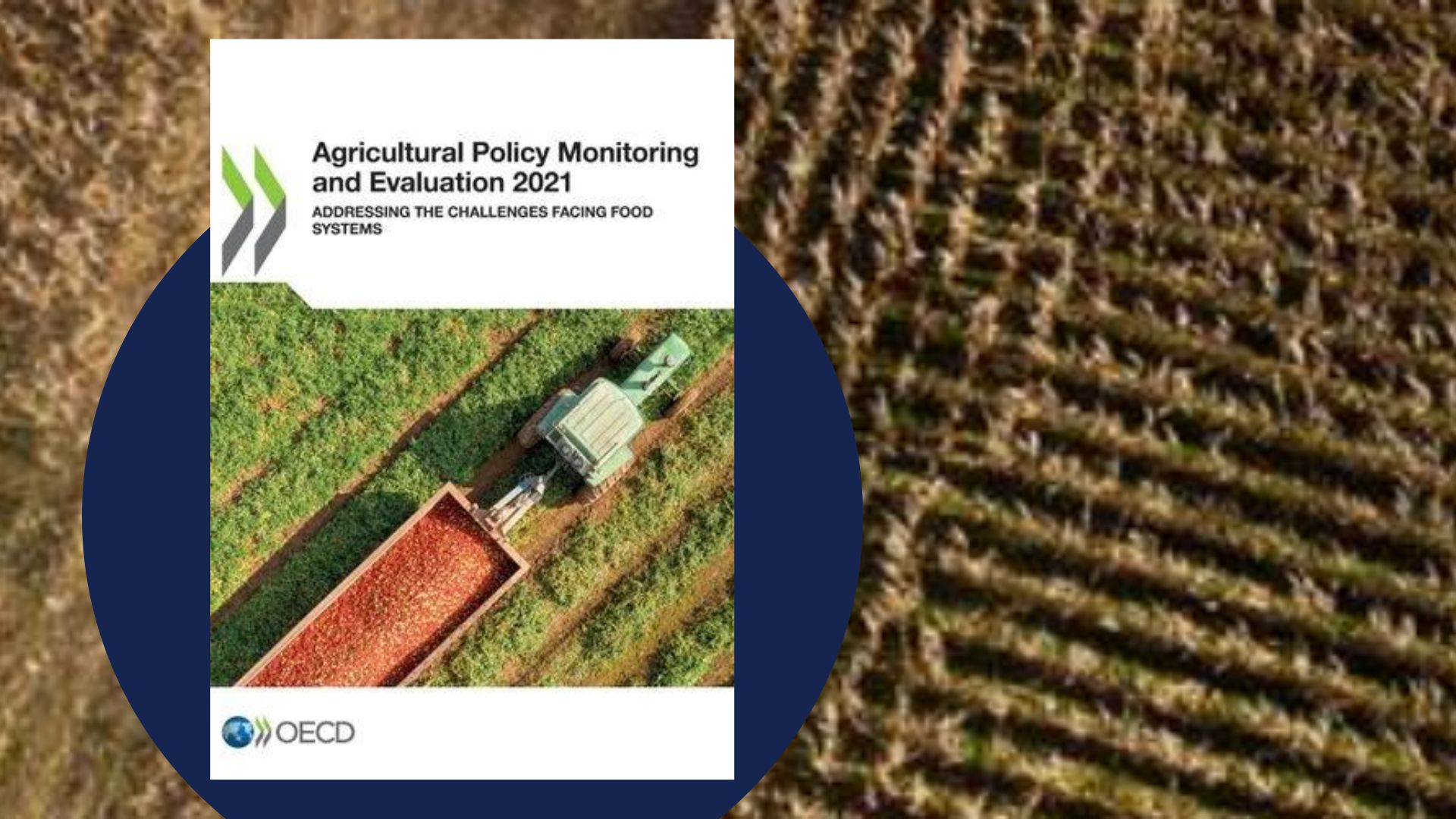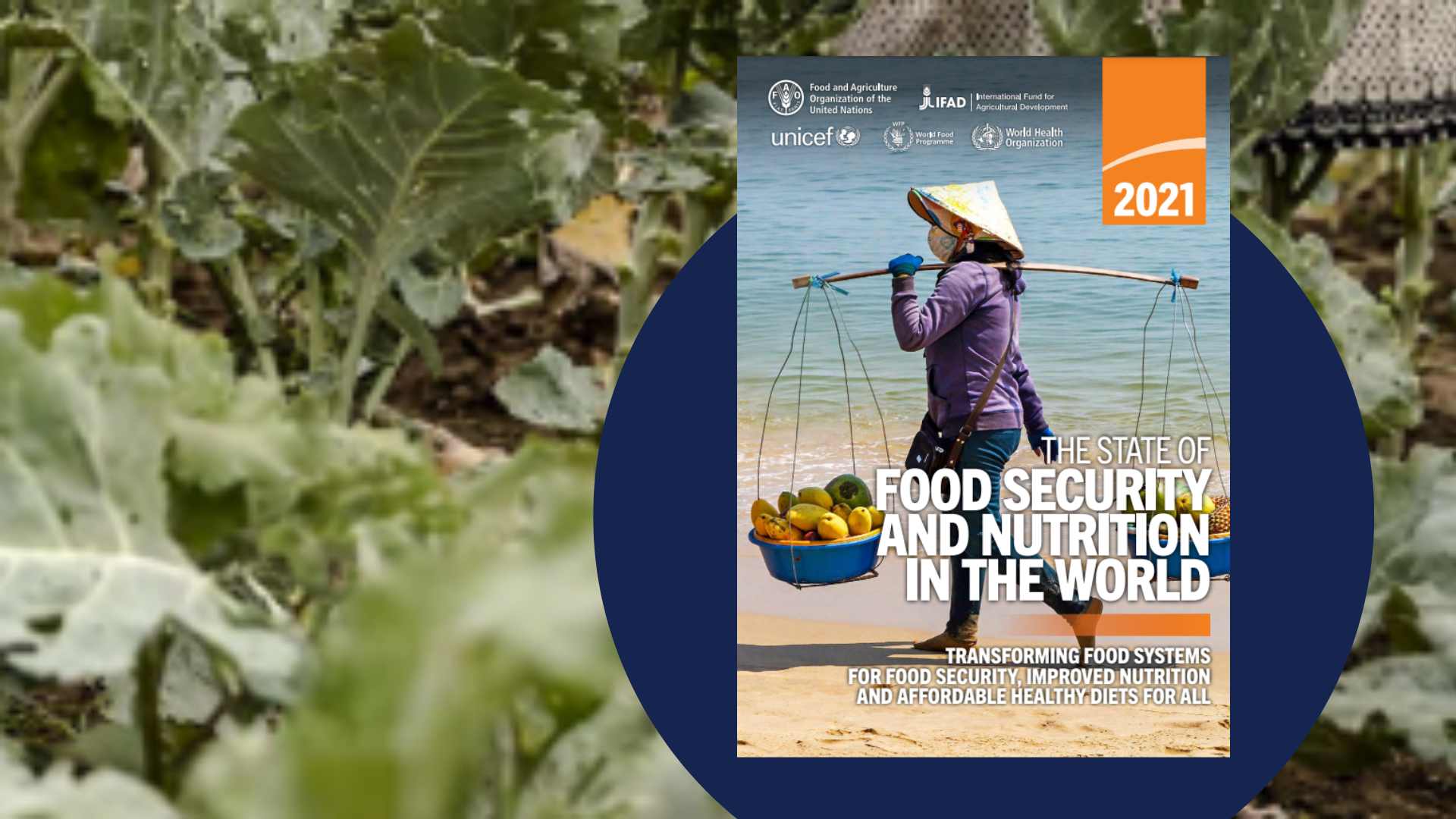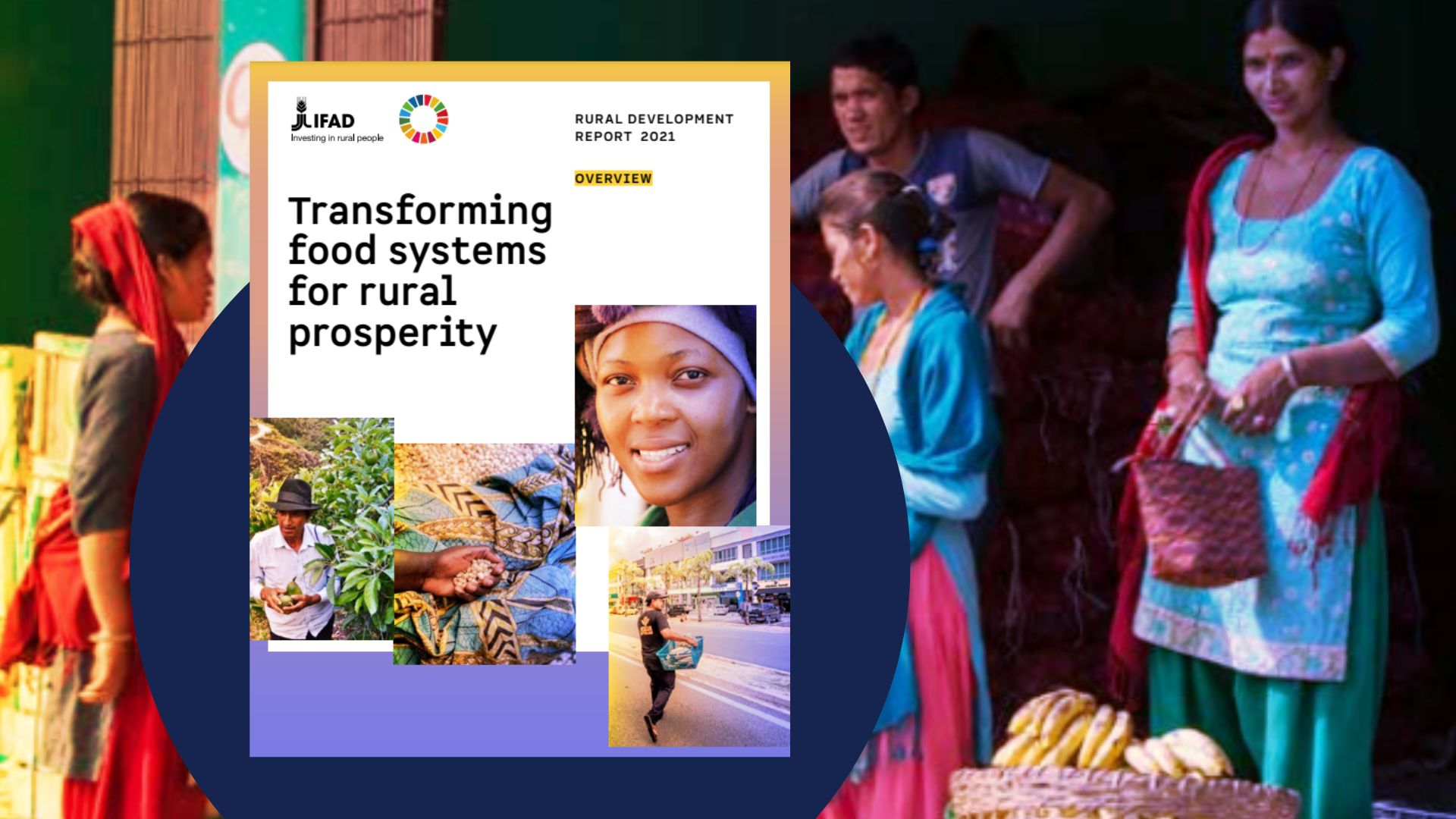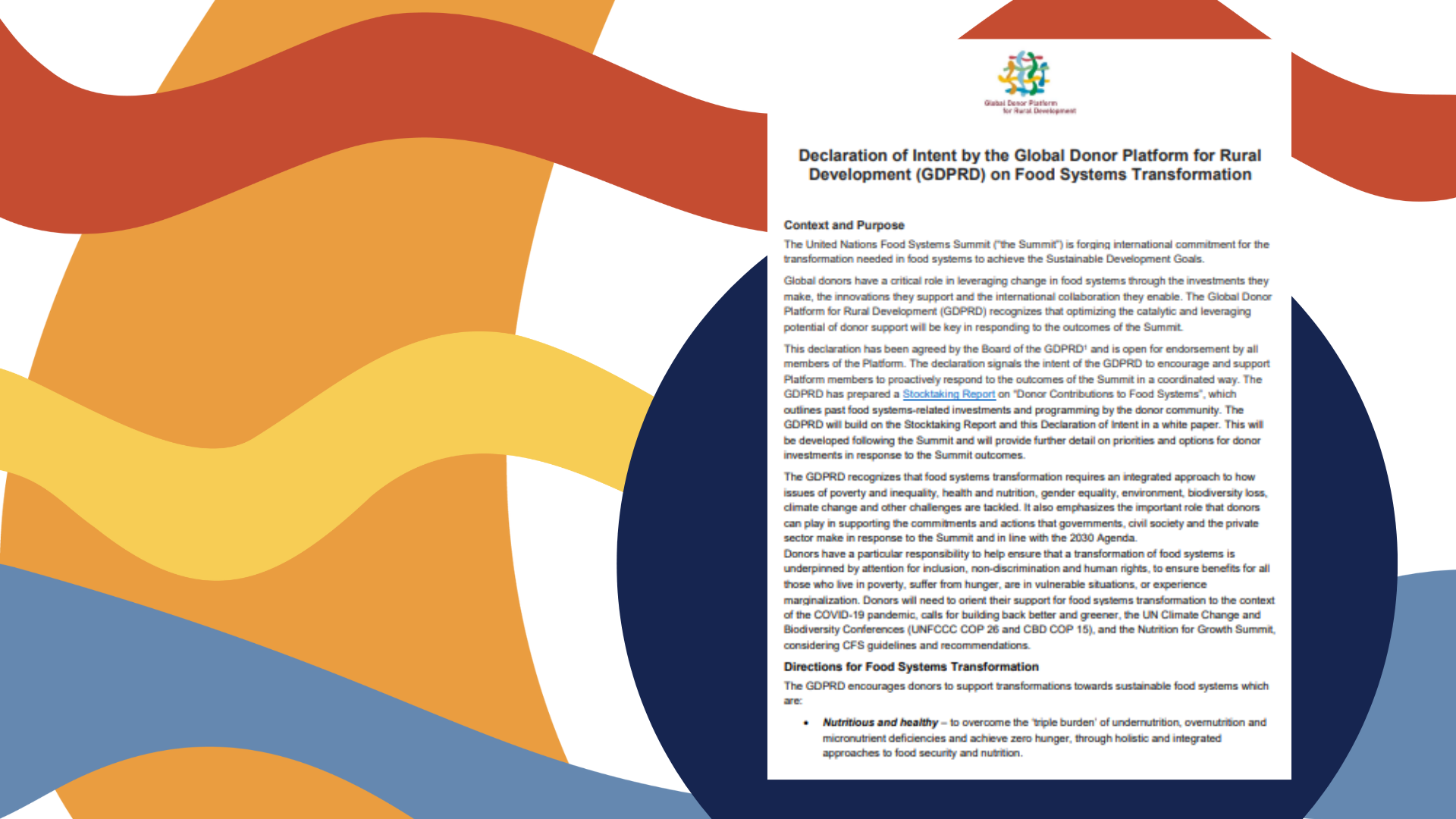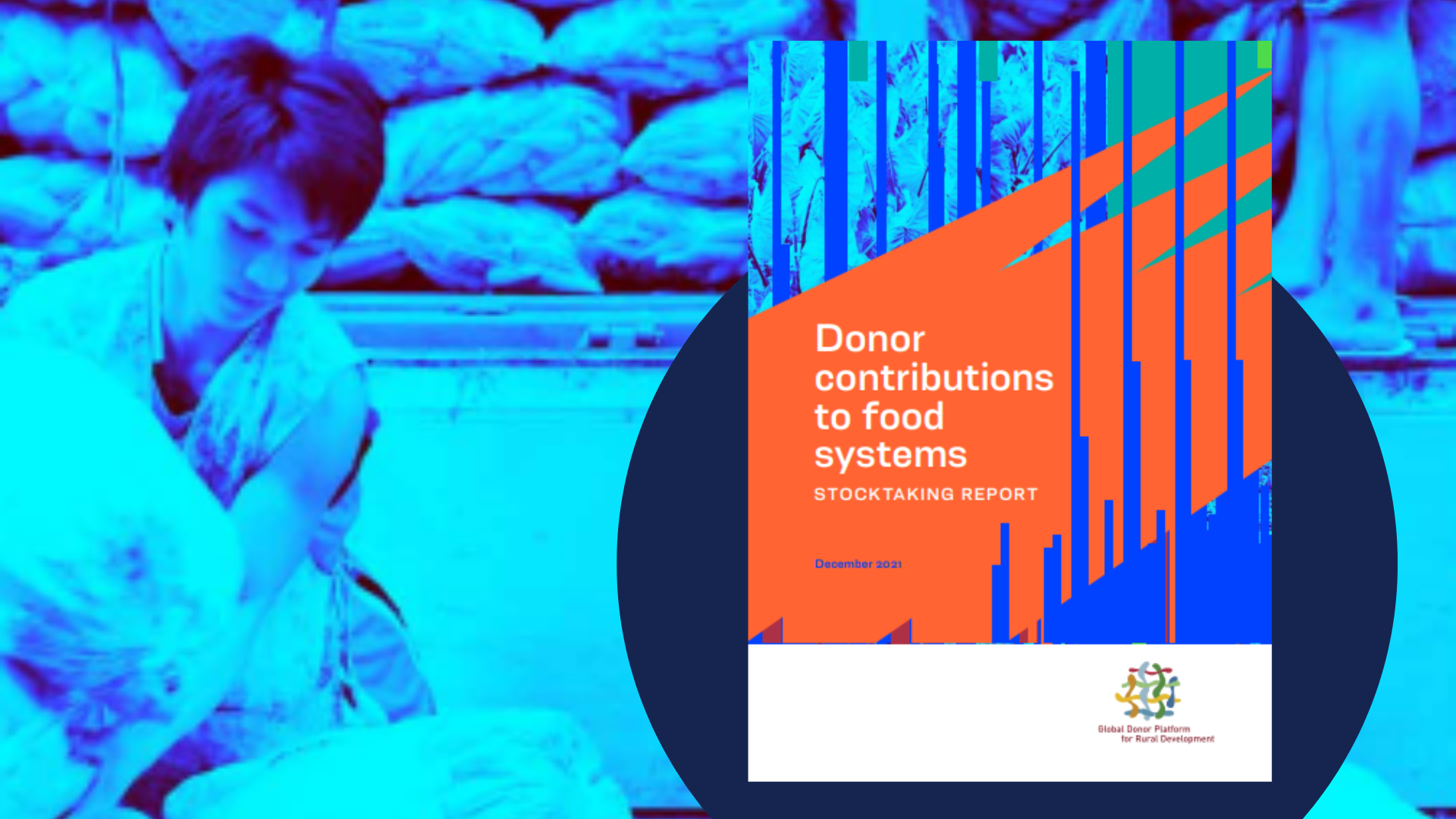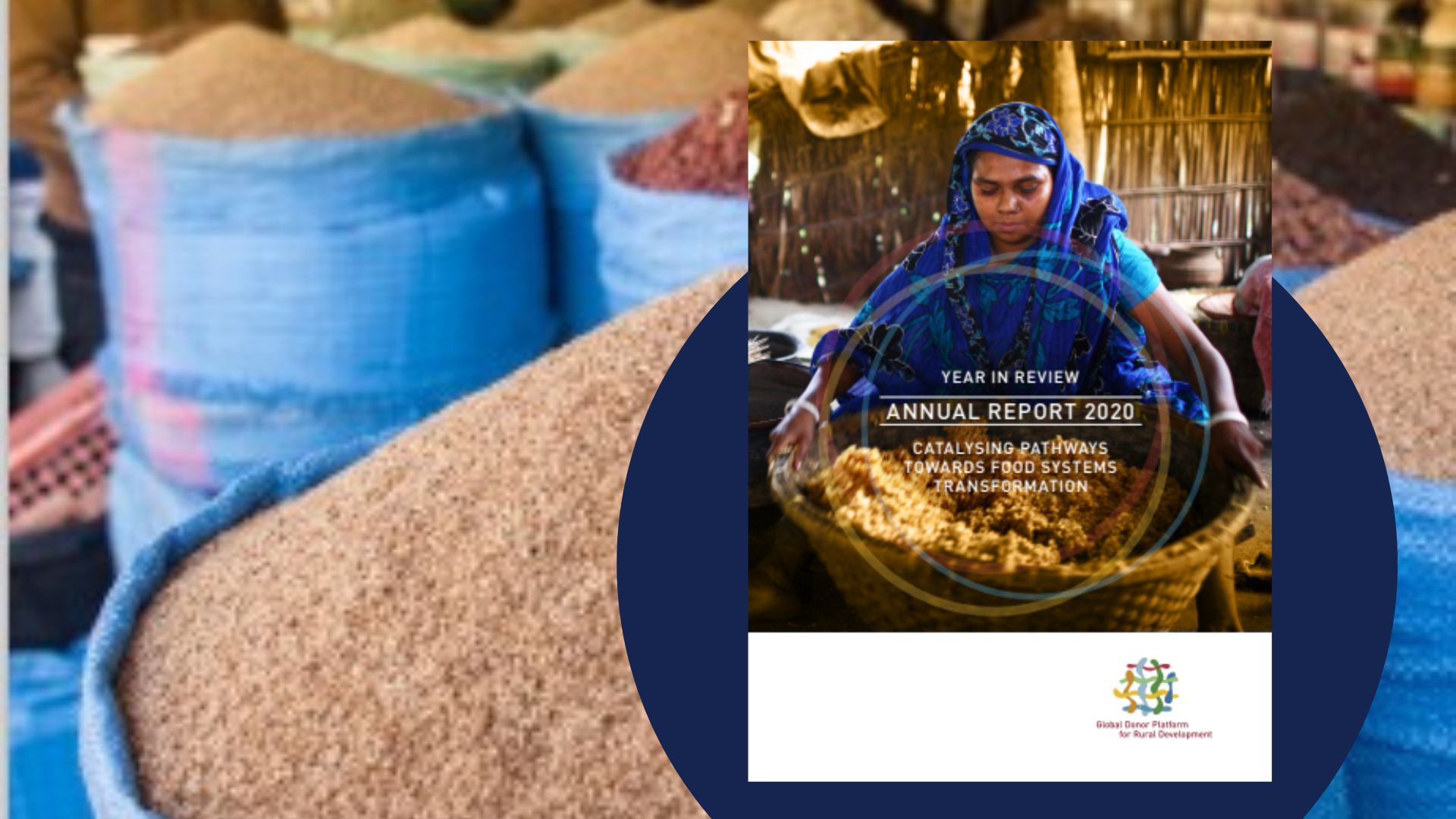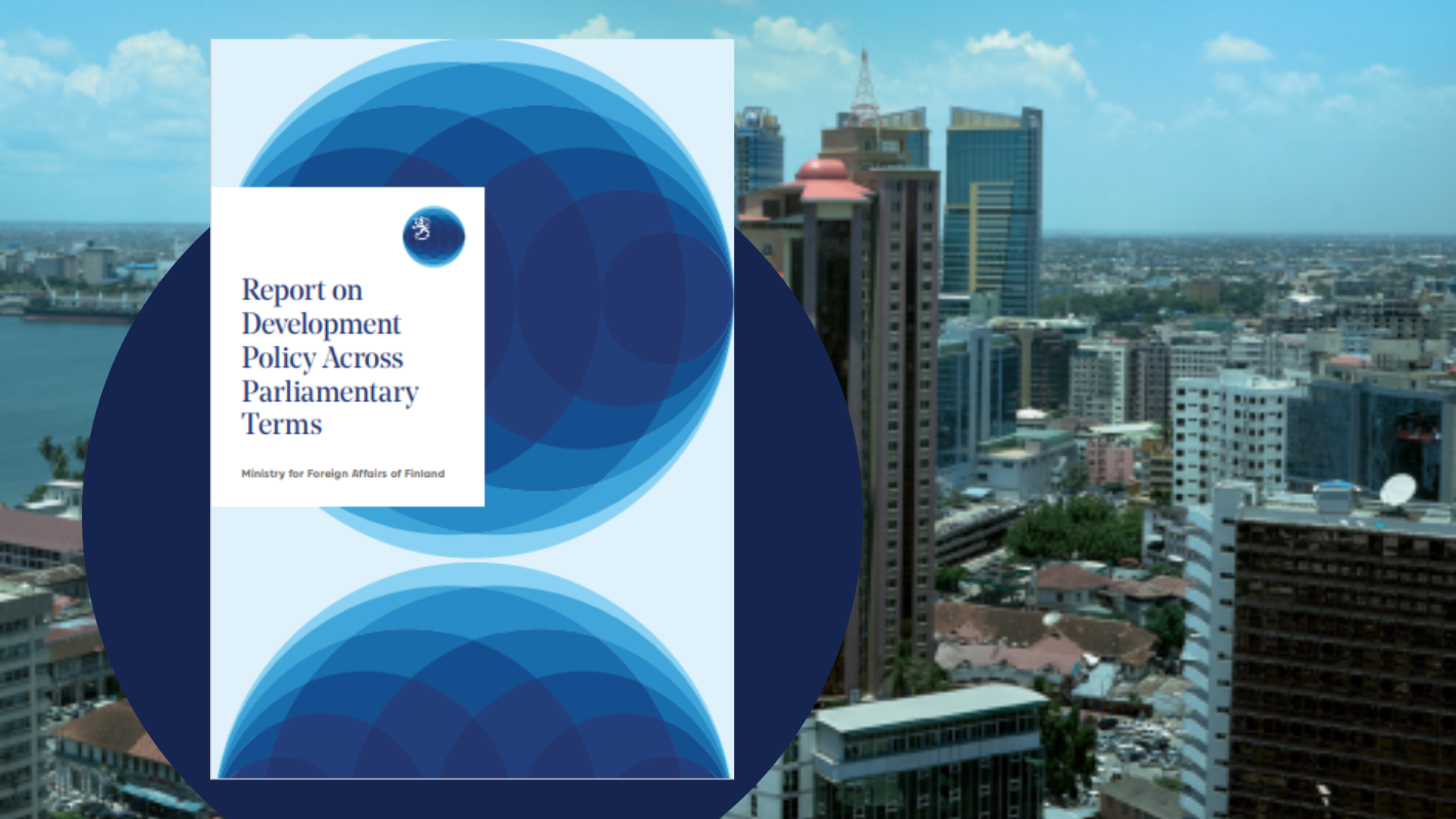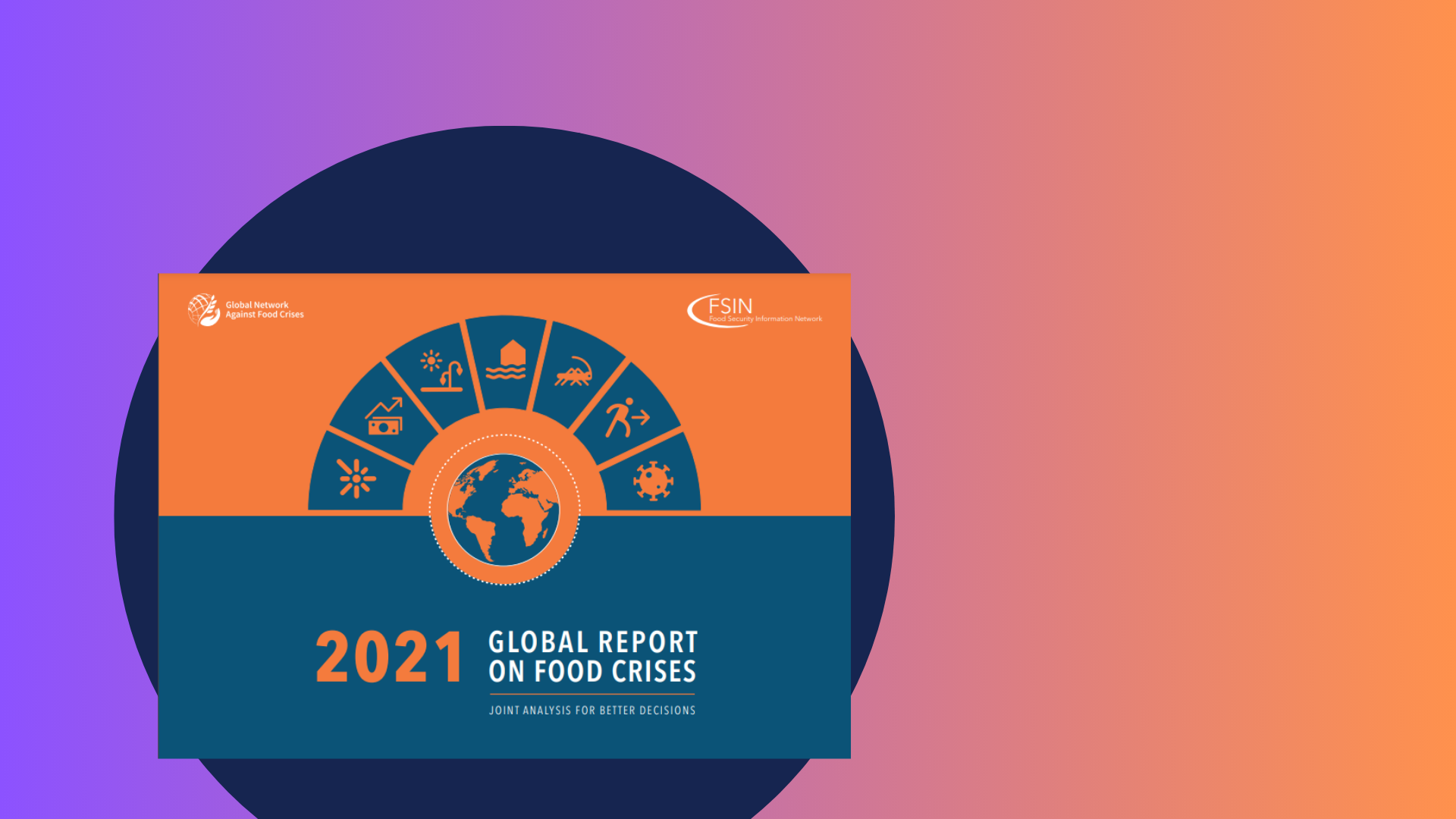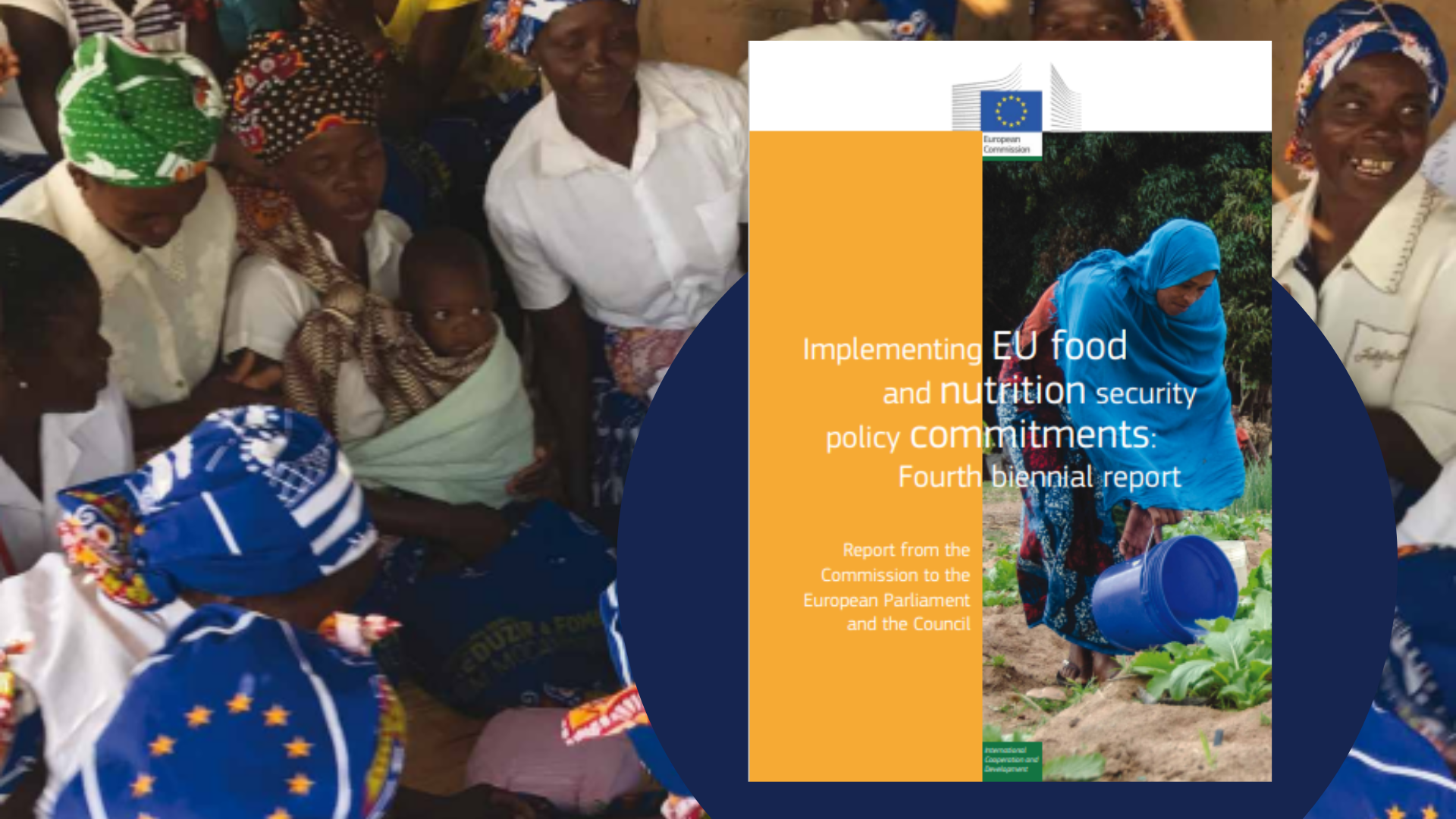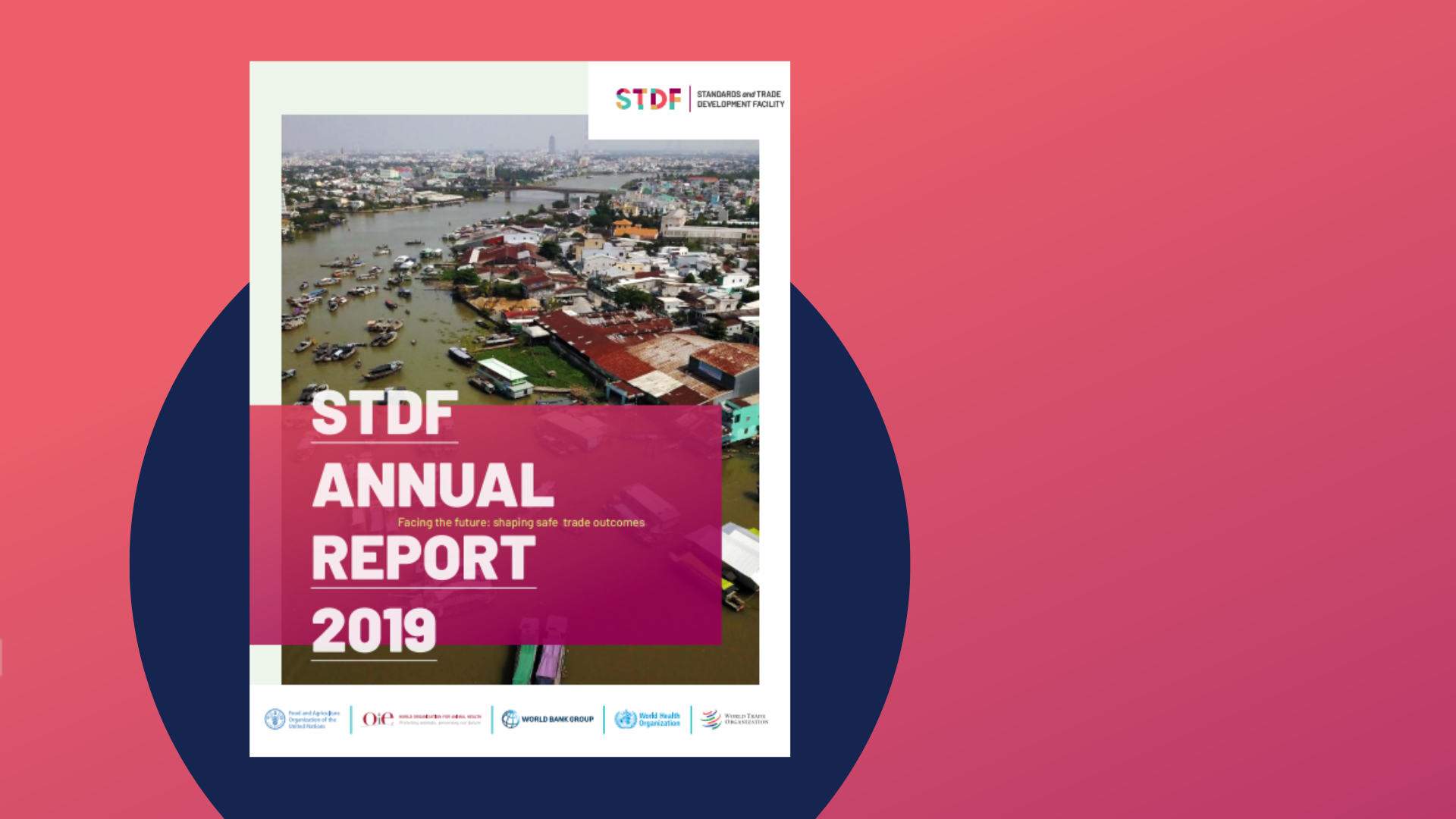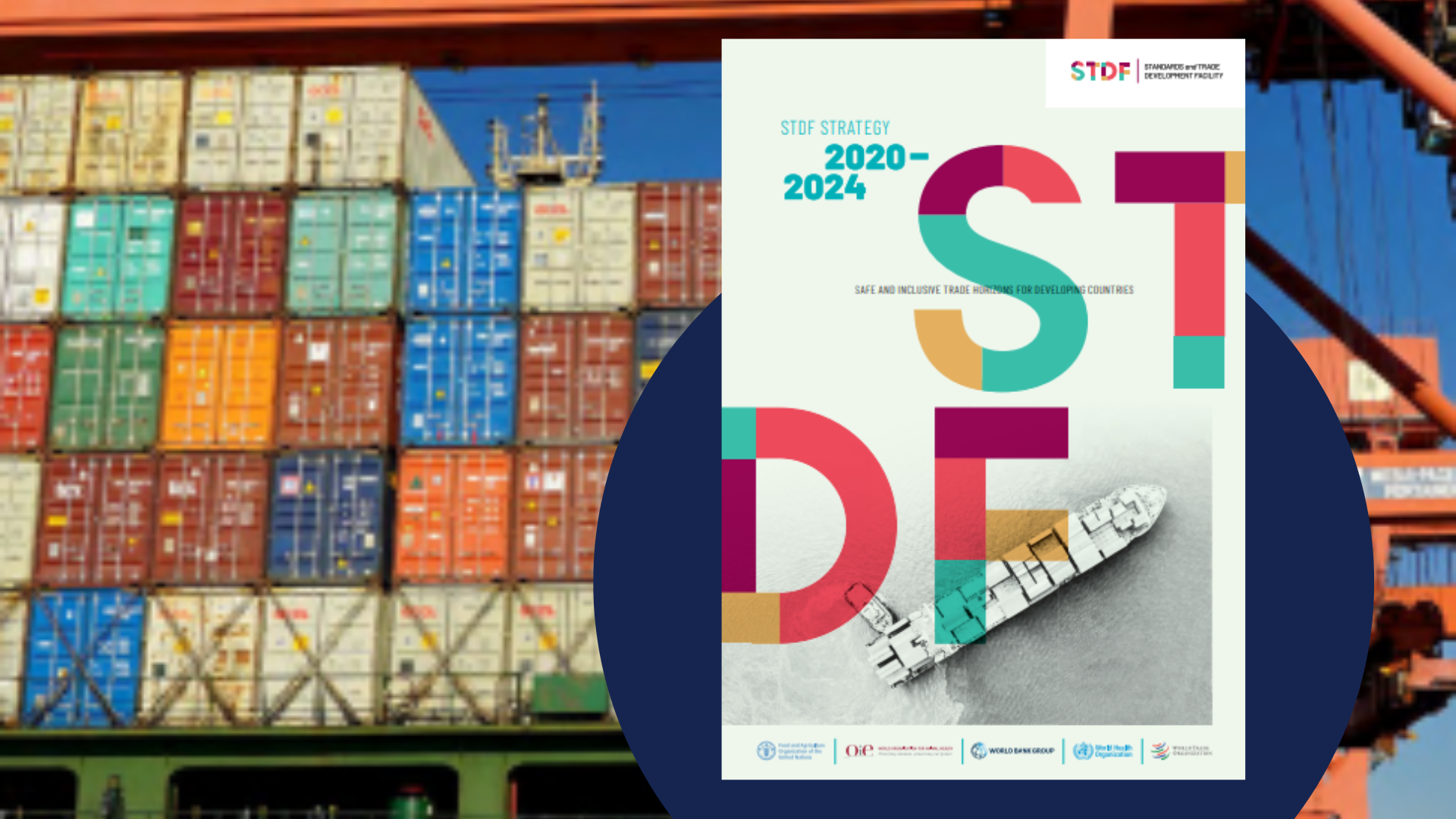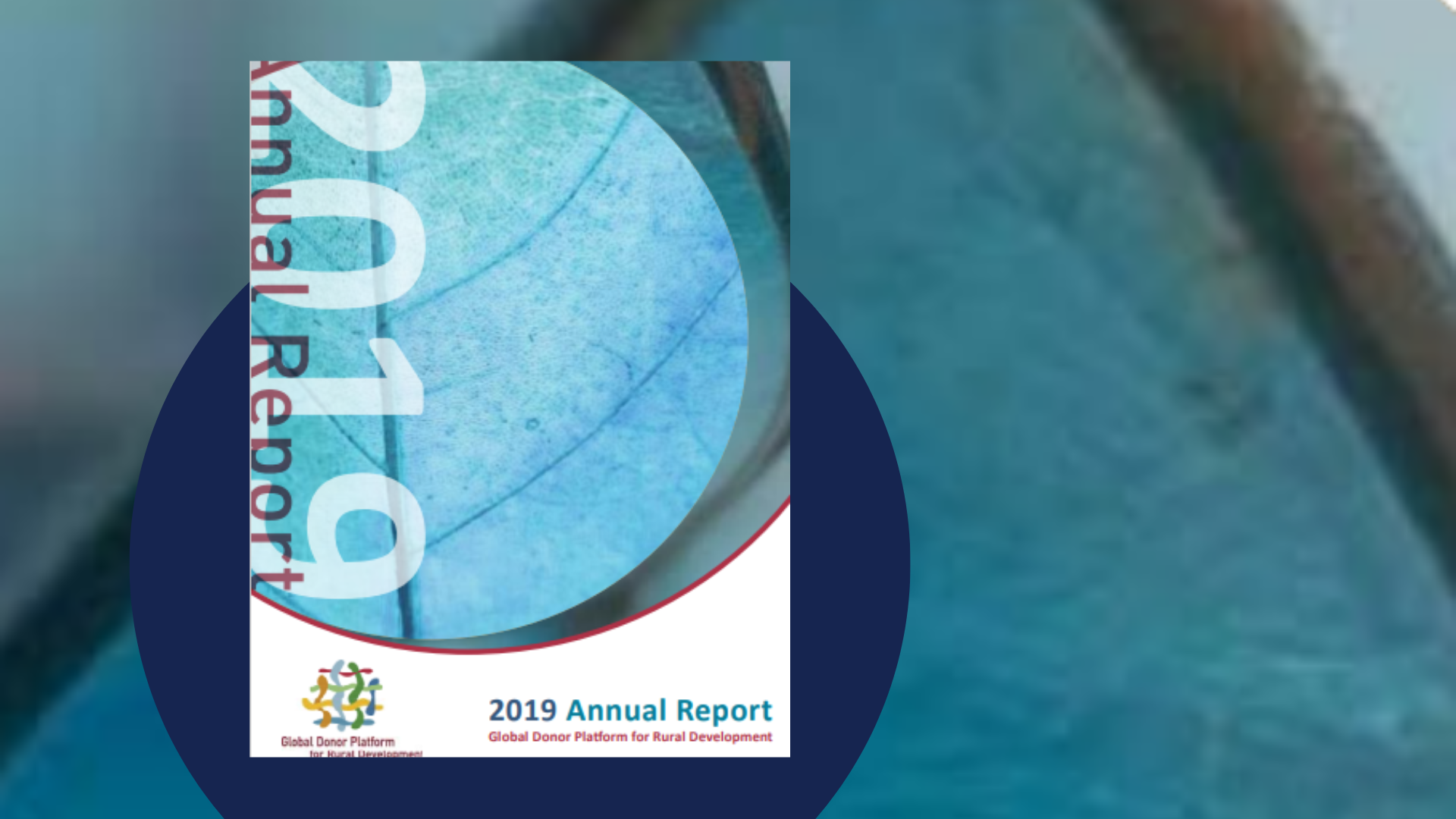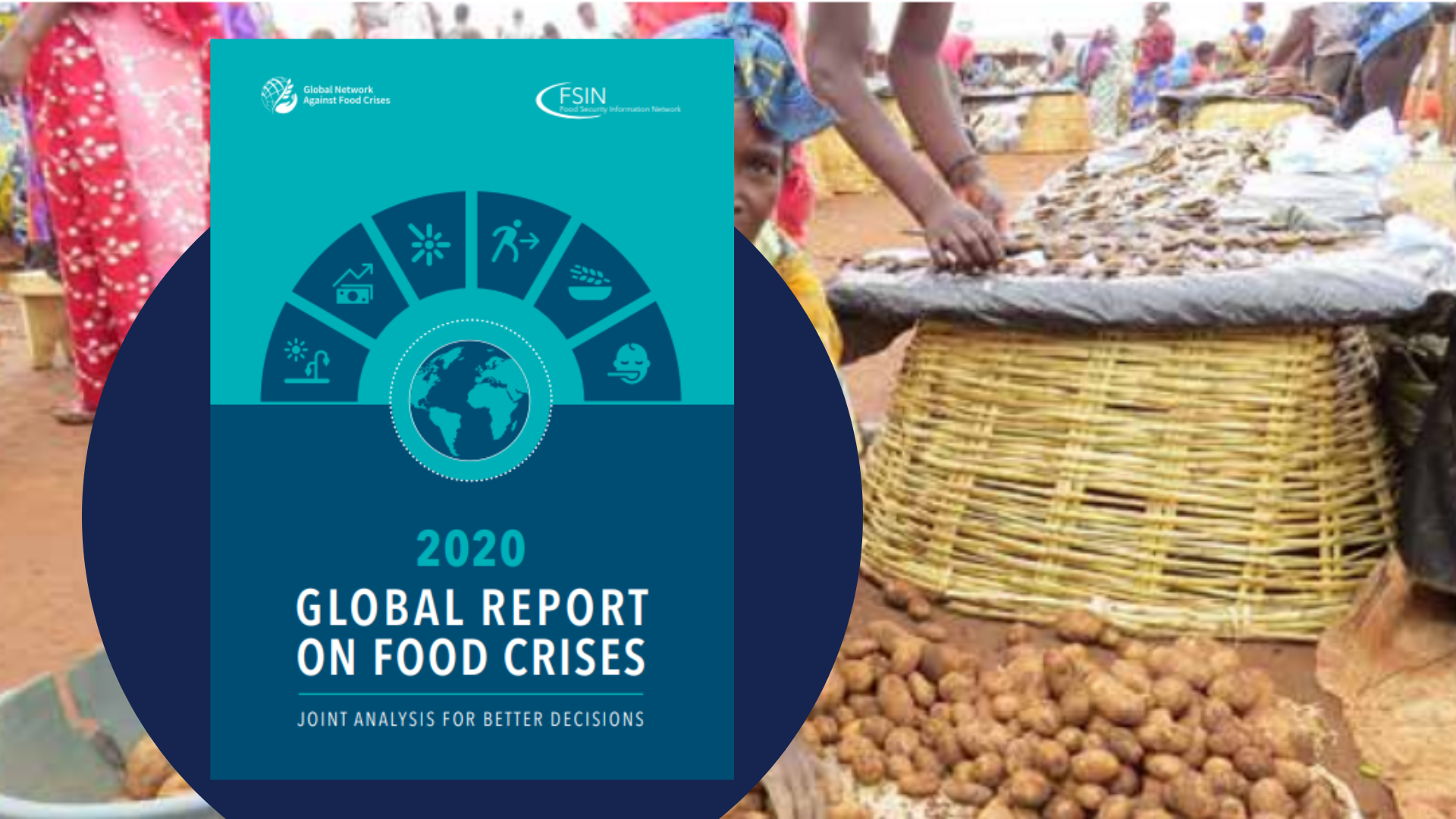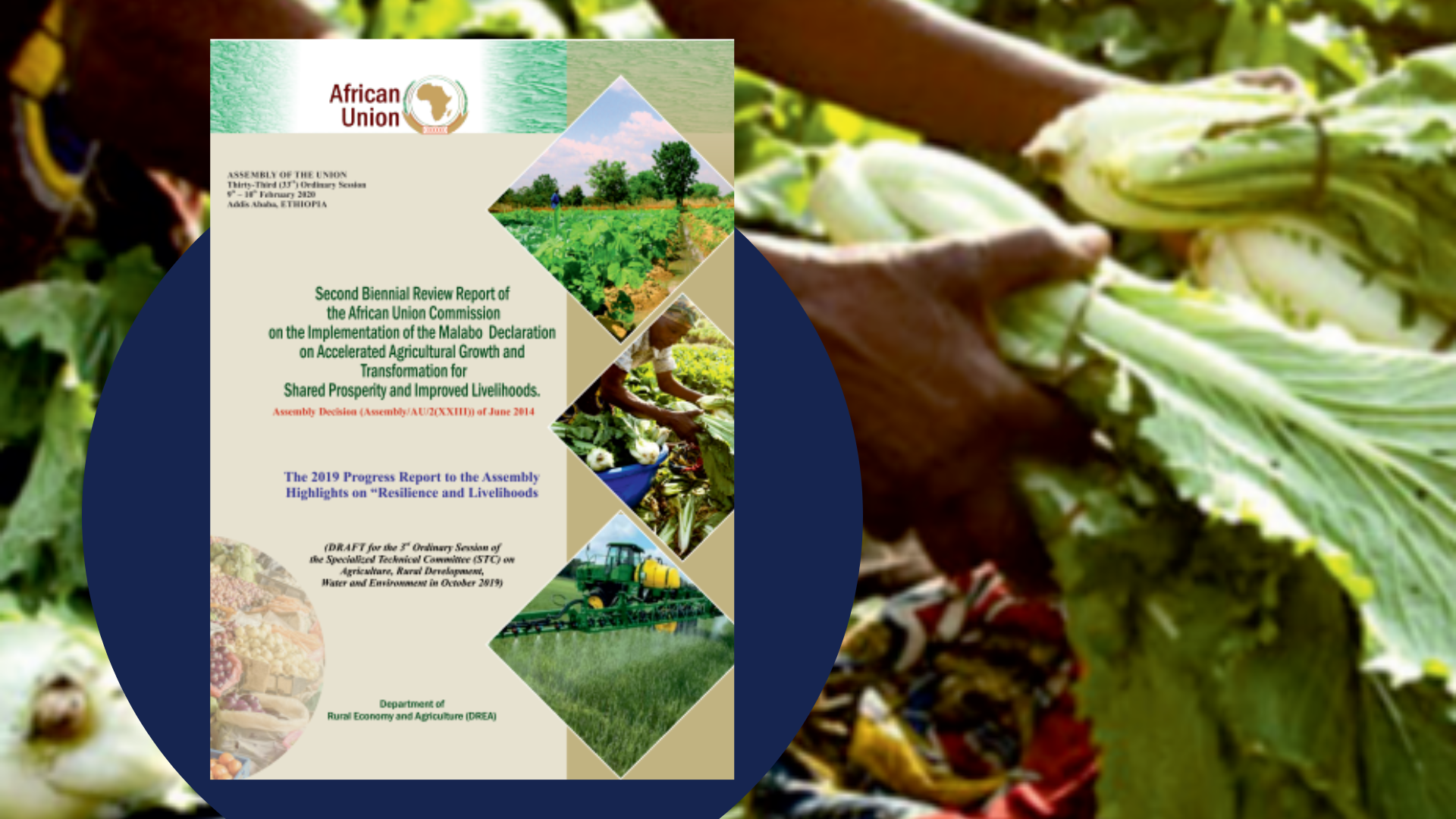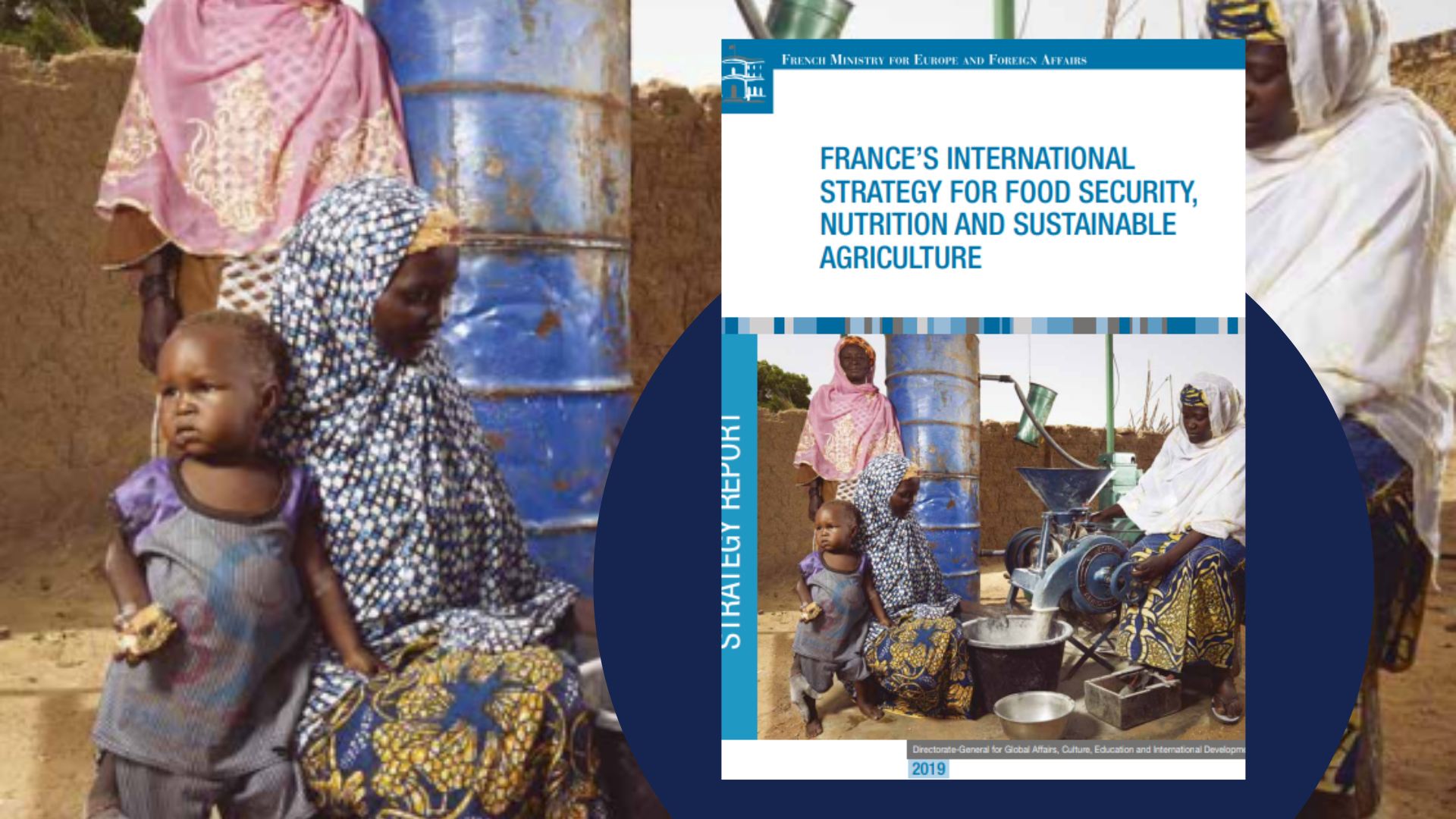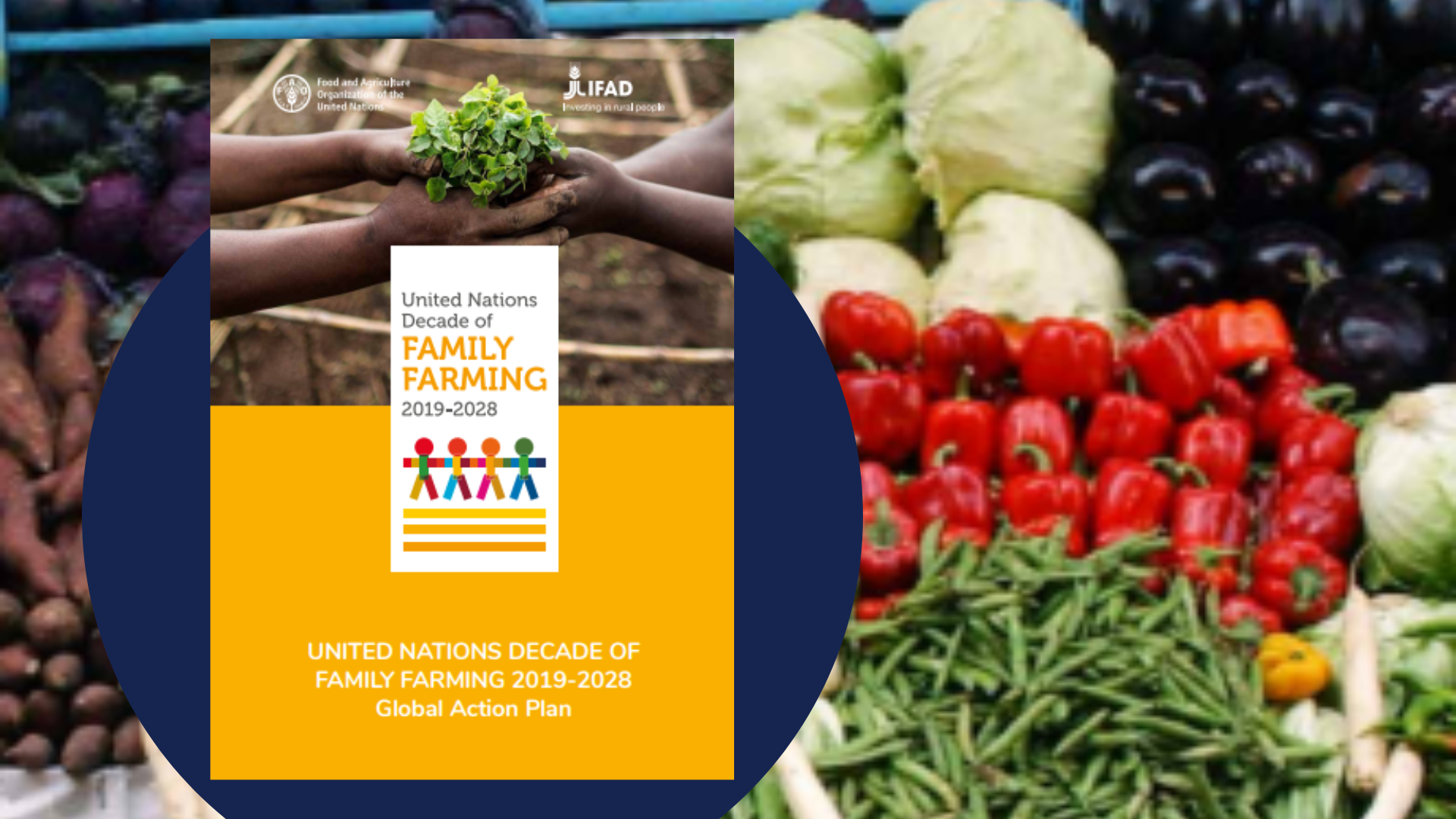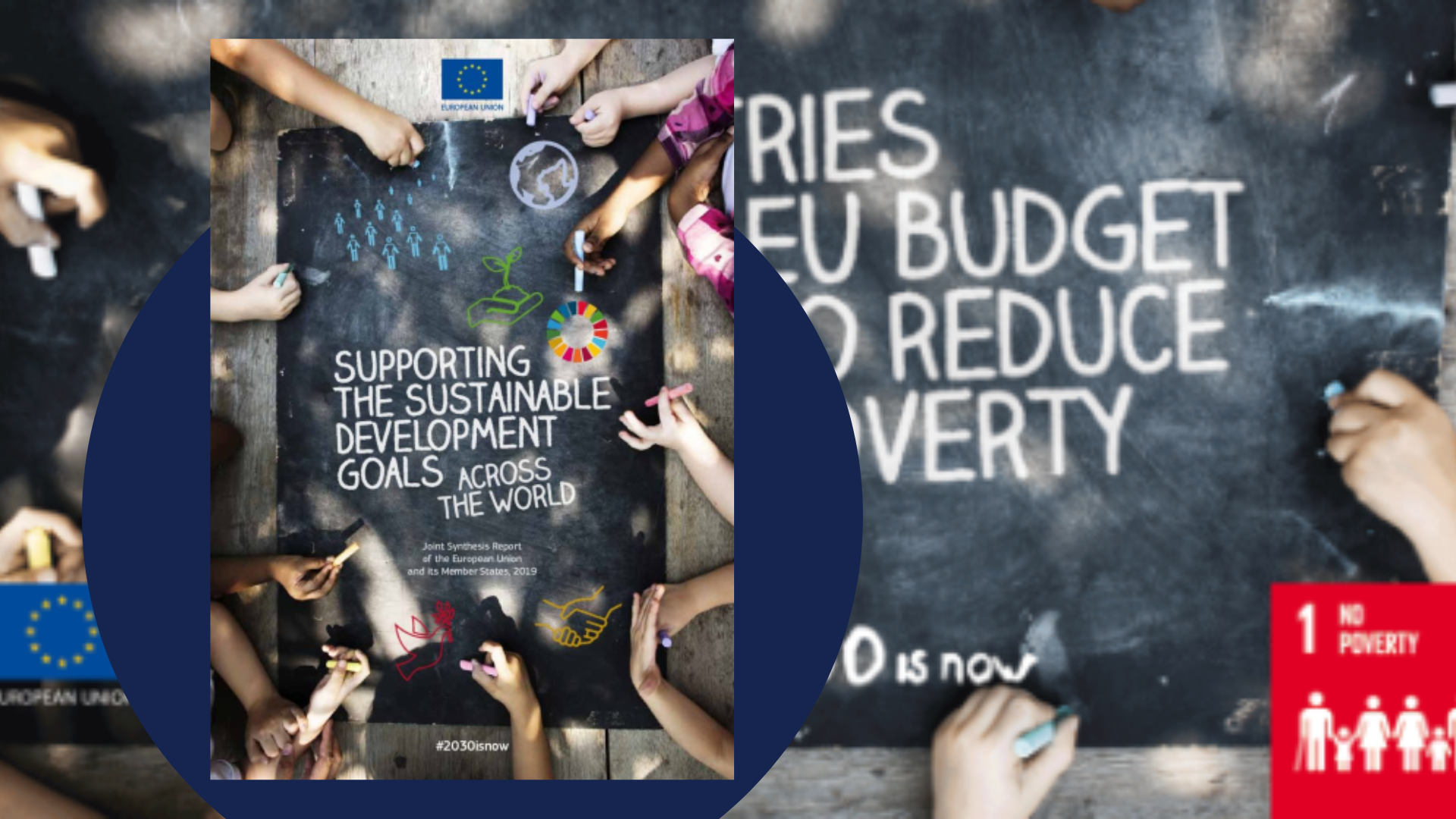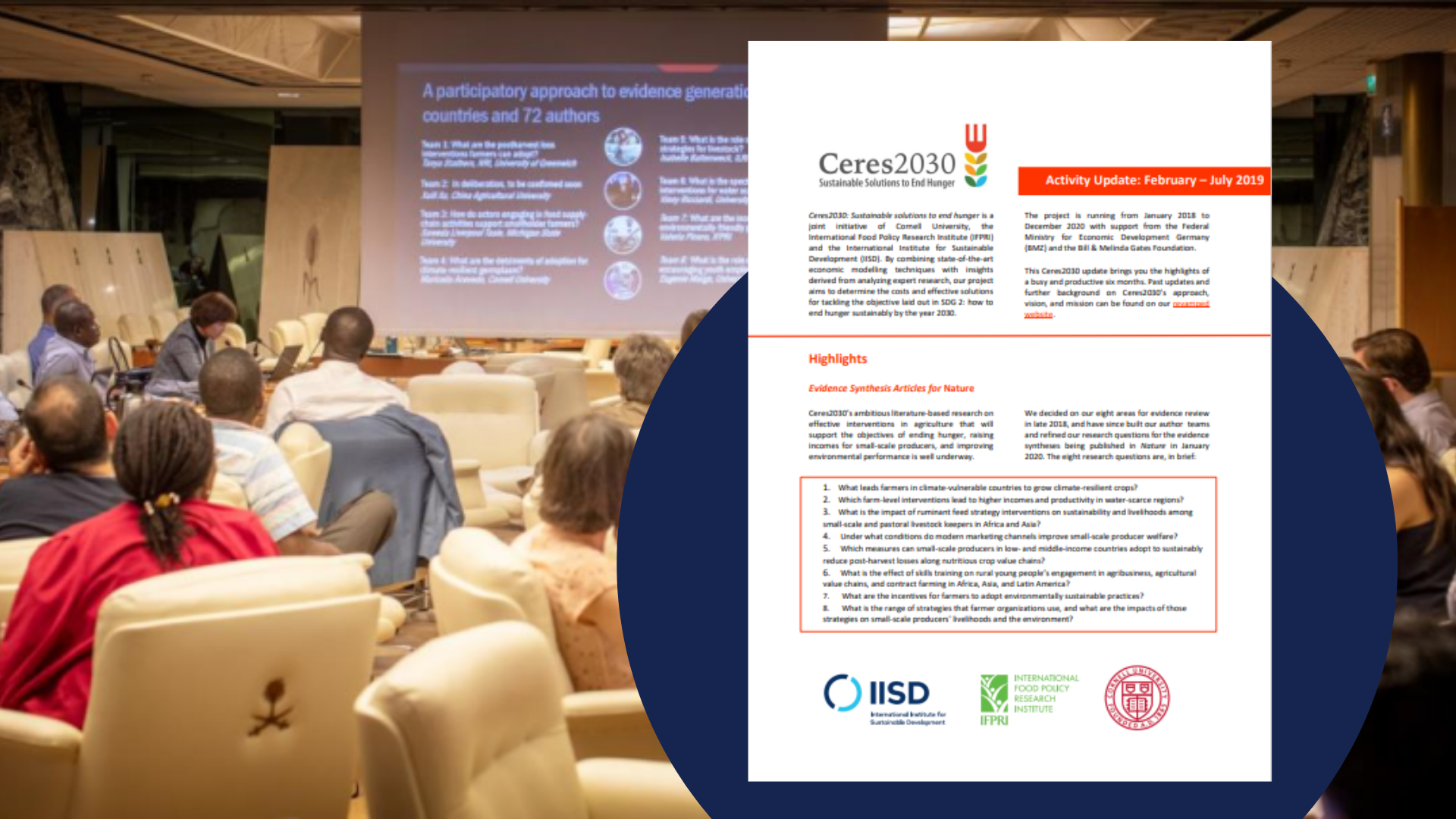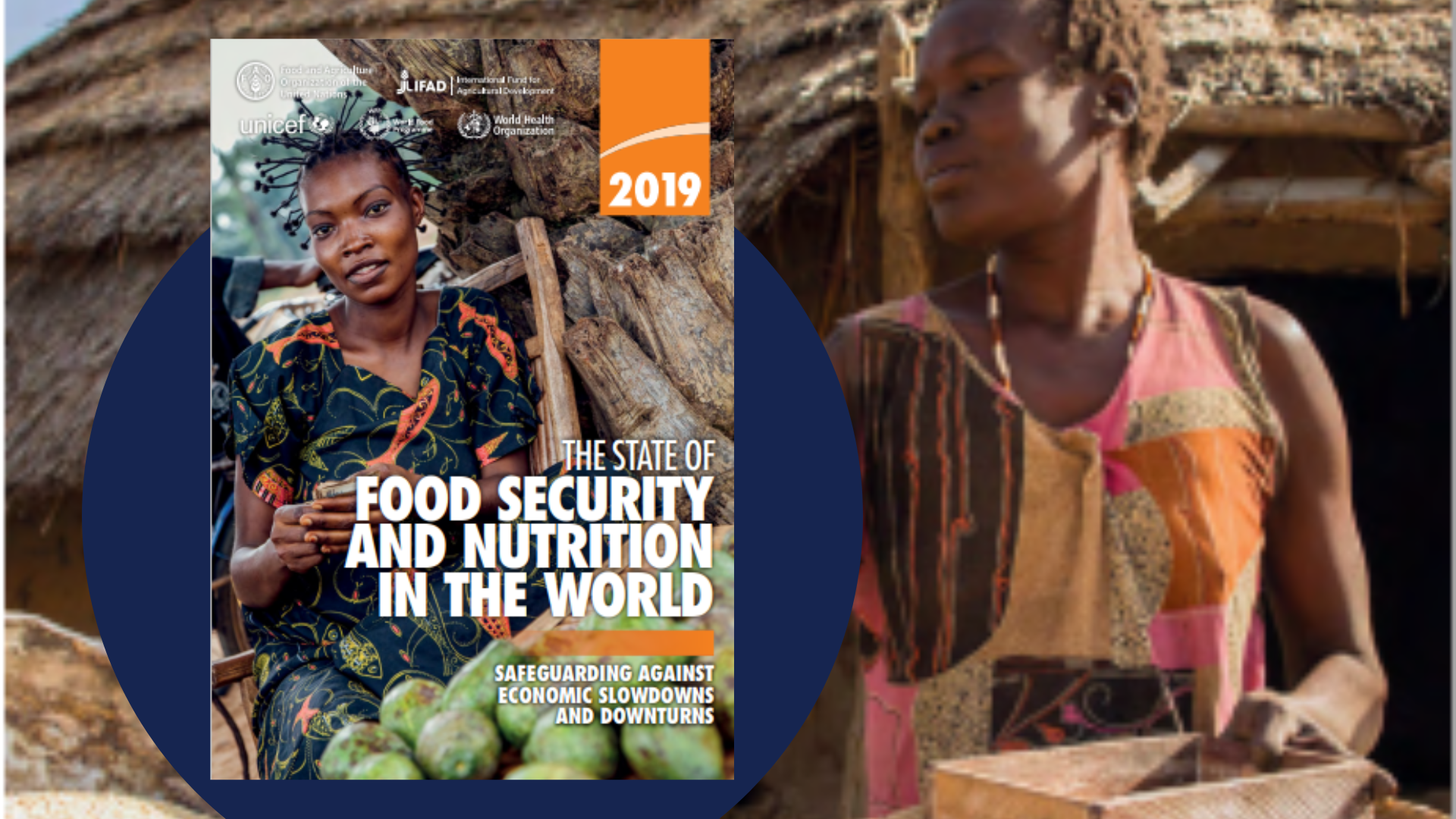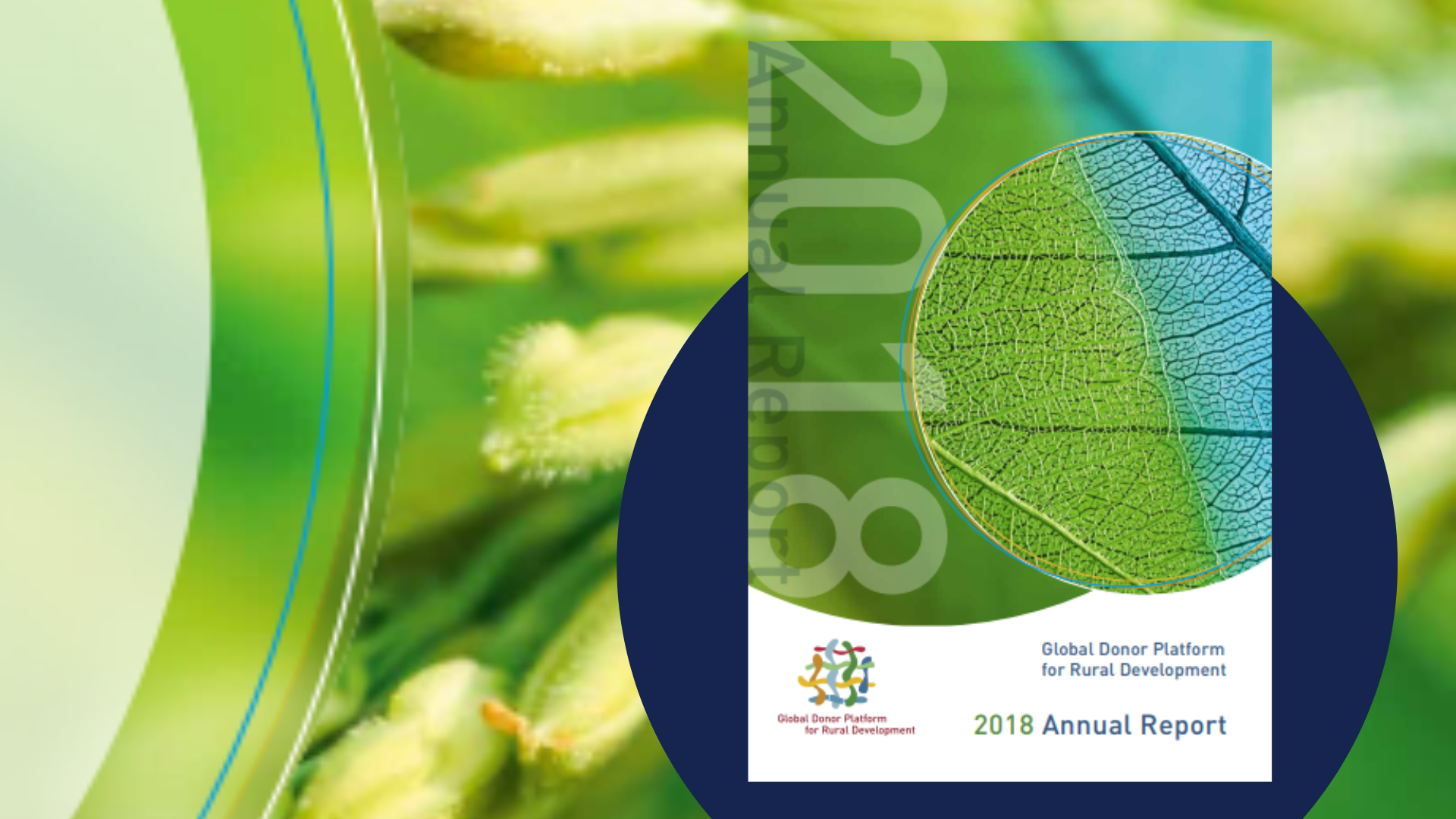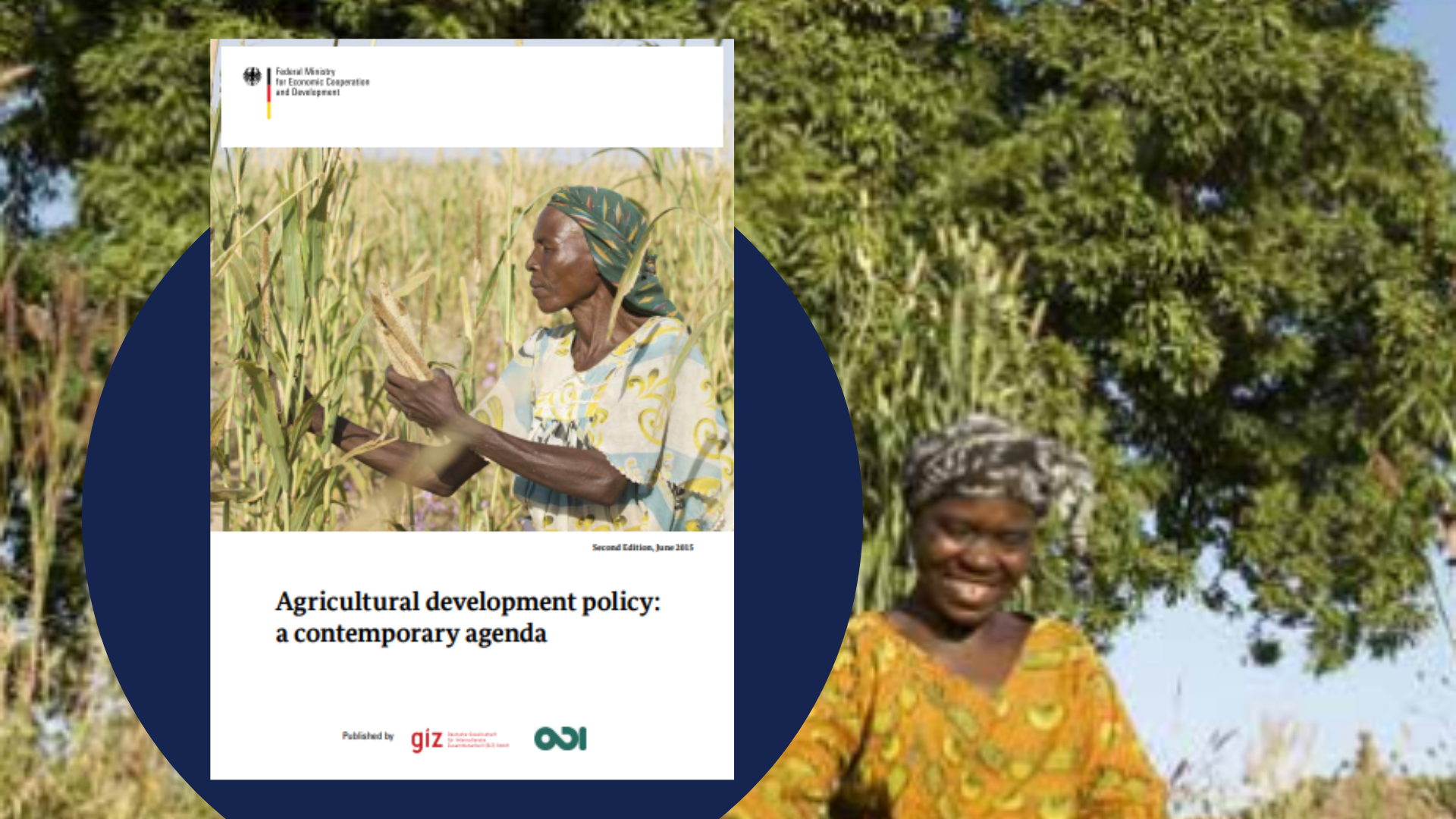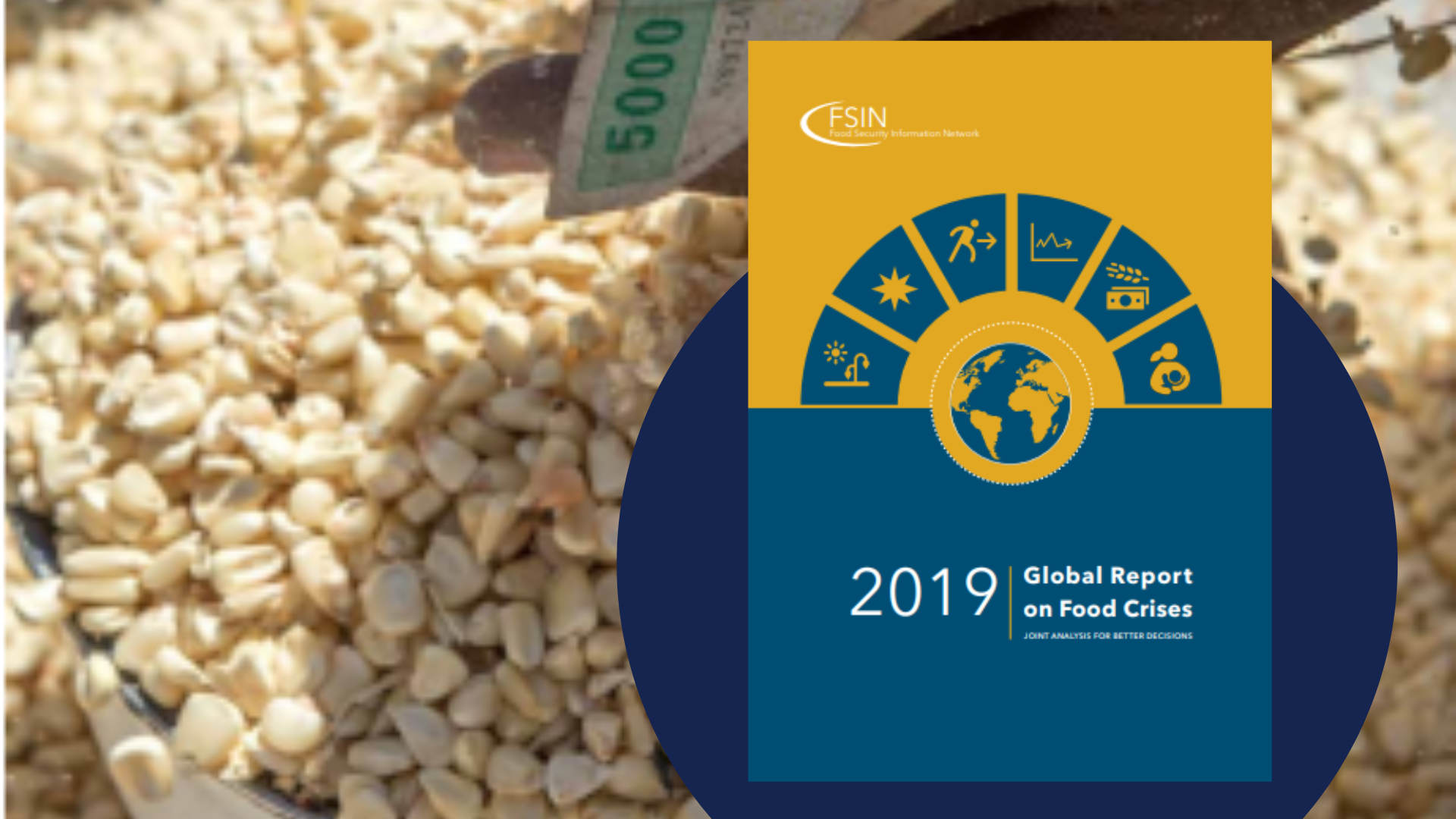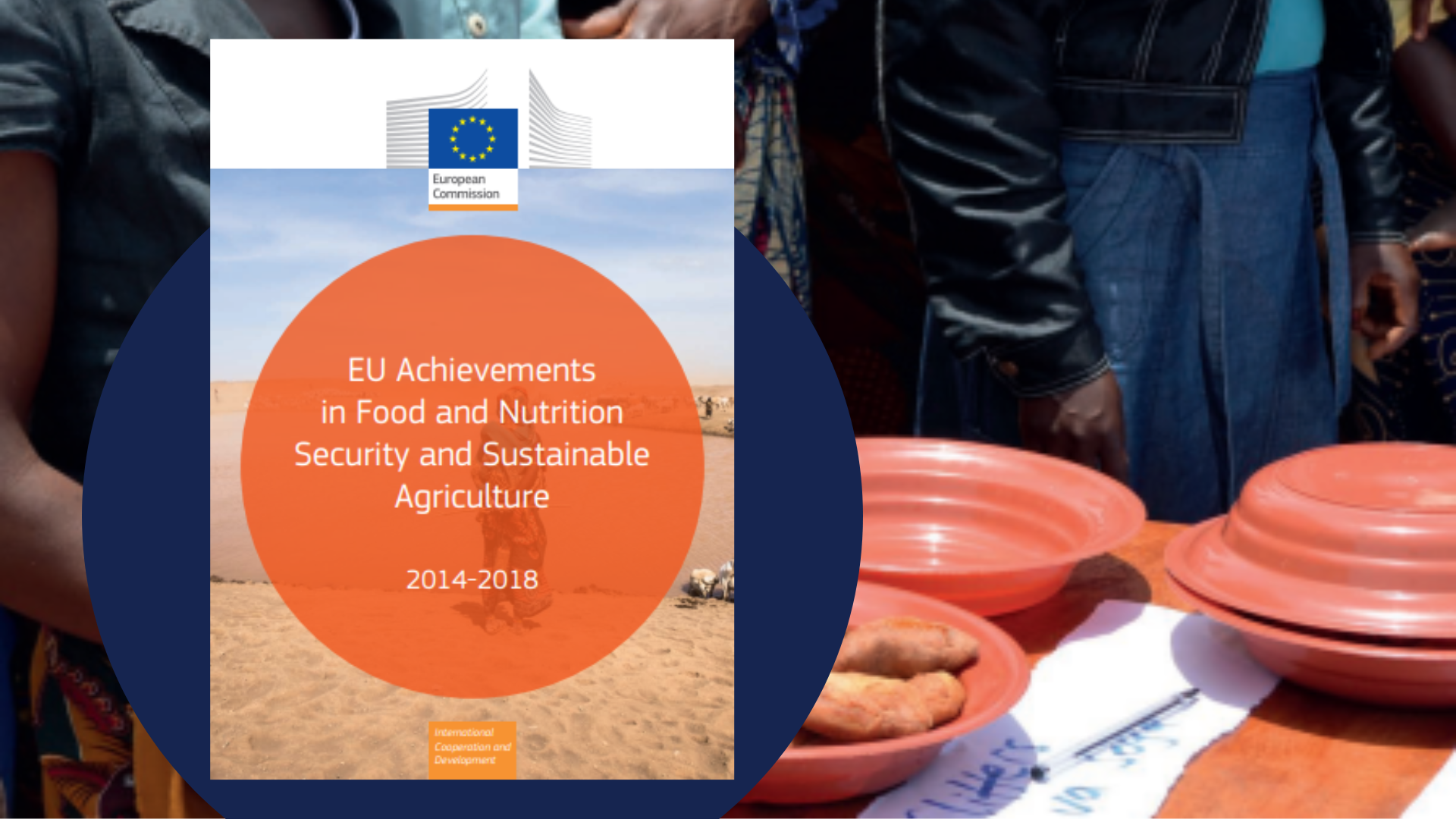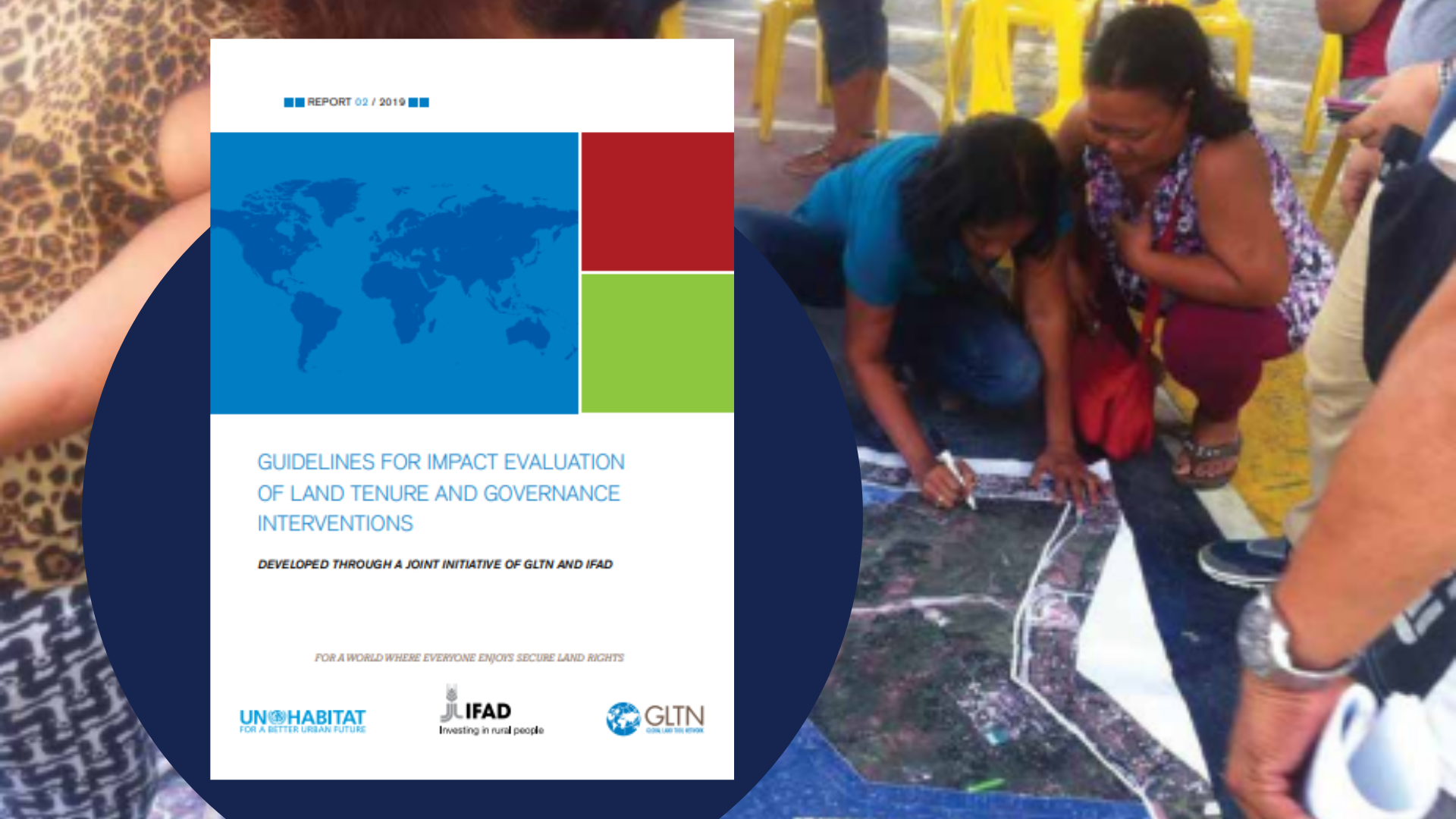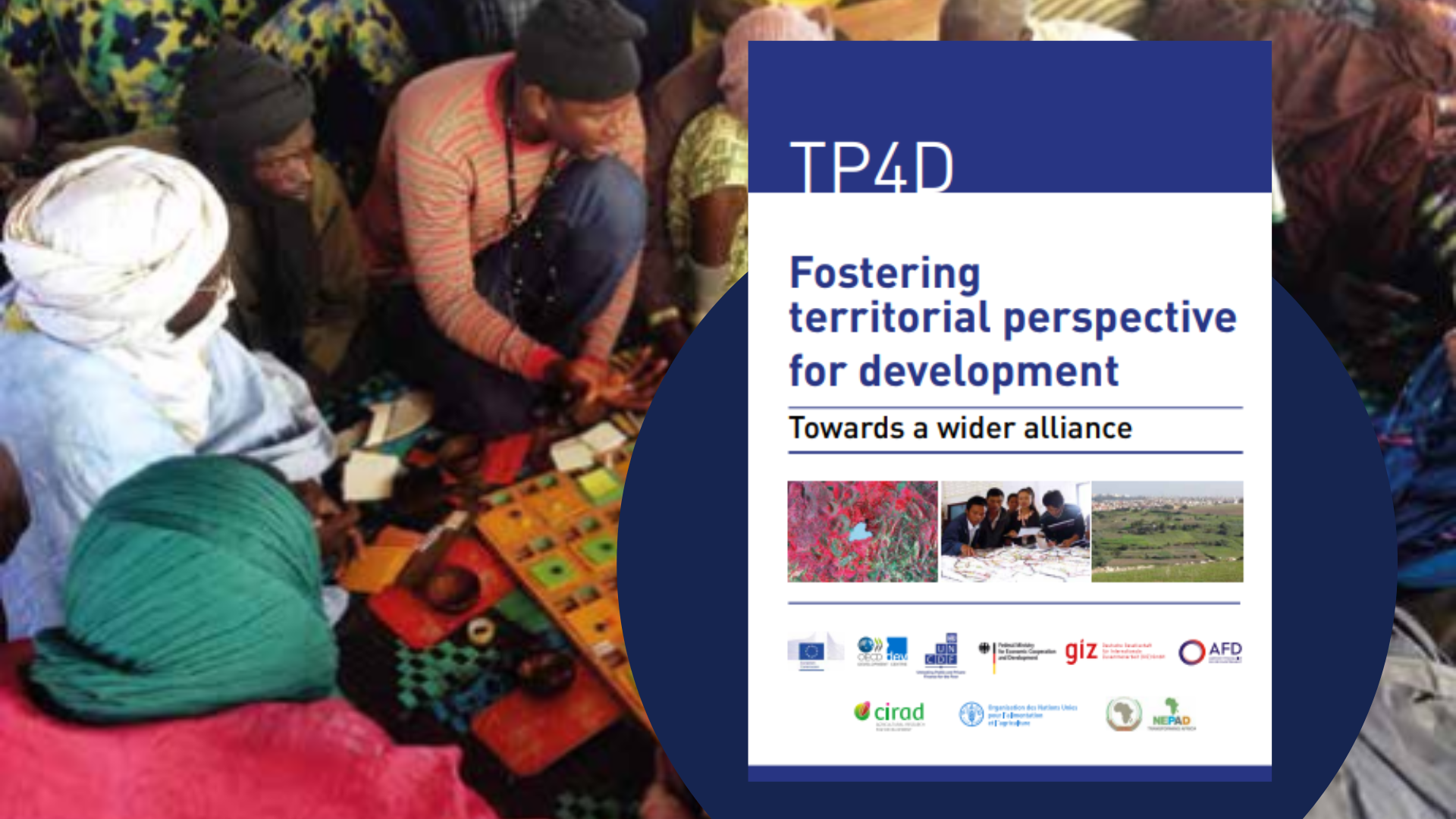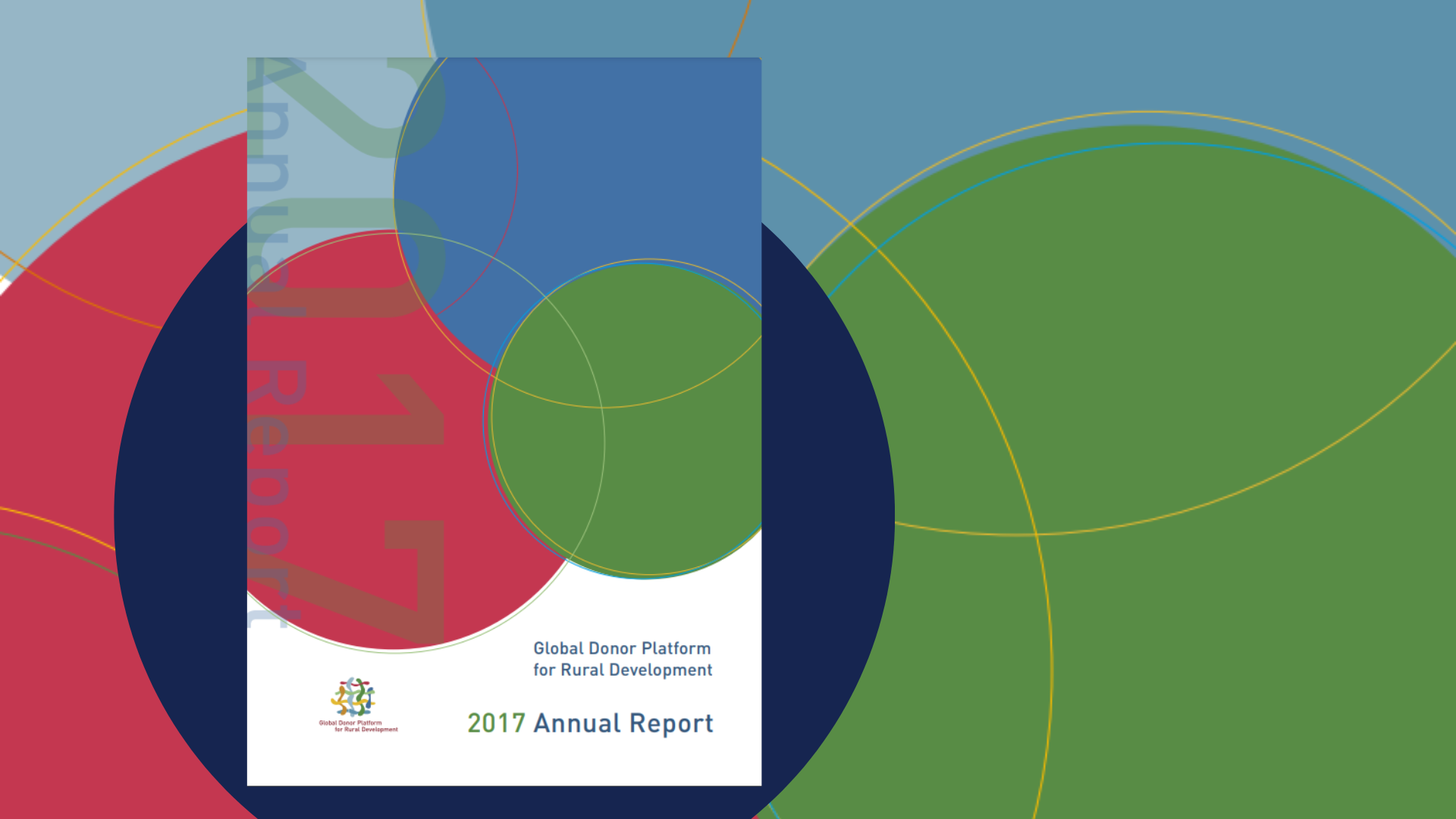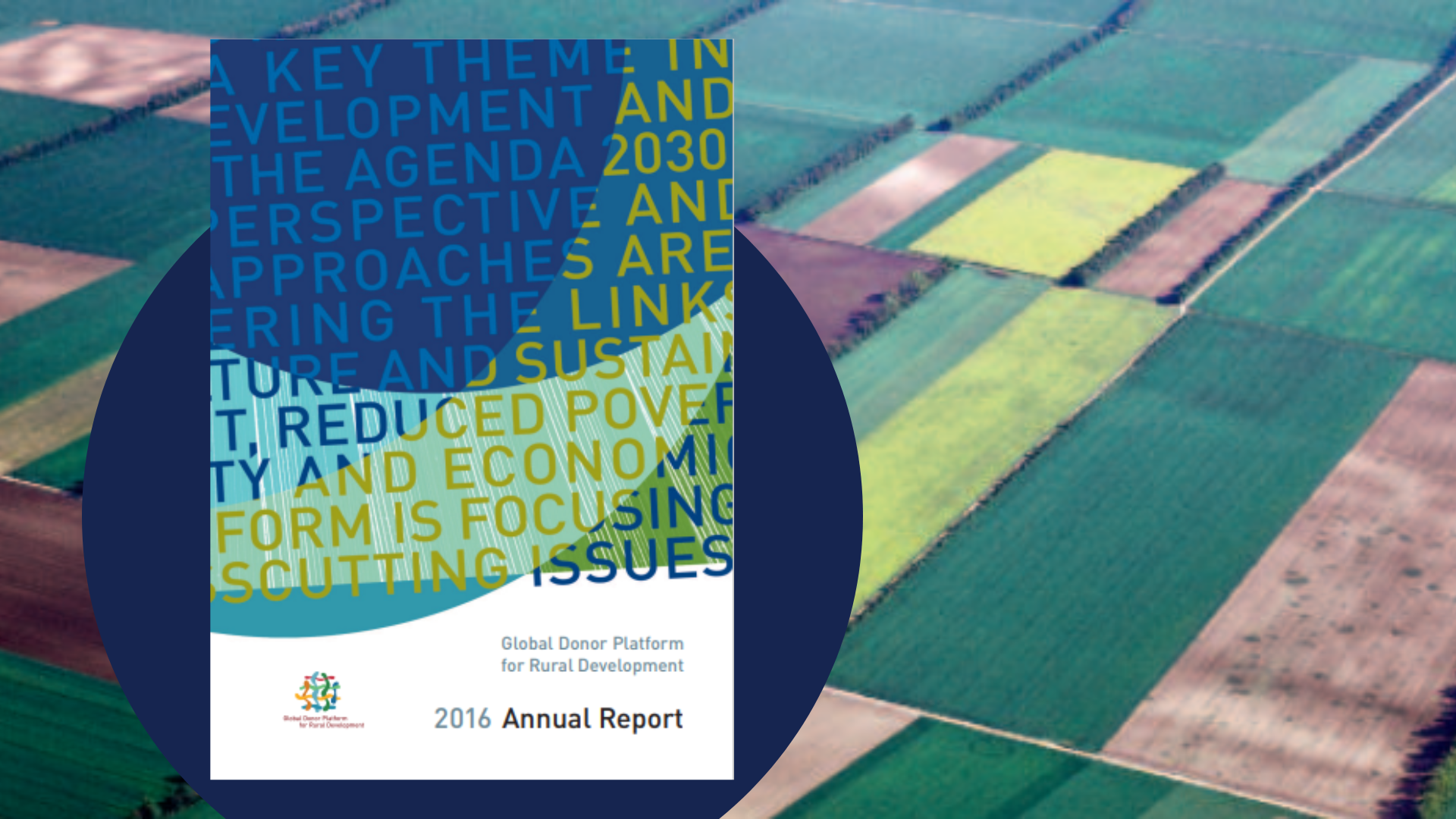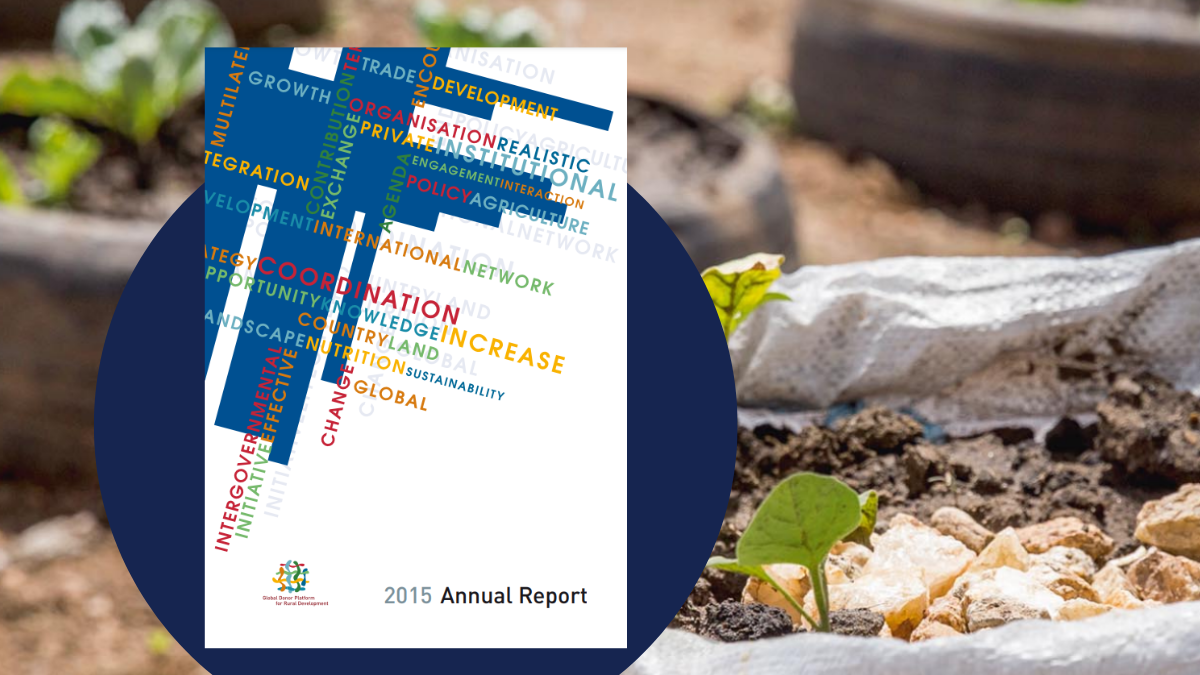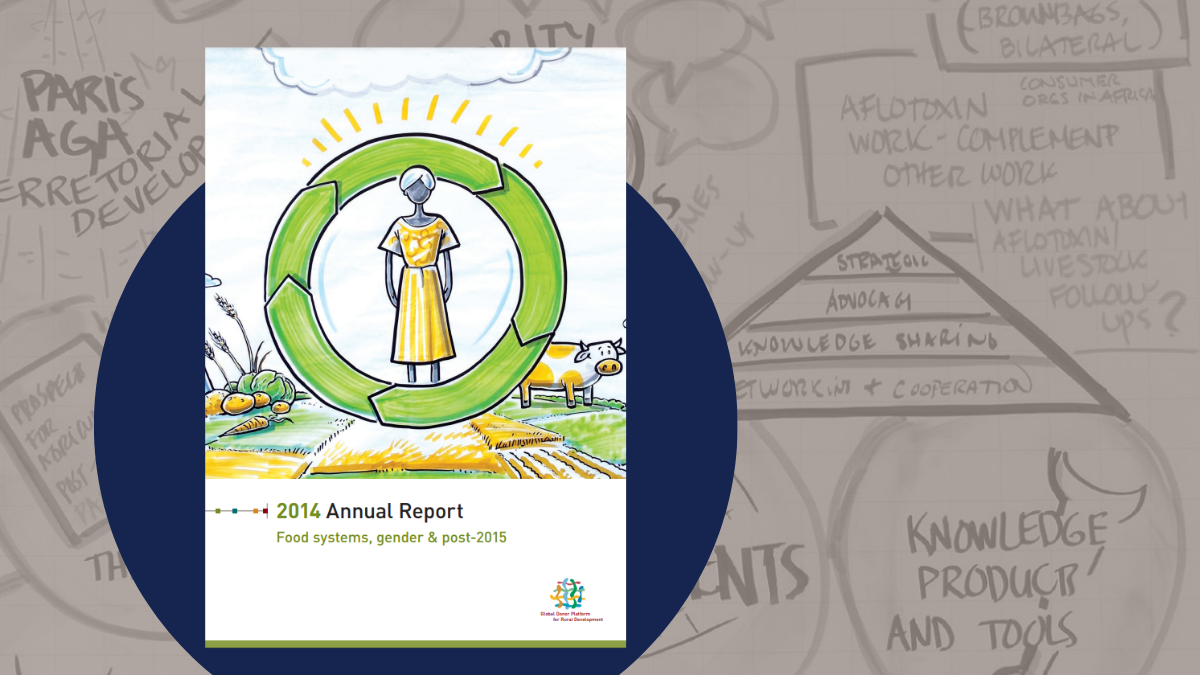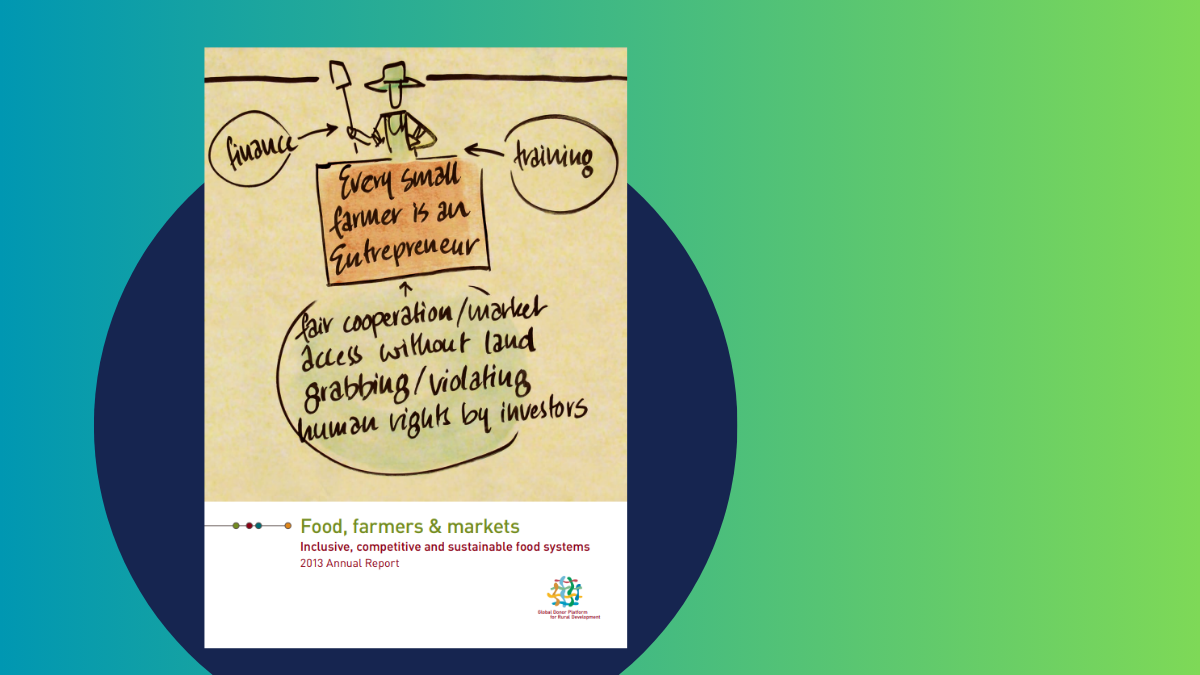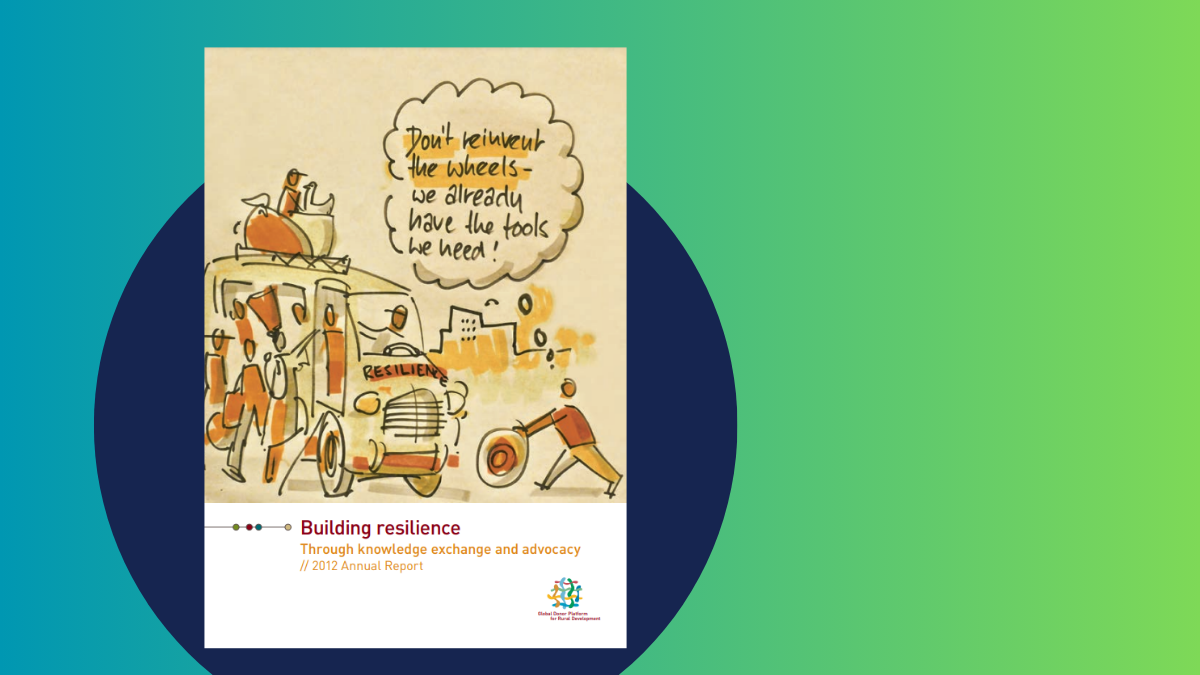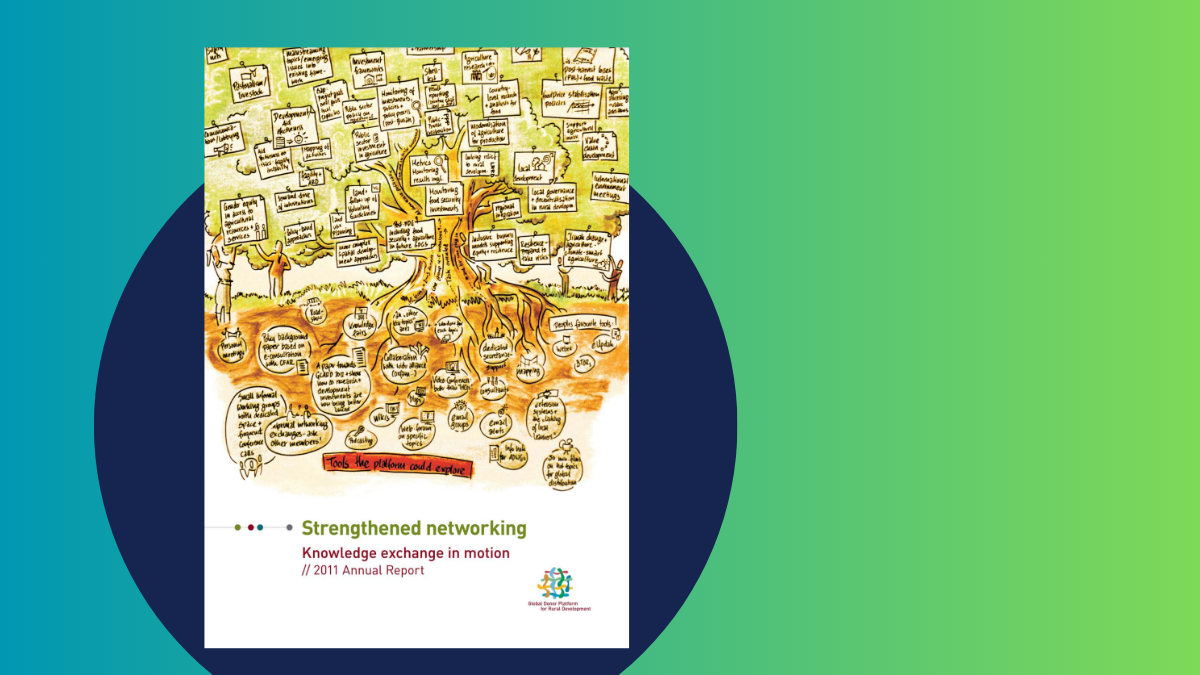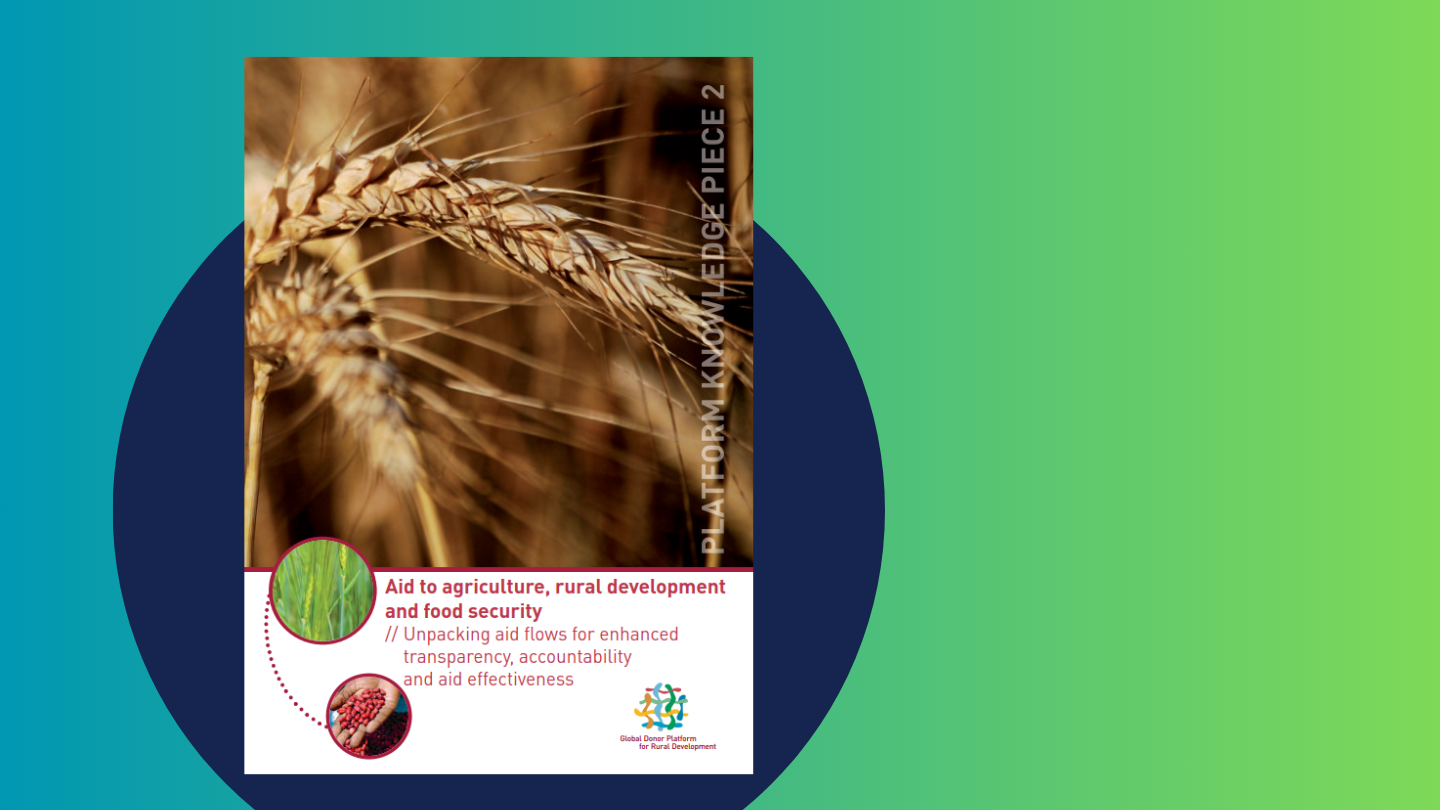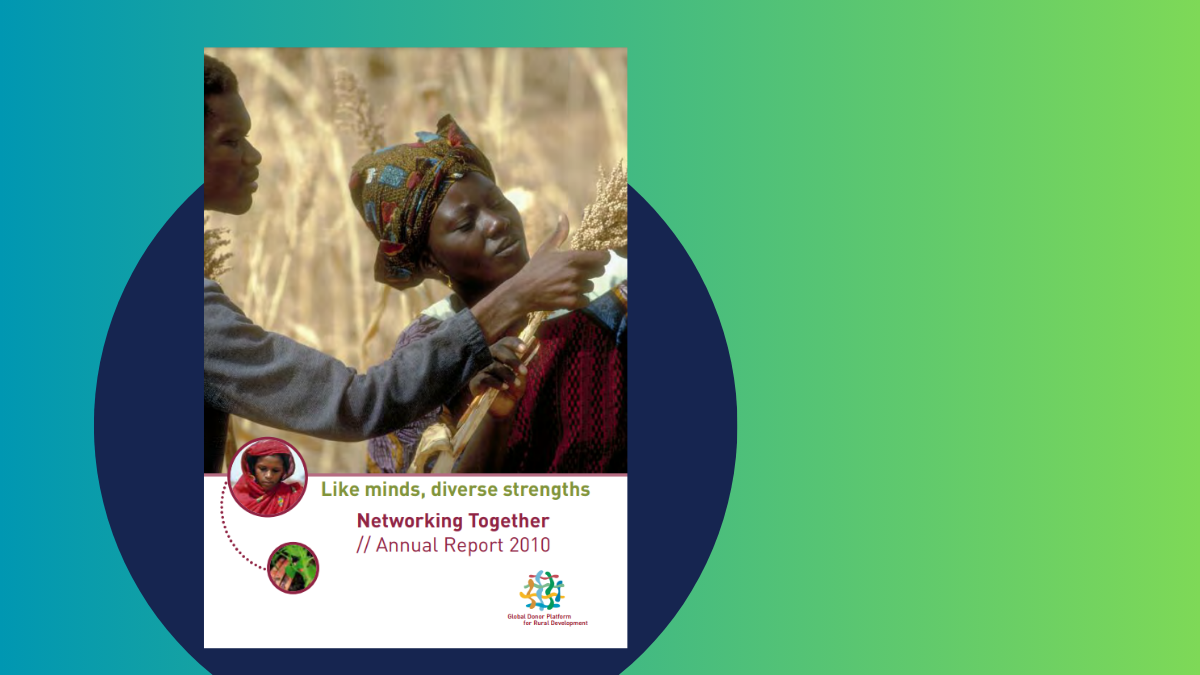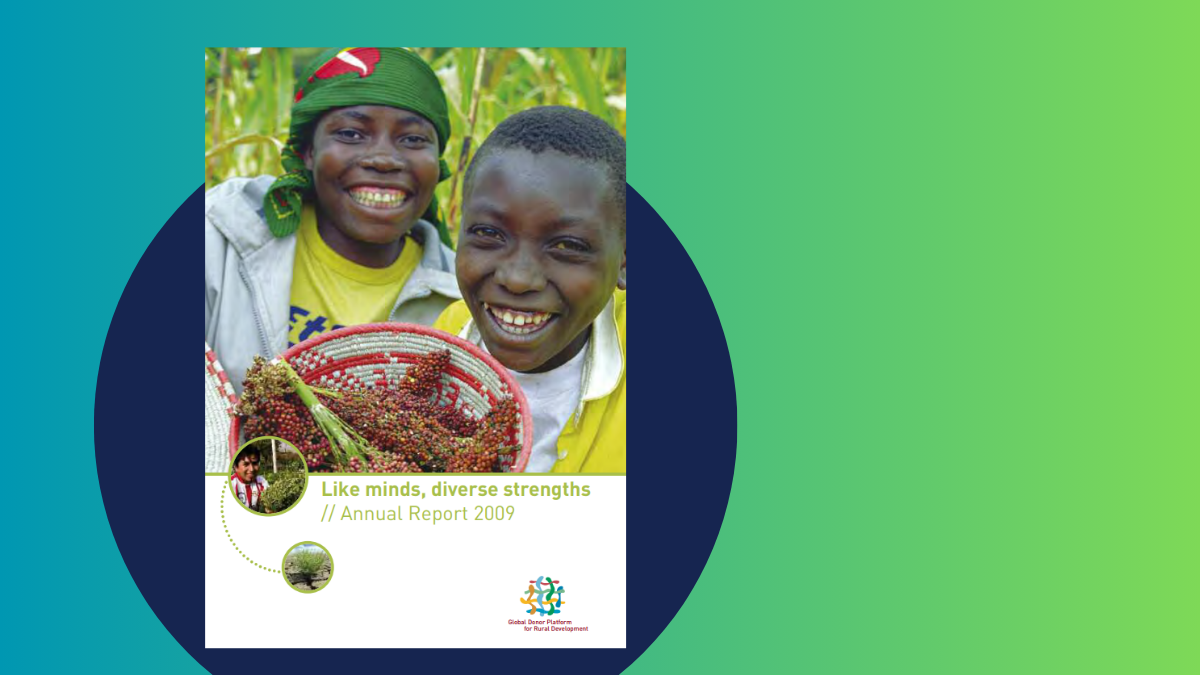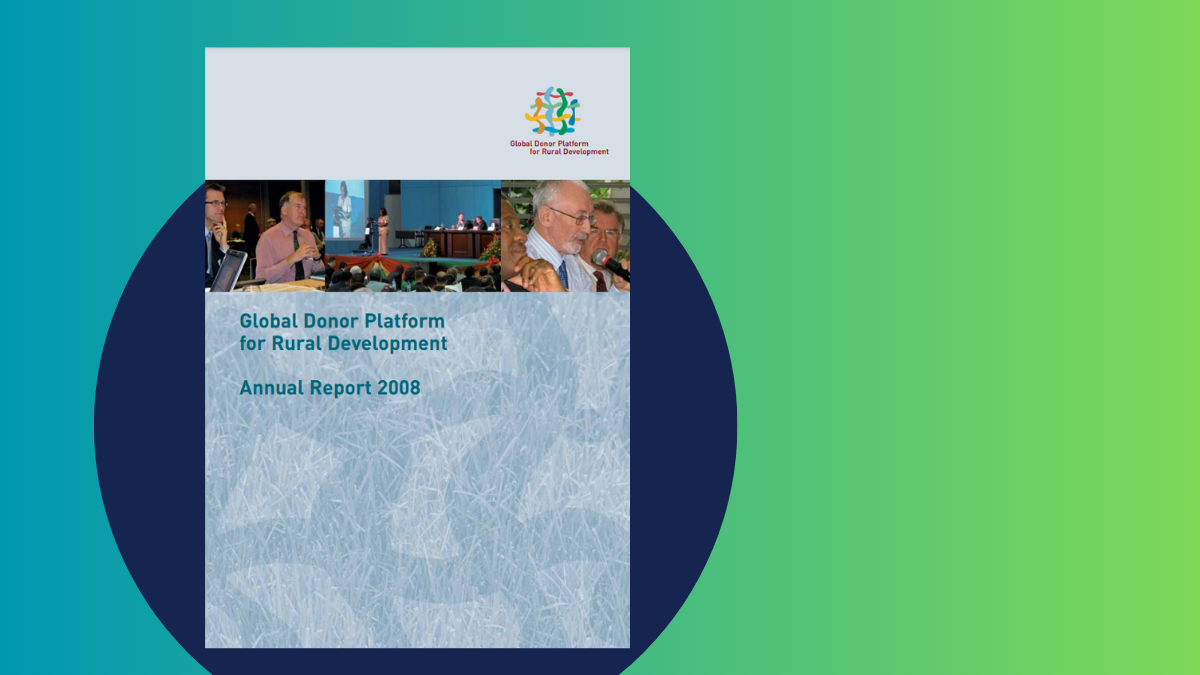A GDPRD White Paper on Donor Coordination. In April 2022, the Global Donor Platform for Rural Development released a white paper to provide global donors with options to transform our food systems, to make them more resilient and sustainable. Global donors have a critical leveraging role in catalysing food systems change and this paper attempts to provide clear directions, under seven action areas to focus their attention and efforts.
Links
The paper charts the ways in which donors can support food systems transformation, following up on the United Nations Food Systems Summit (FSS) and accelerating progress towards the SDGs and Agenda 2030.
Food systems have been increasingly affected by global factors, such as climate change in the form of extreme weather events, the COVID-19 pandemic and rising conflicts that disrupt agricultural and food value chains. Current food prices are reaching levels not seen since the food crises of 2008 and 2011 – the FAO Food Price Index just reported that prices in February 2022 were the highest ever recorded. The current conflict in Ukraine is further exacerbating the situation, as both Ukraine and Russia are major suppliers of grains in developing countries, meaning that these already food insecure areas will be further compromised. The global community must therefore combat this increasing food insecurity in the Global South, alongside the conflict and associated massive refugee influx from Ukraine.
In this context of escalating crises, it is even more crucial to acknowledge the importance of long-term development and investments to build stronger resilience in global food systems.
Much work has been dedicated to understanding what needs to be done to our food systems and why we need a transformation. This white paper explores how to transform food systems through the lens of donors. There are three overarching implications for how donors should work highlighted in the paper:
The white paper offers a menu of seven action areas for donors:
- Strengthen coordination among donors and other actors to support national pathways for food systems transformation;
- Mobilize responsible investment in food systems from the public and private sectors;
- Promote engagement of private sector actors and value chain innovation for sustainable development;
- Support policy innovation;
- Invest in research and data systems;
- Strengthen governance for food systems transformation; and
- Strengthen universal social protection mechanisms, disaster preparedness and emergency relief programmes.
There is a clear need for resources to tackle the crises of today. However, these crises also underline the need for strengthening of the value chain resilience in our food systems, which will require a long-term transformation.
Share
The white paper charts directions for how donors can support food systems transformation to follow up on the UNFSS and accelerate progress towards the Sustainable Development Goals (SDGs).
Chapter 1. Introduction: From Ambition to Action
Donors need to move from understanding what and why we need a food systems transformation to how it is done, by coordinating and aligning, tackling structural barriers and applying a systems approach to their investments and initiatives.
Chapter 2. Outcomes of the United Nations Food Systems Summit
There is widespread acknowledgement that the Summit was successful in putting food systems on the international agenda, engaging numerous interest groups and having heads of state articulate the need to transform food systems to achieve the SDGs.
Chapter 3. Towards a Framework for Food Systems Transformation
This section offers a framework for thinking about change, structured around the why, what and how of food systems transformation. An important role for donors can be to support the “theory of change thinking” needed to develop technically and politically feasible transformation pathways.
Chapter 4. Catalysing Change: Areas for Action by Donors
Outlining the seven areas for action by donors to support food systems transformation, this section focuses on the catalysing role that donors can play by supporting national pathways, policy innovation, research and data production and promoting private sector engagement, while also ensuring social protection and disaster preparedness.
Chapter 5. Follow-up Implications, Opportunities and Priorities for the GDPRD
Within the context of the GDPRD’s overall strategic plan, the Platform can support donors by ensuring liaison on the follow-up to the FSS, undertaking focused cross-donor research, analysis and convening on priority themes and creating a space for knowledge-sharing and brokering.
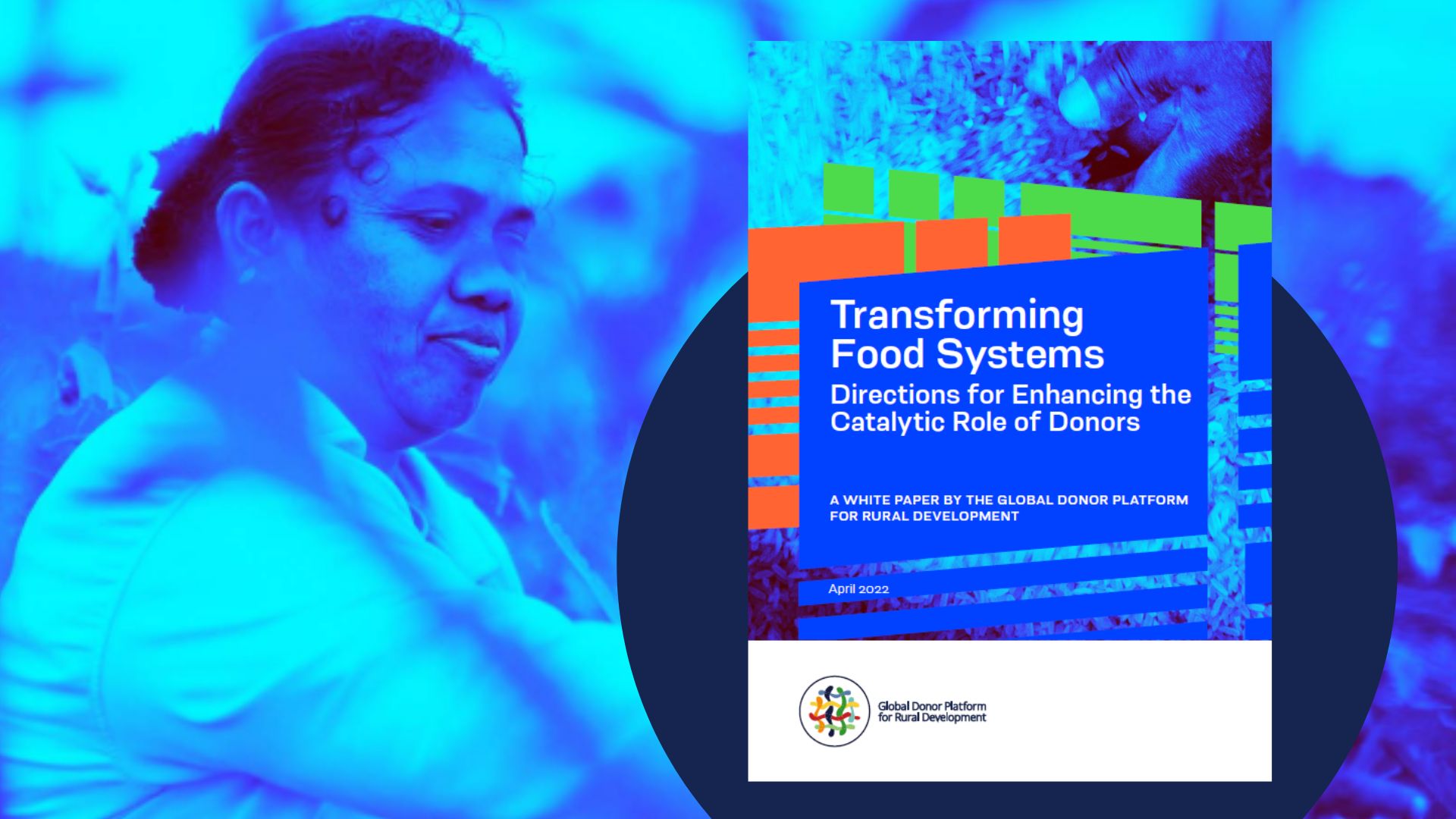
Publication date: April 2022
More Publications



